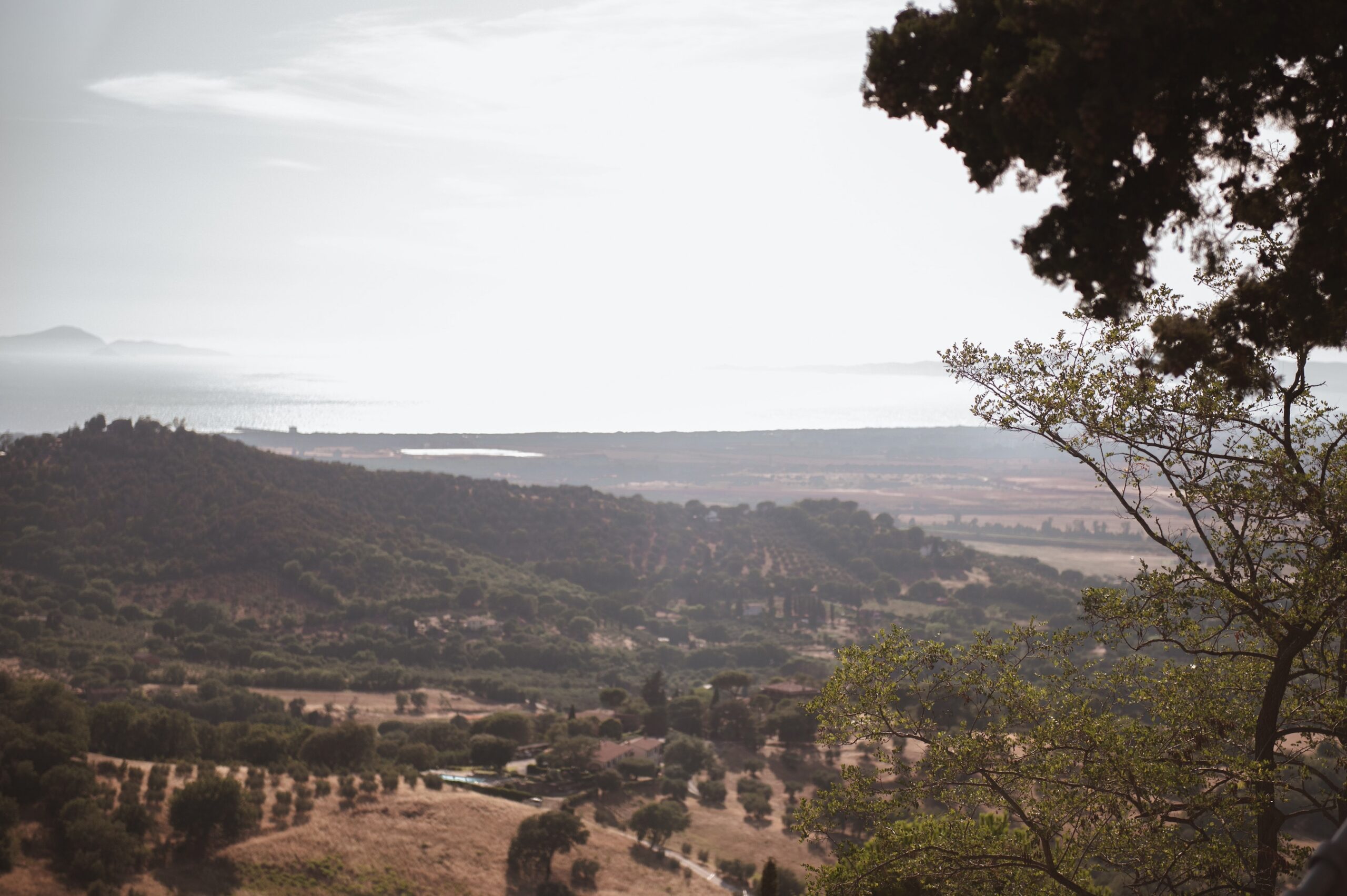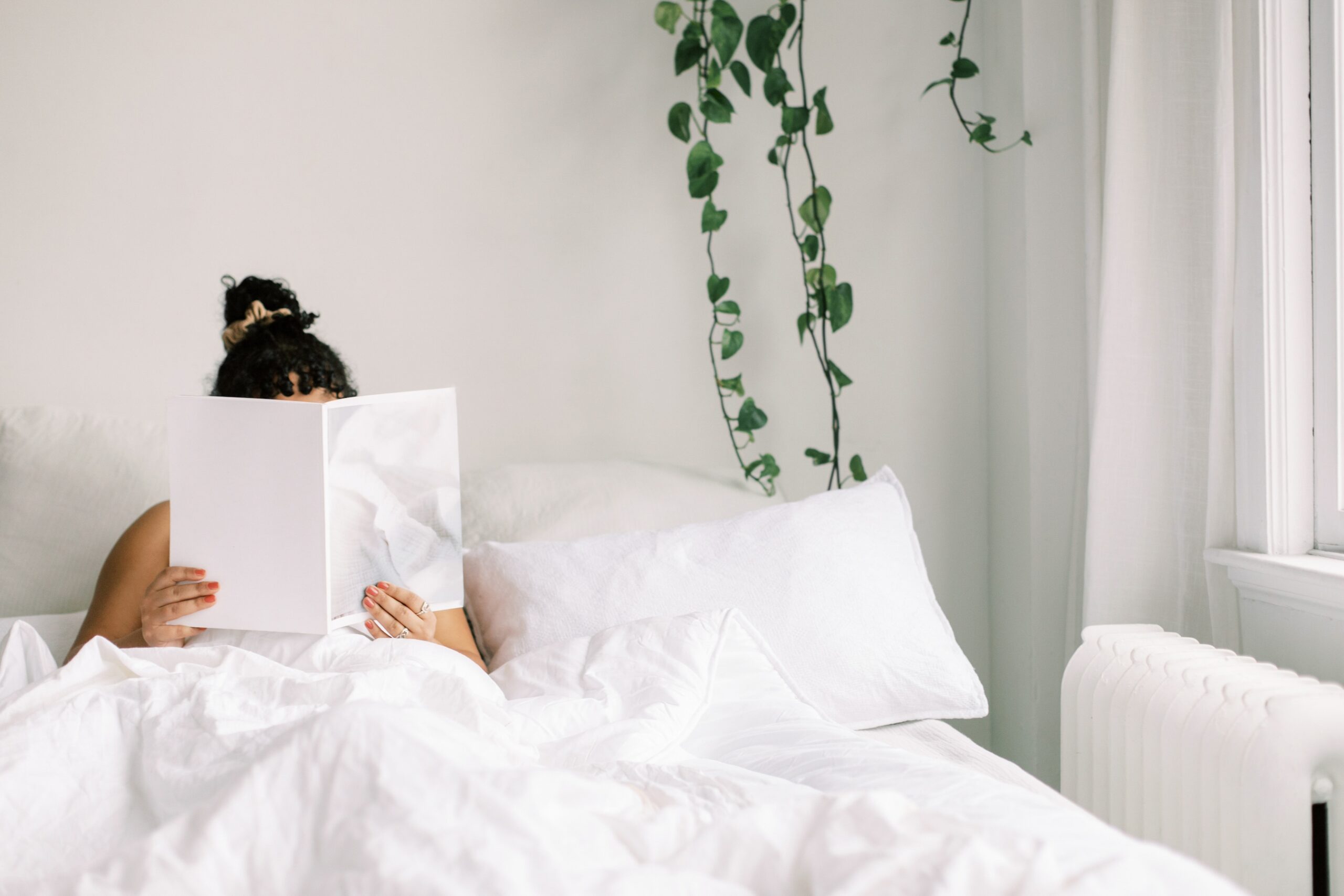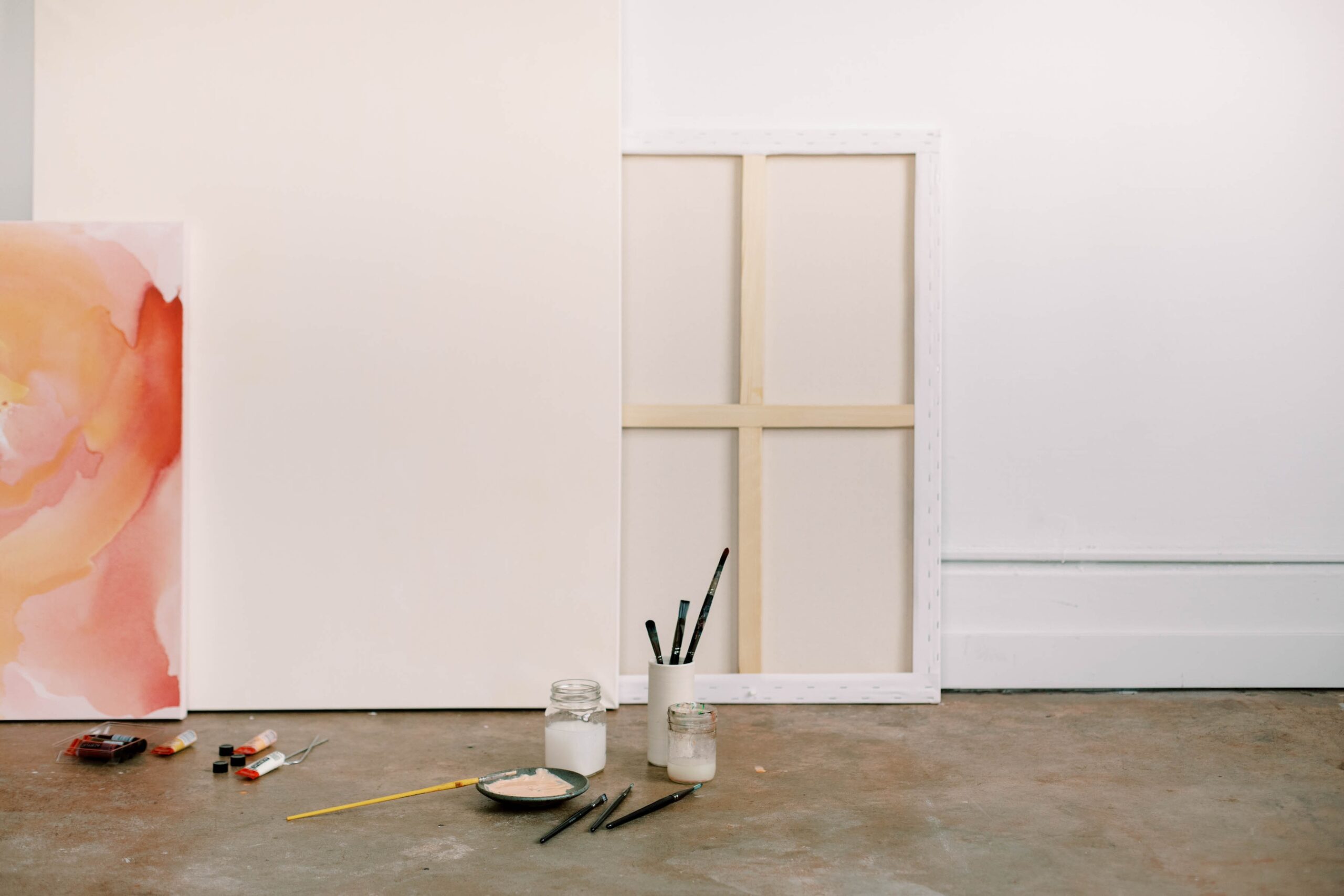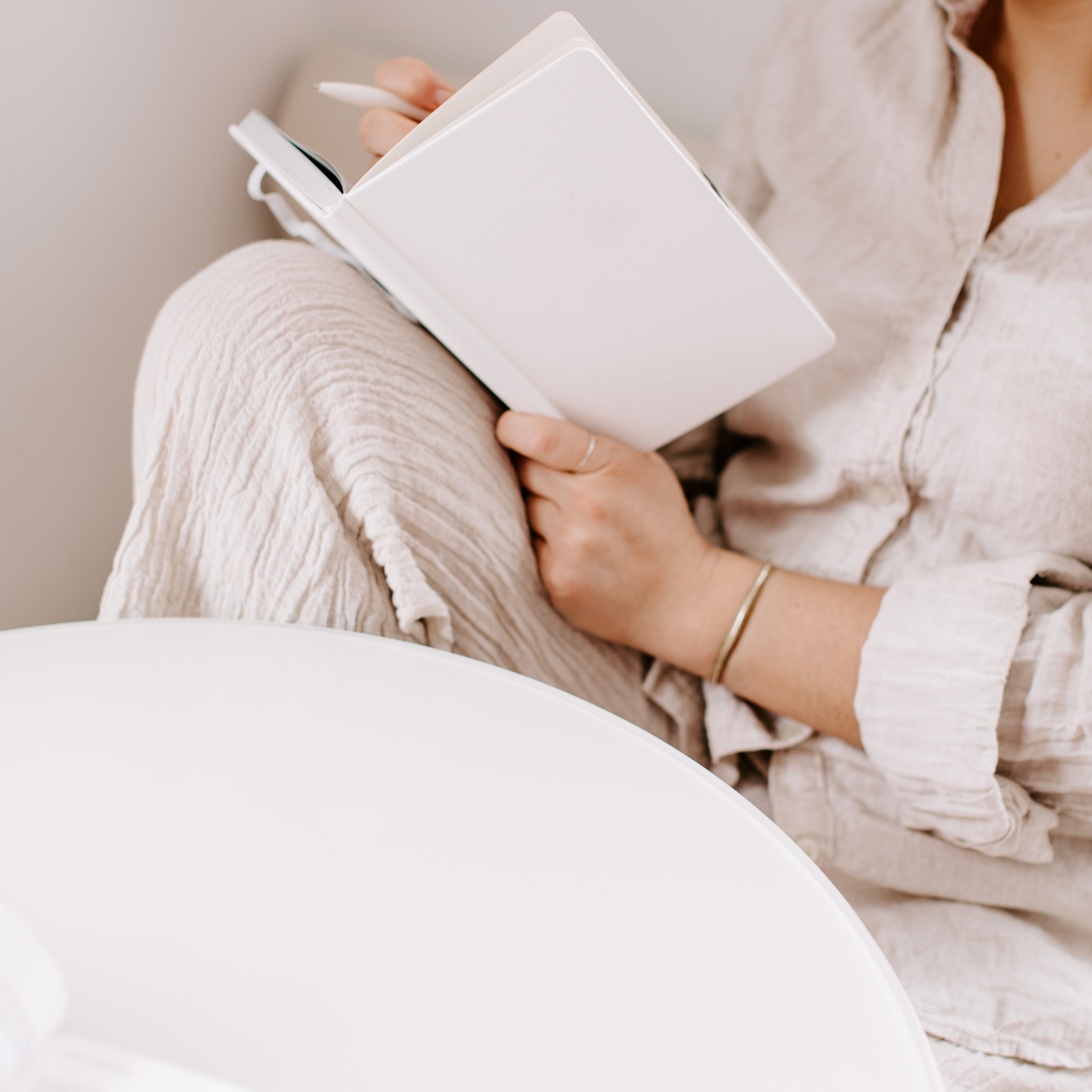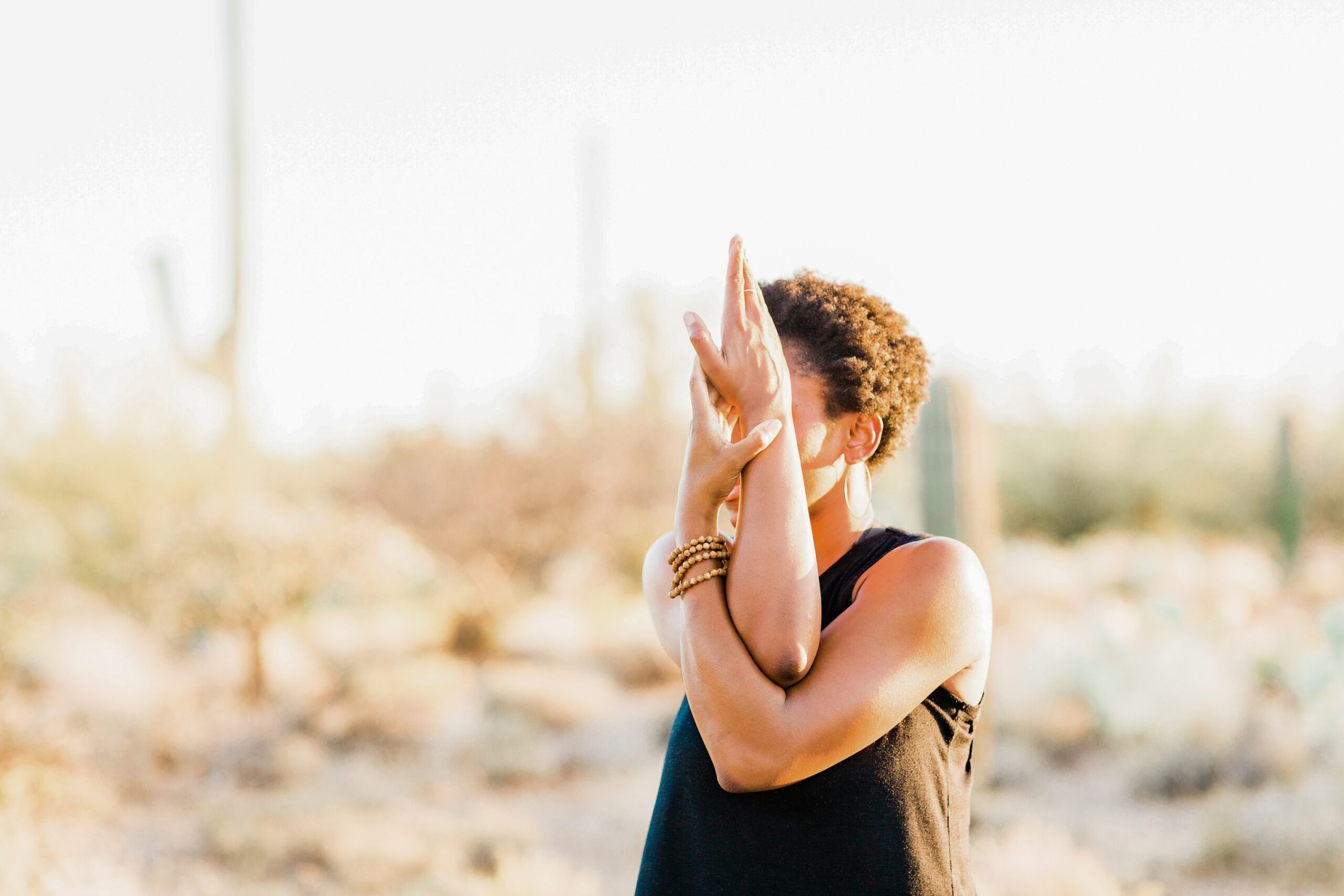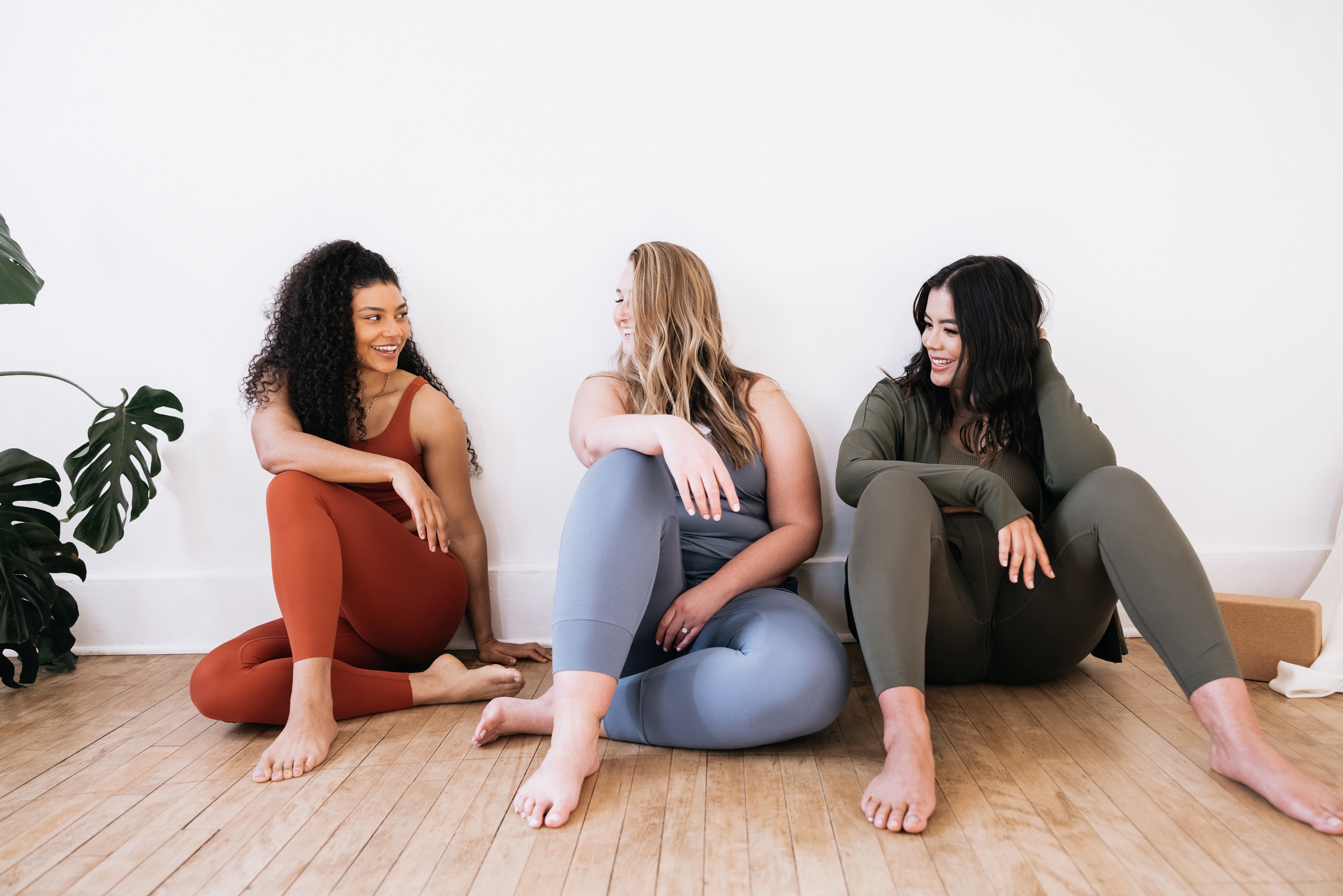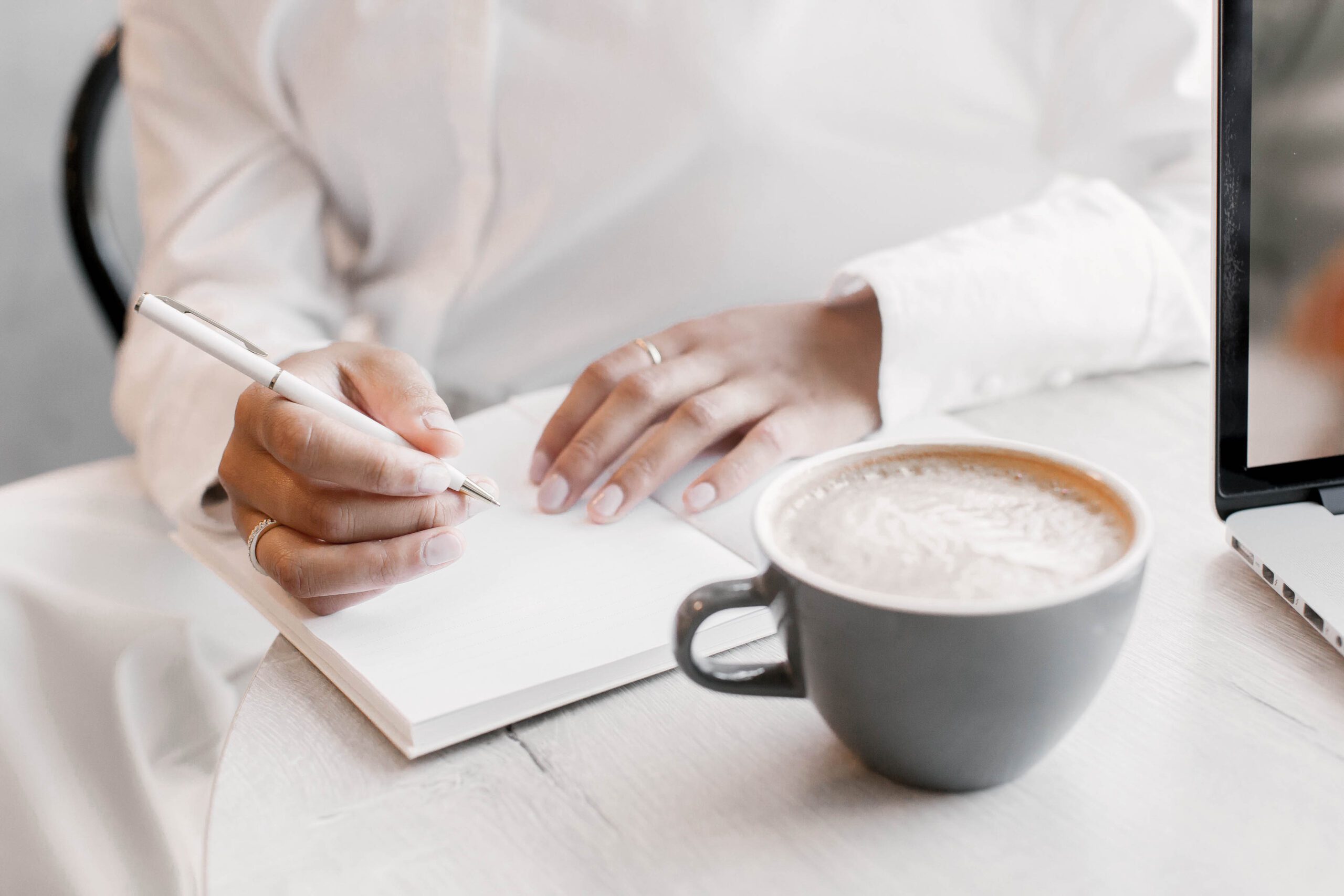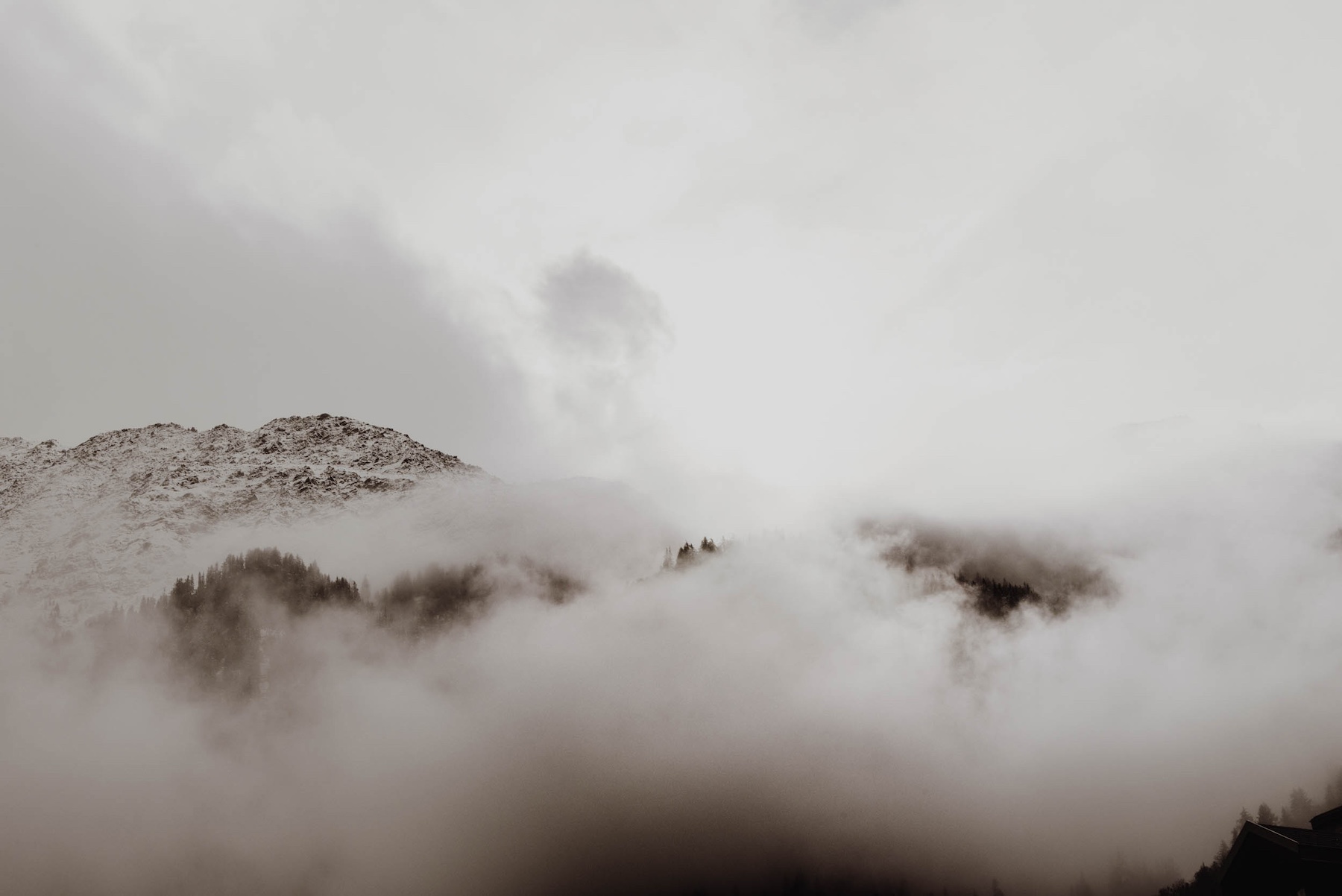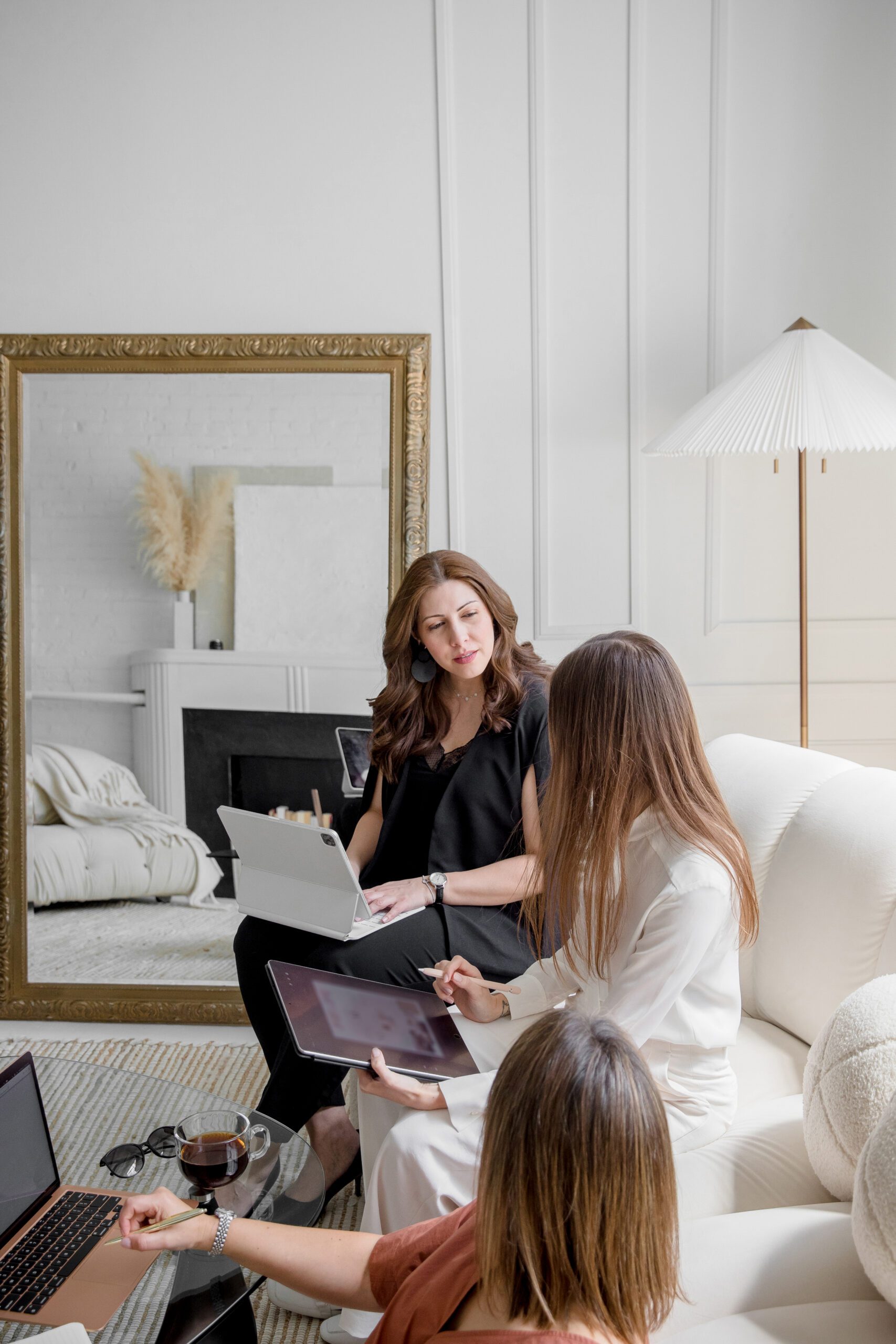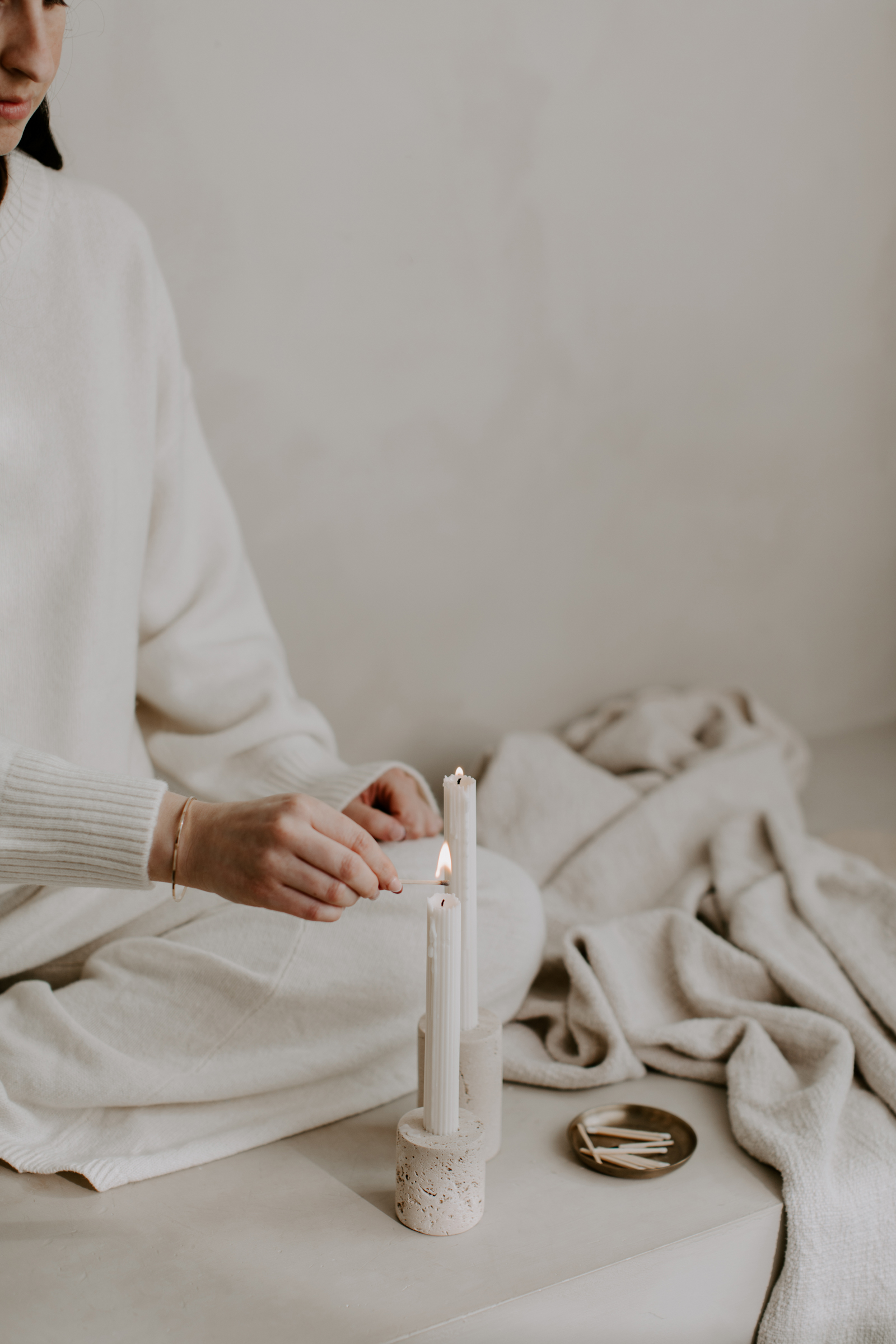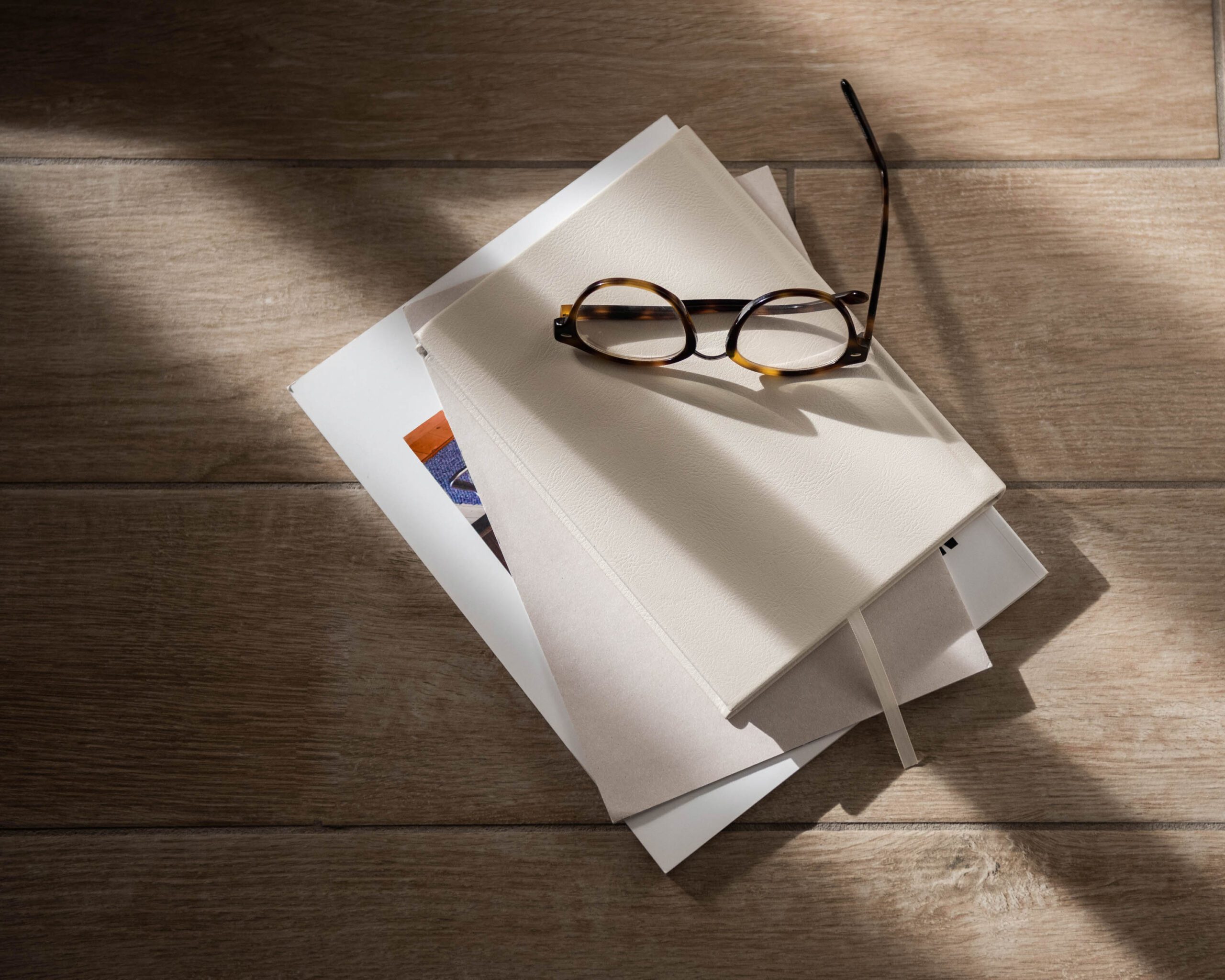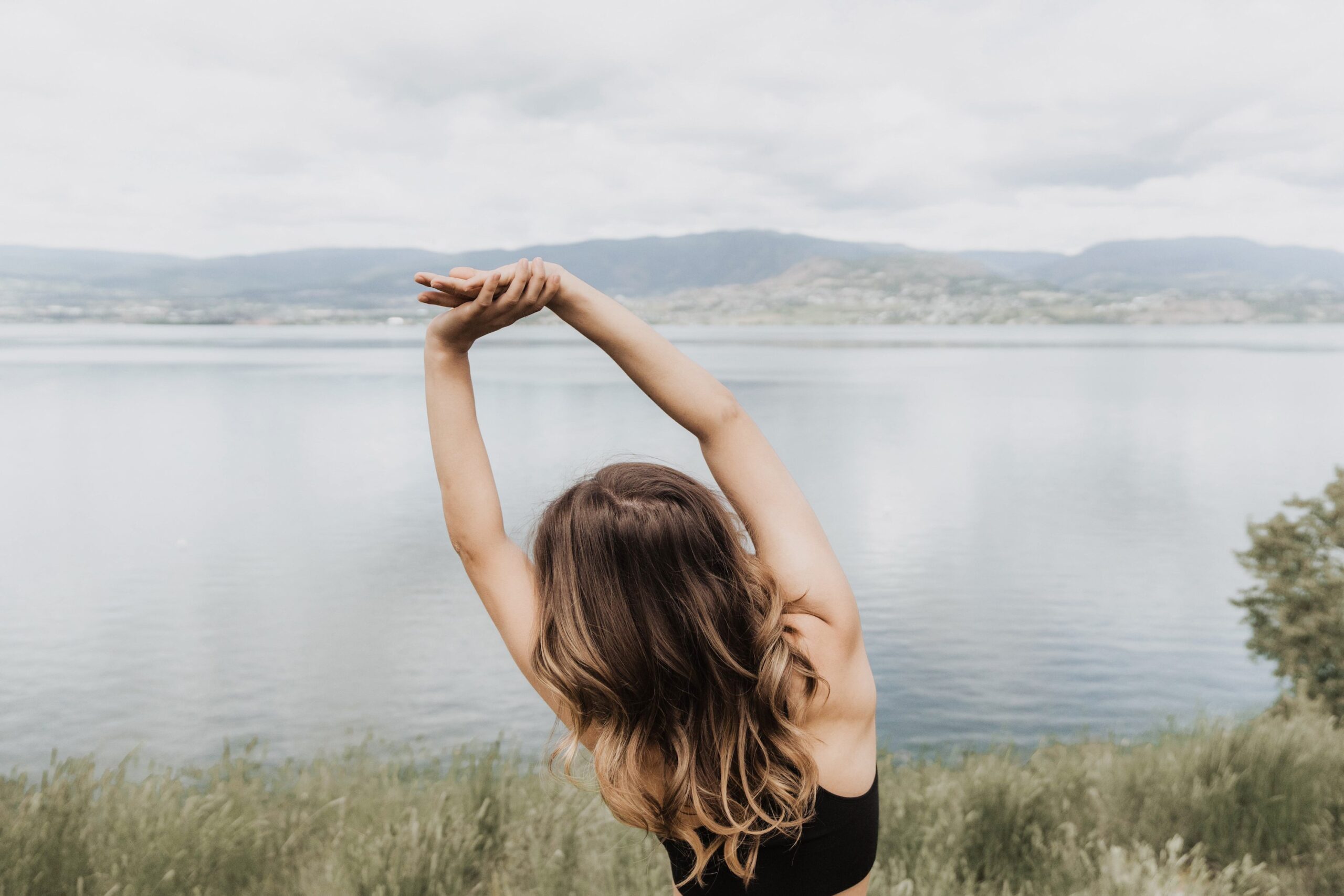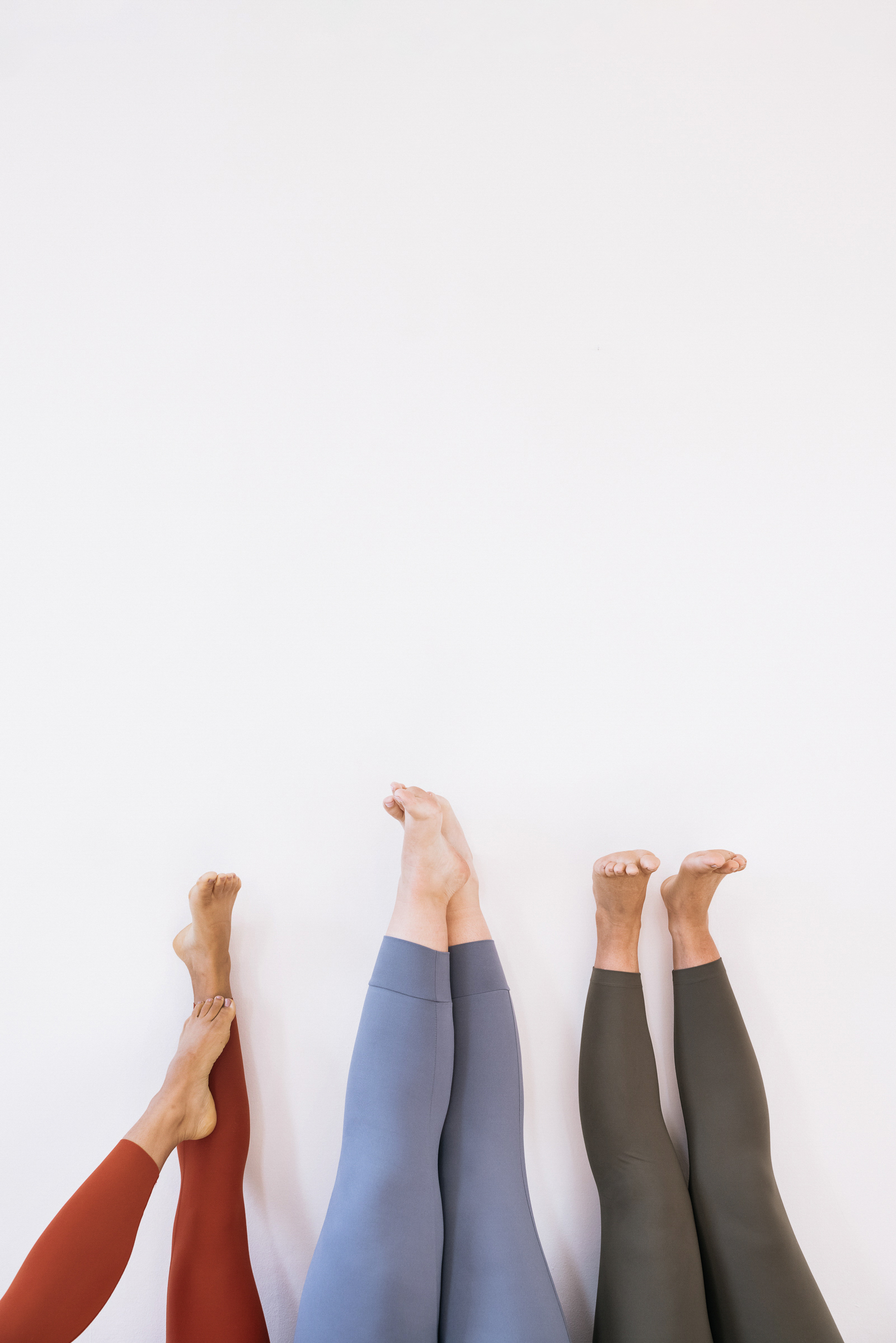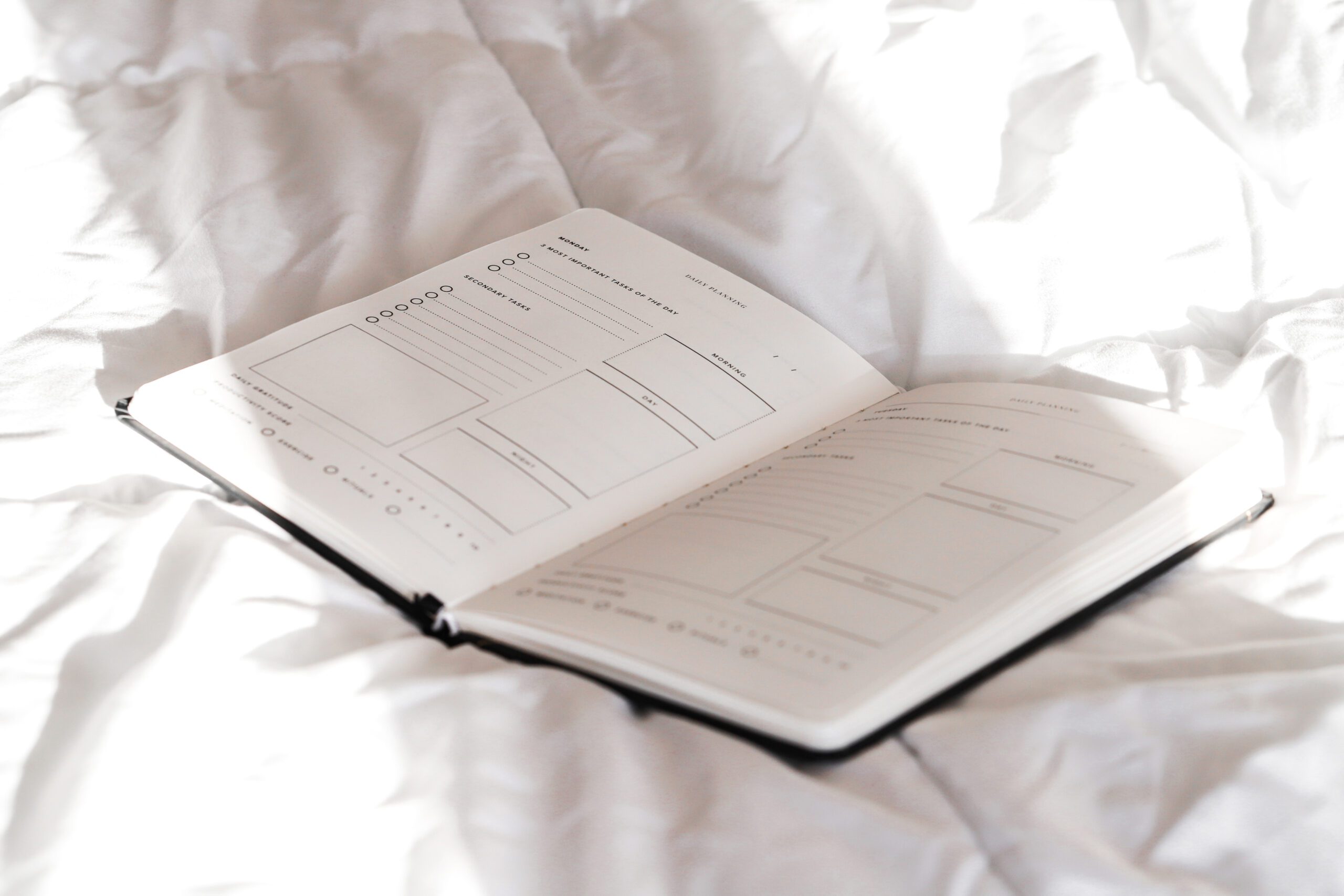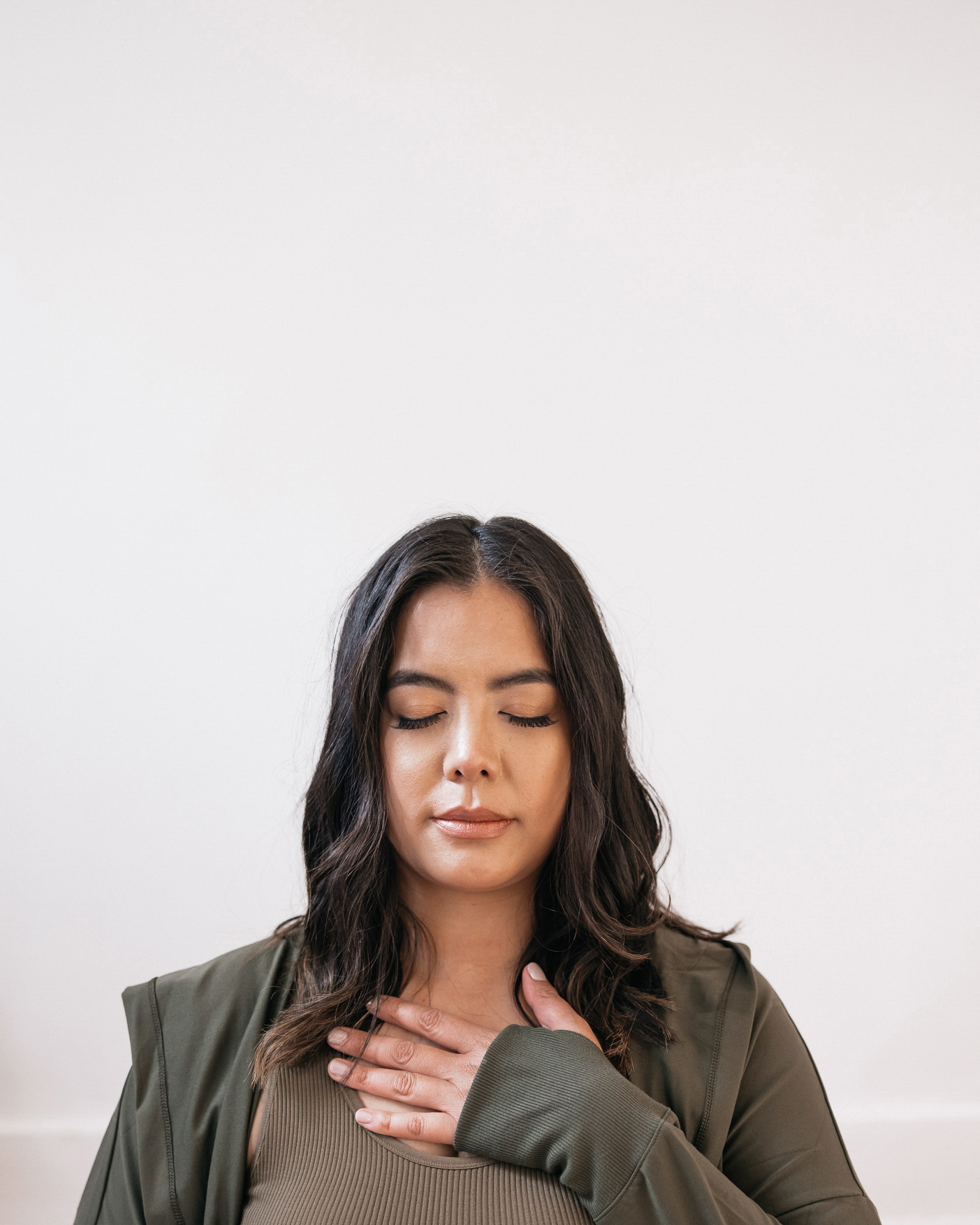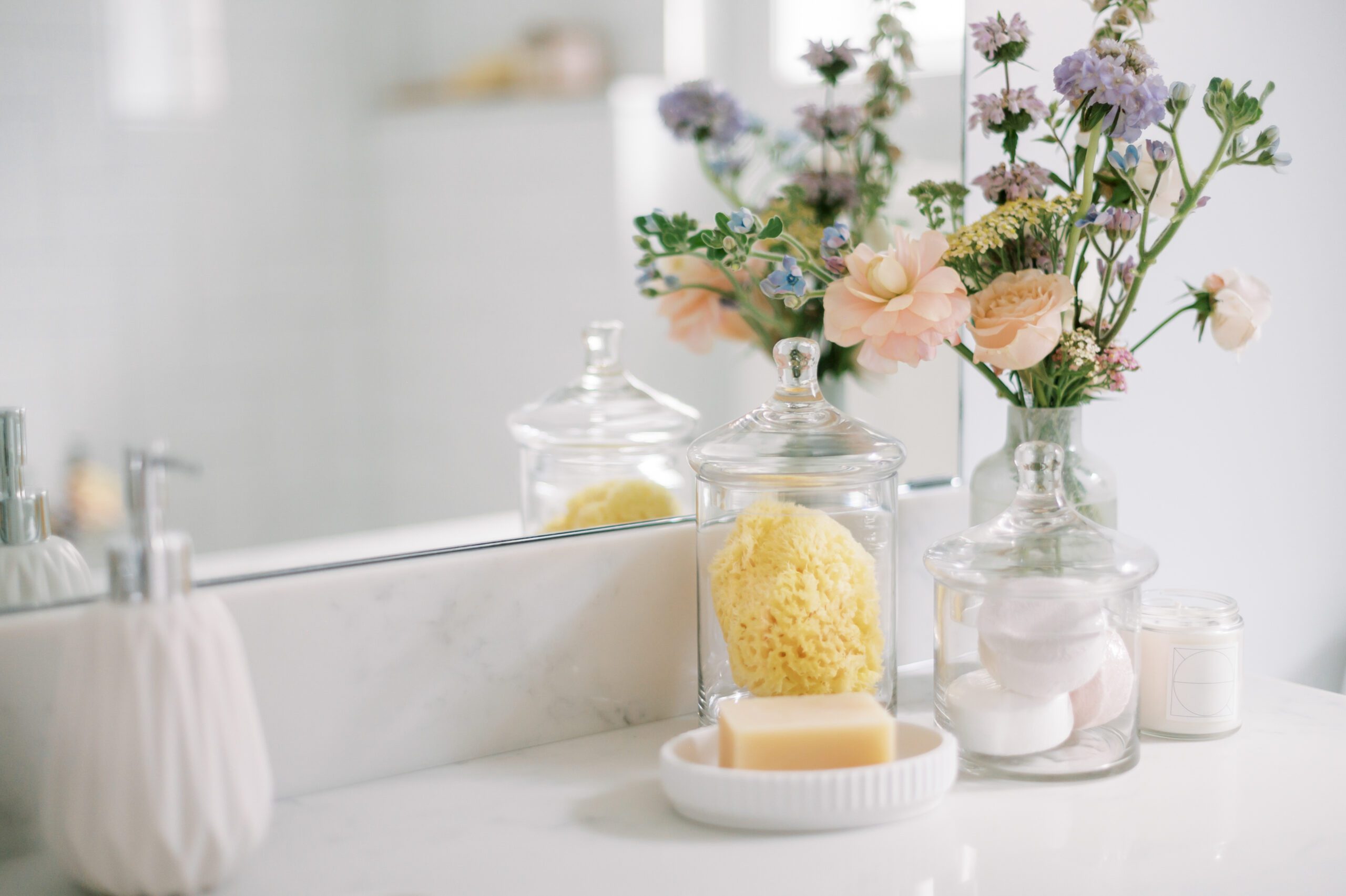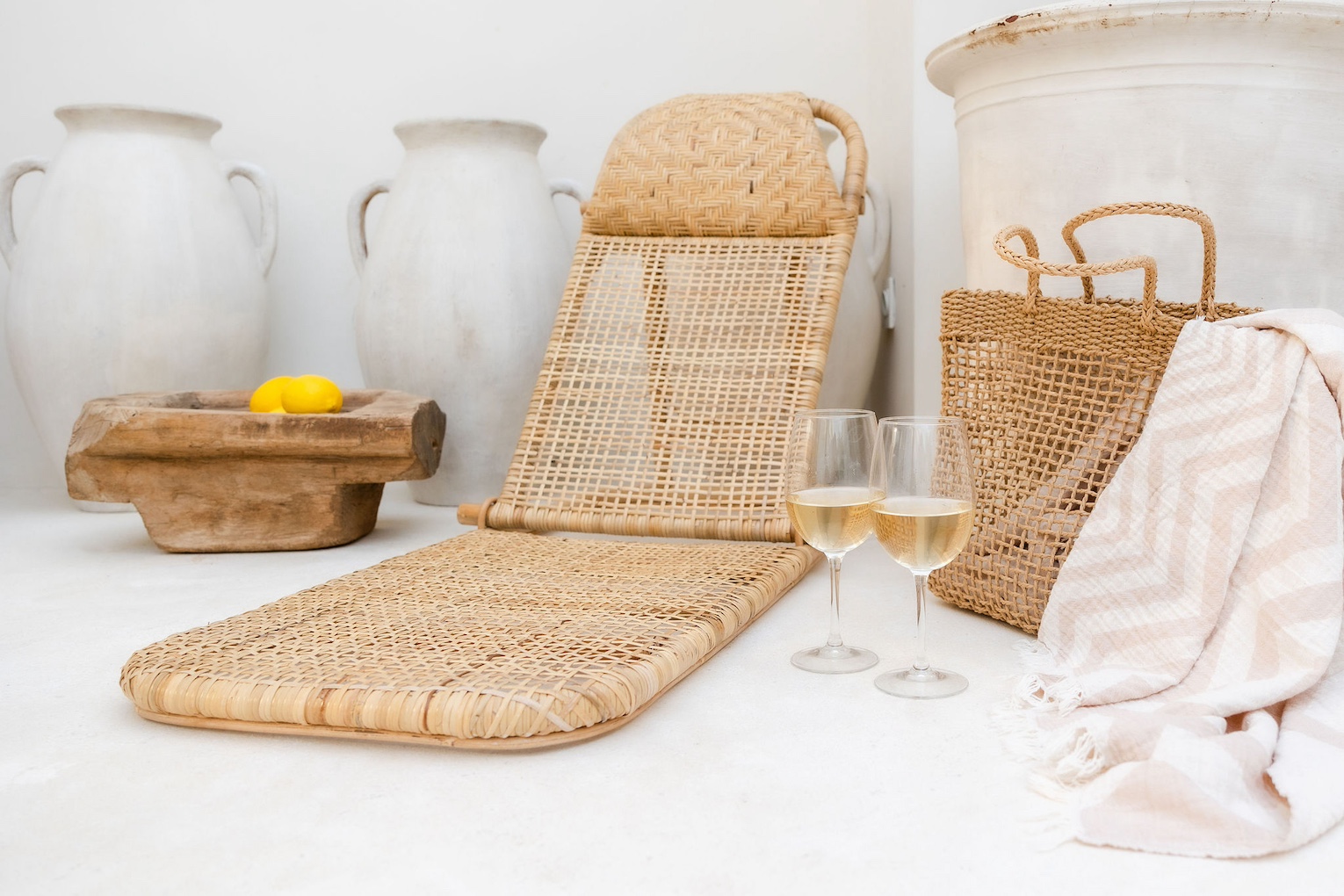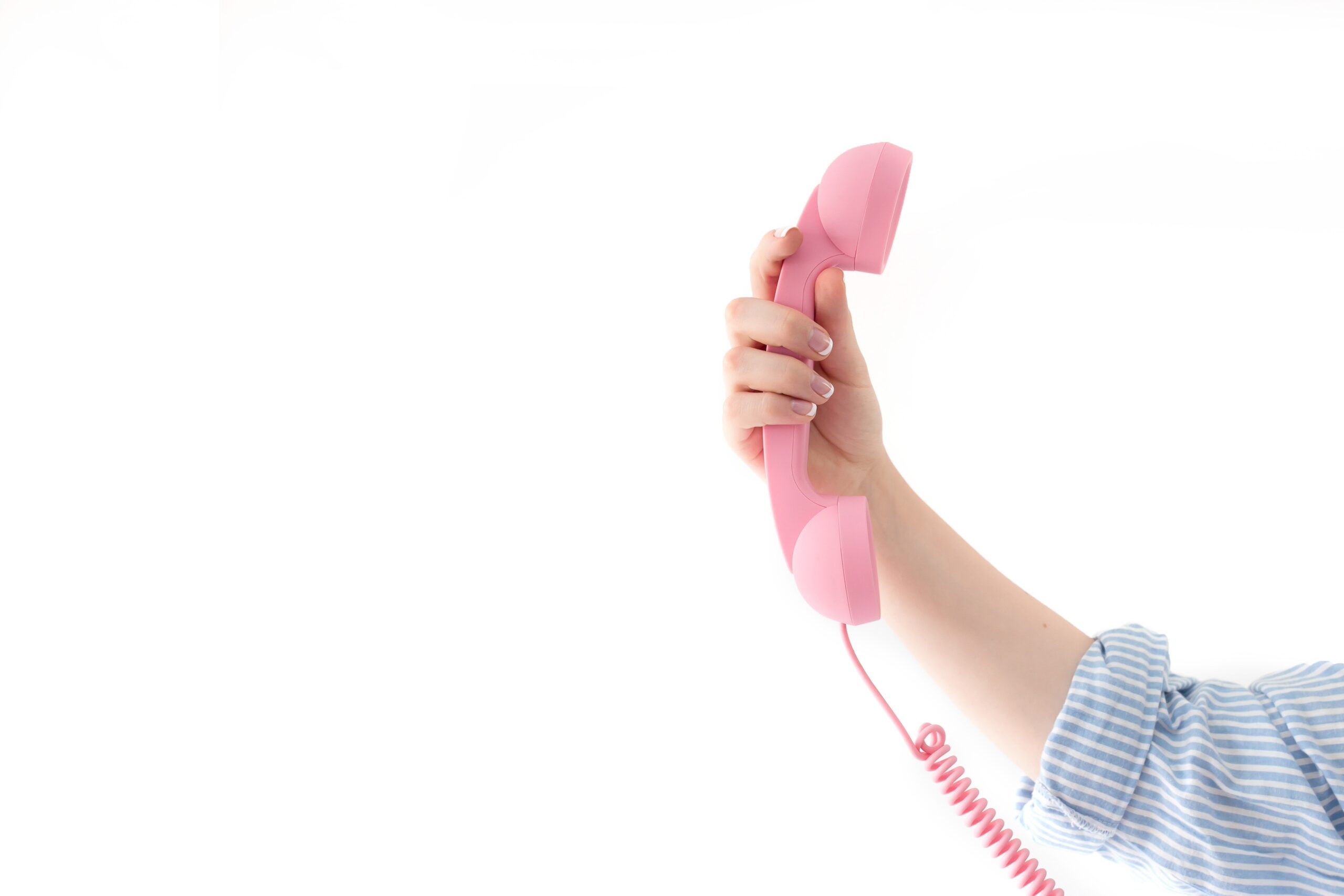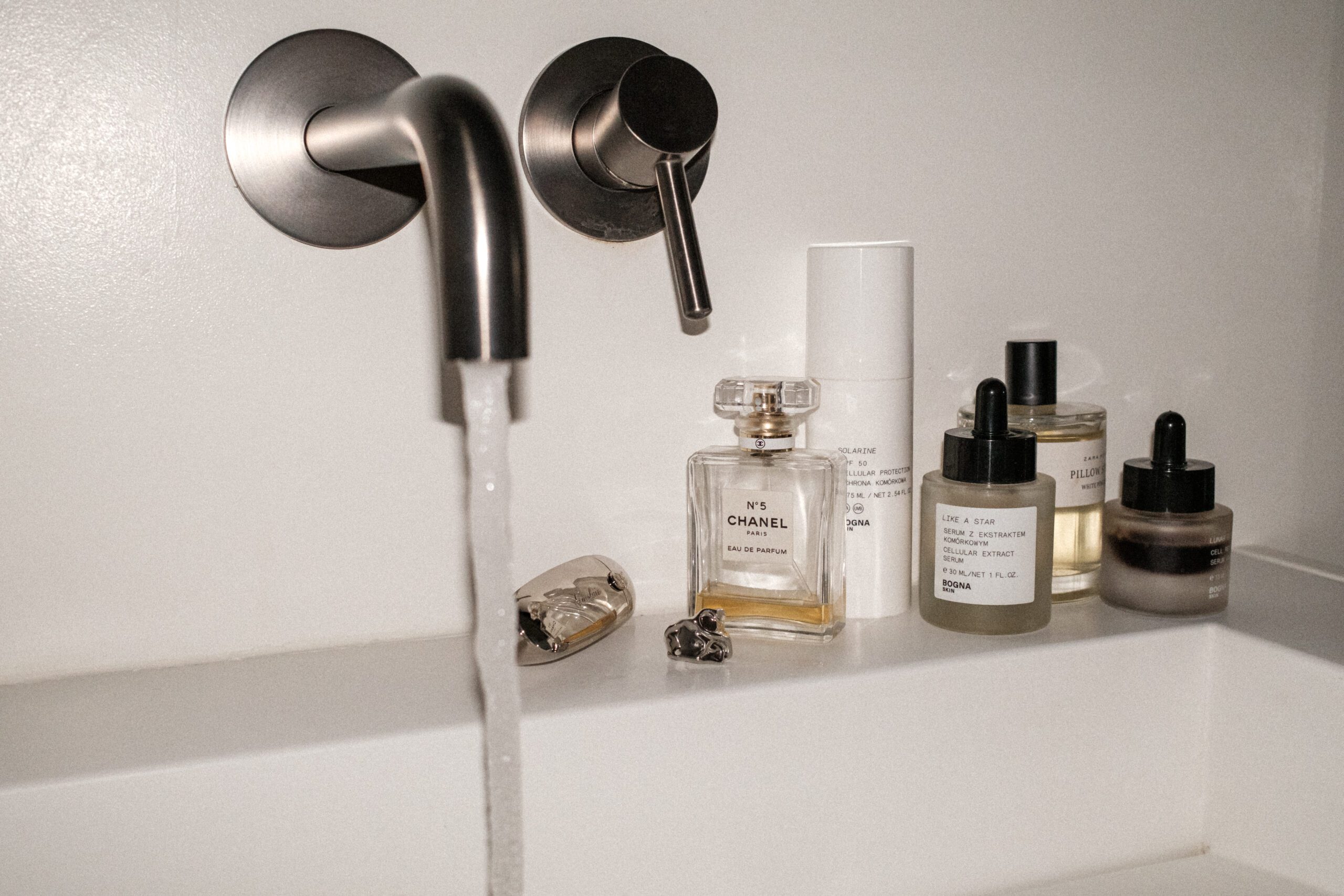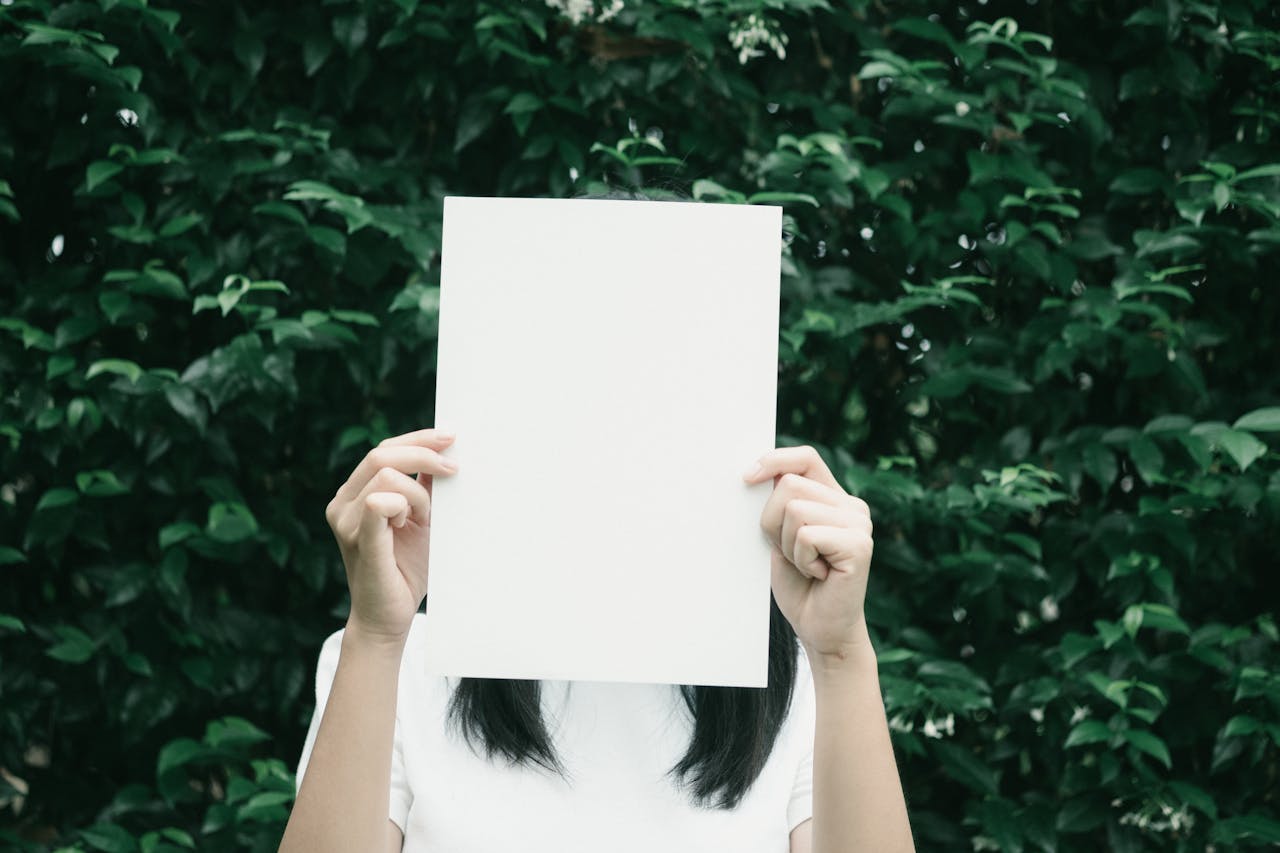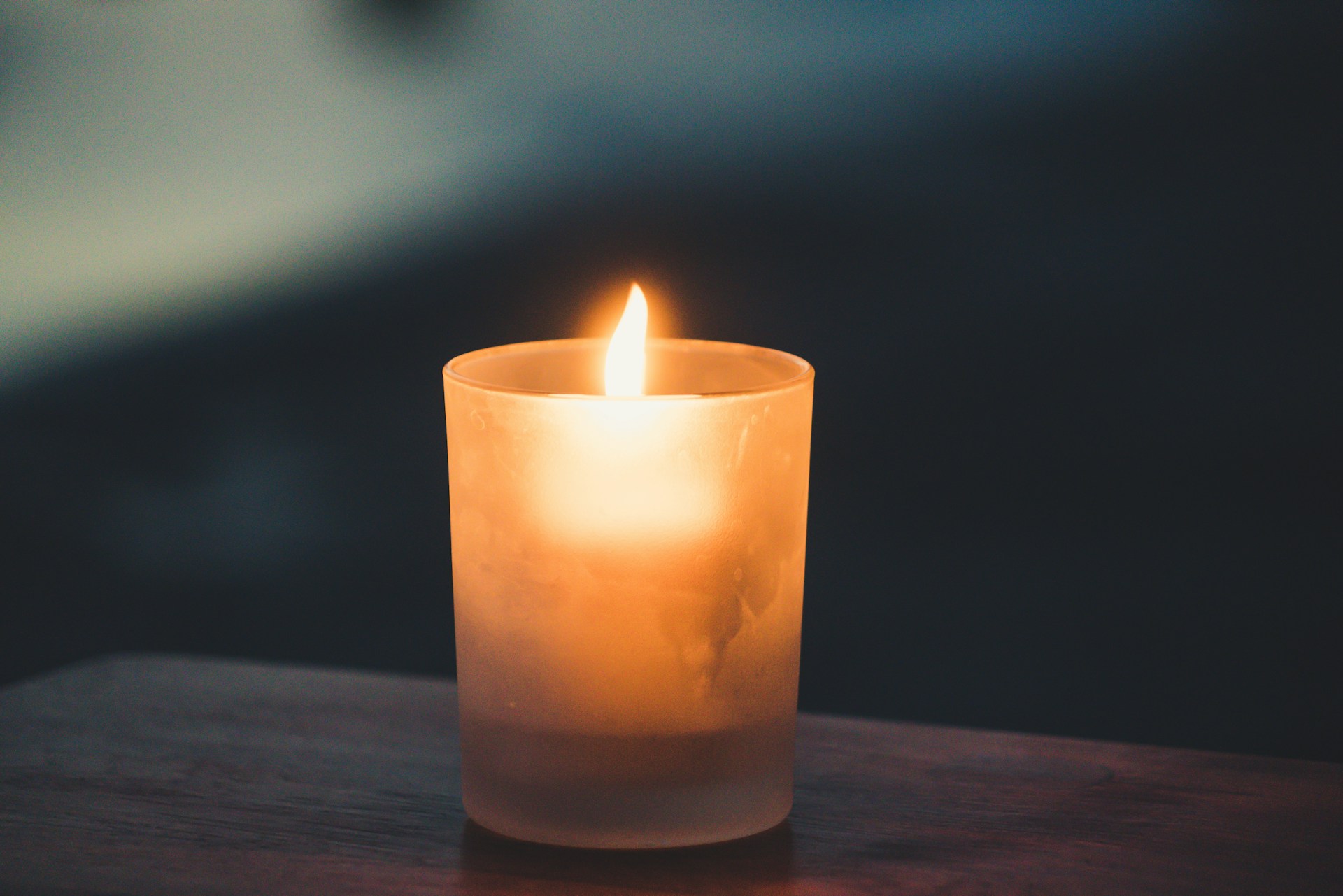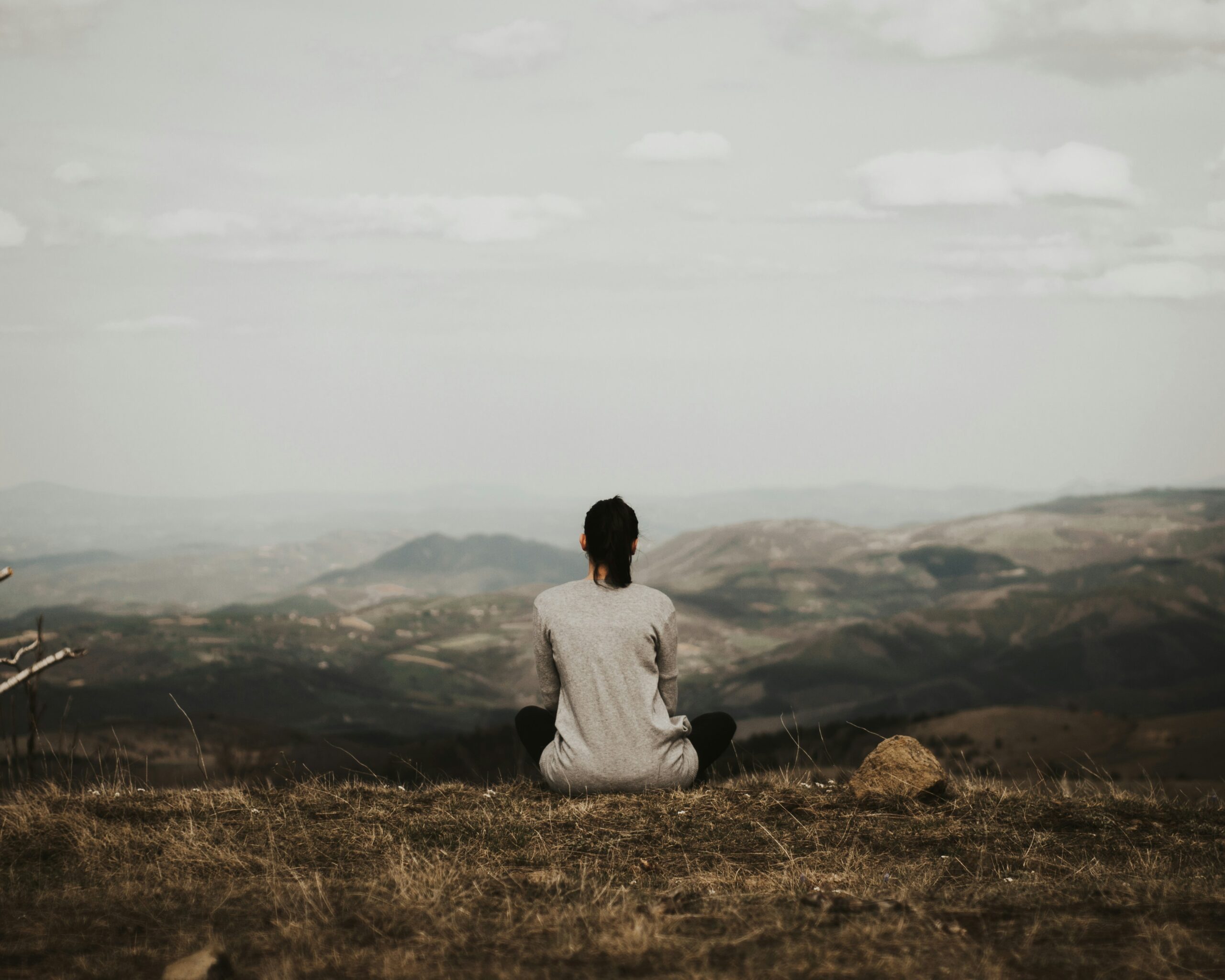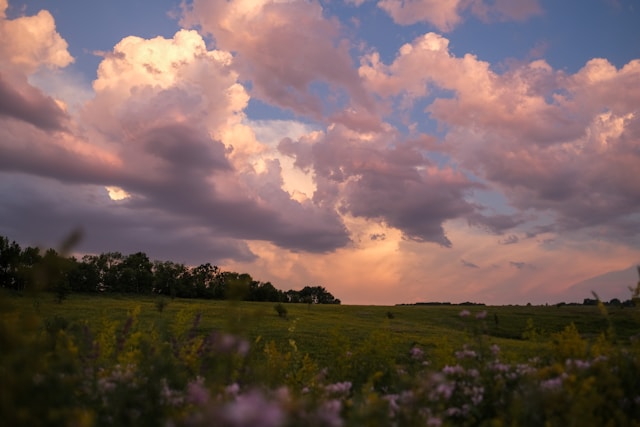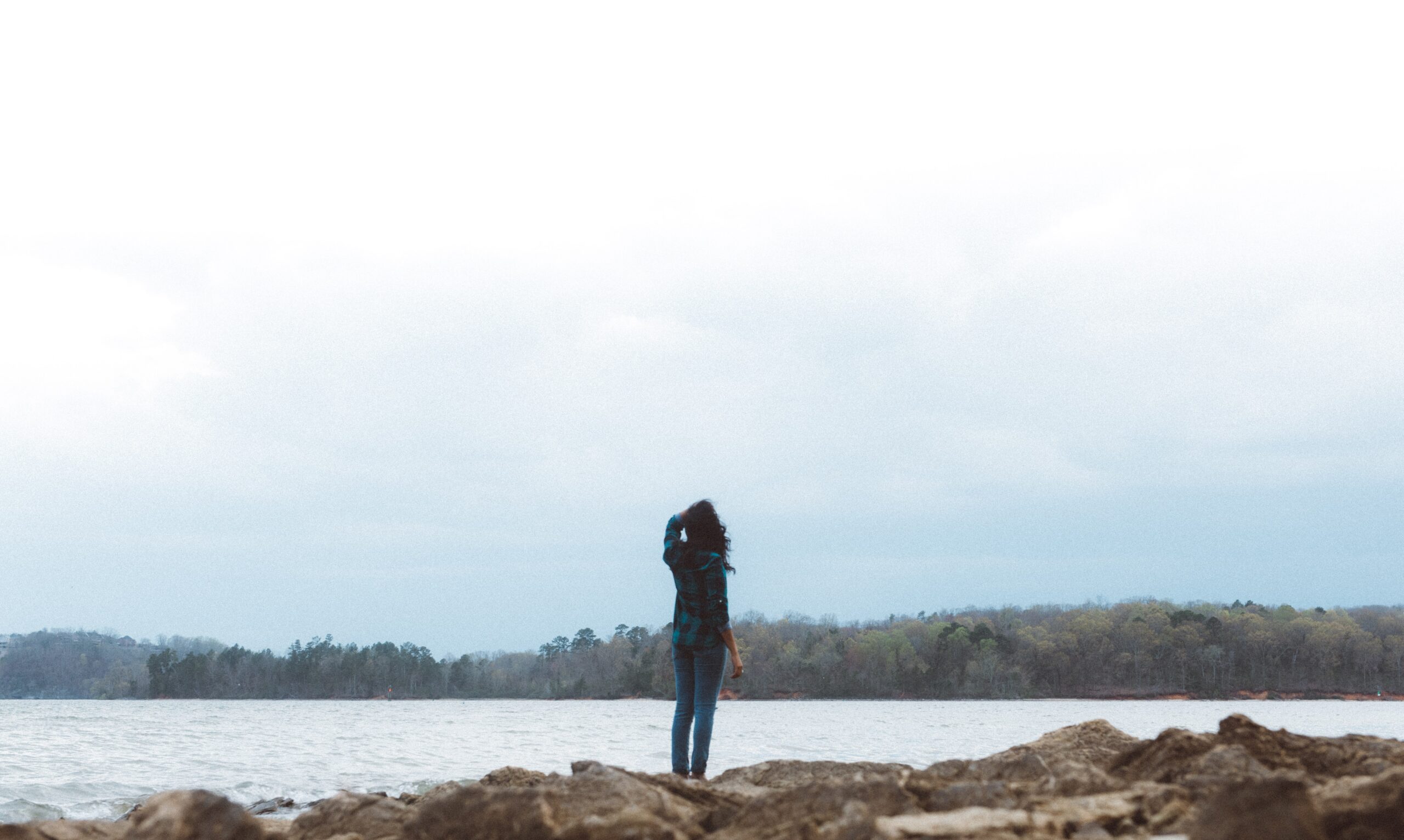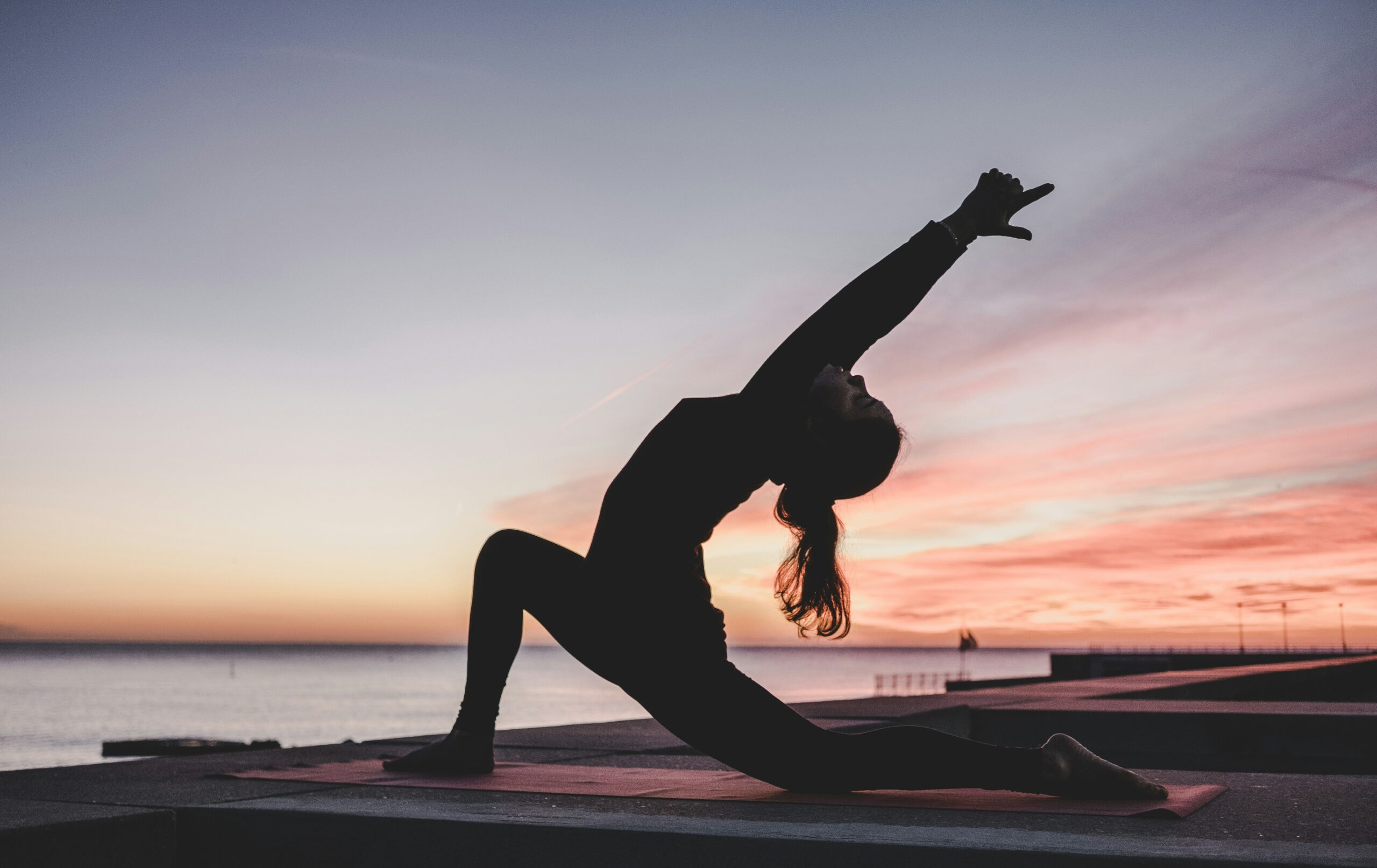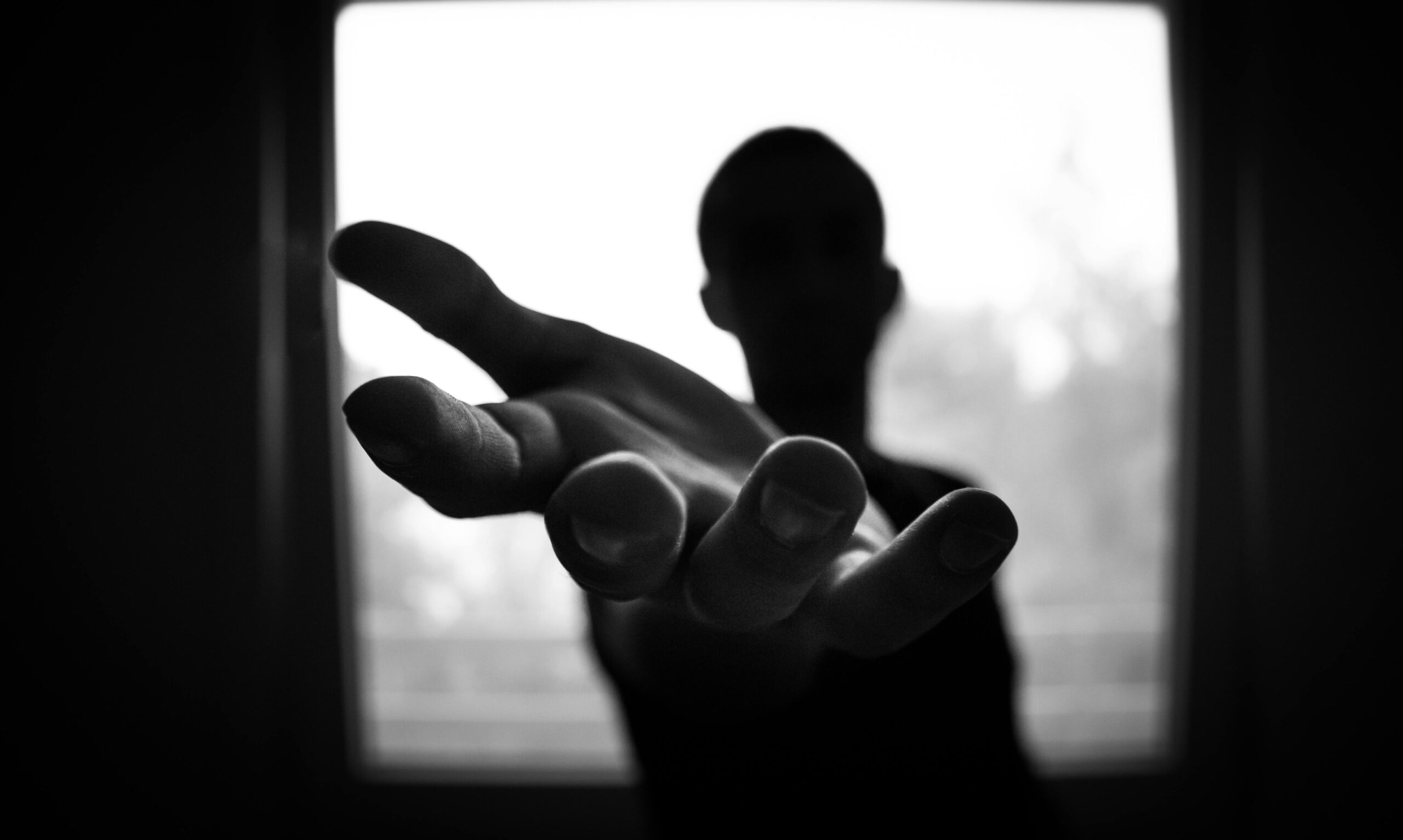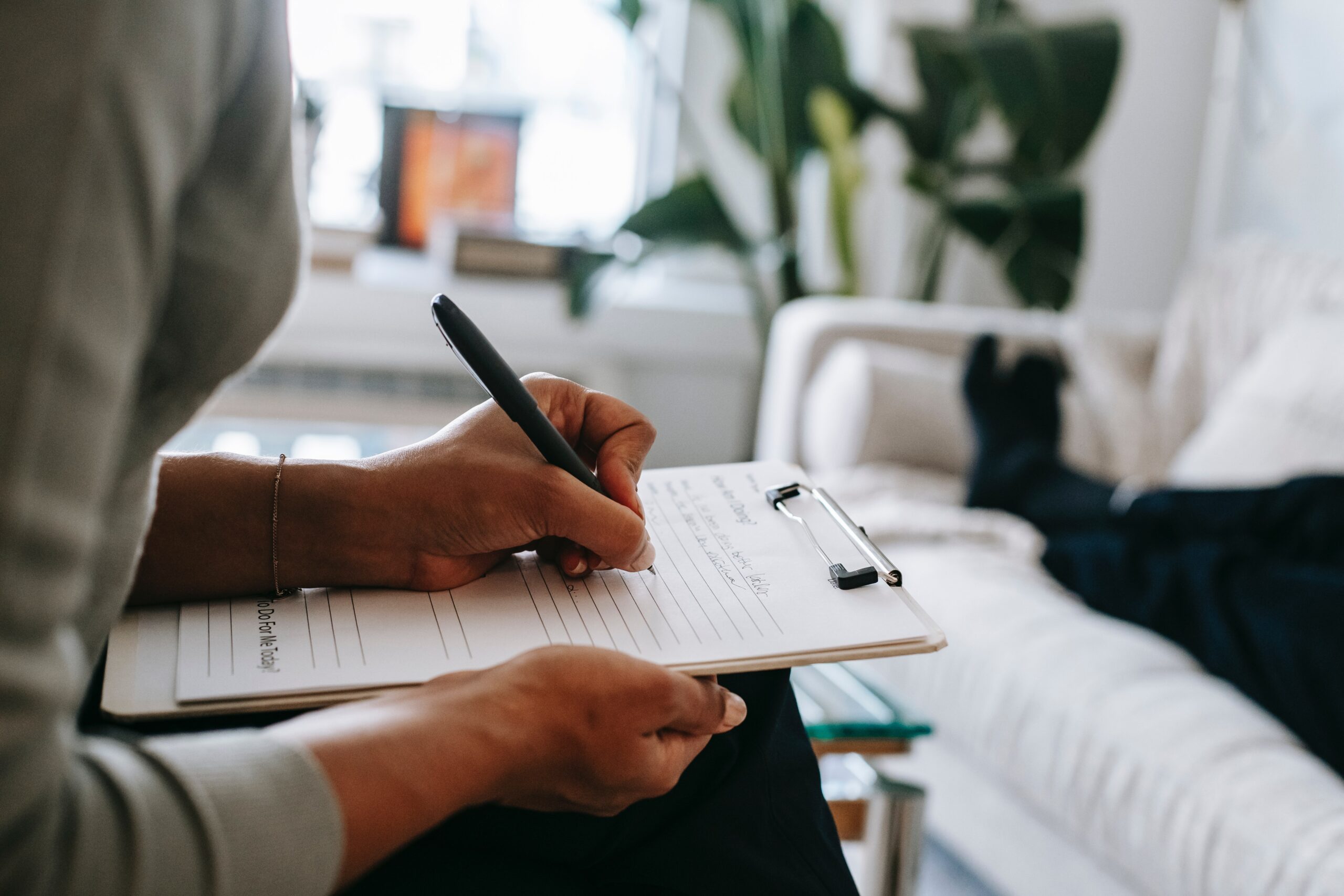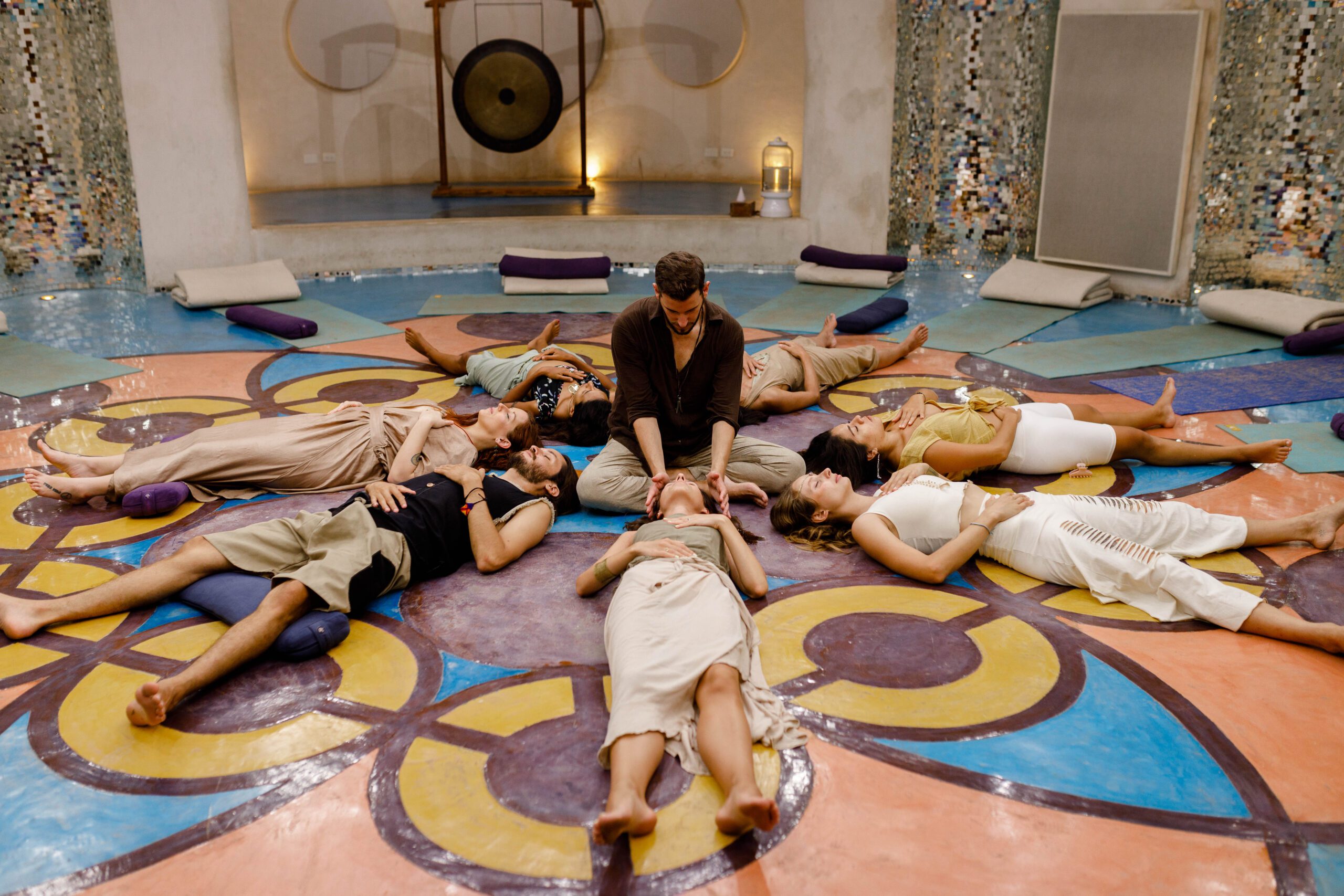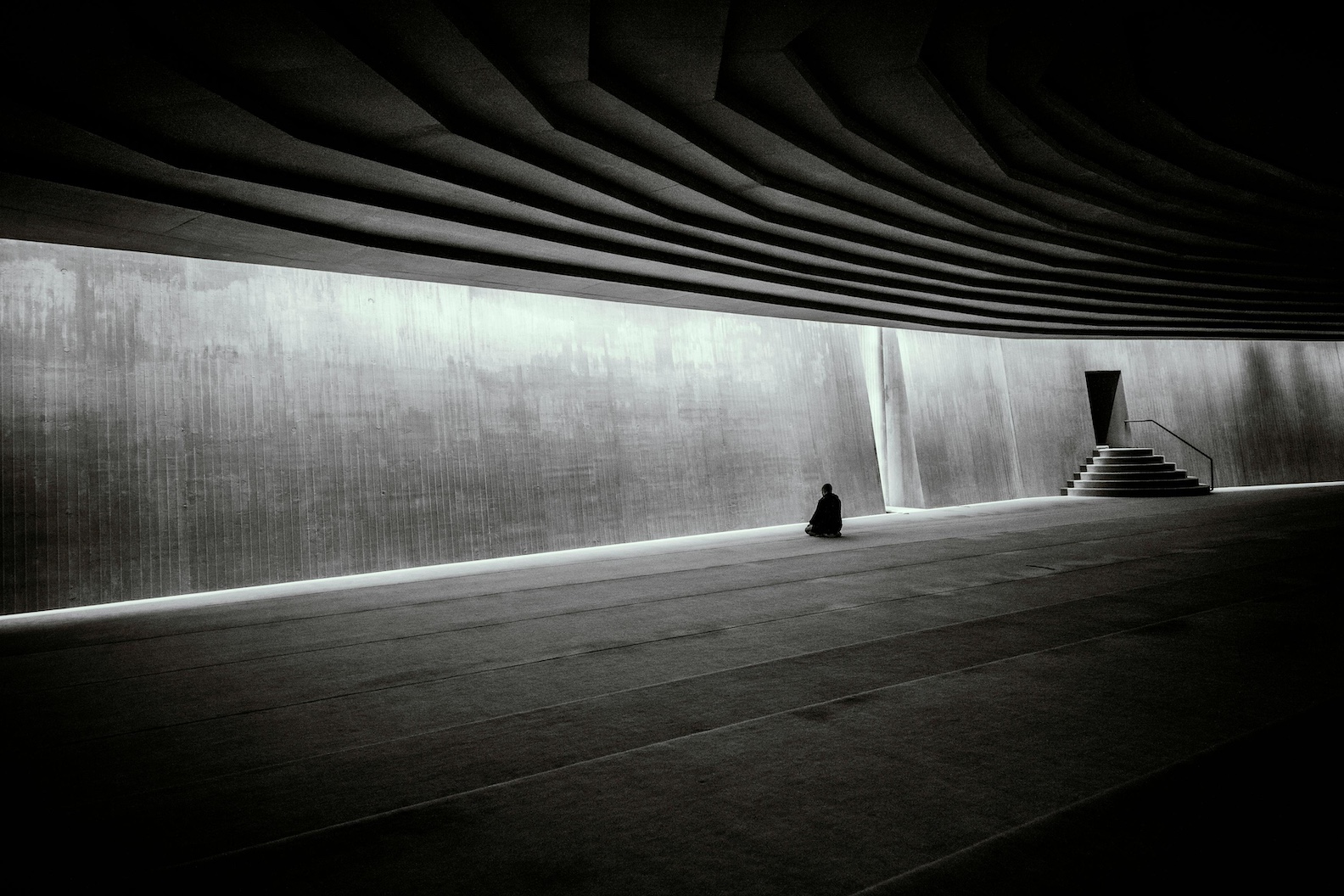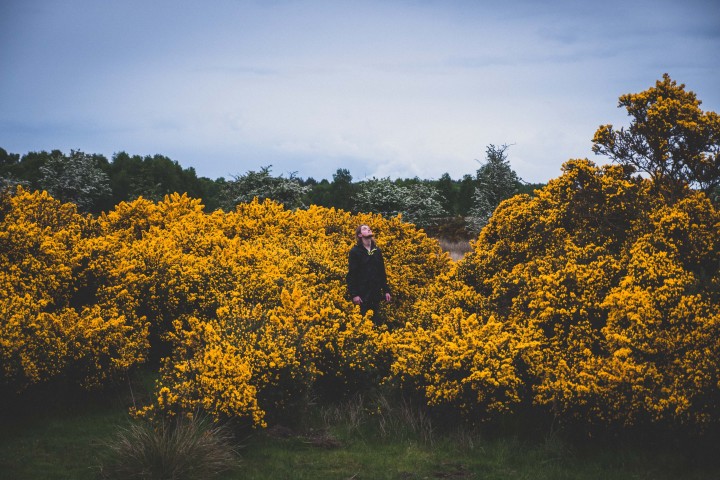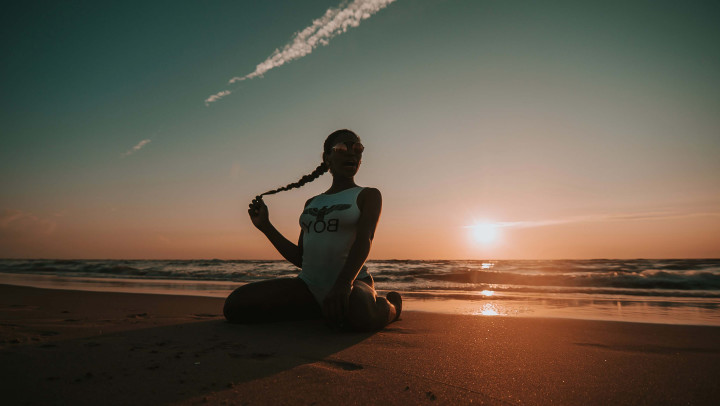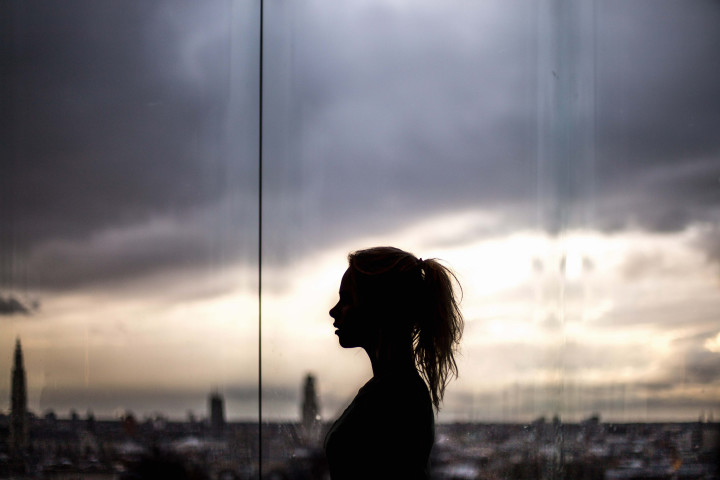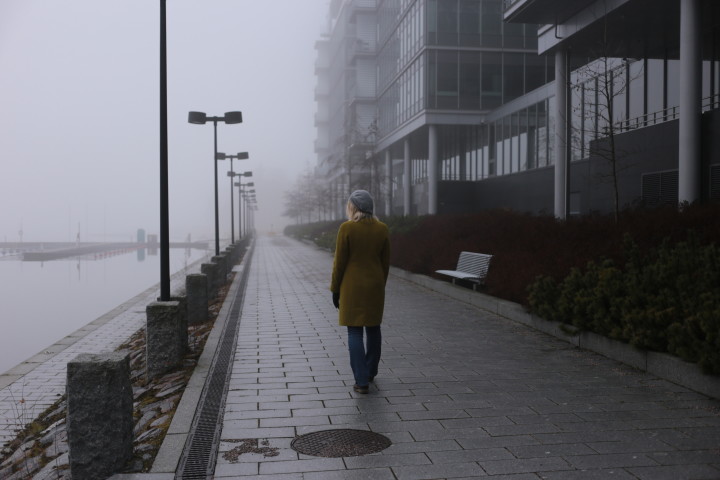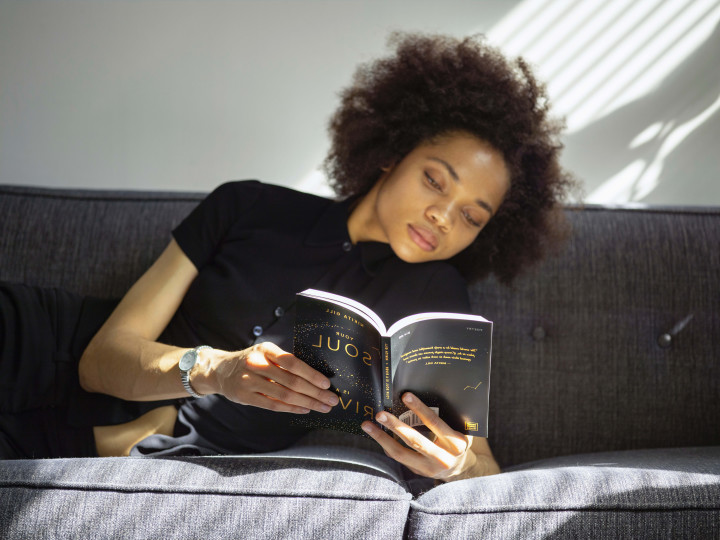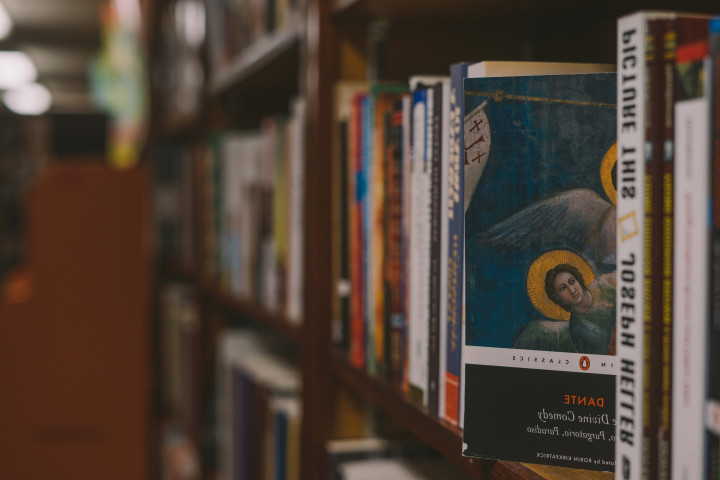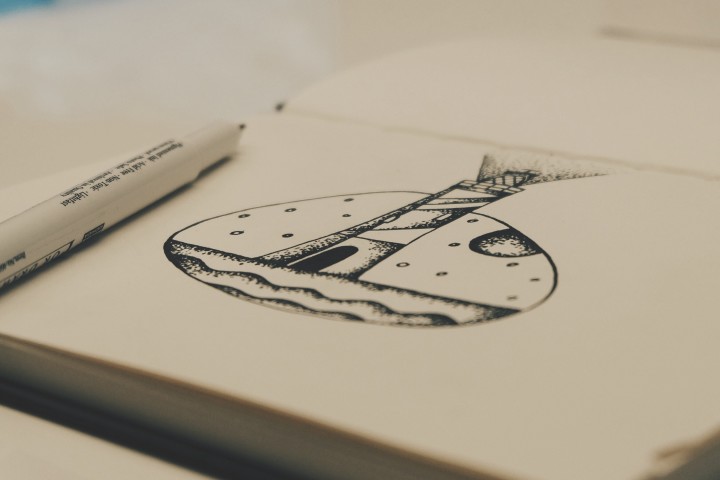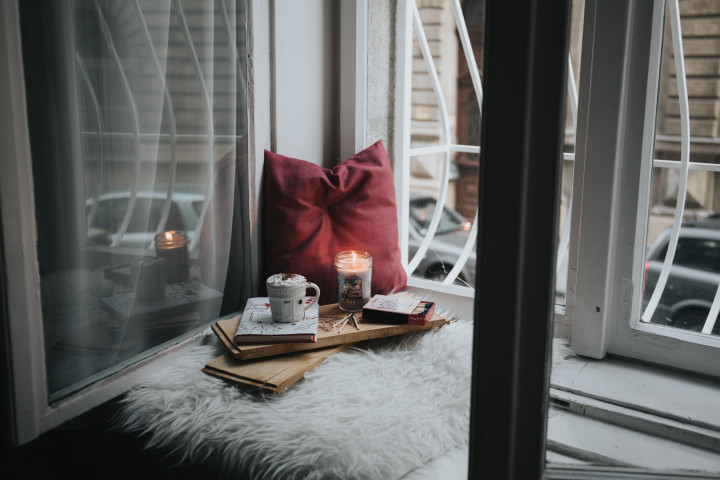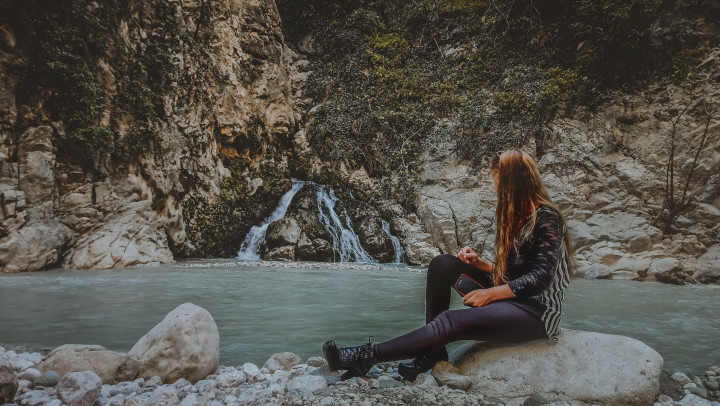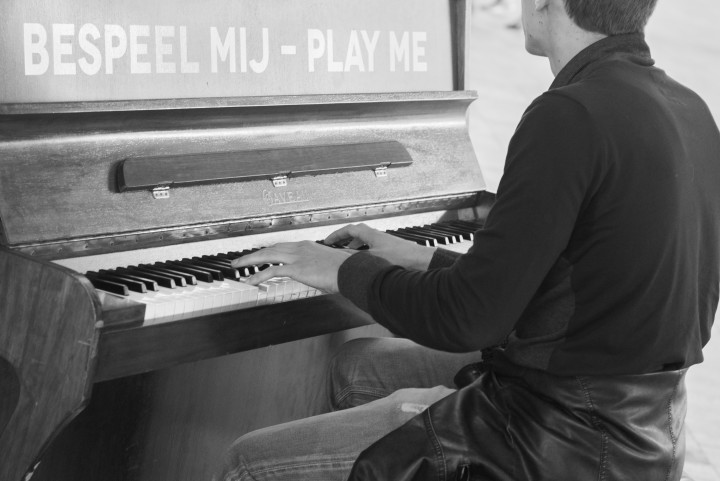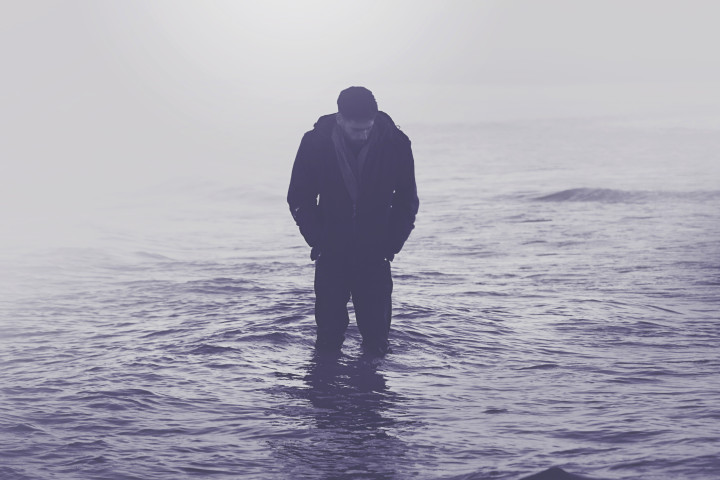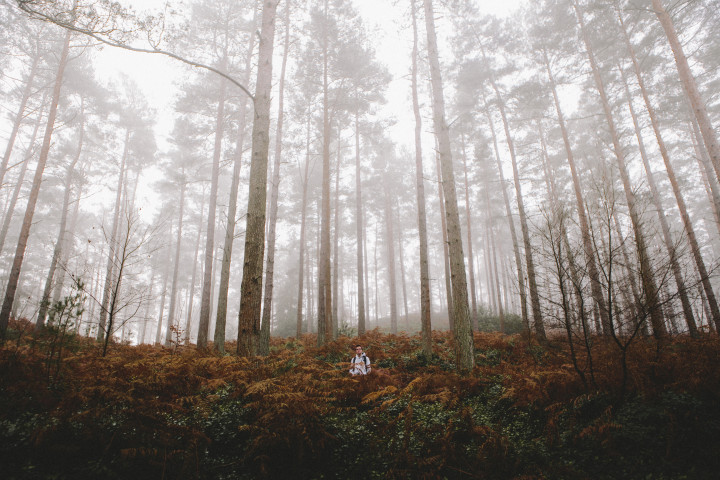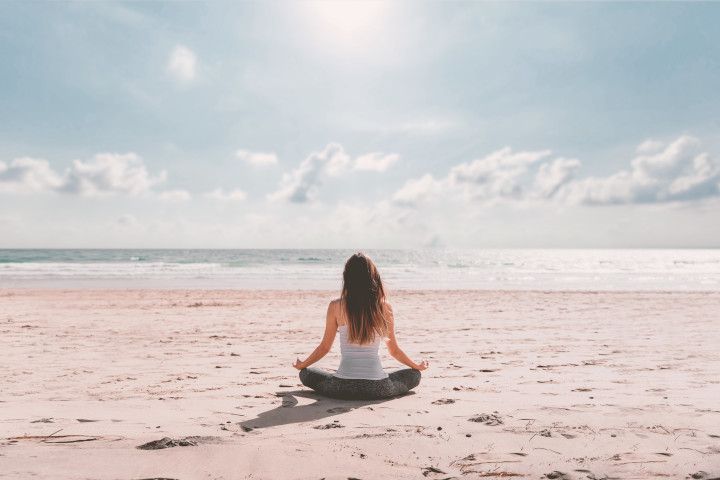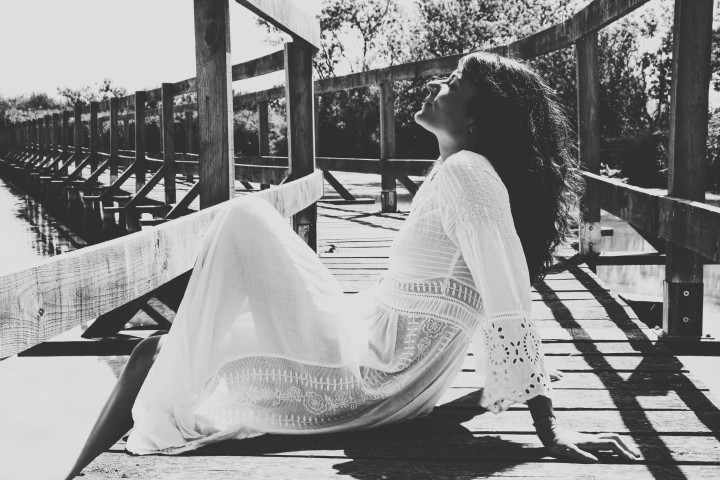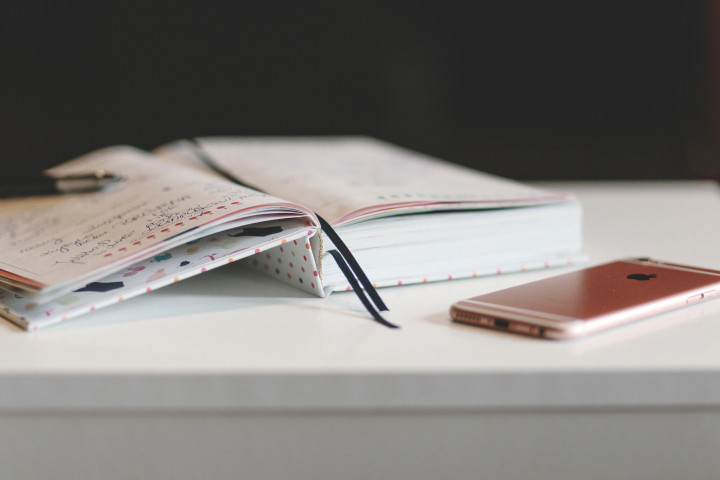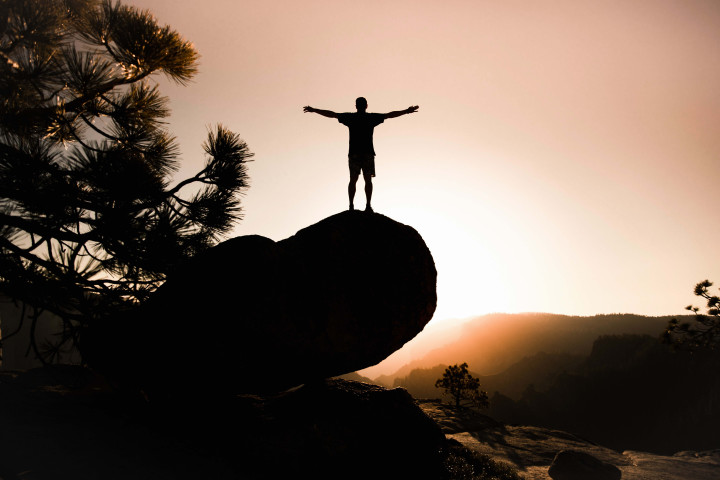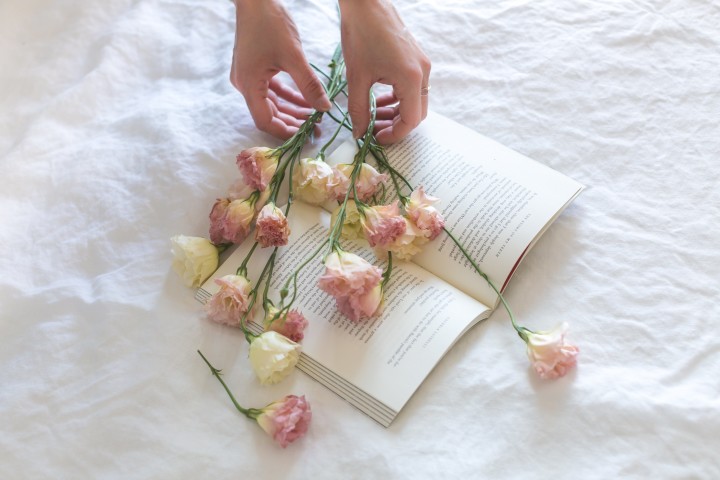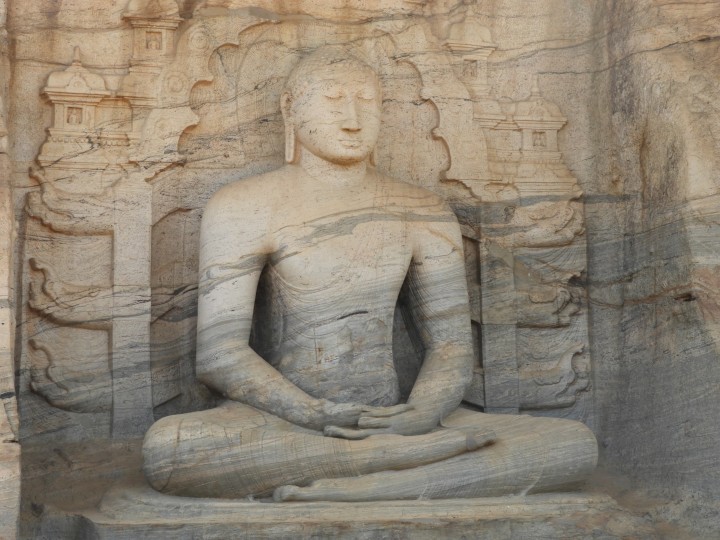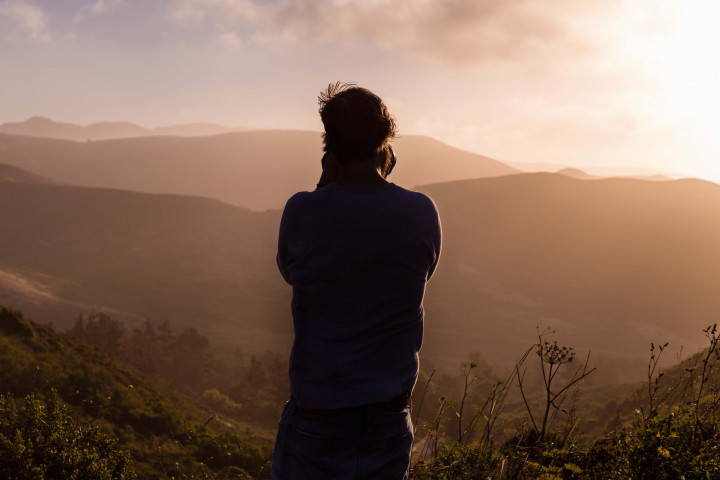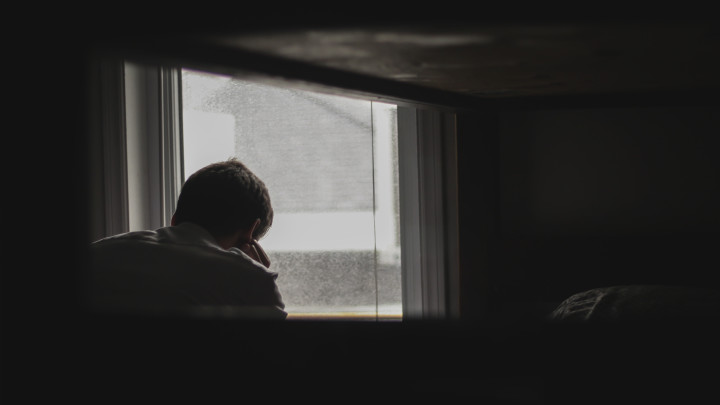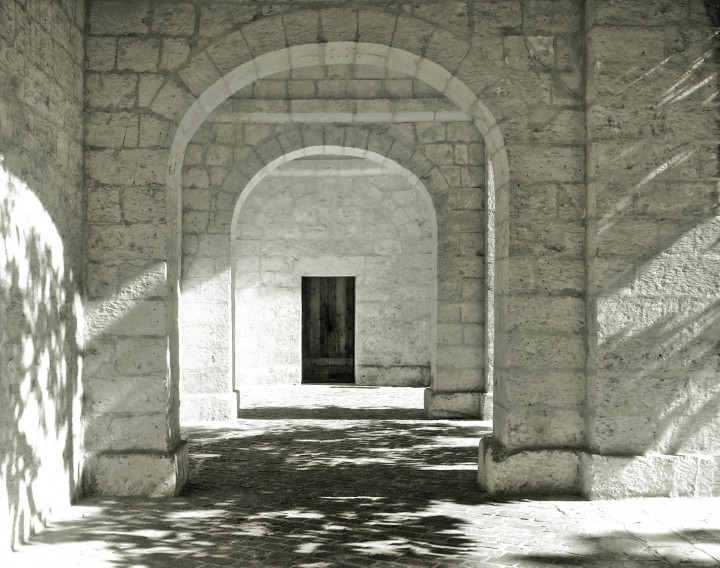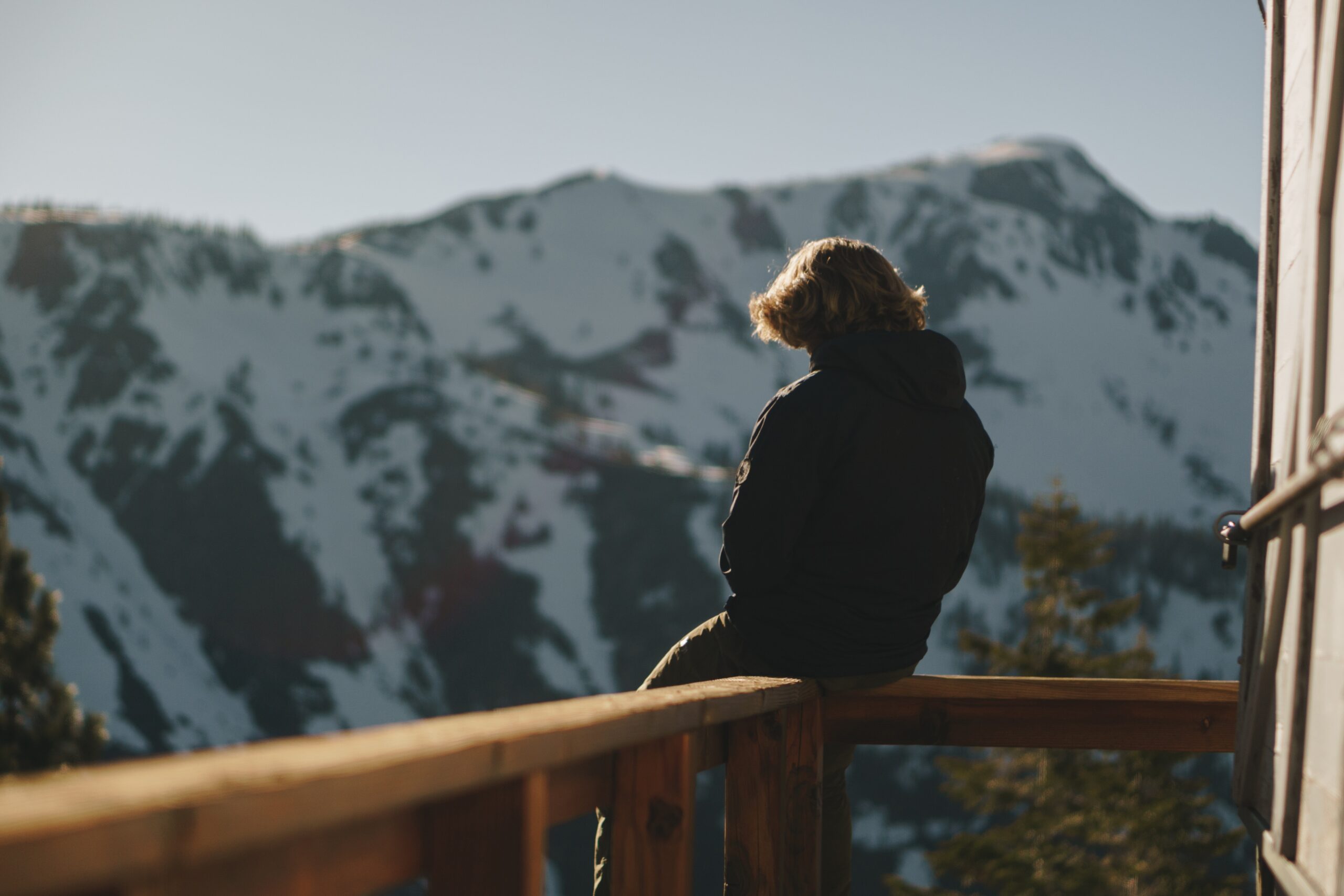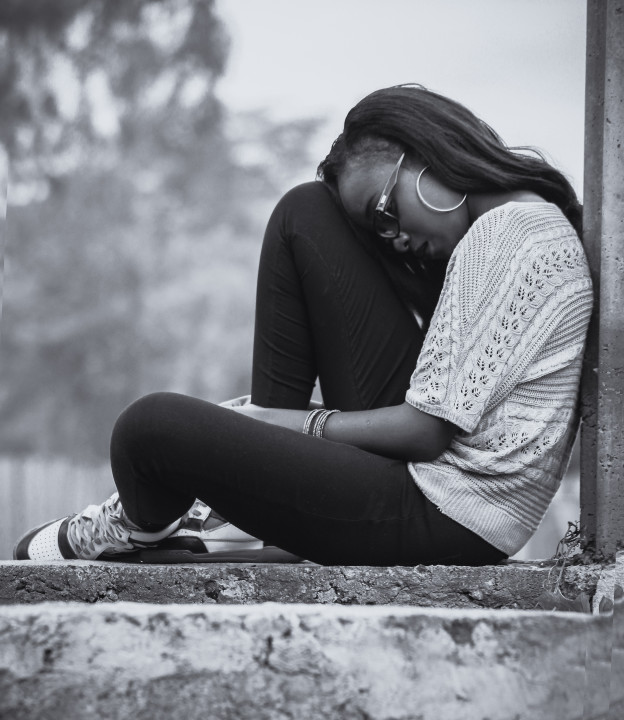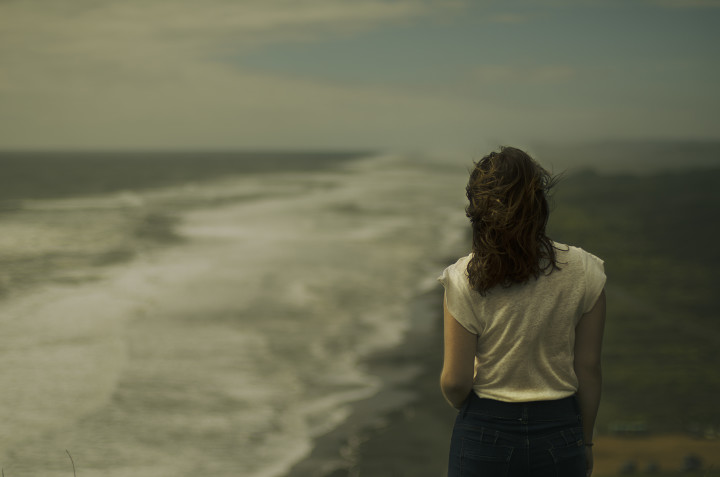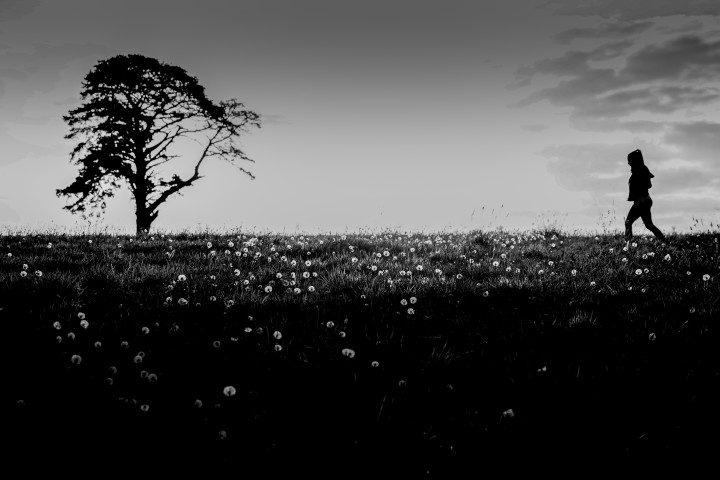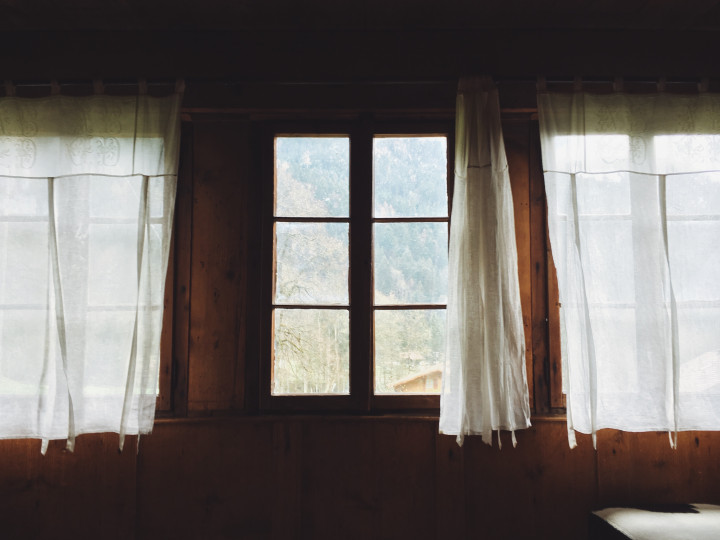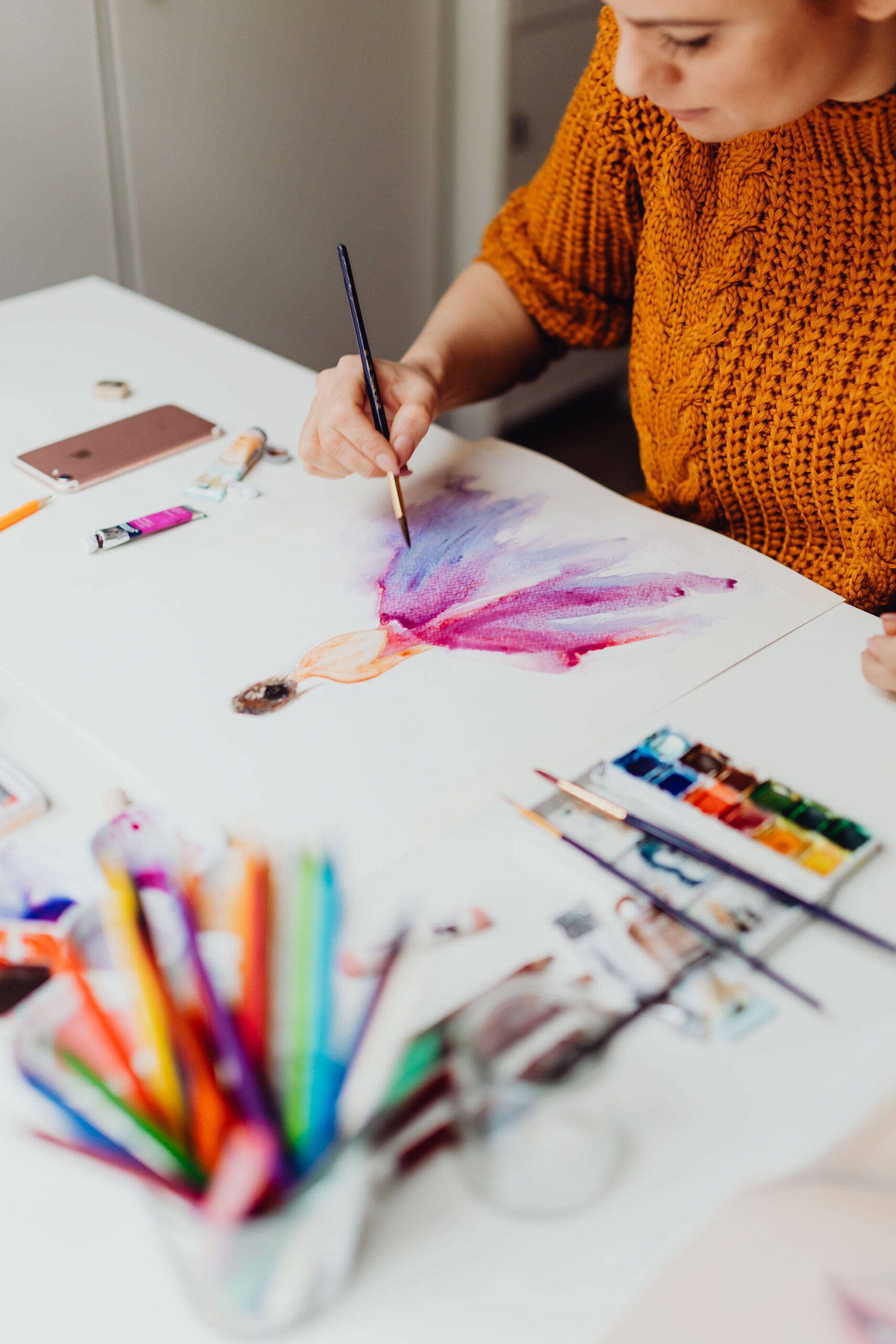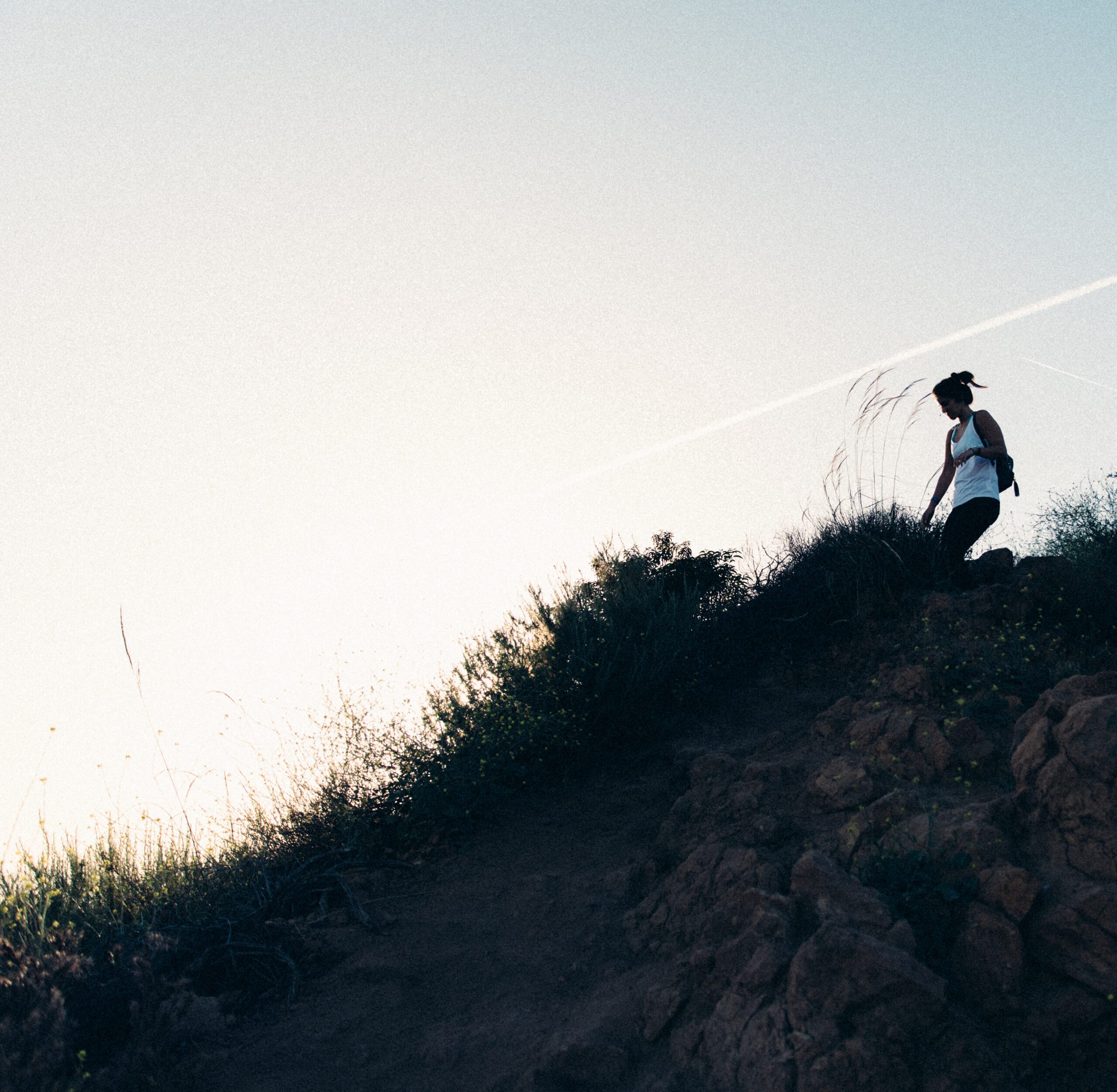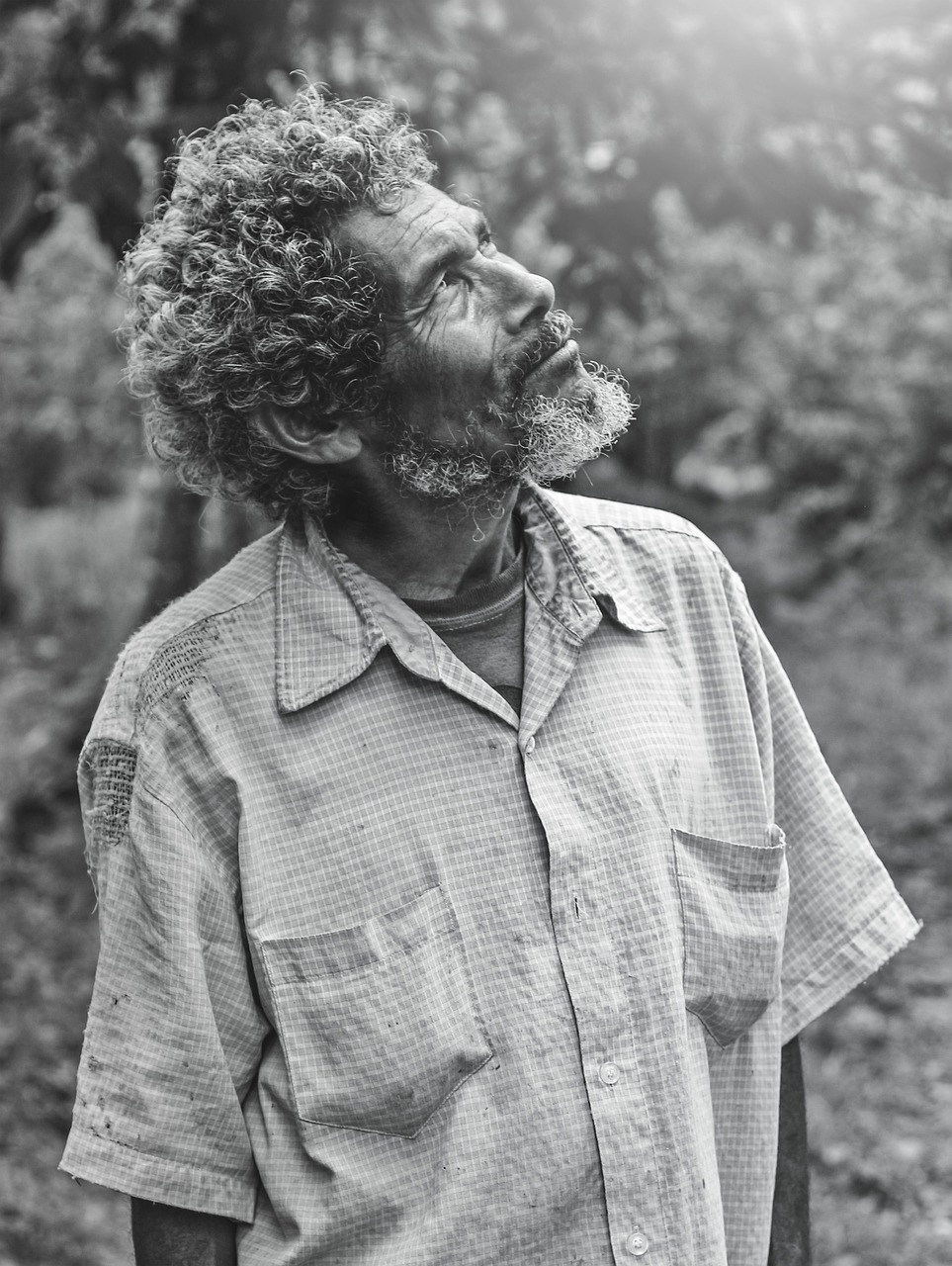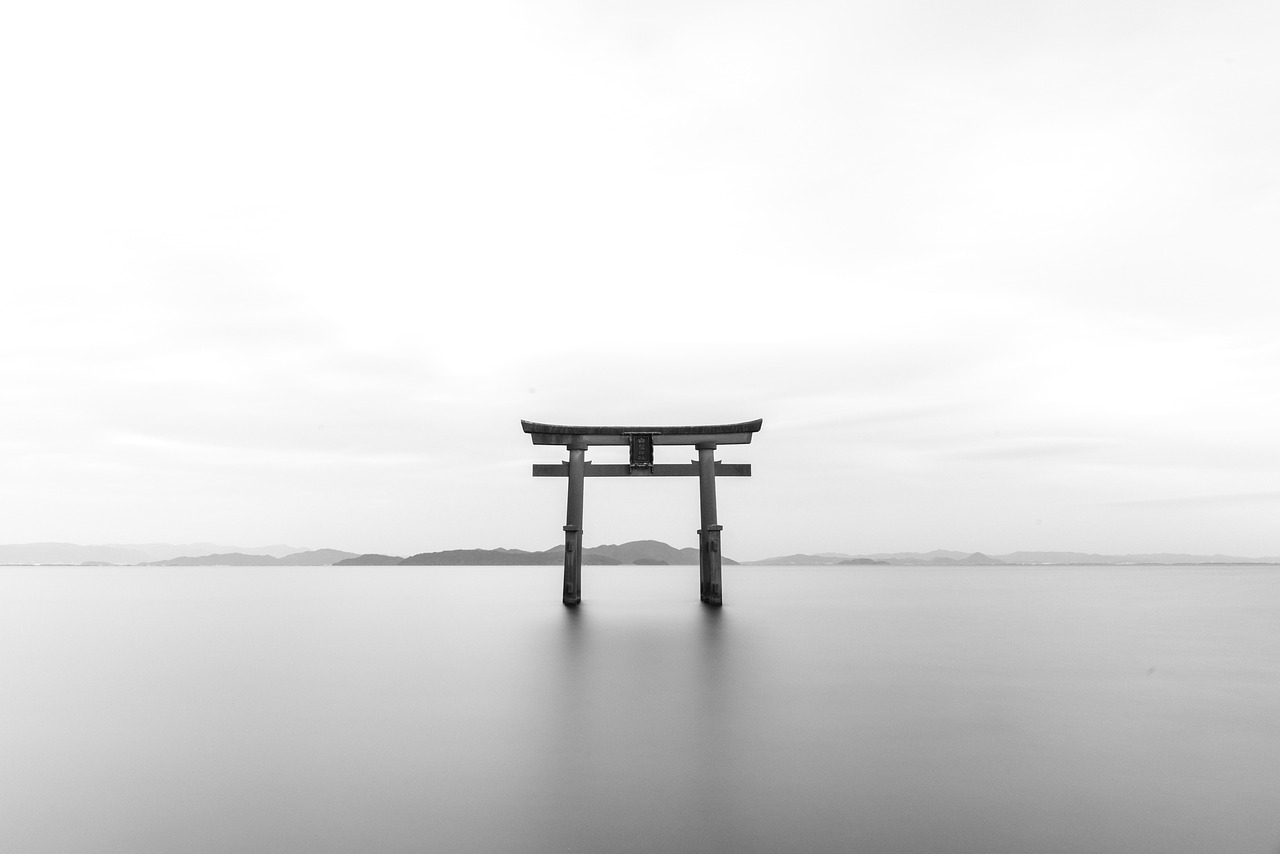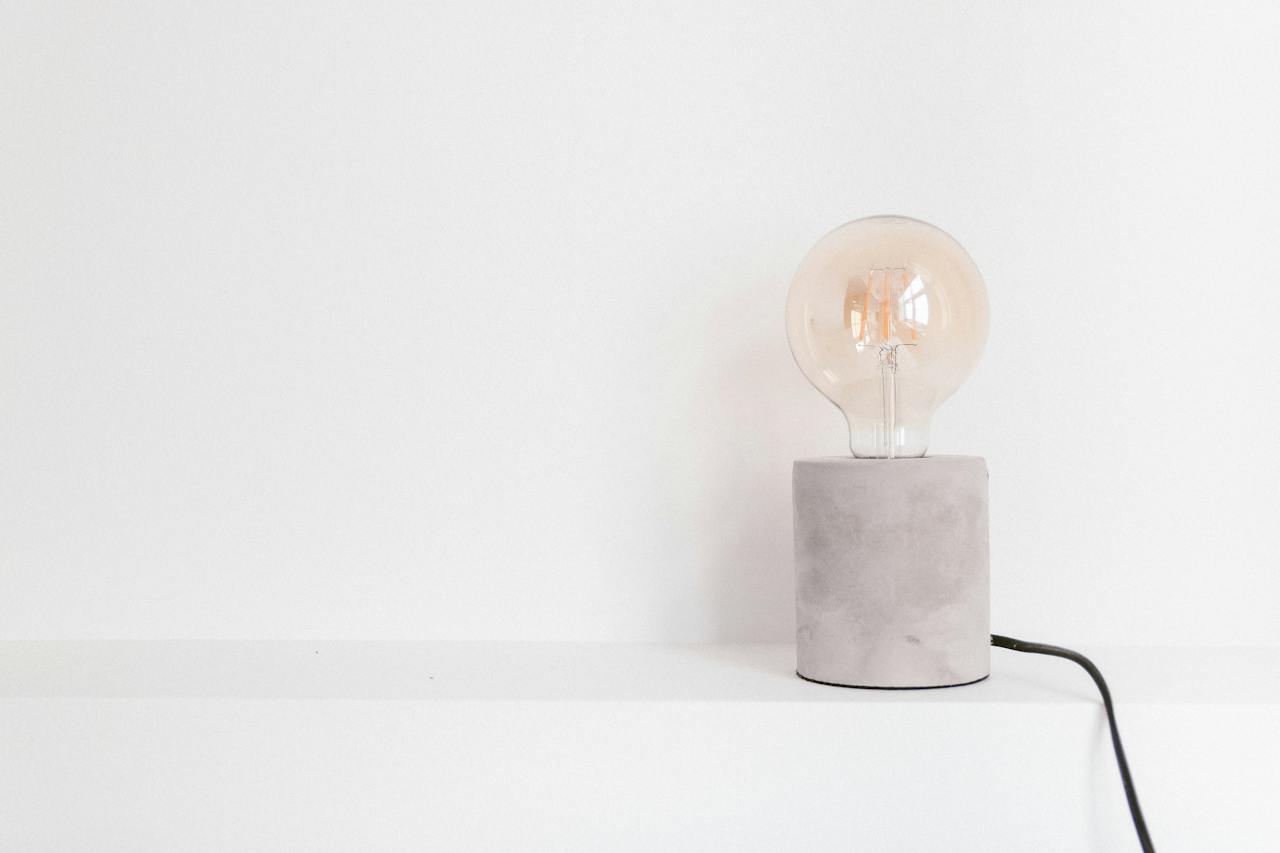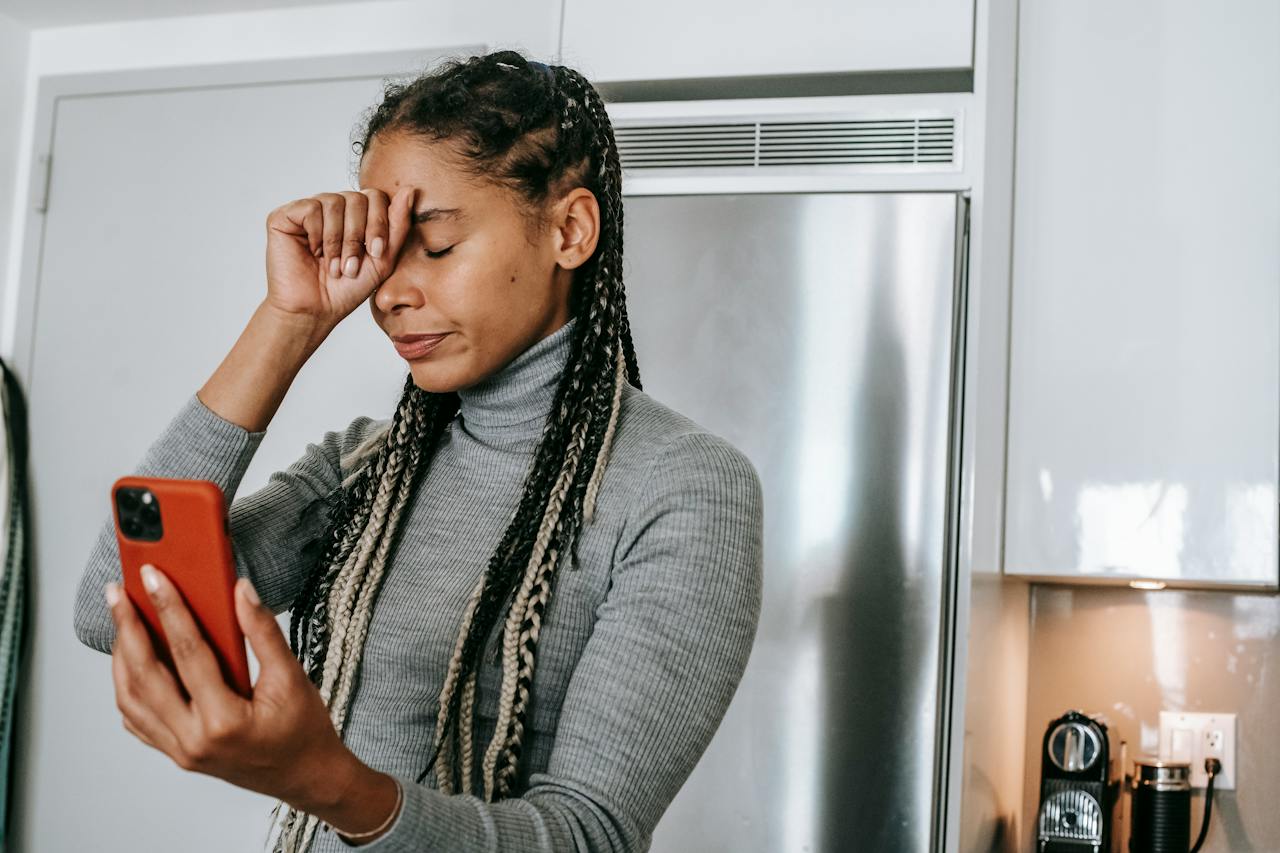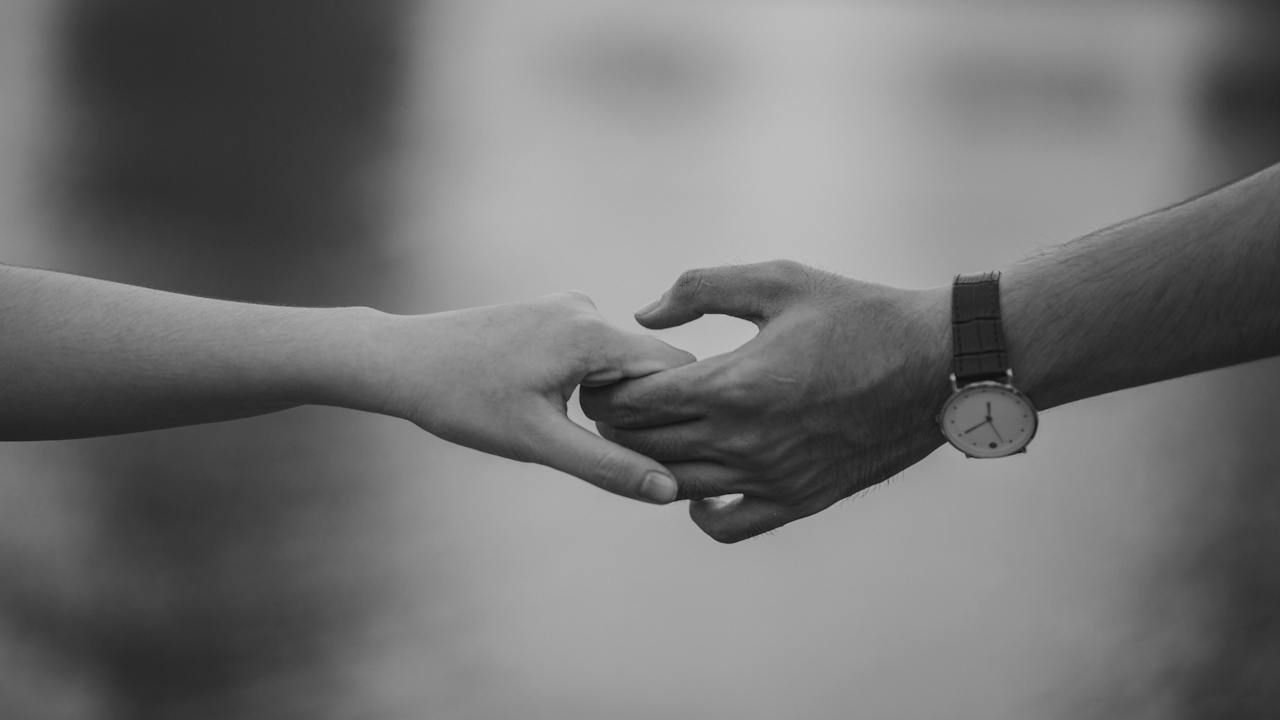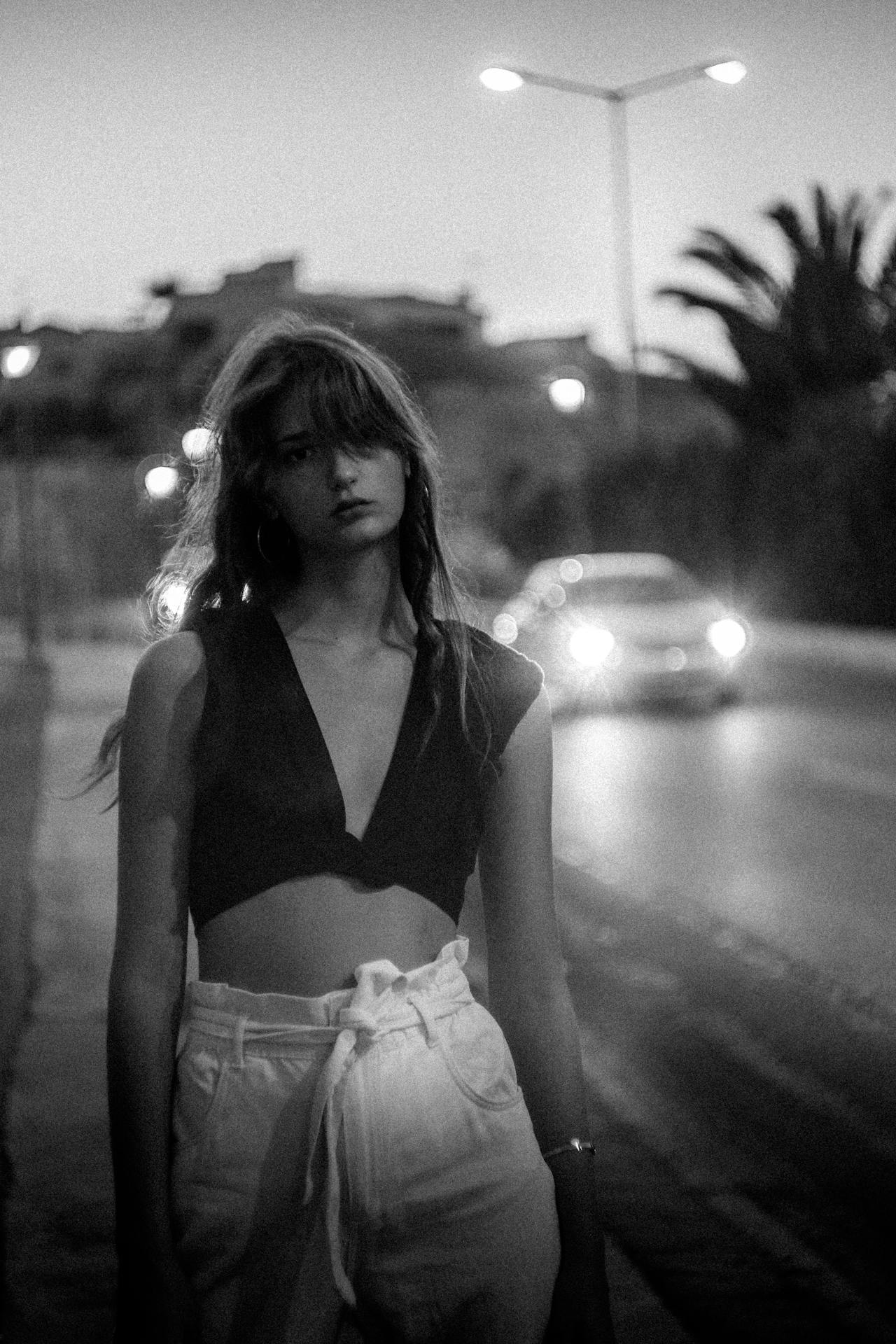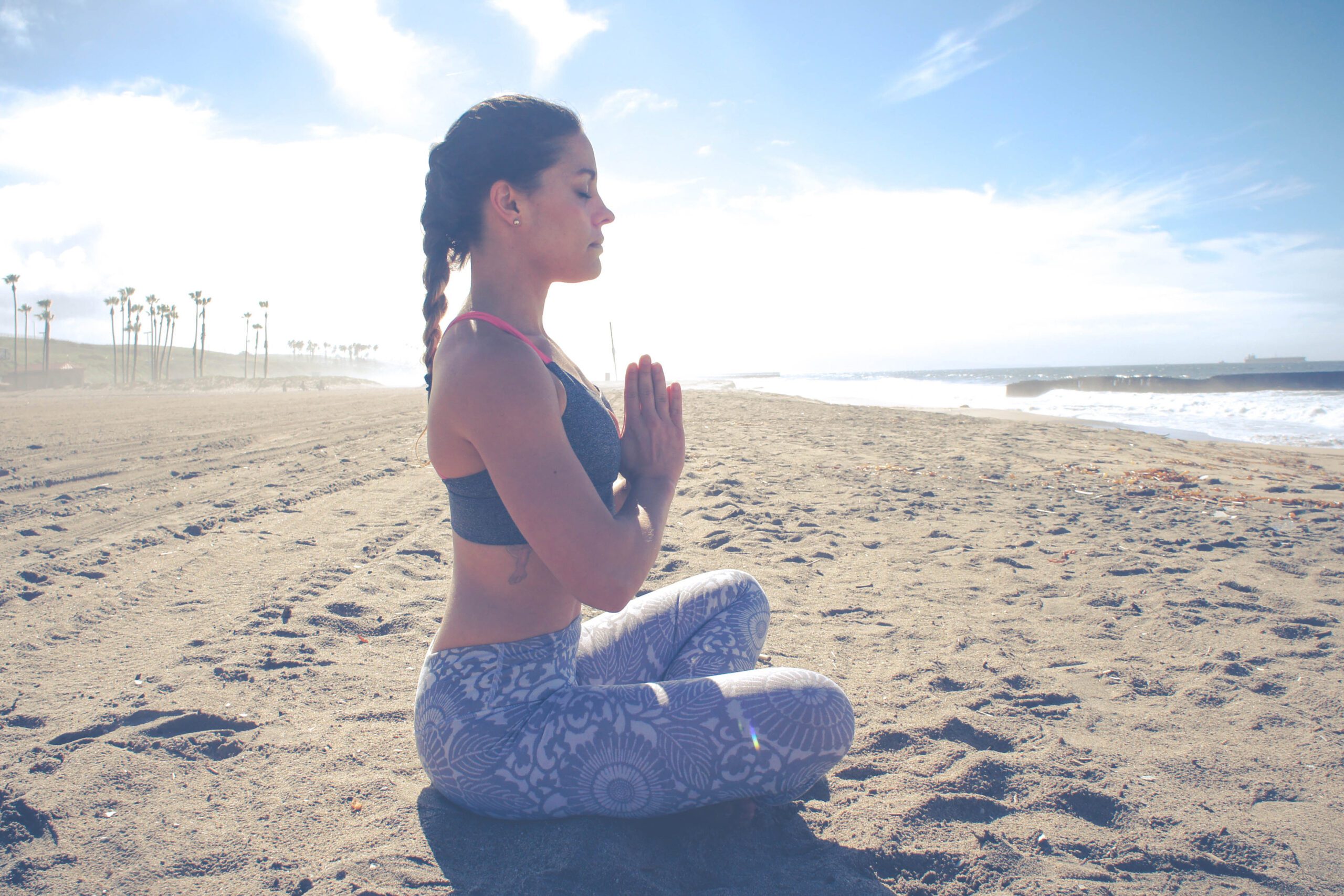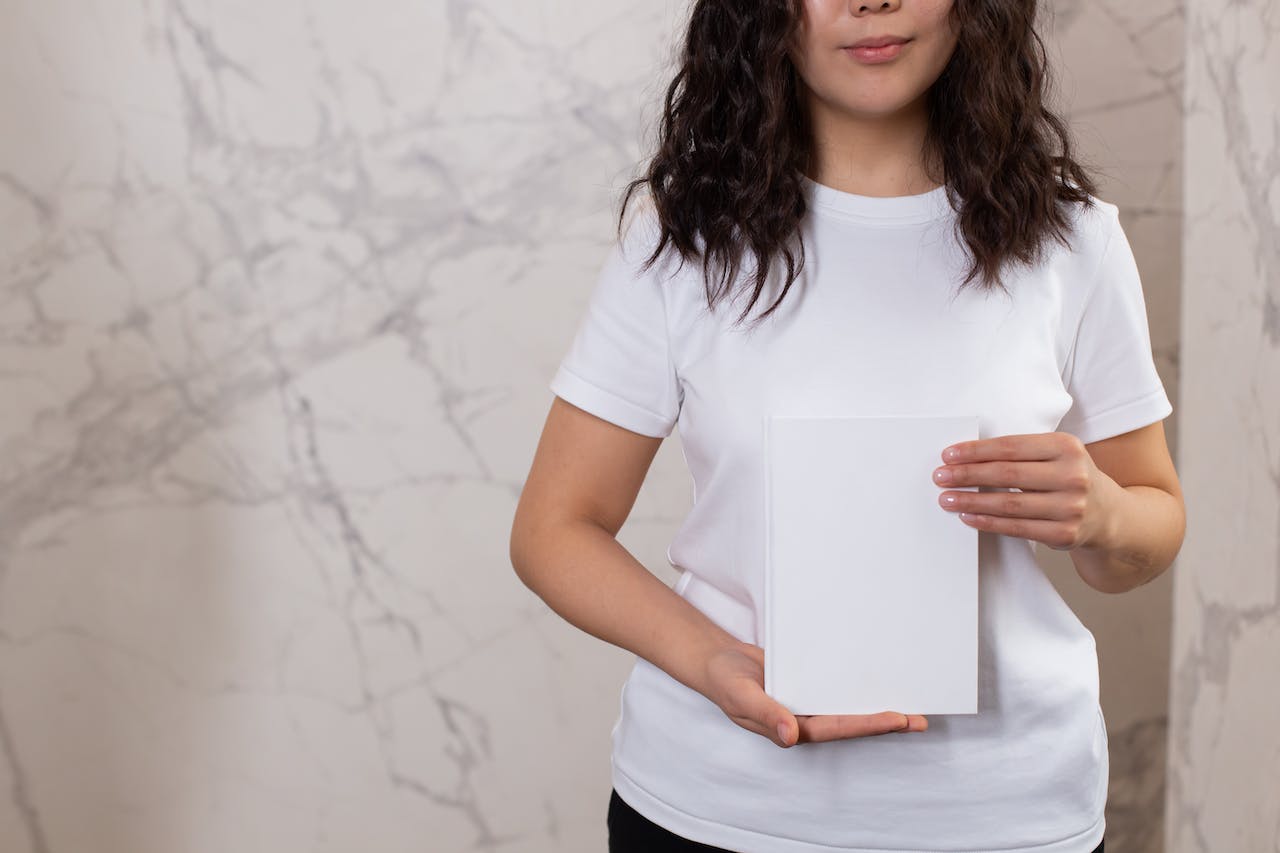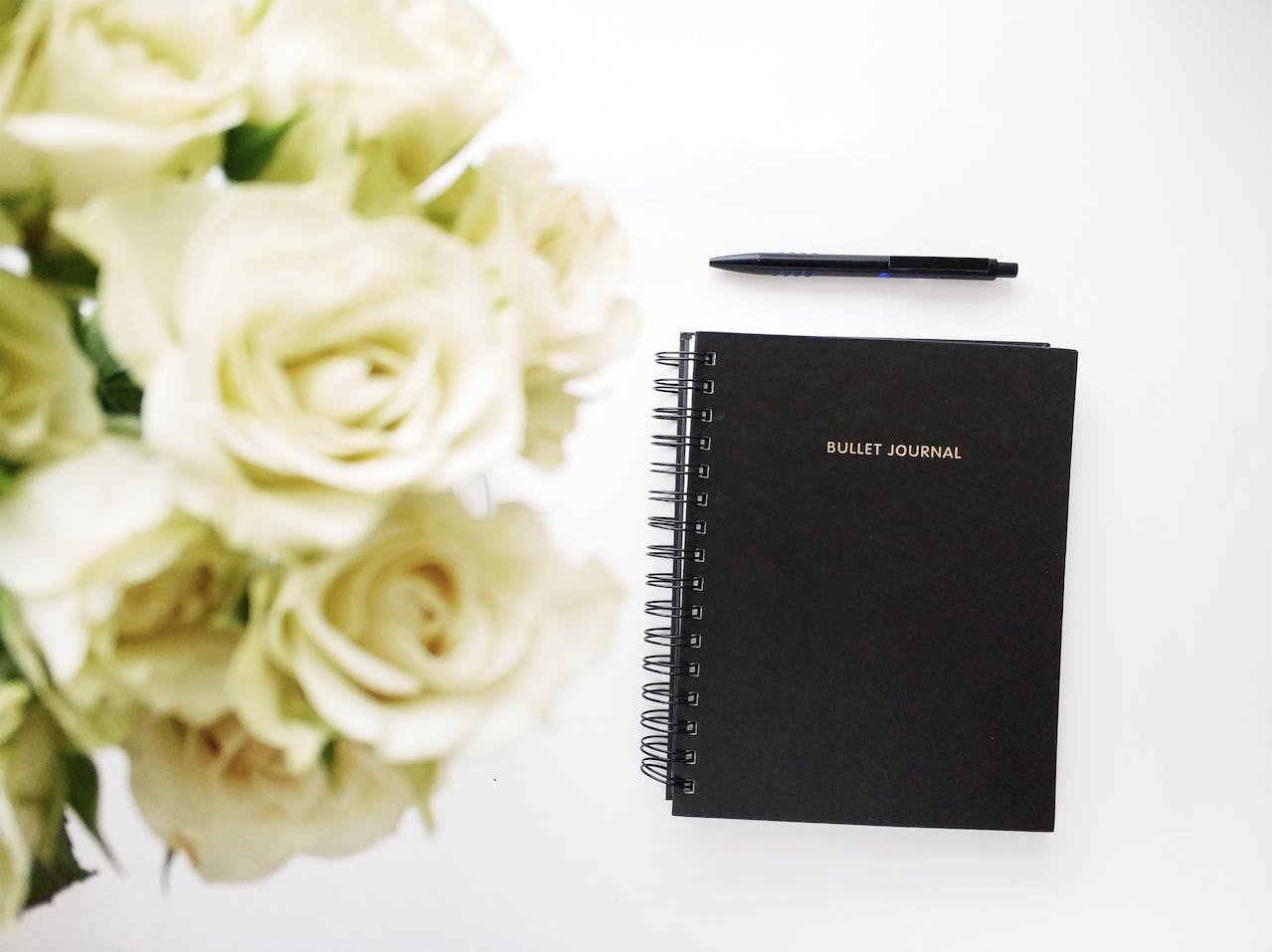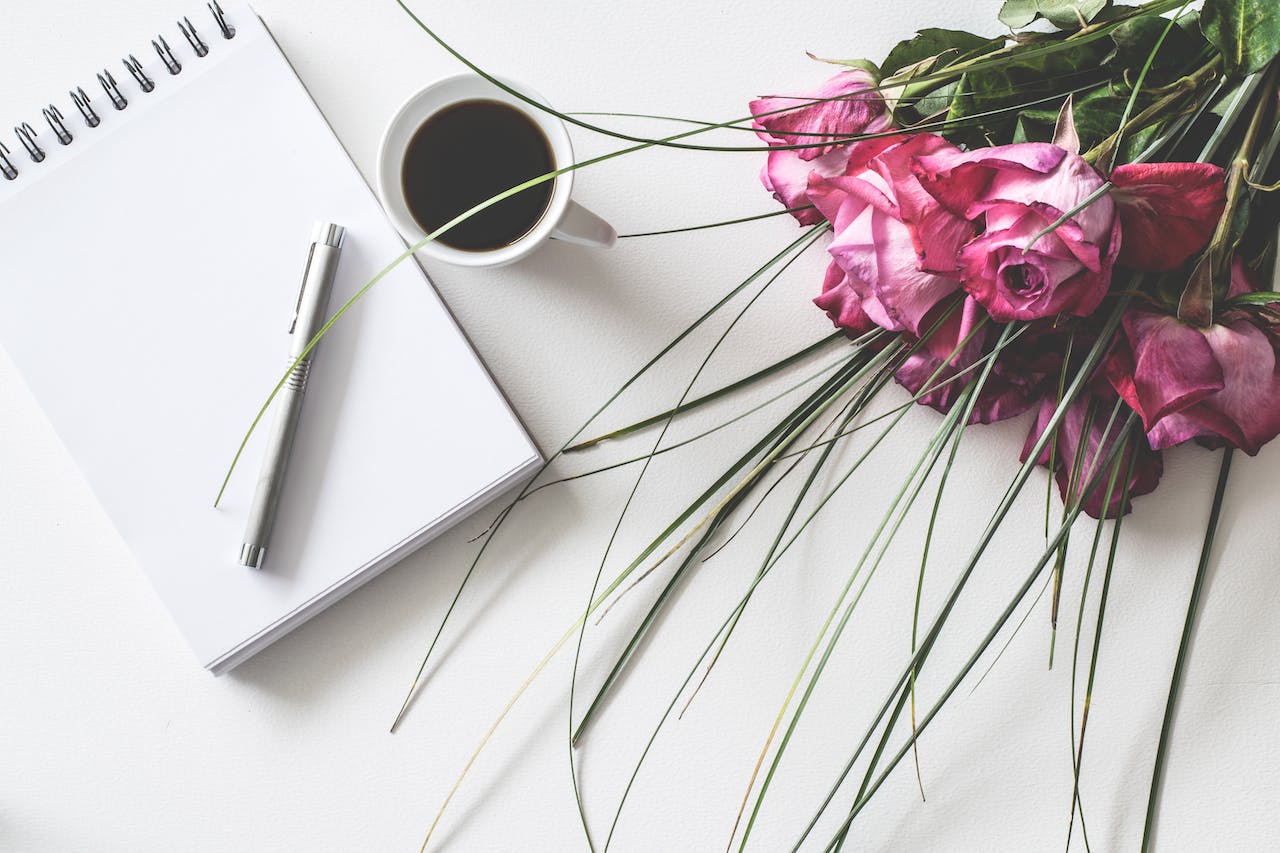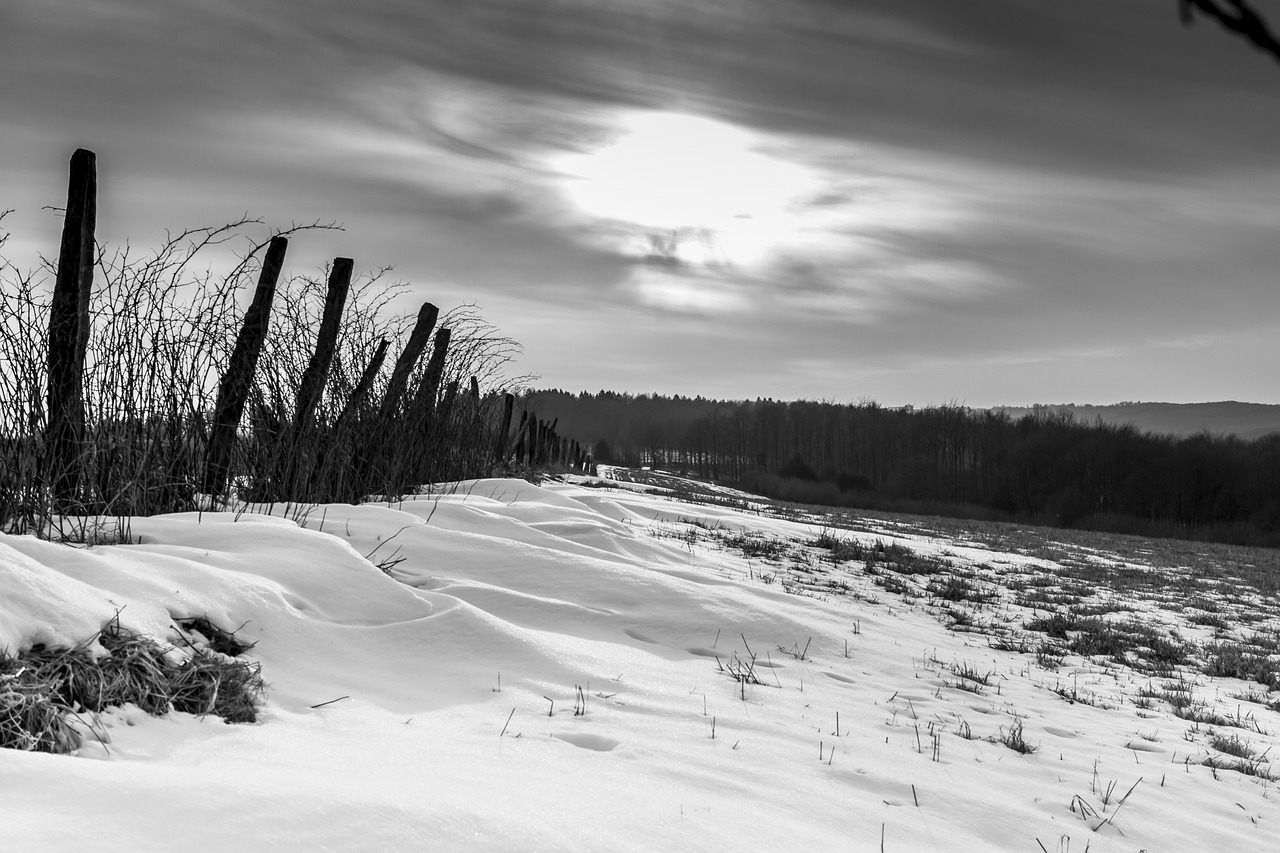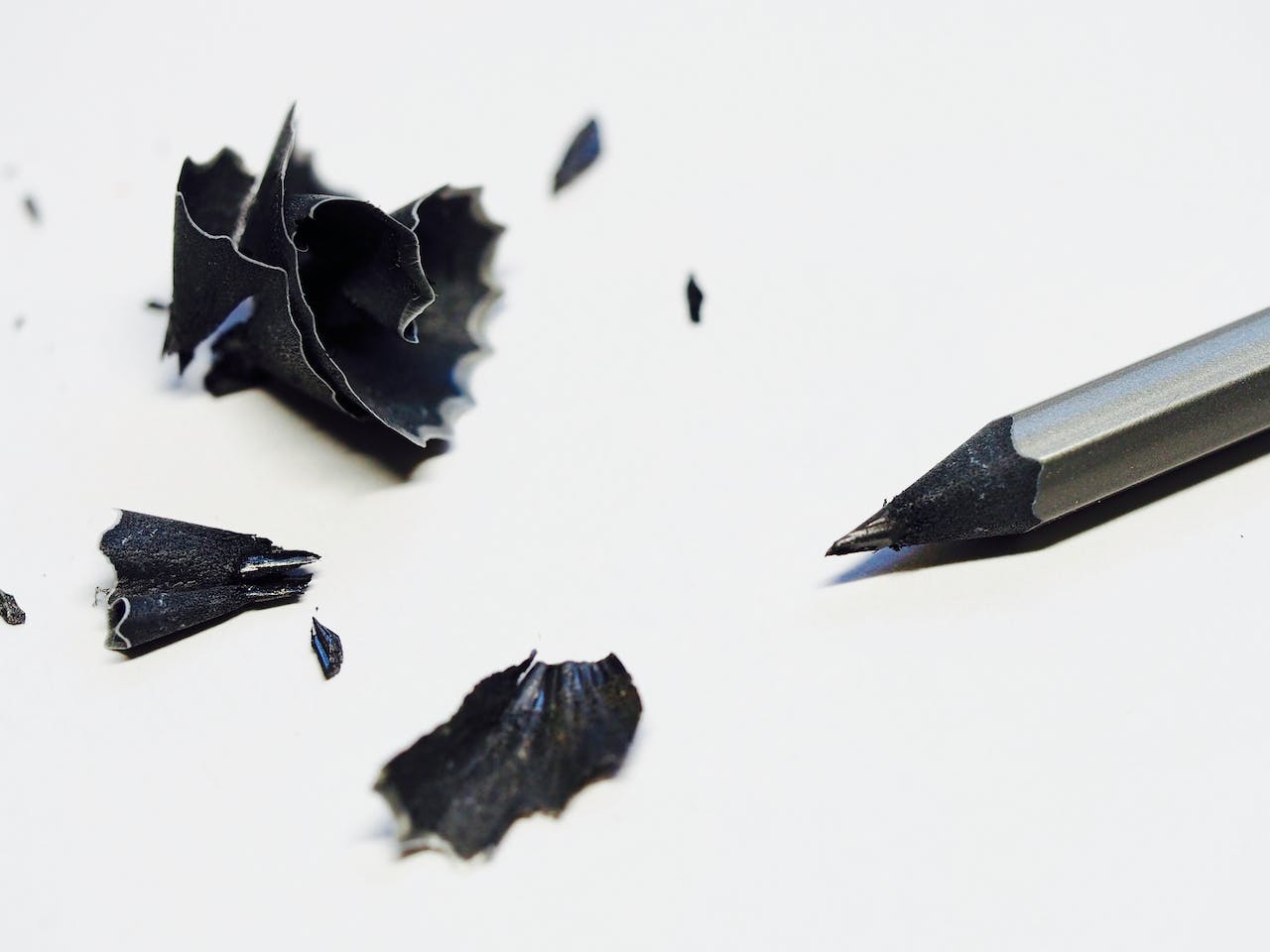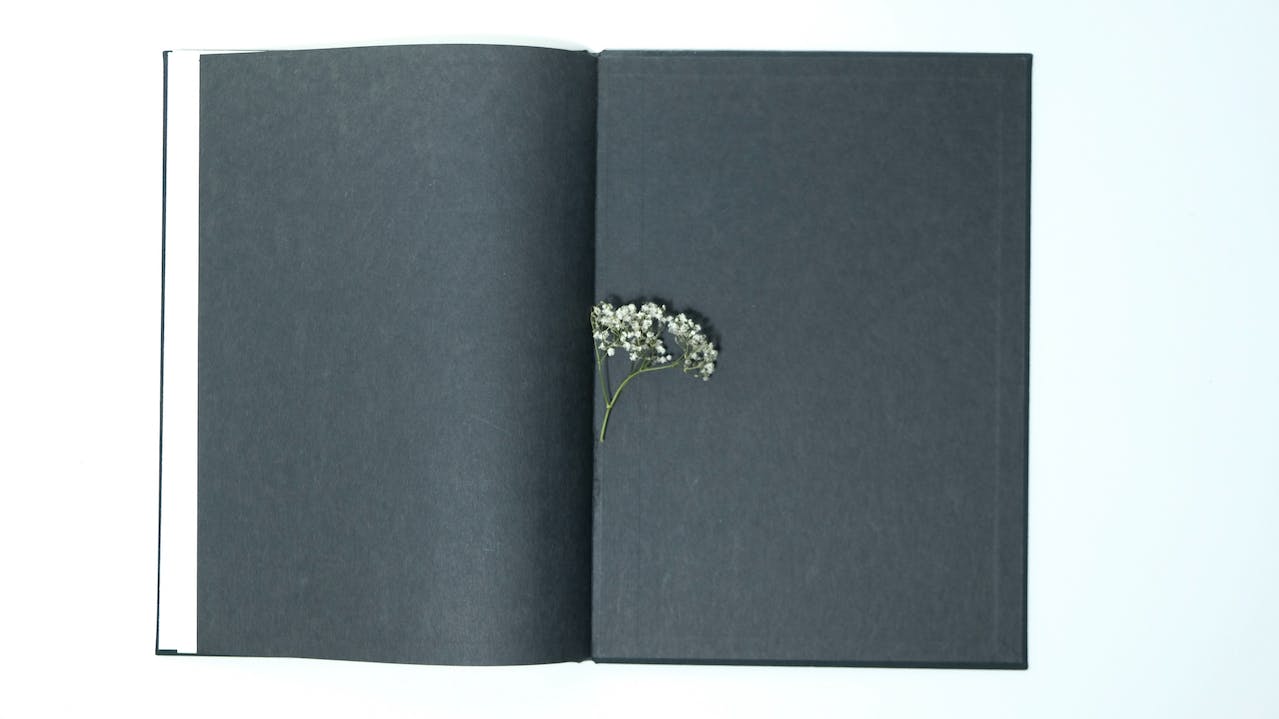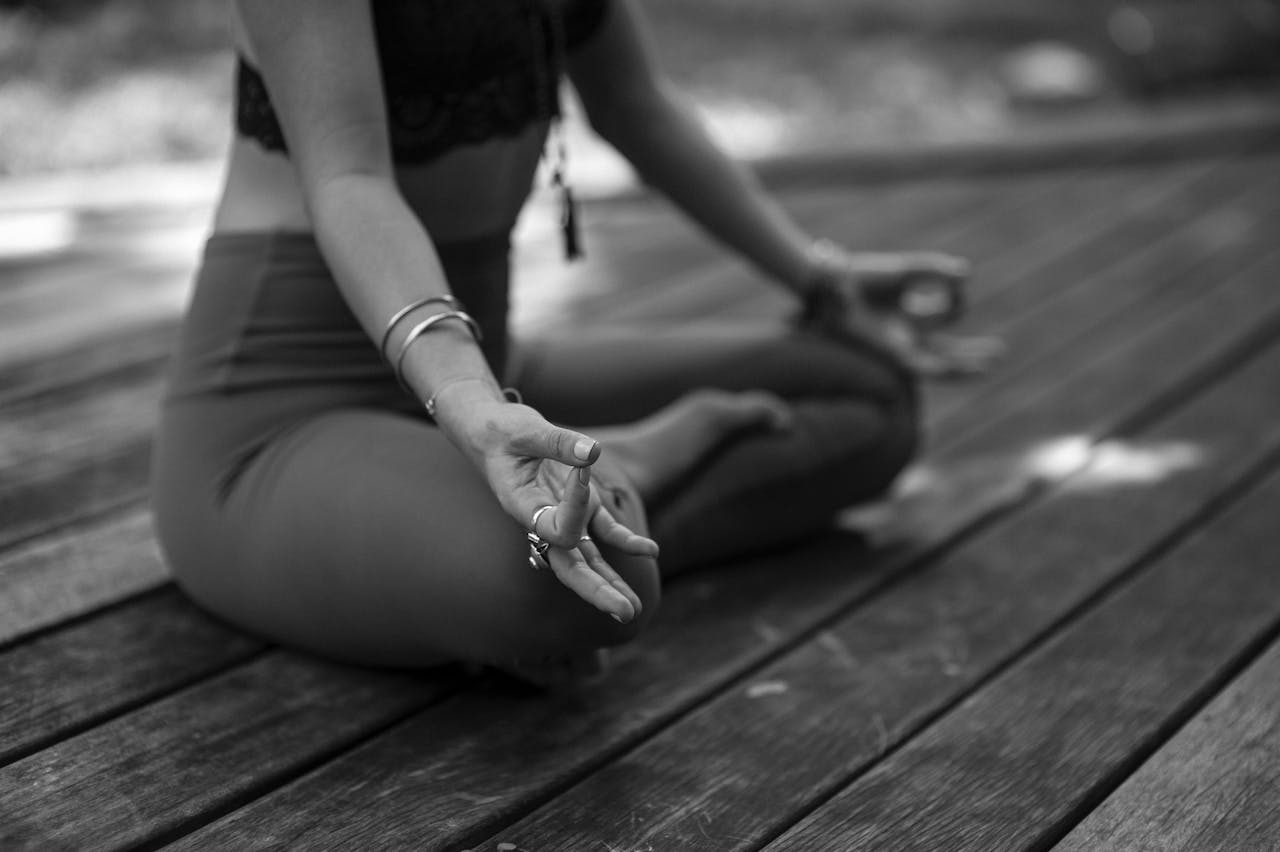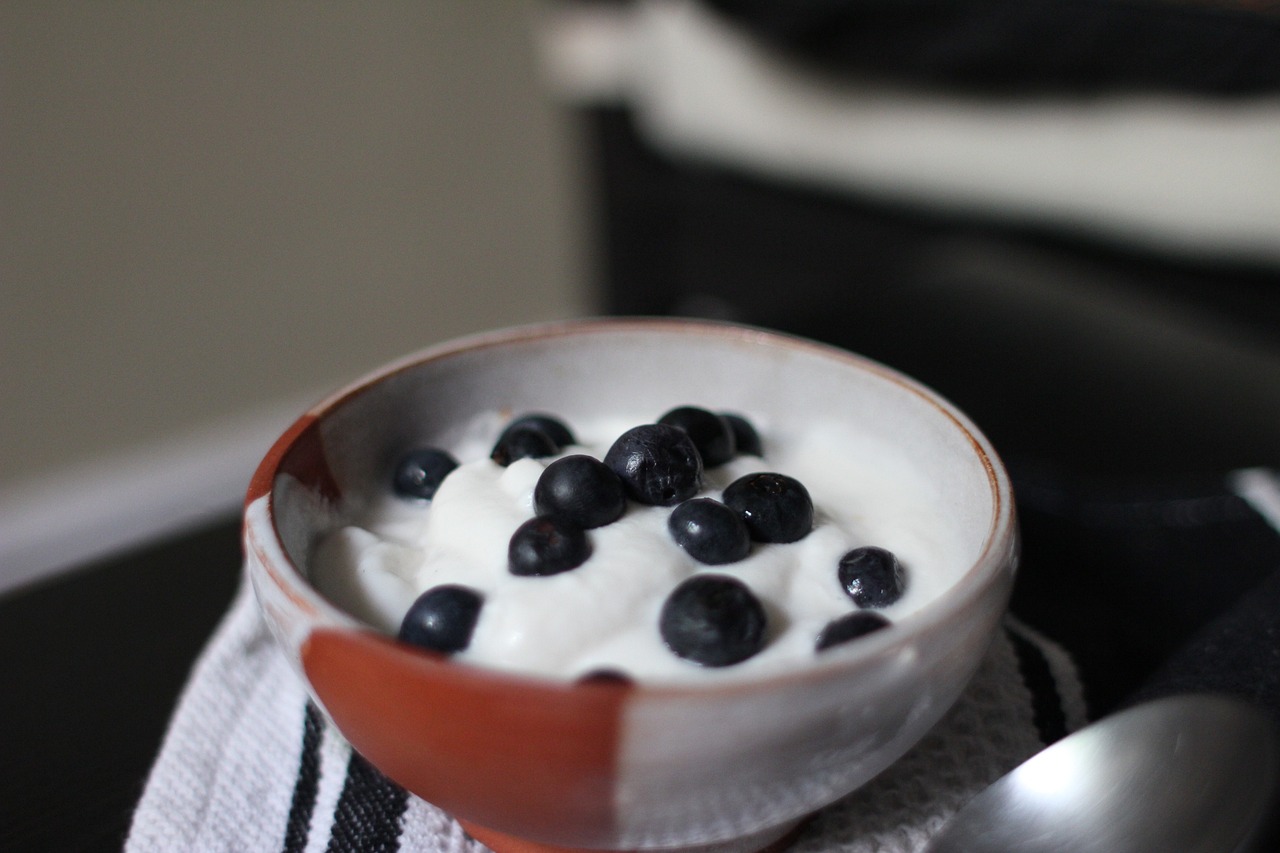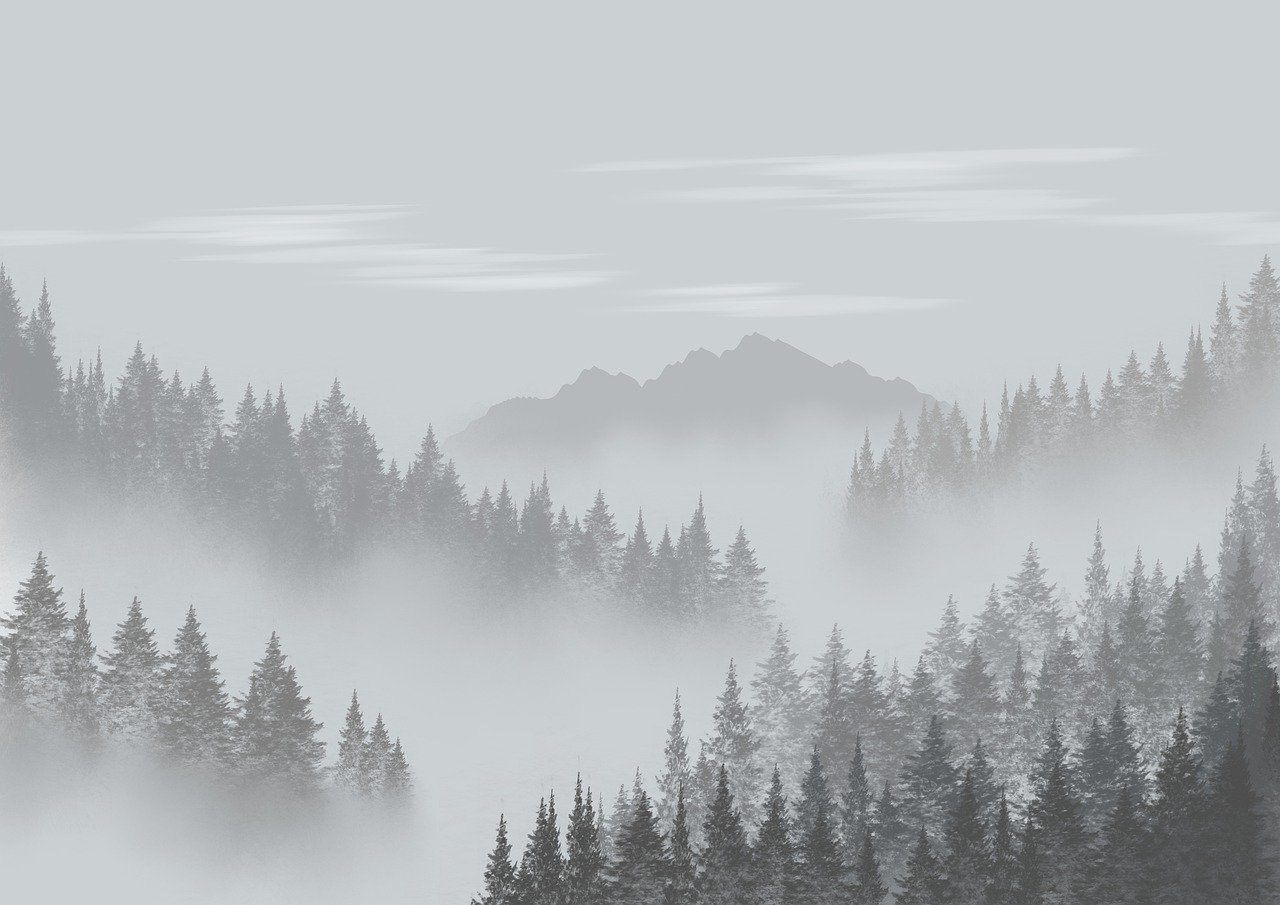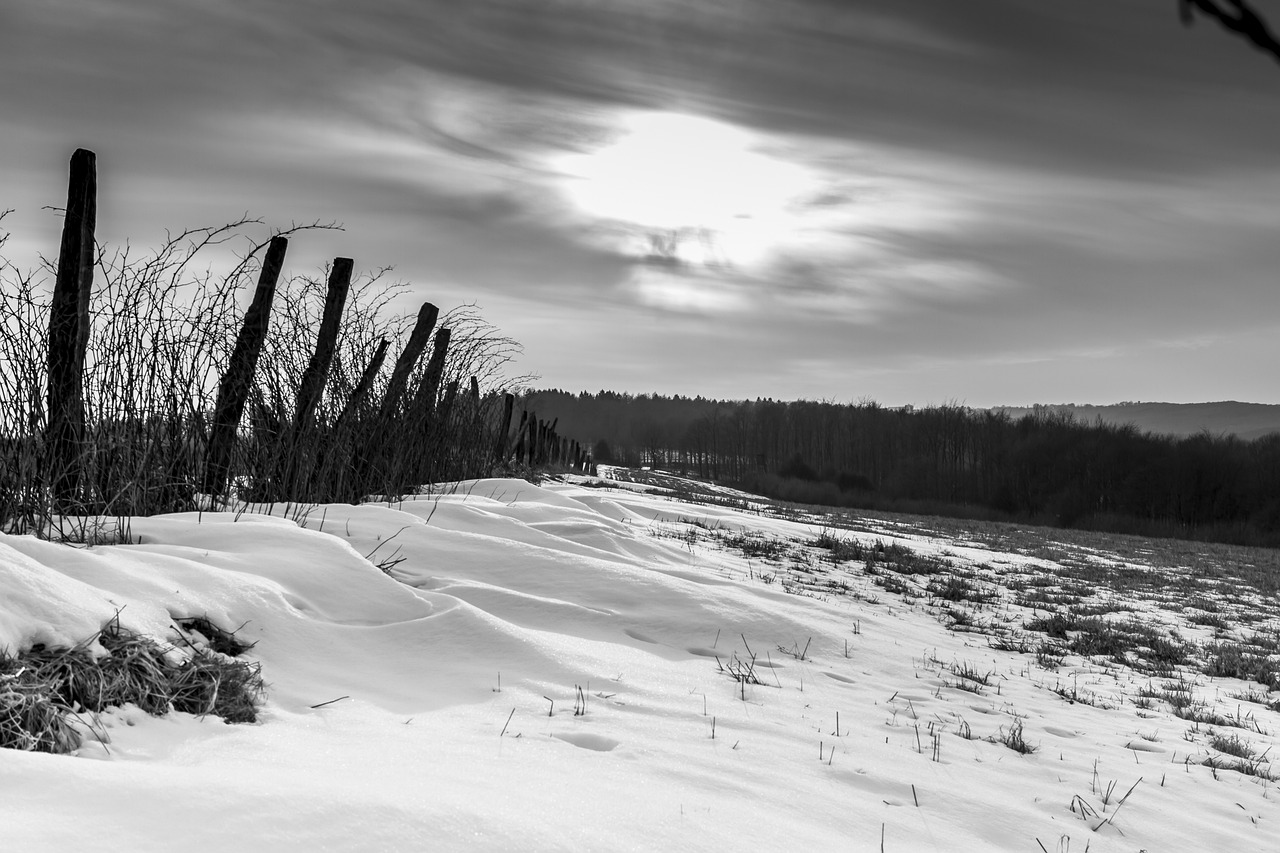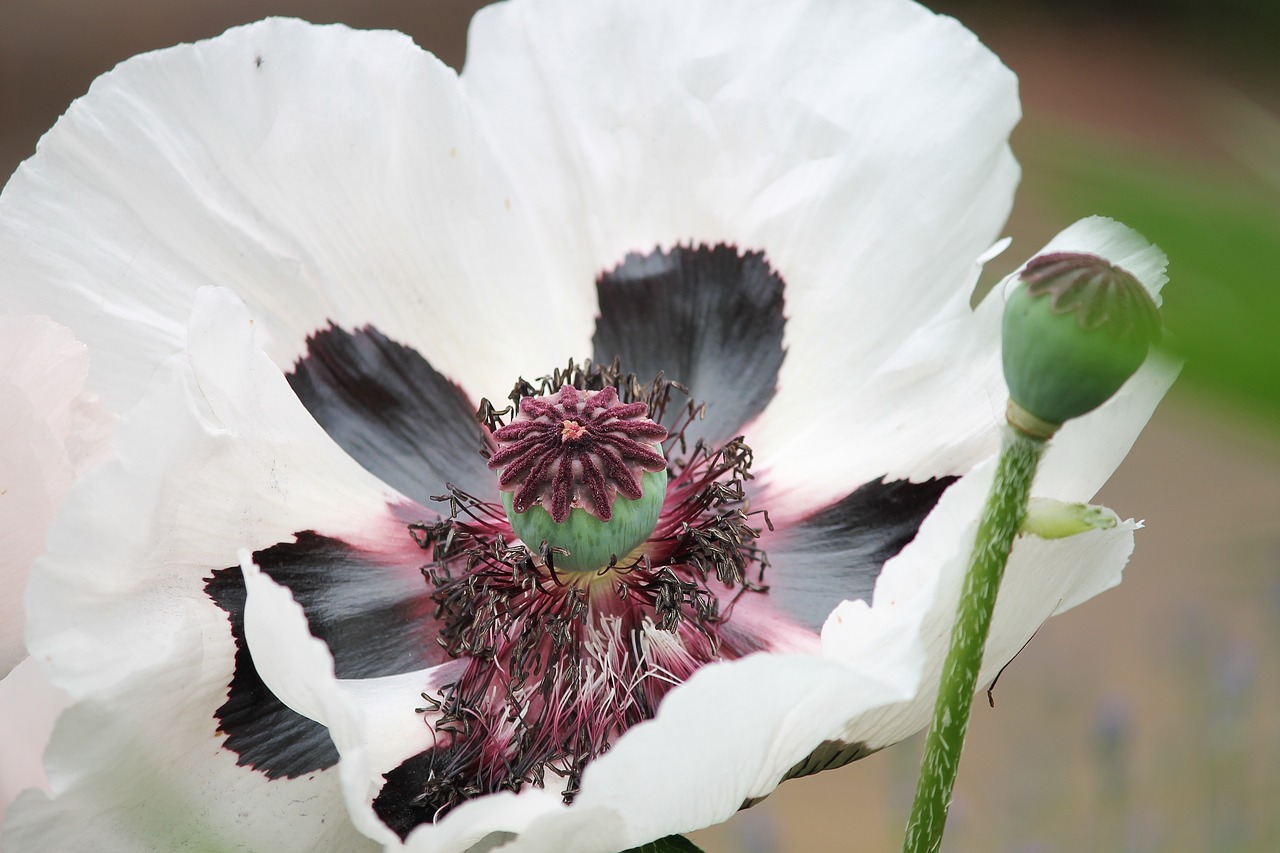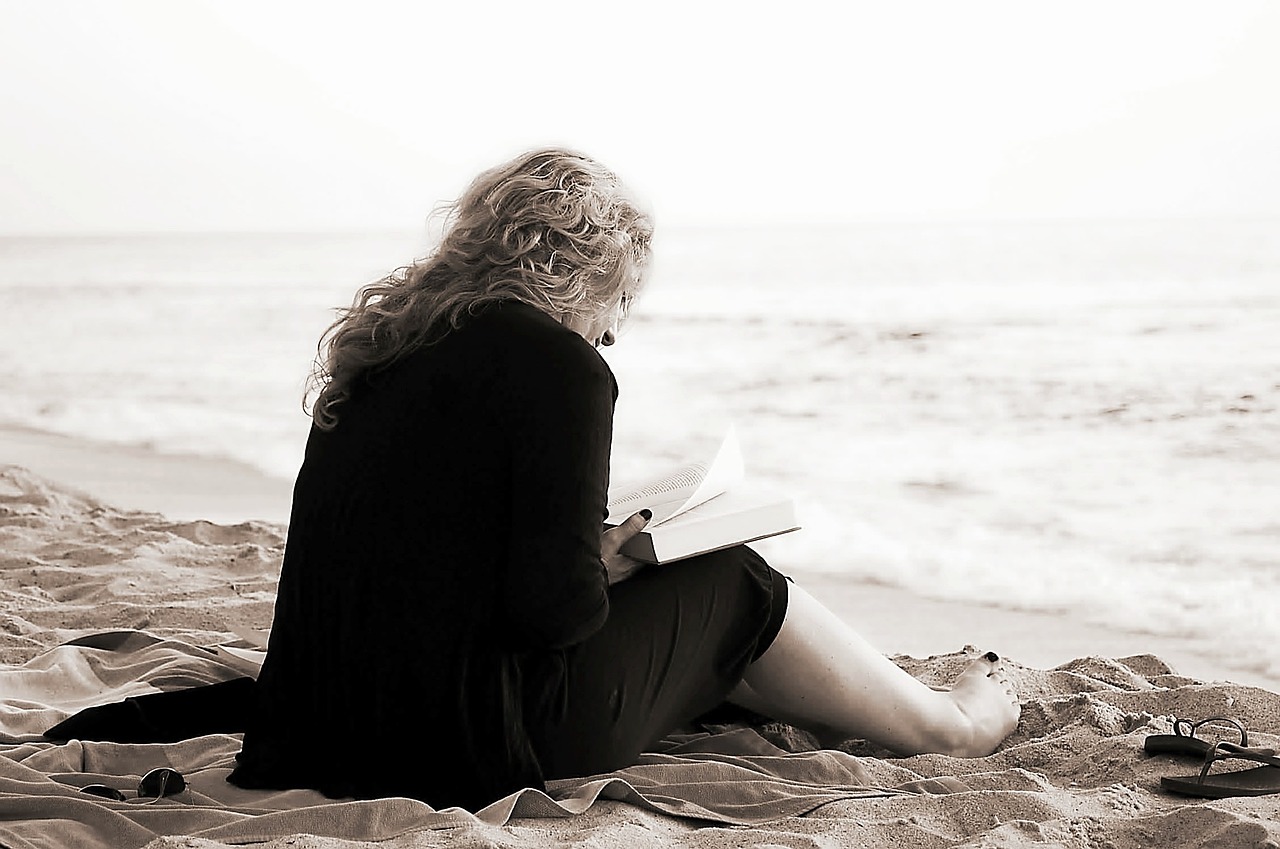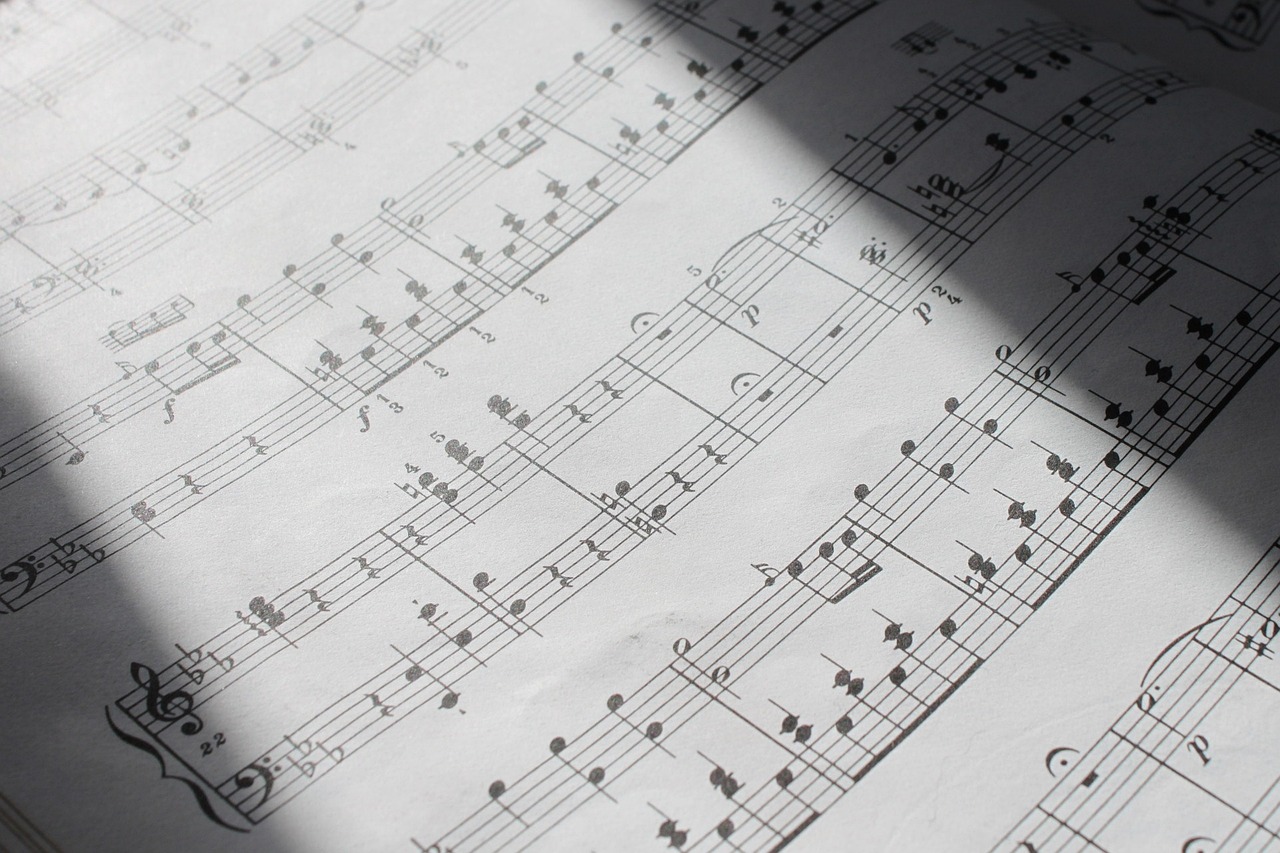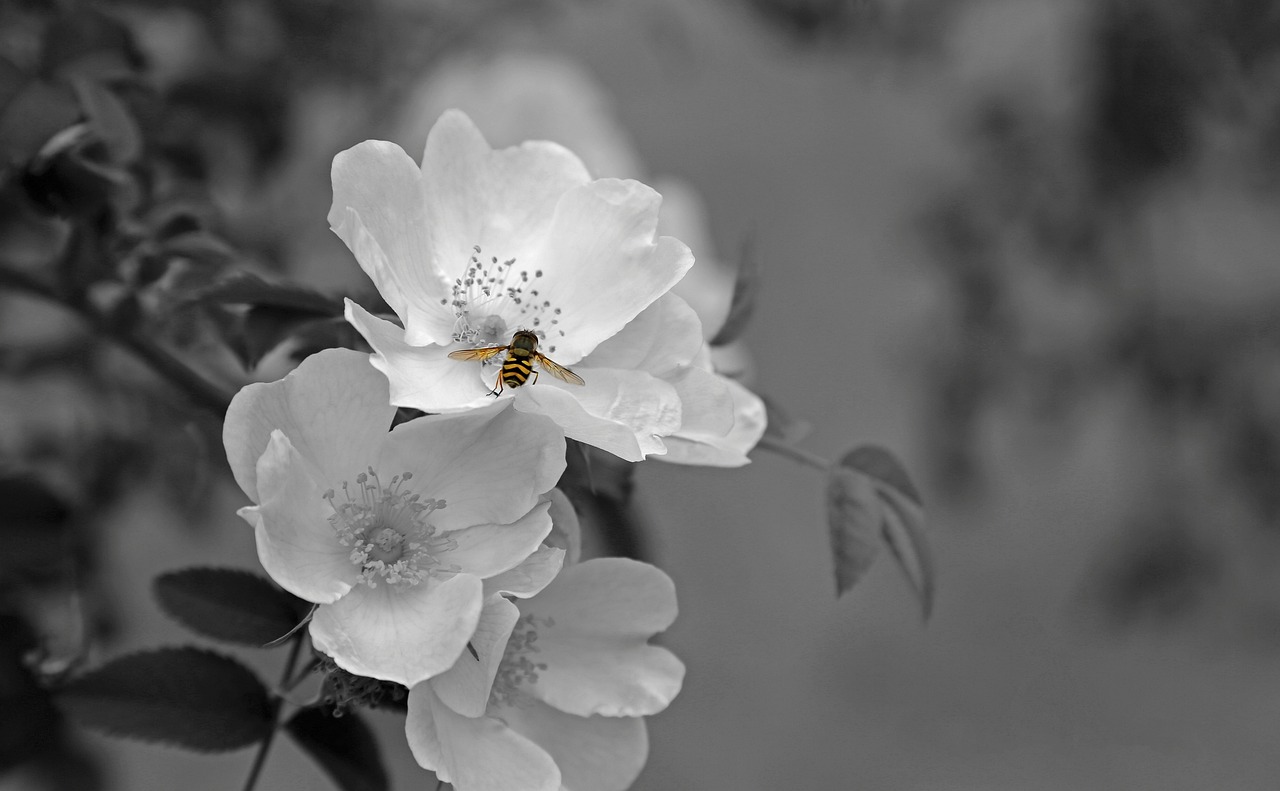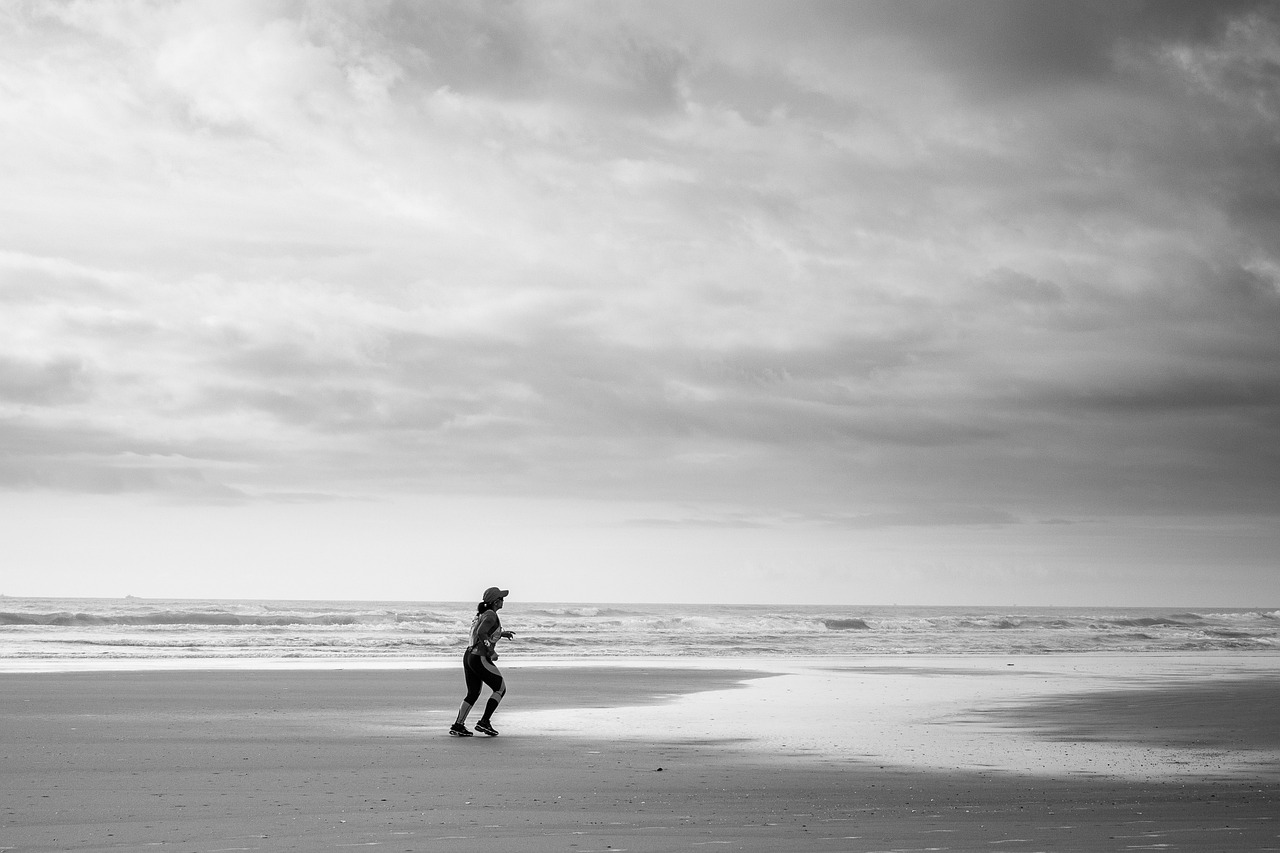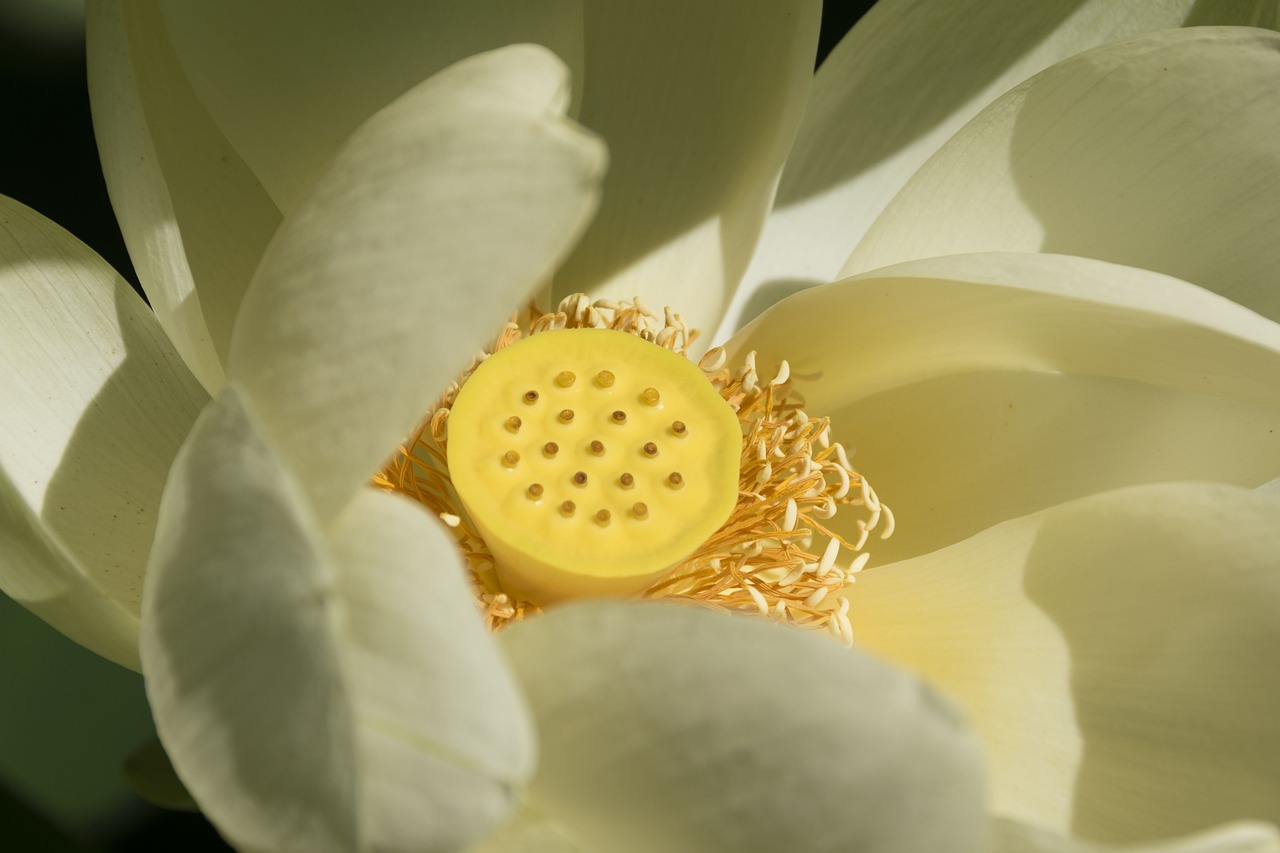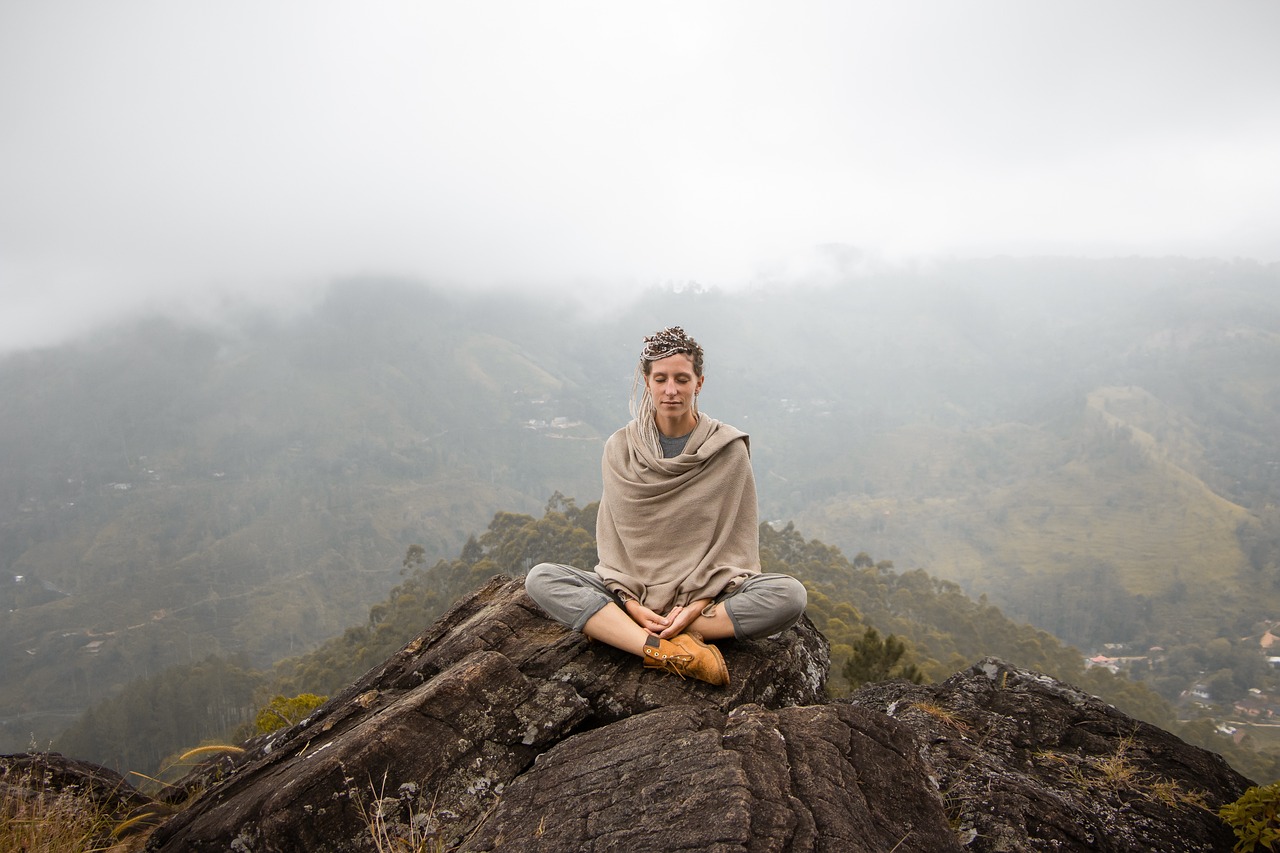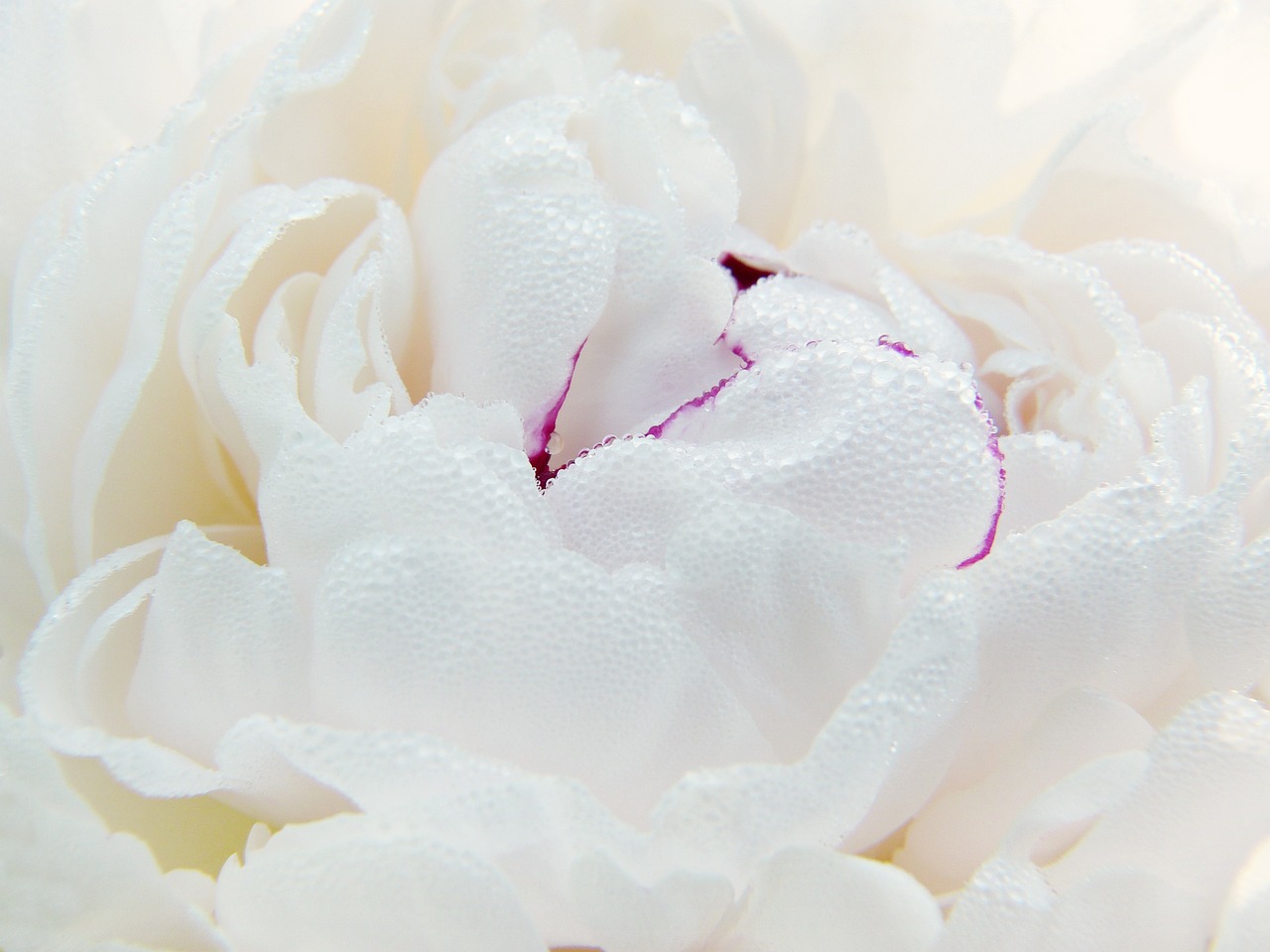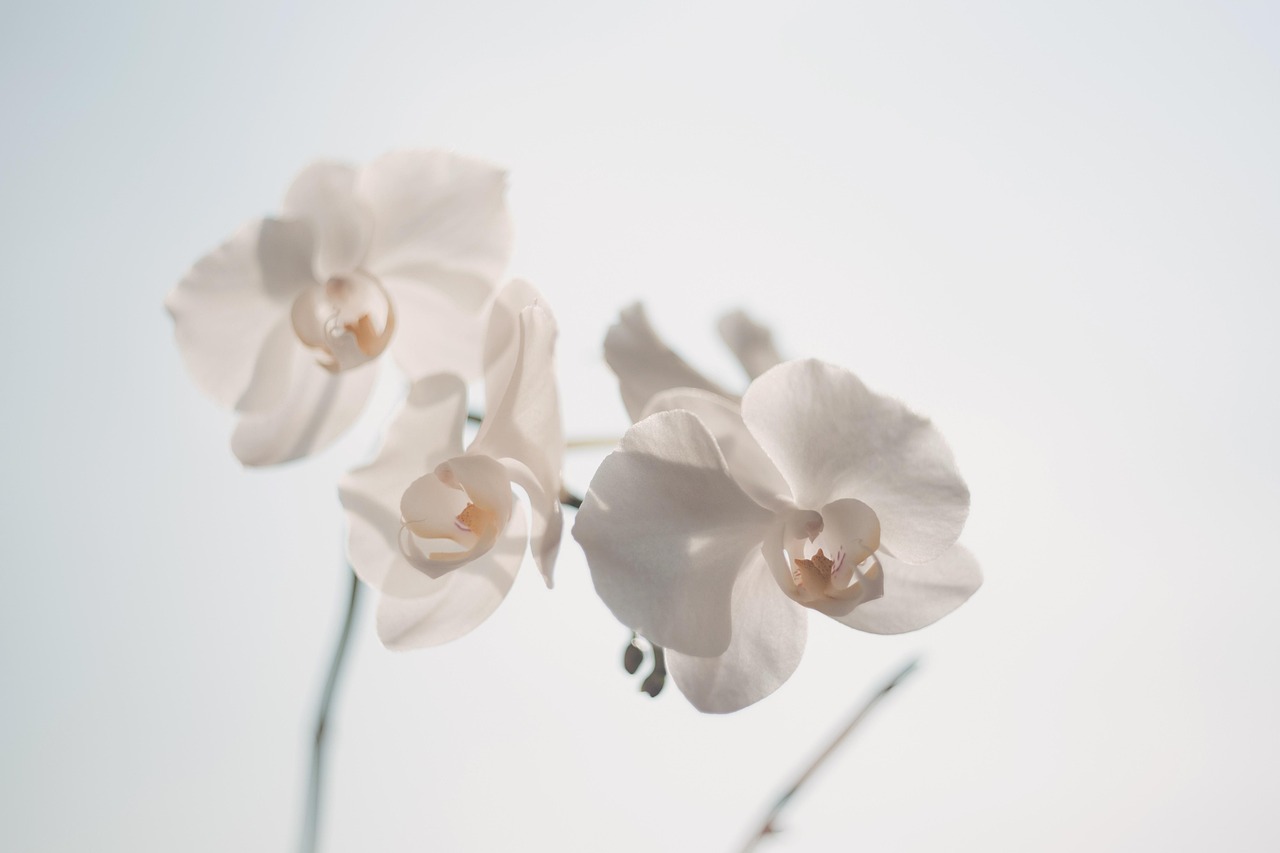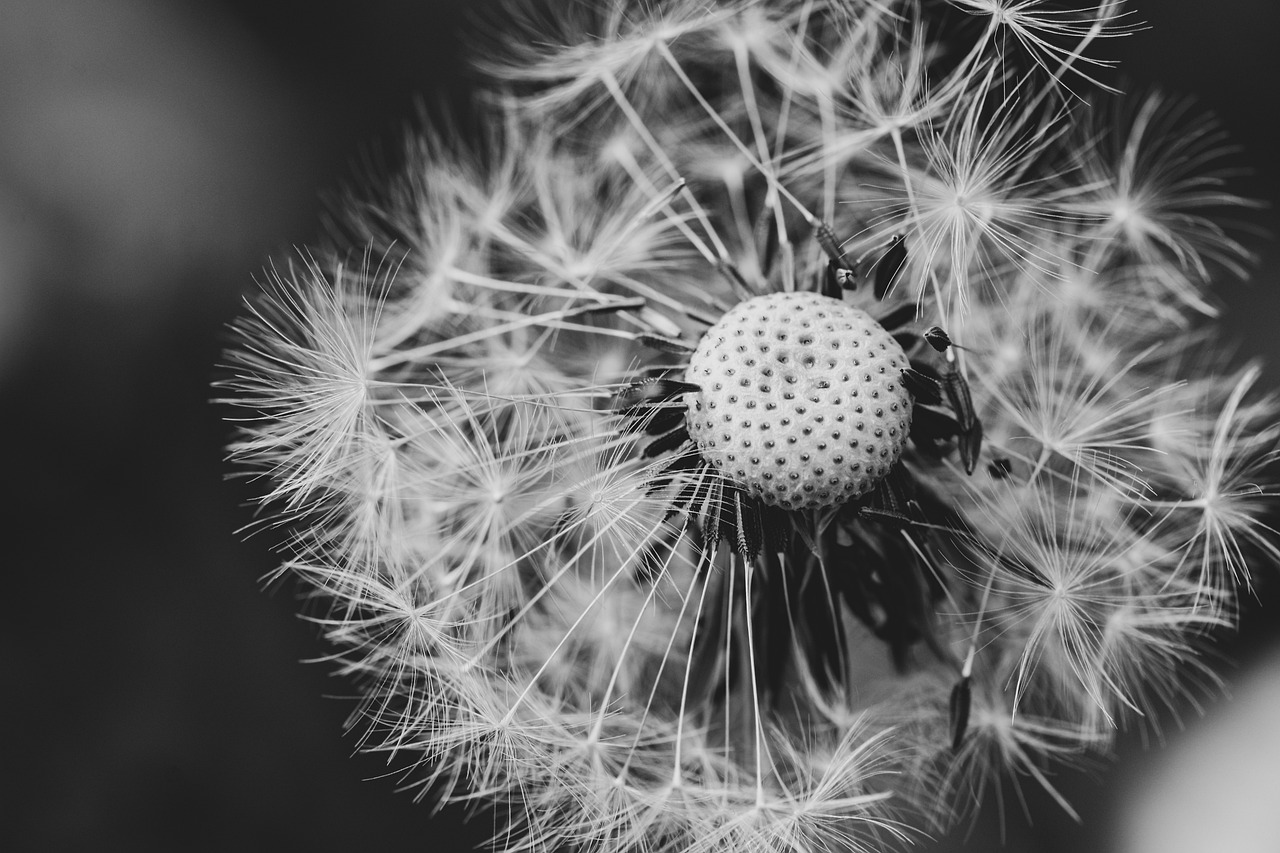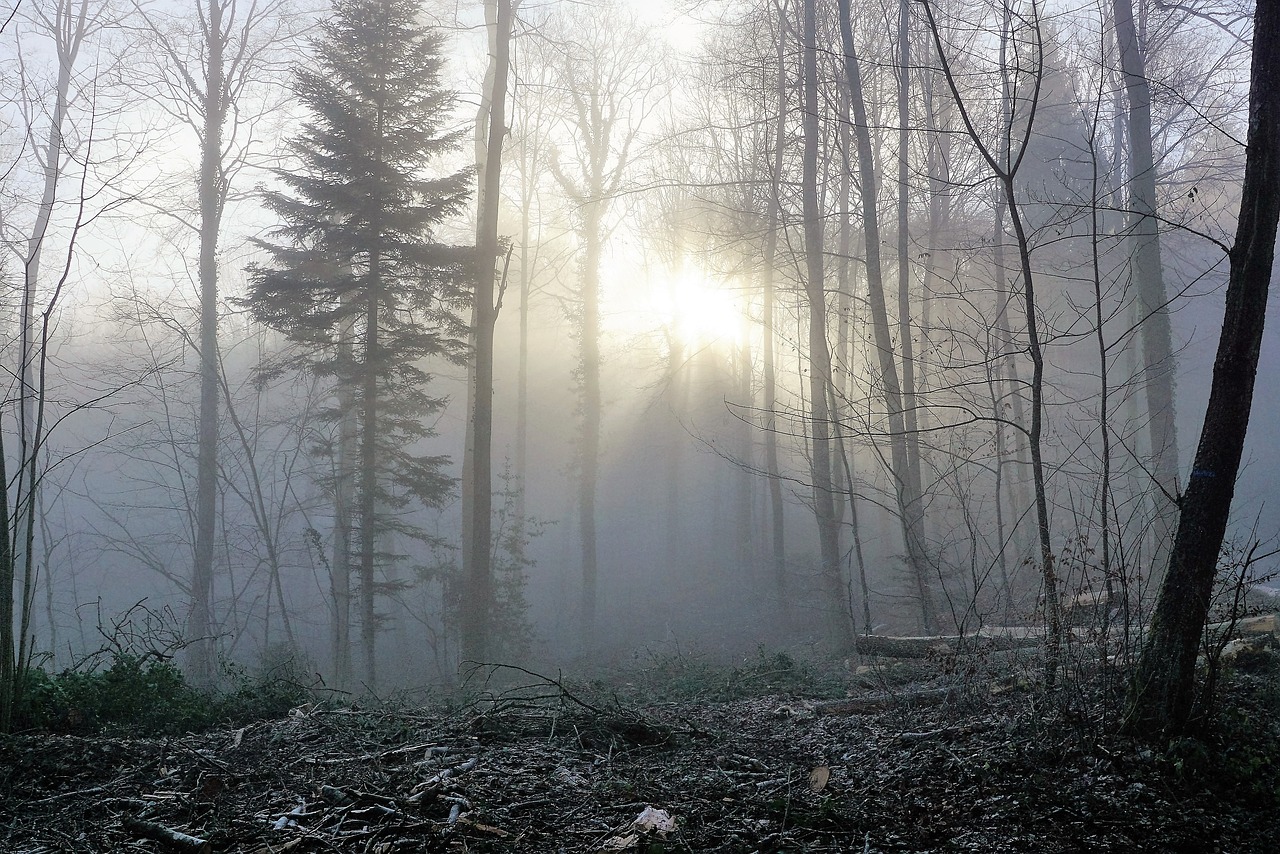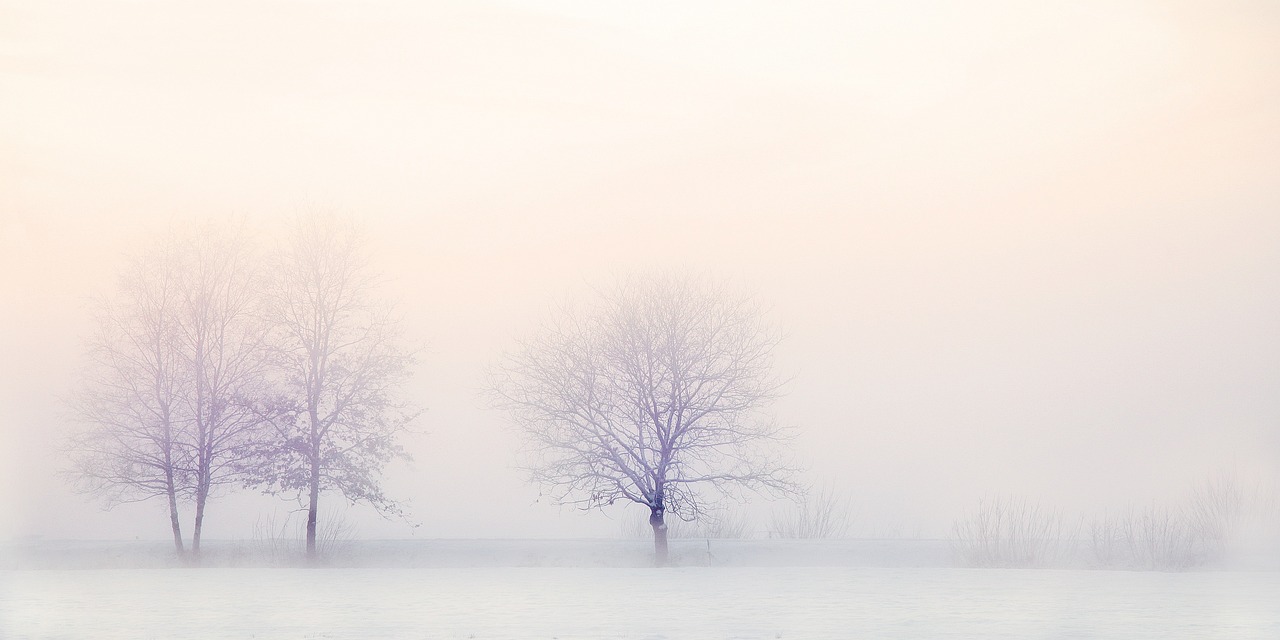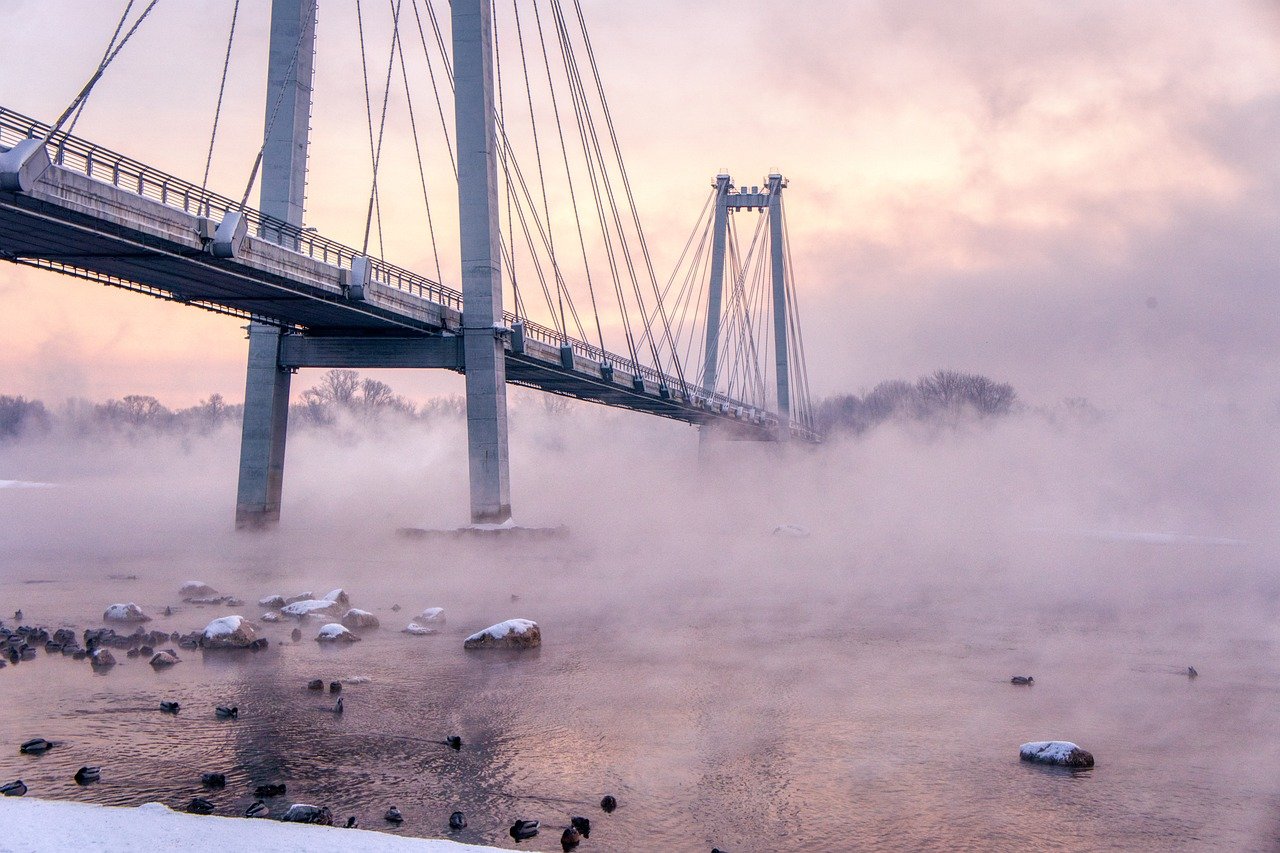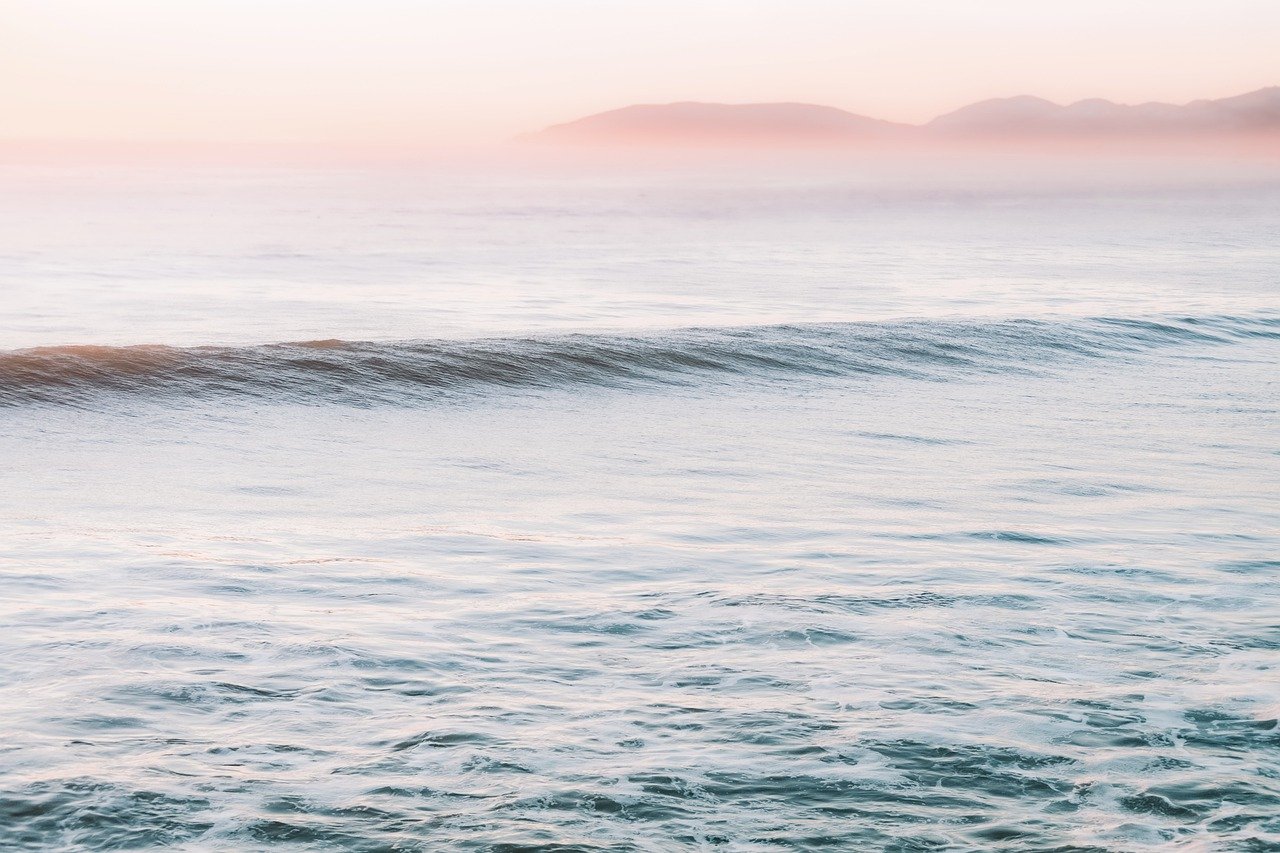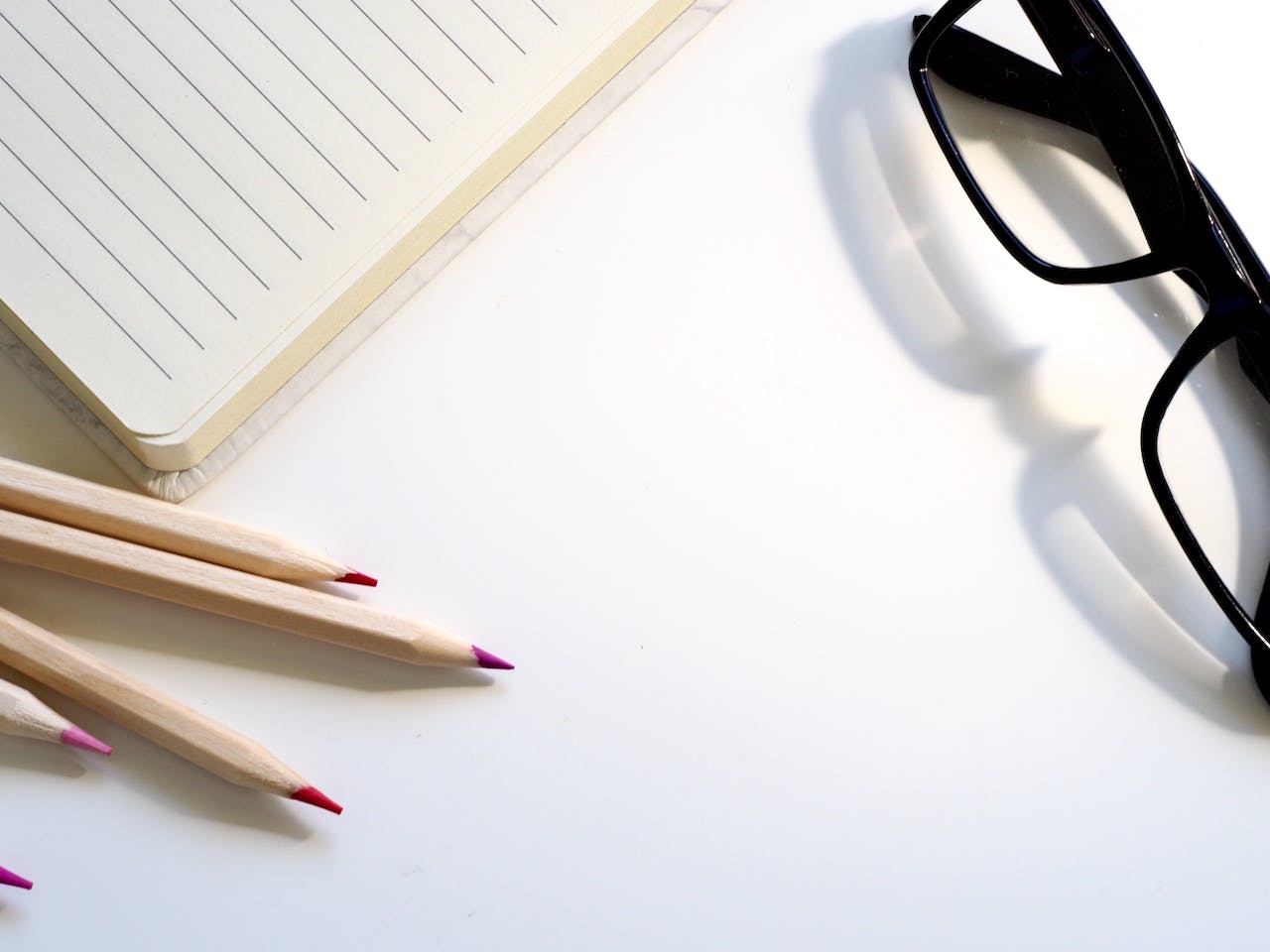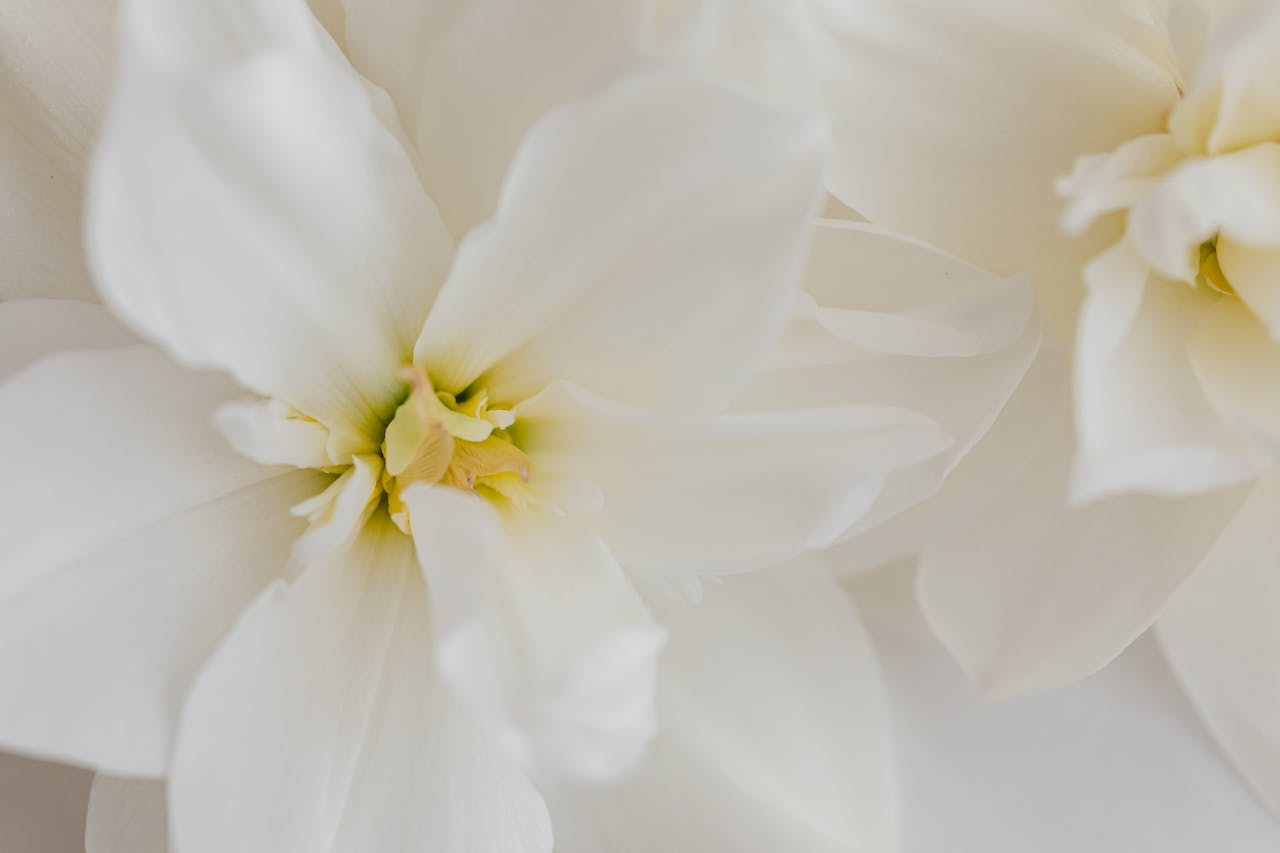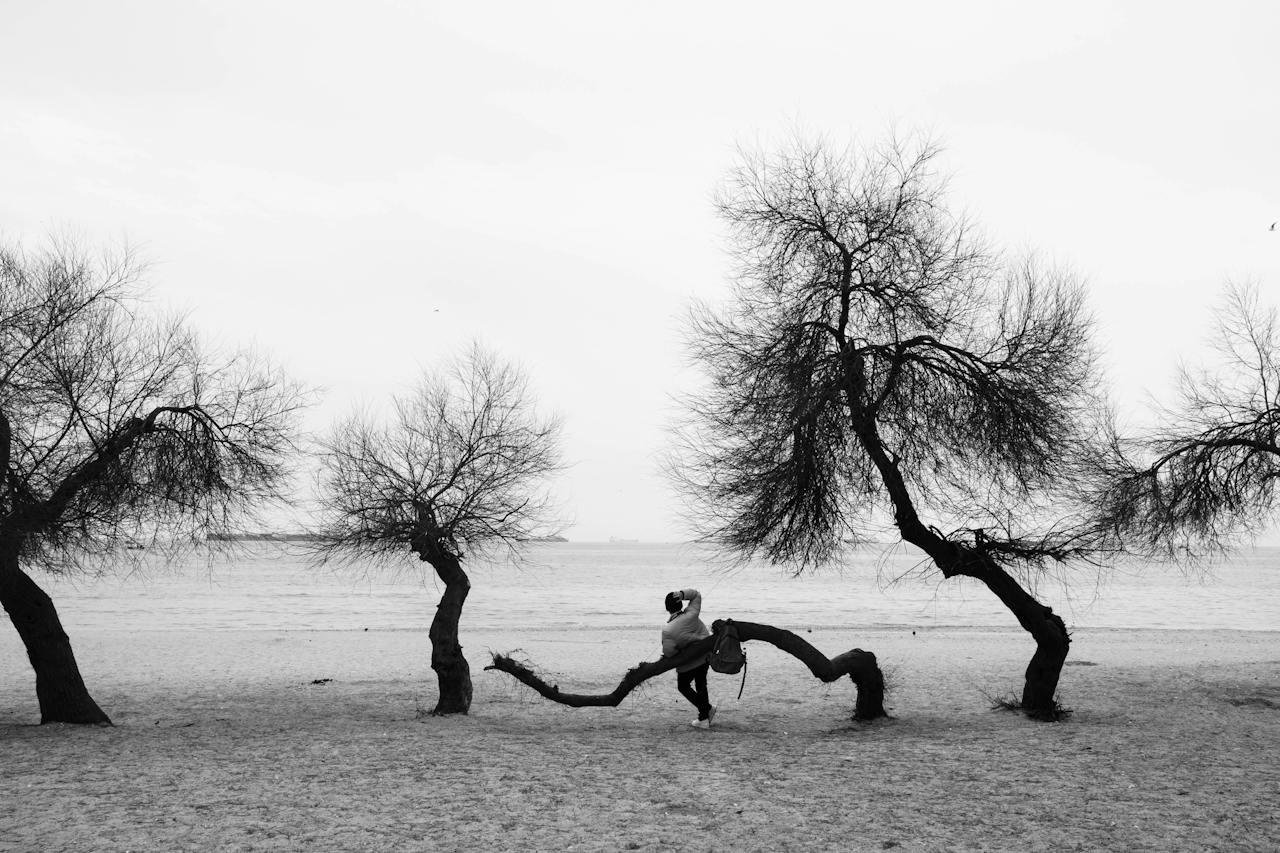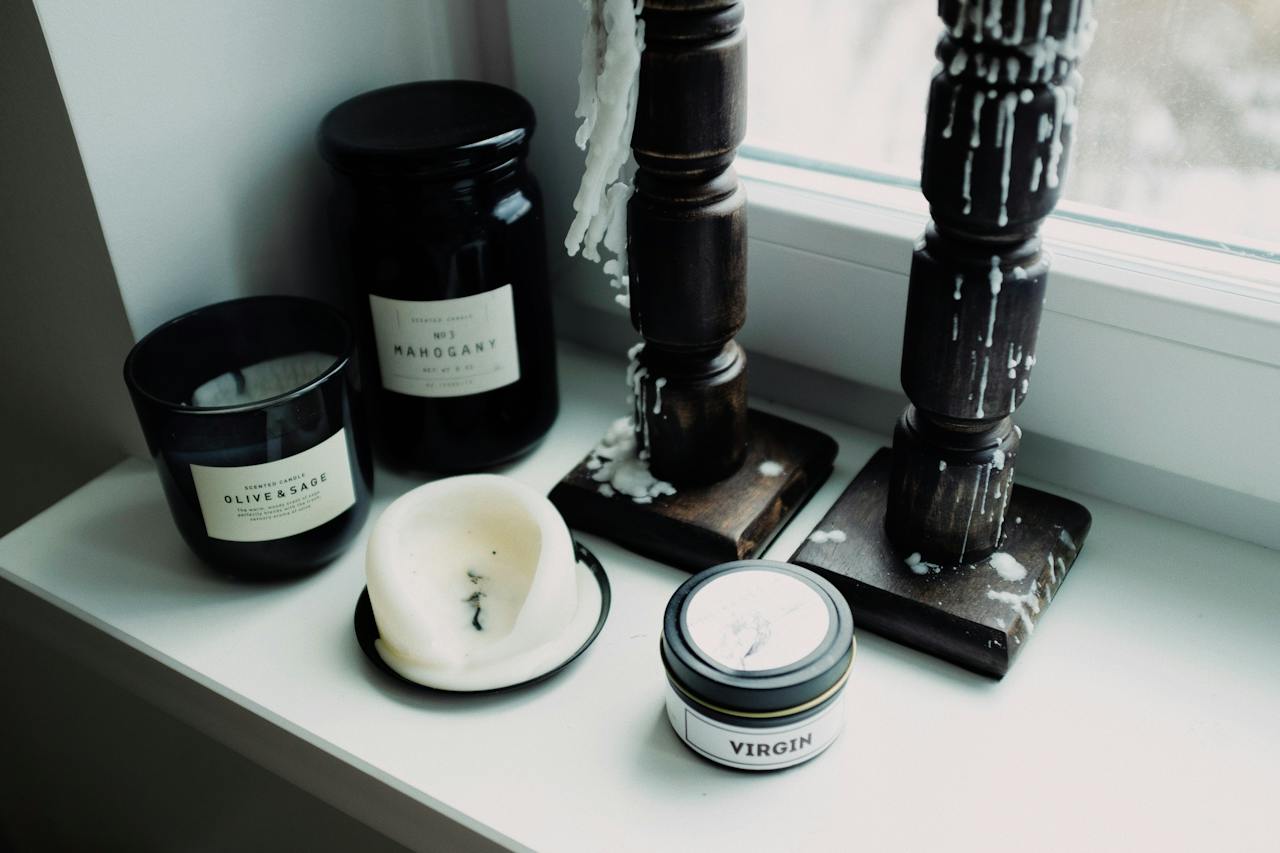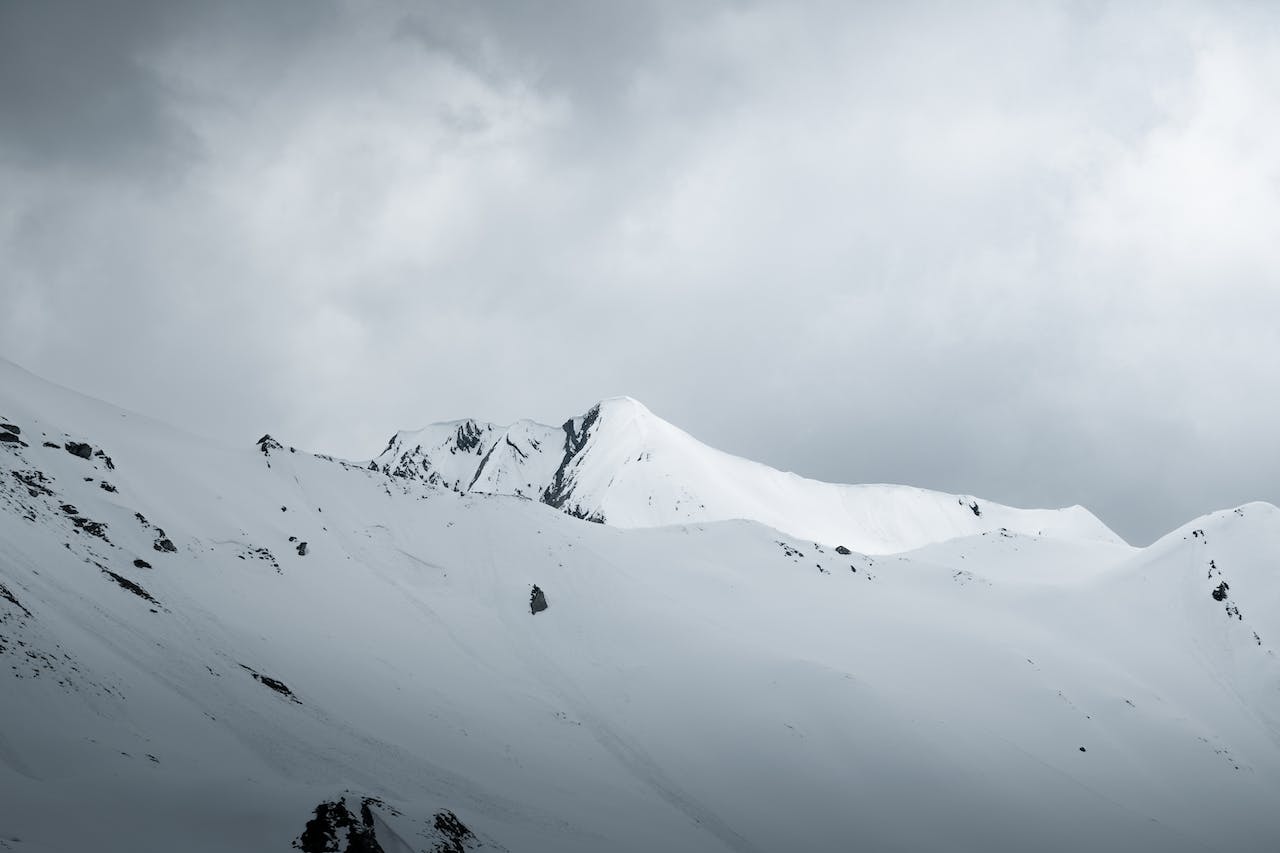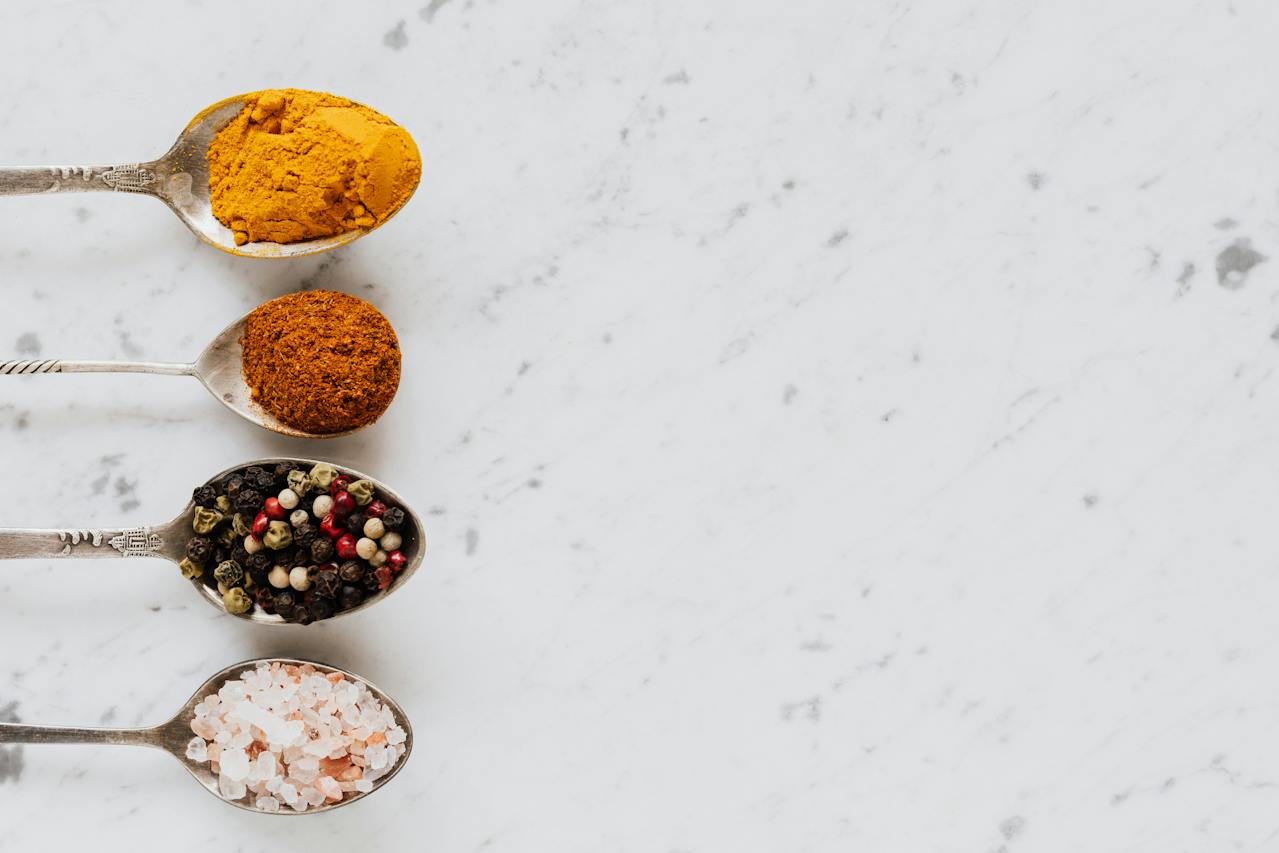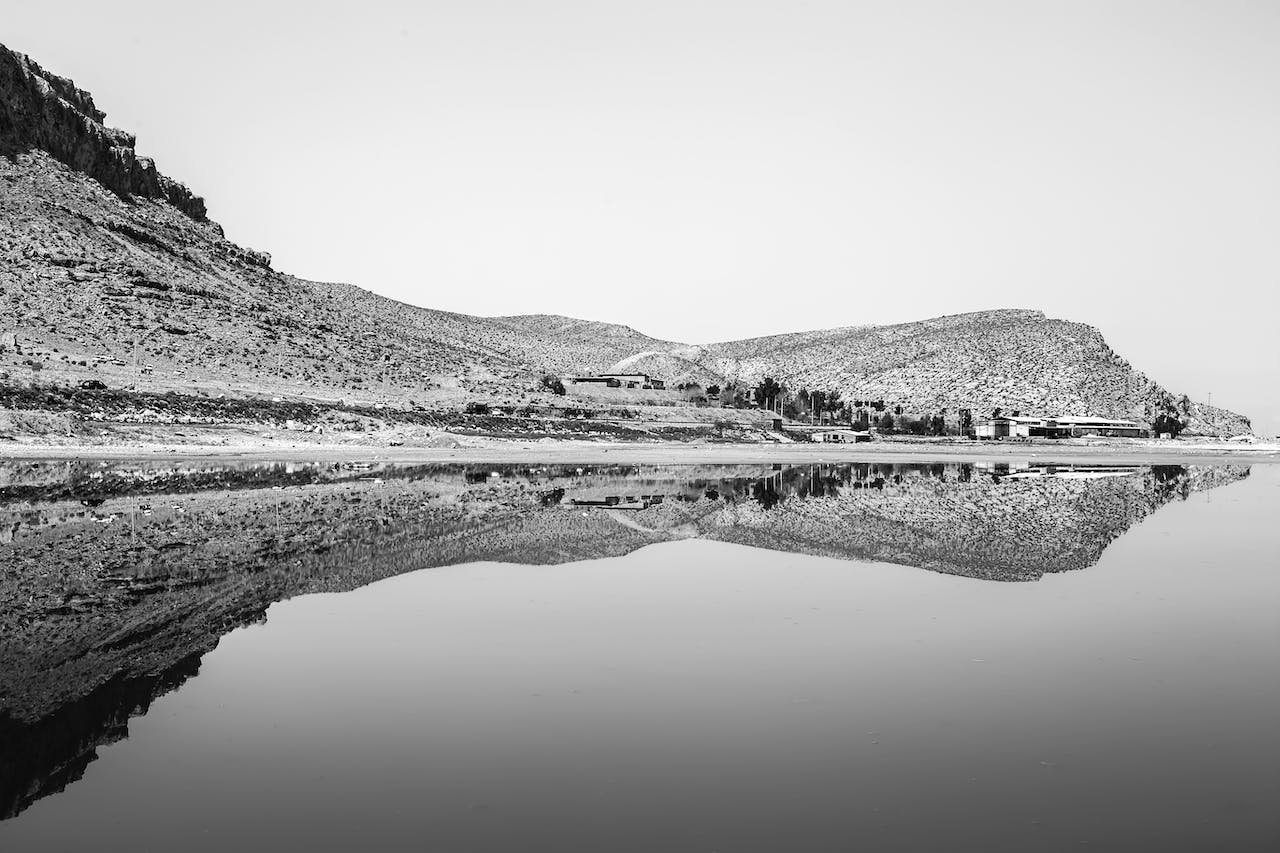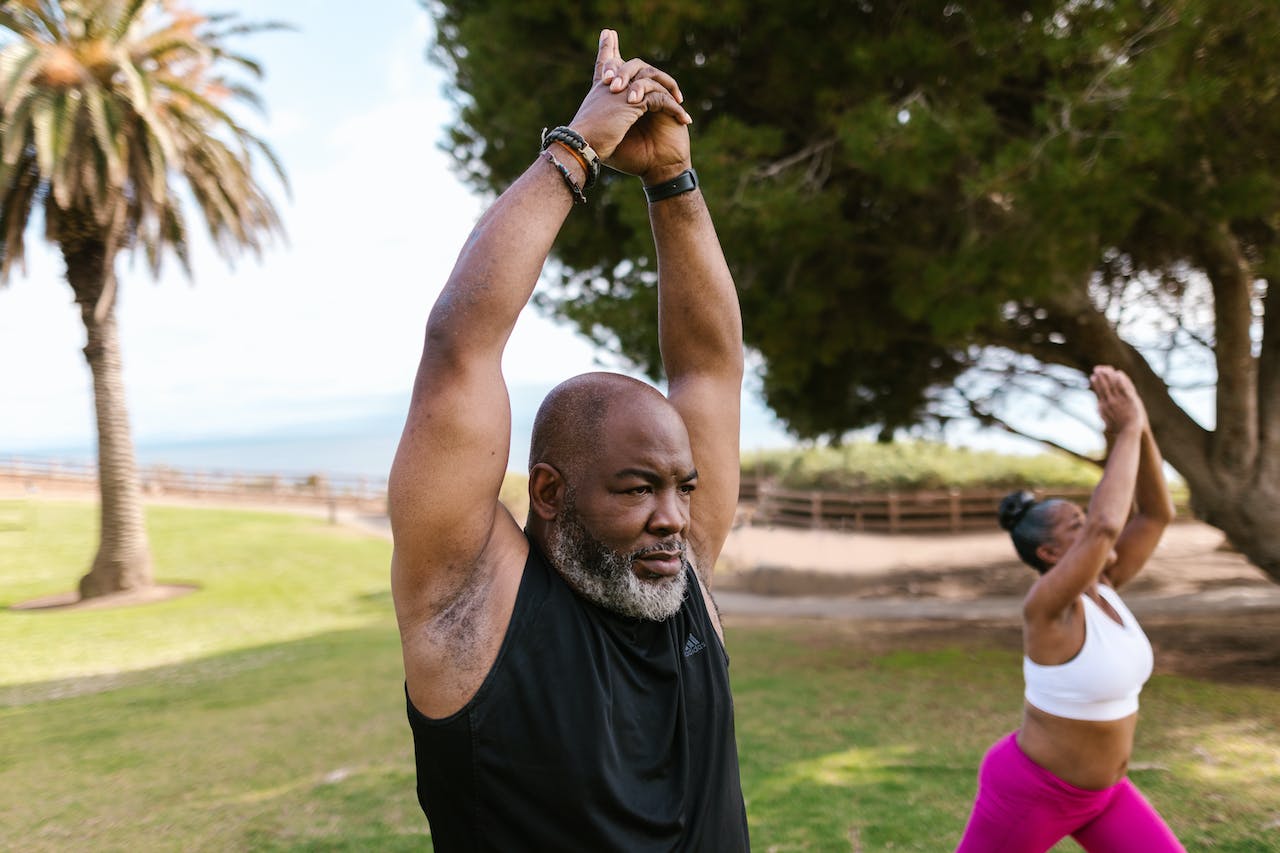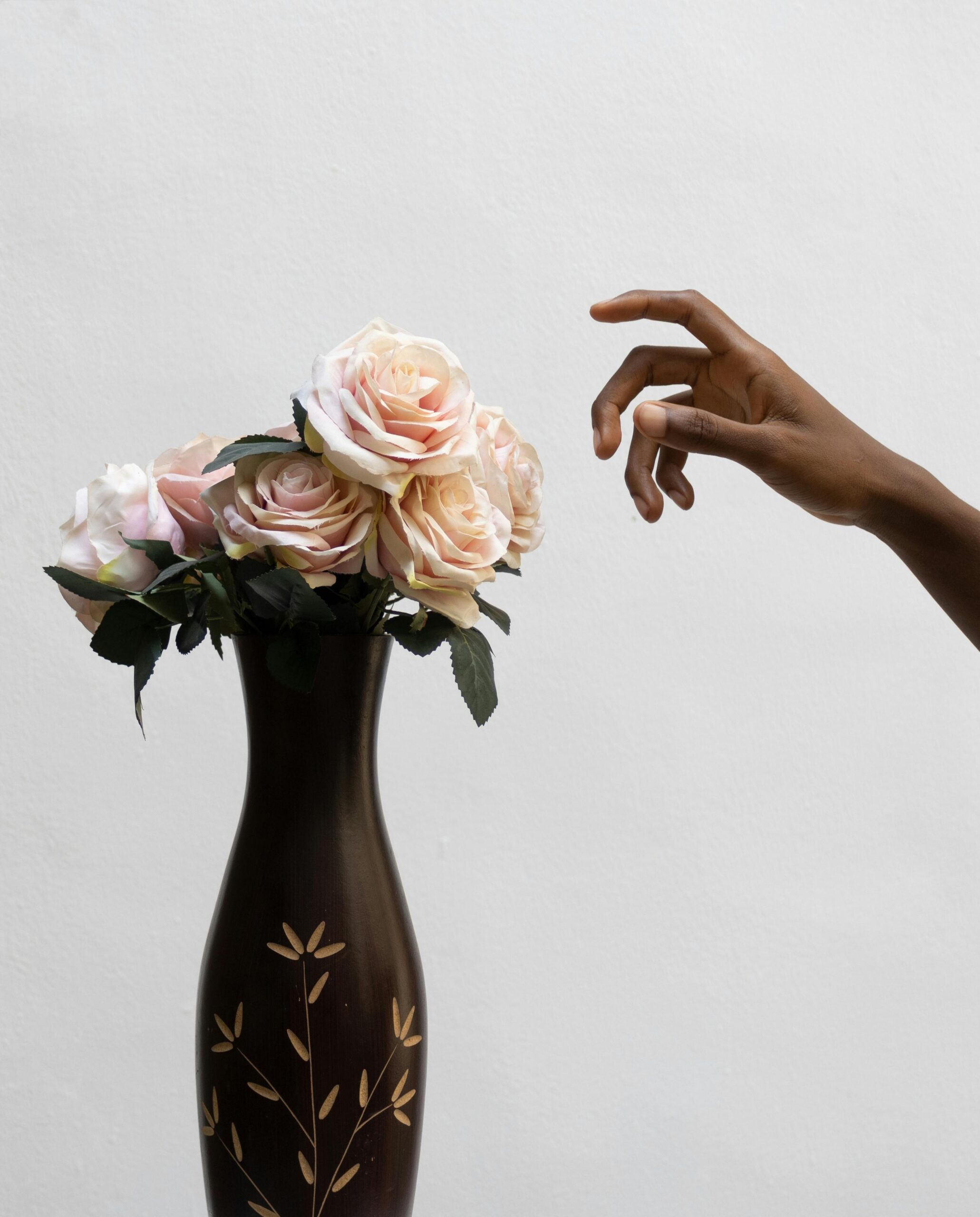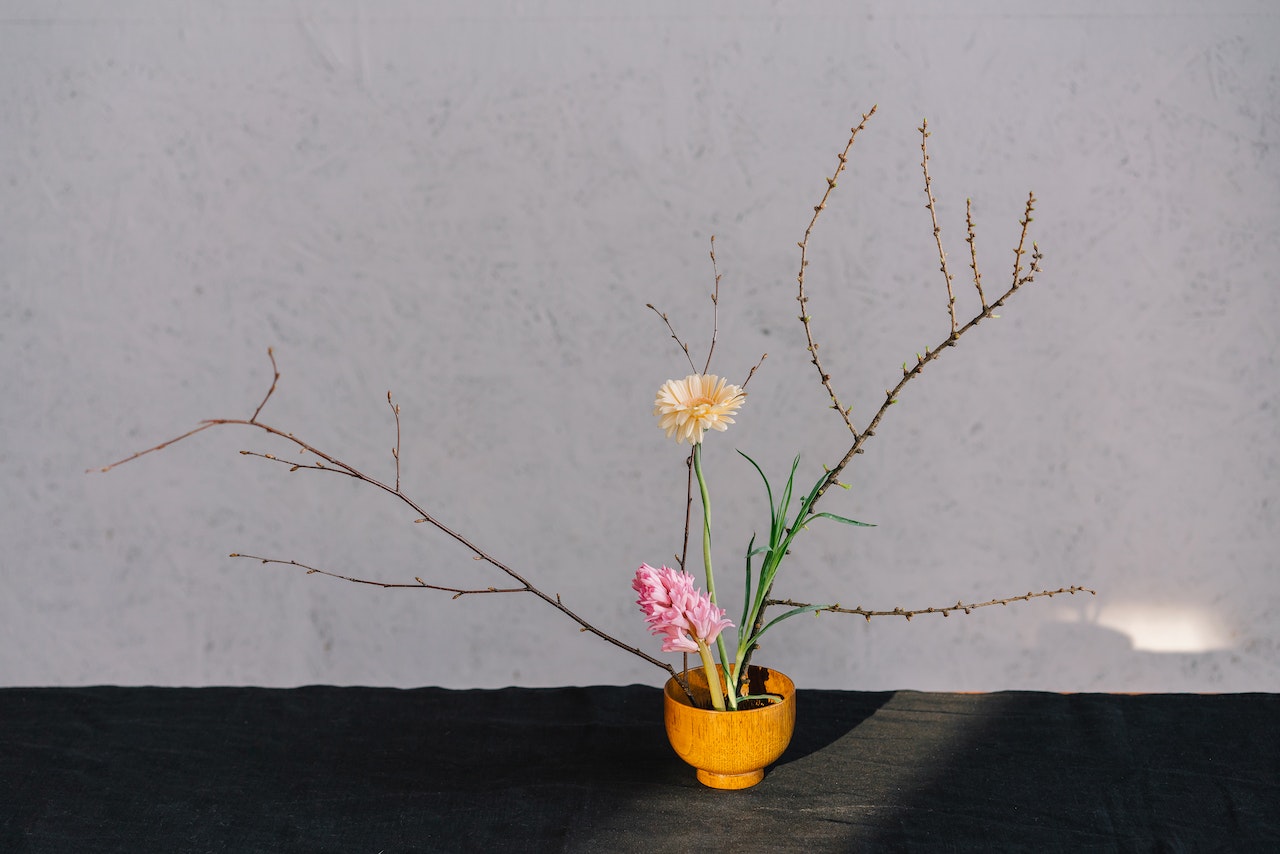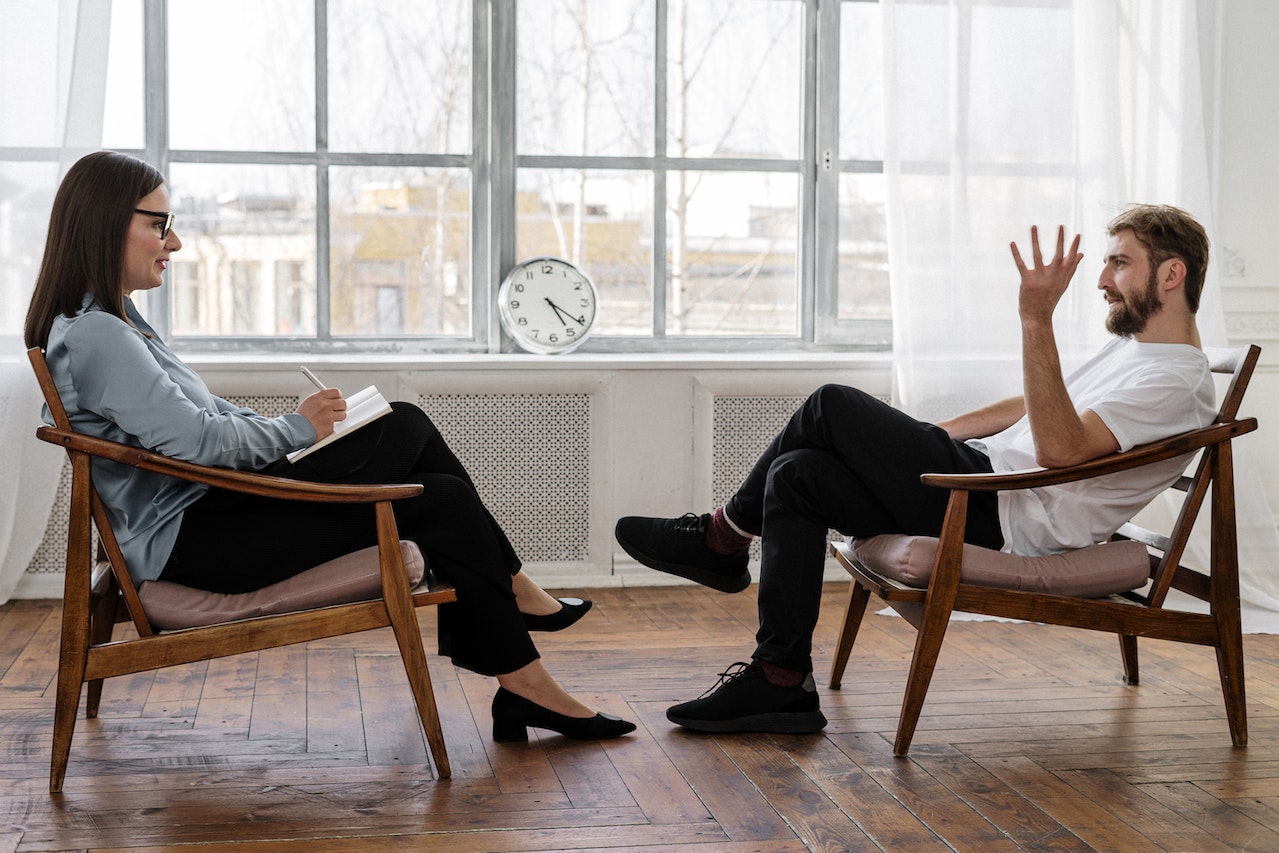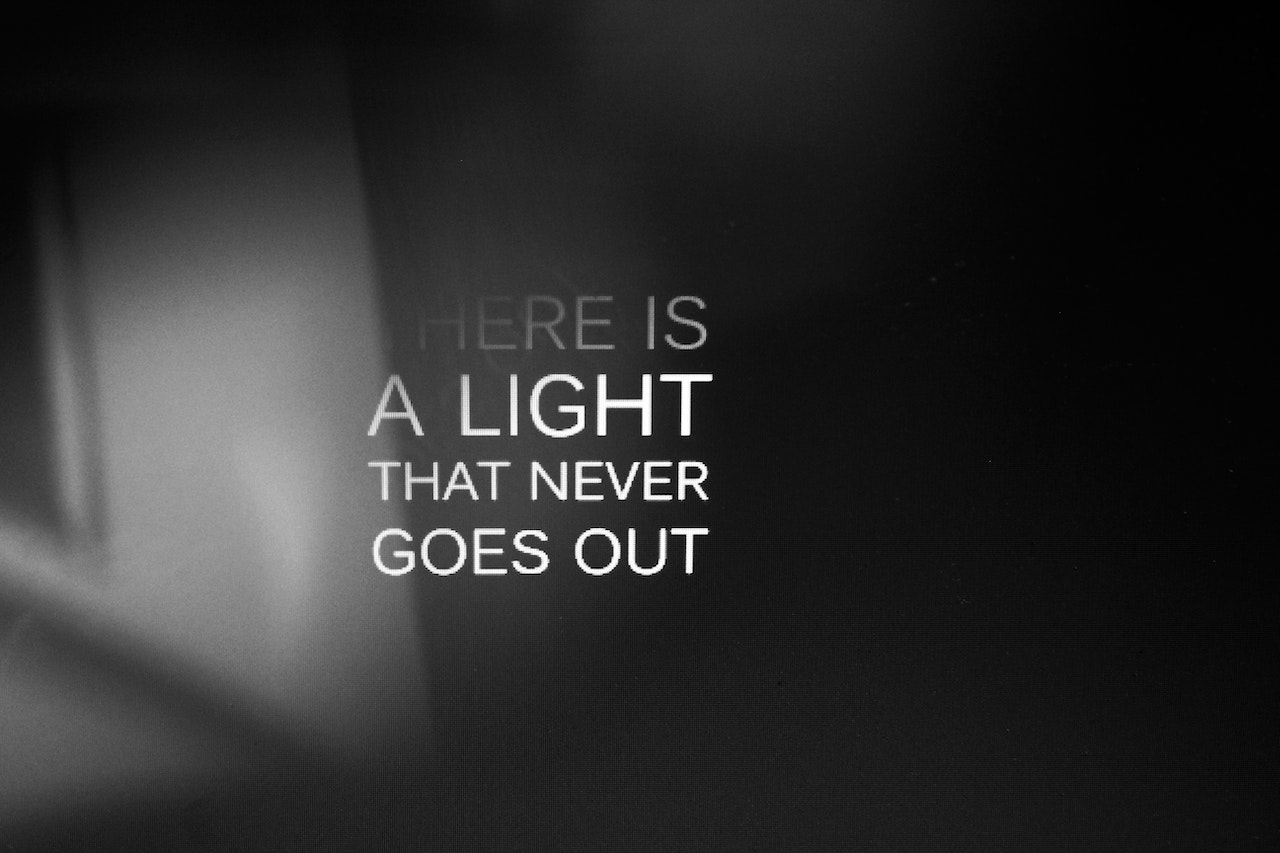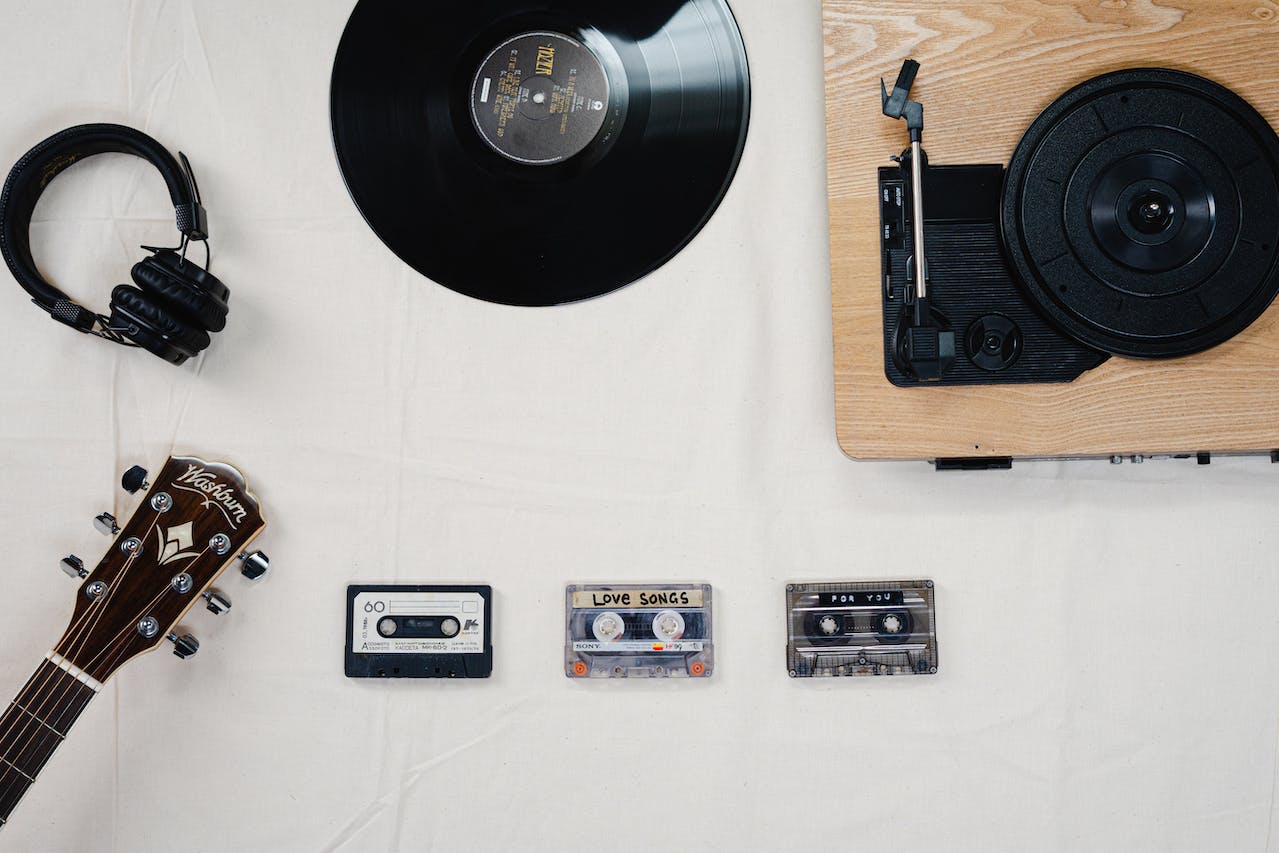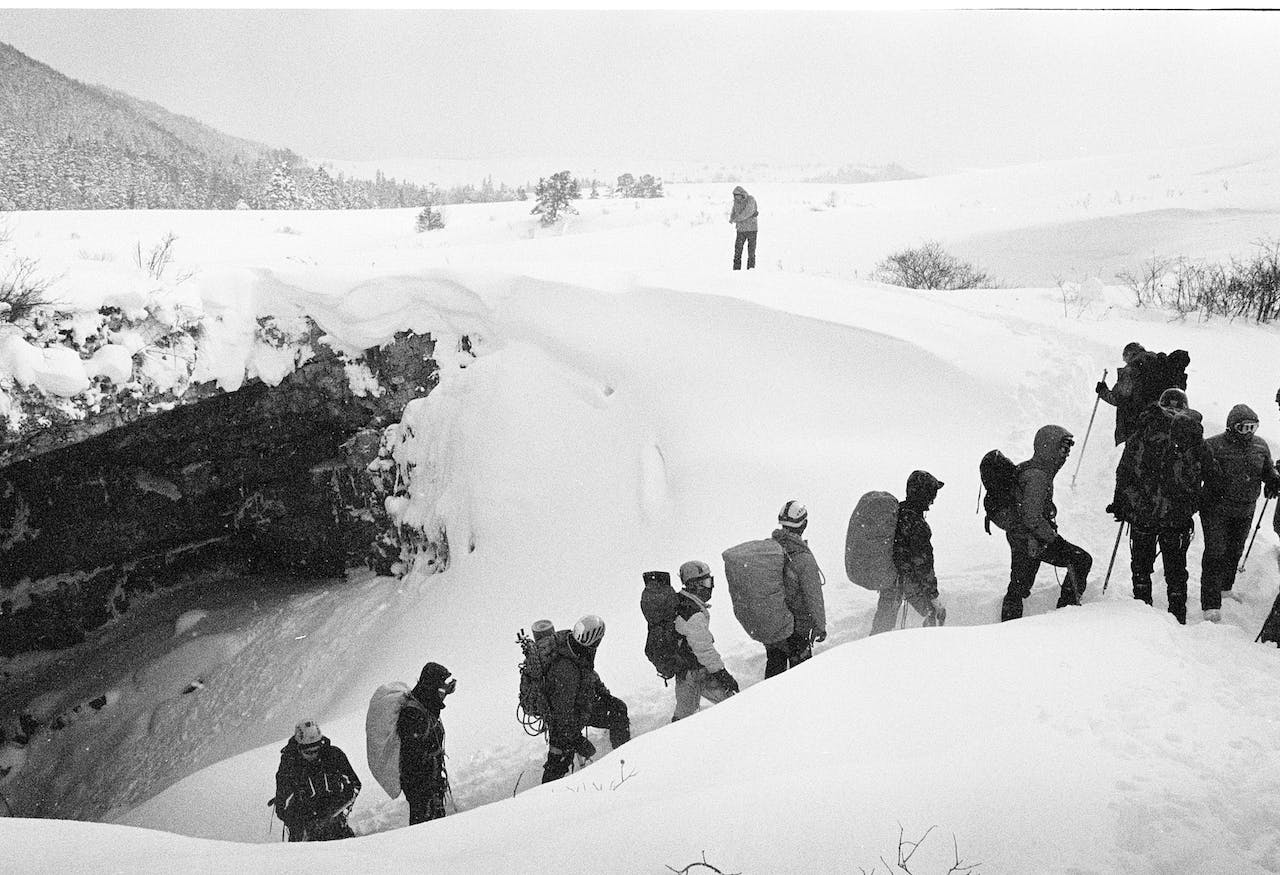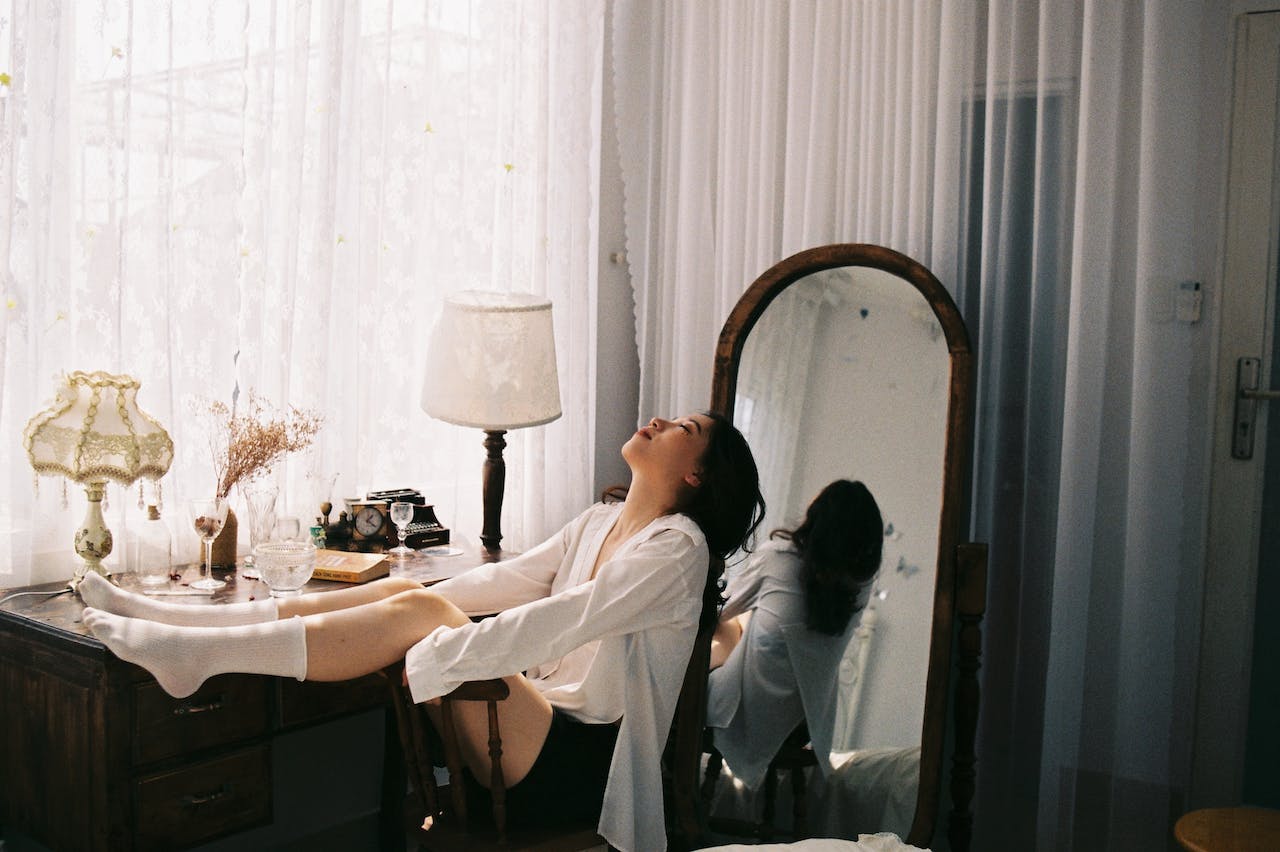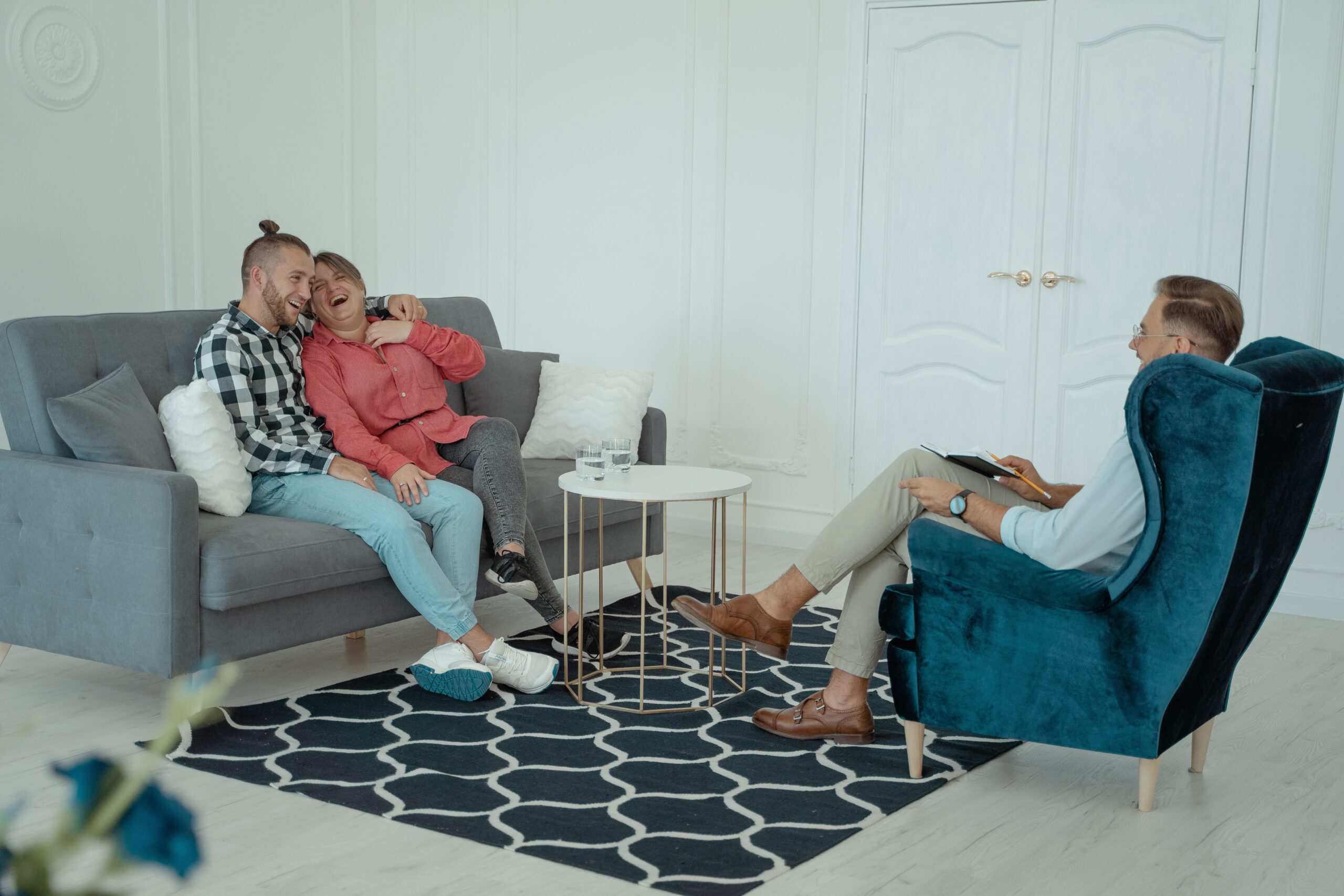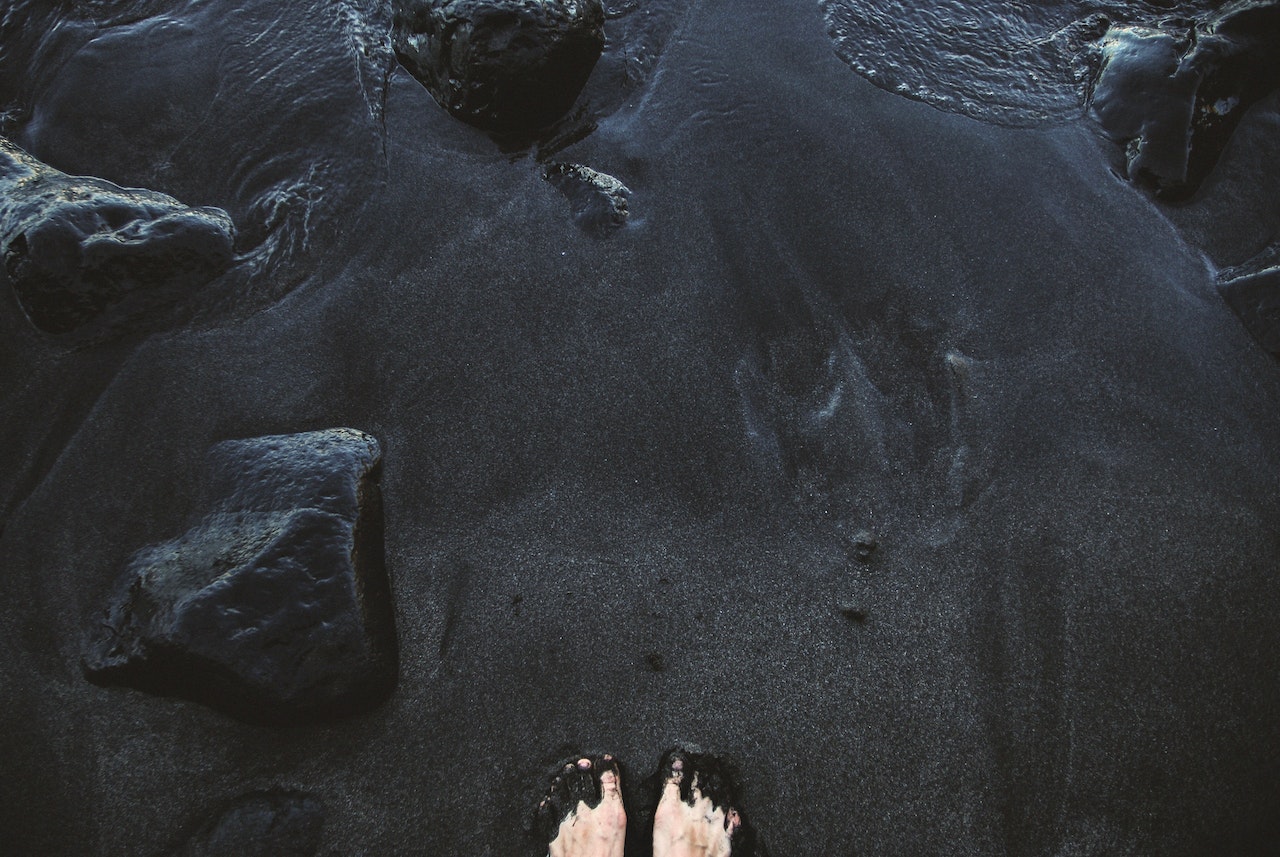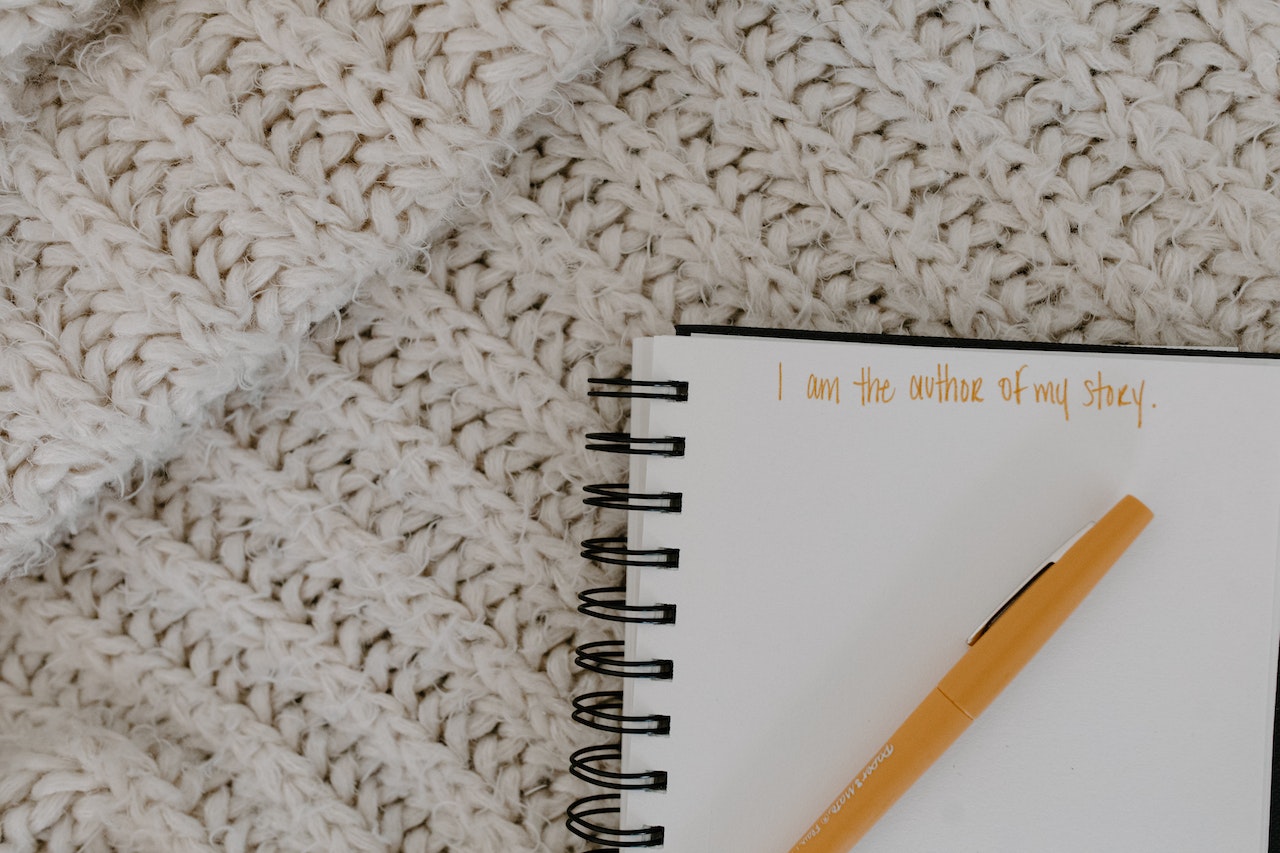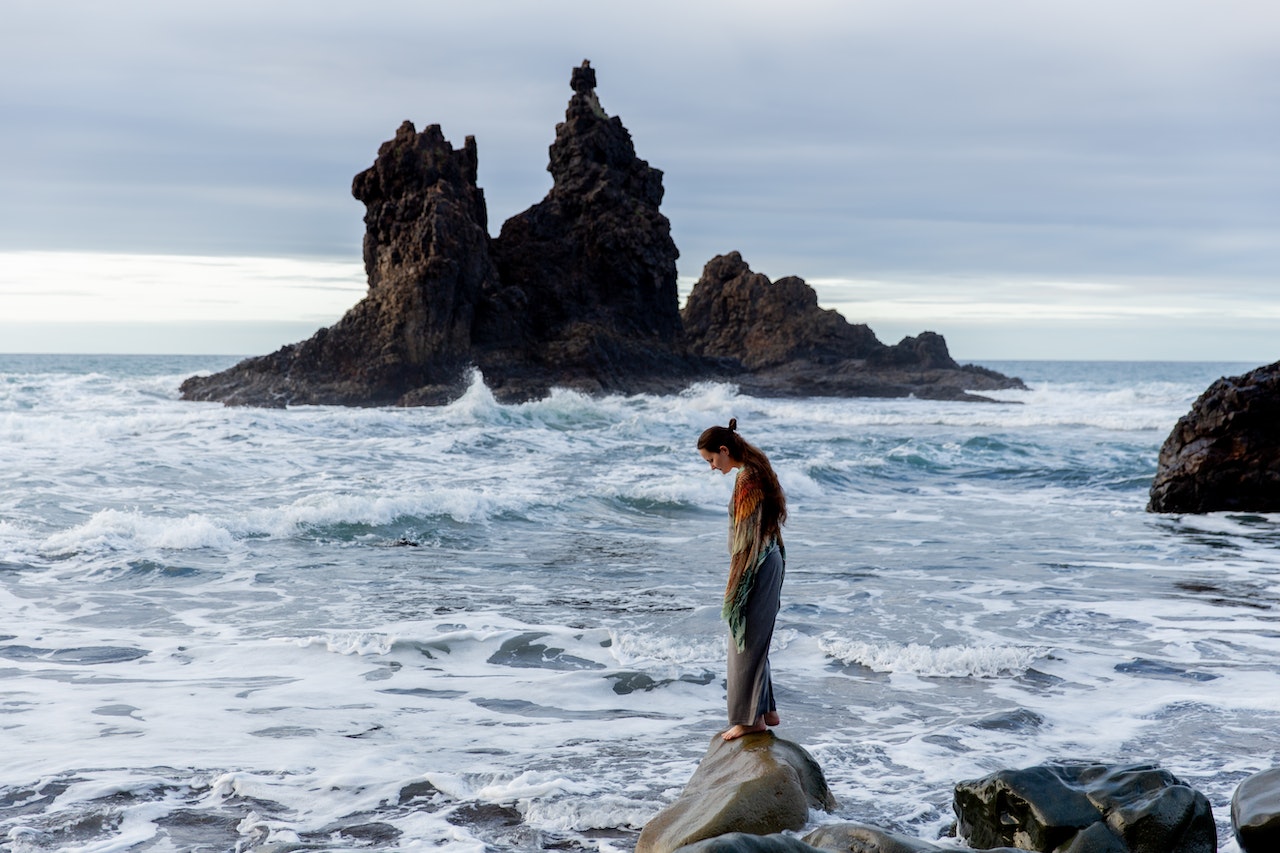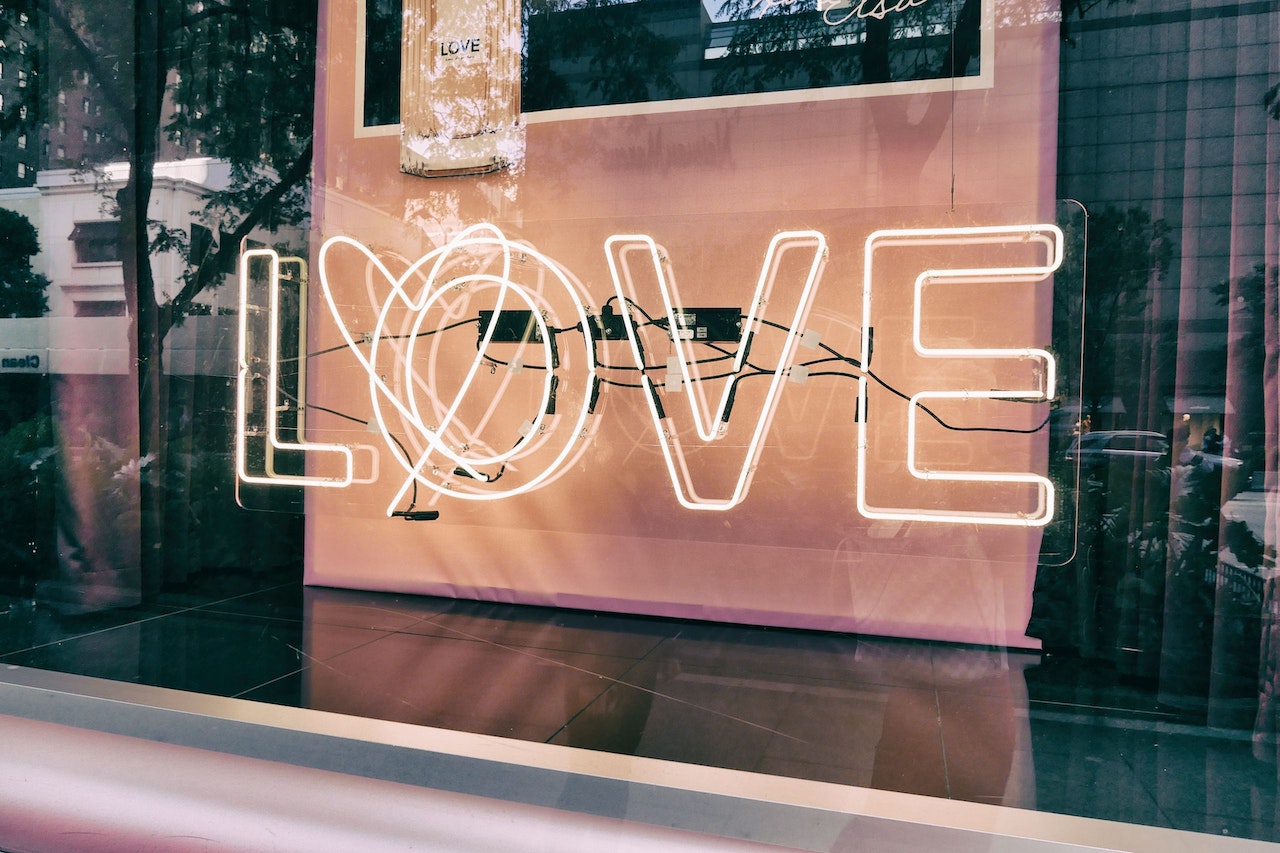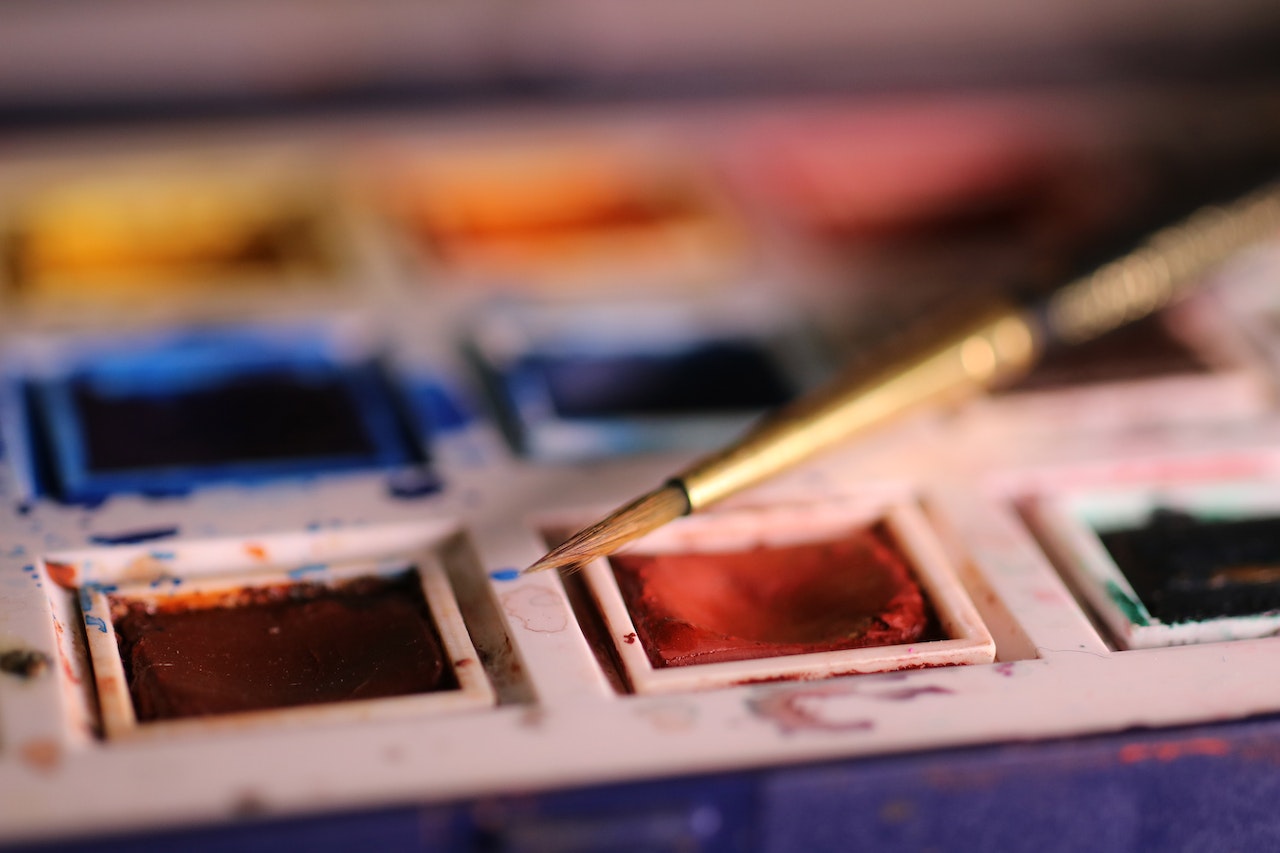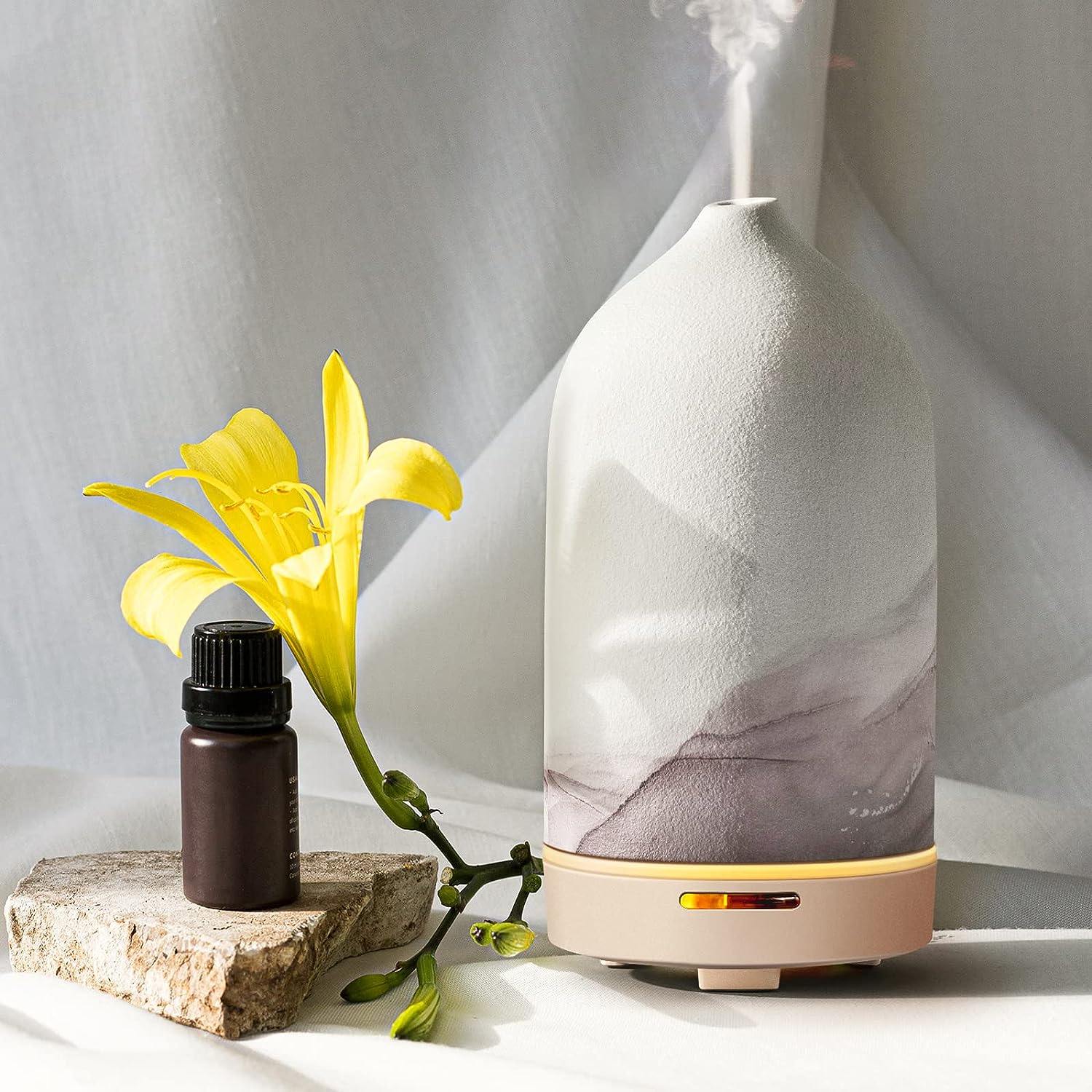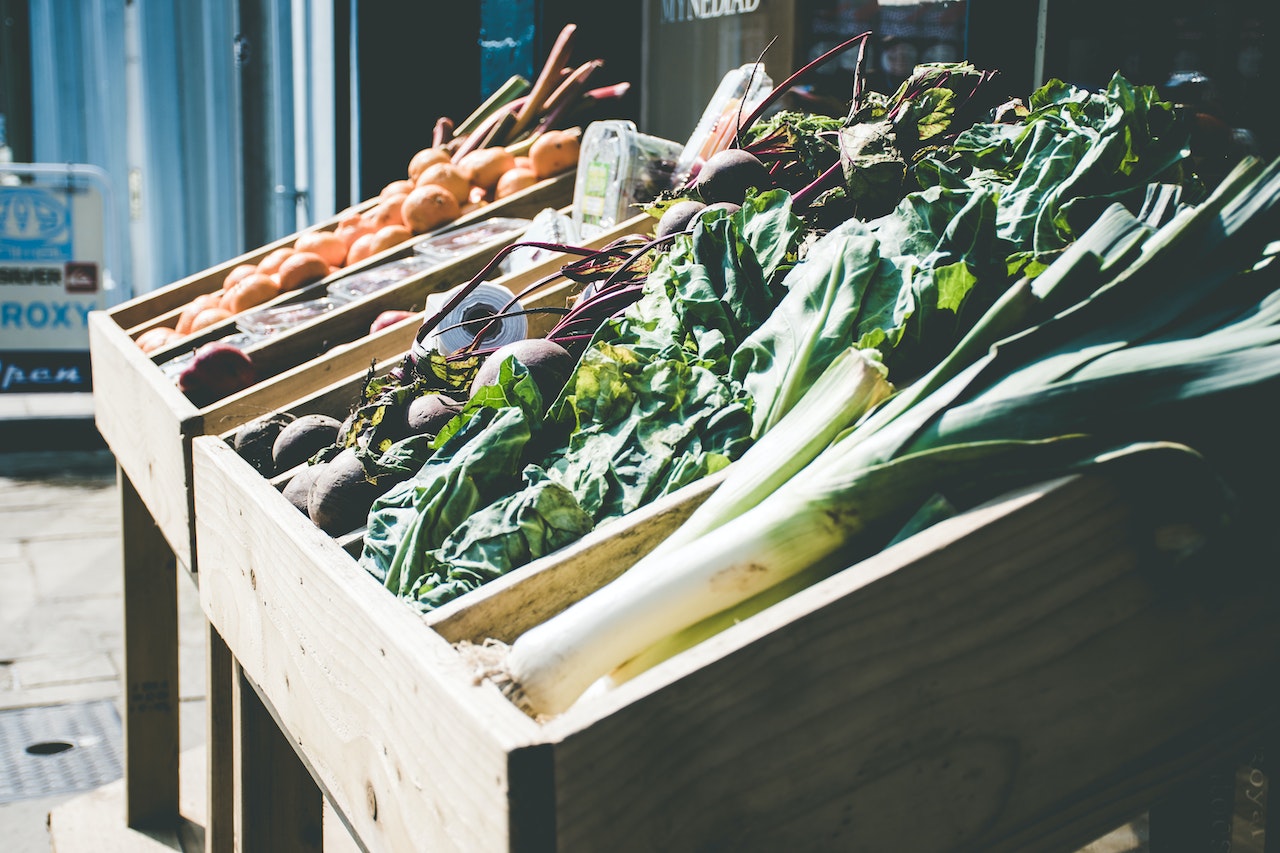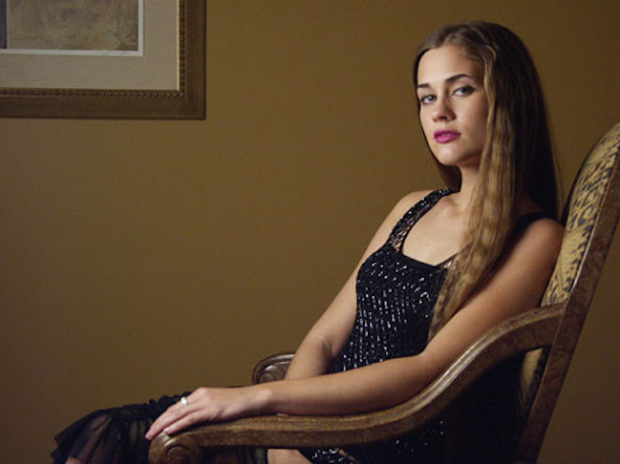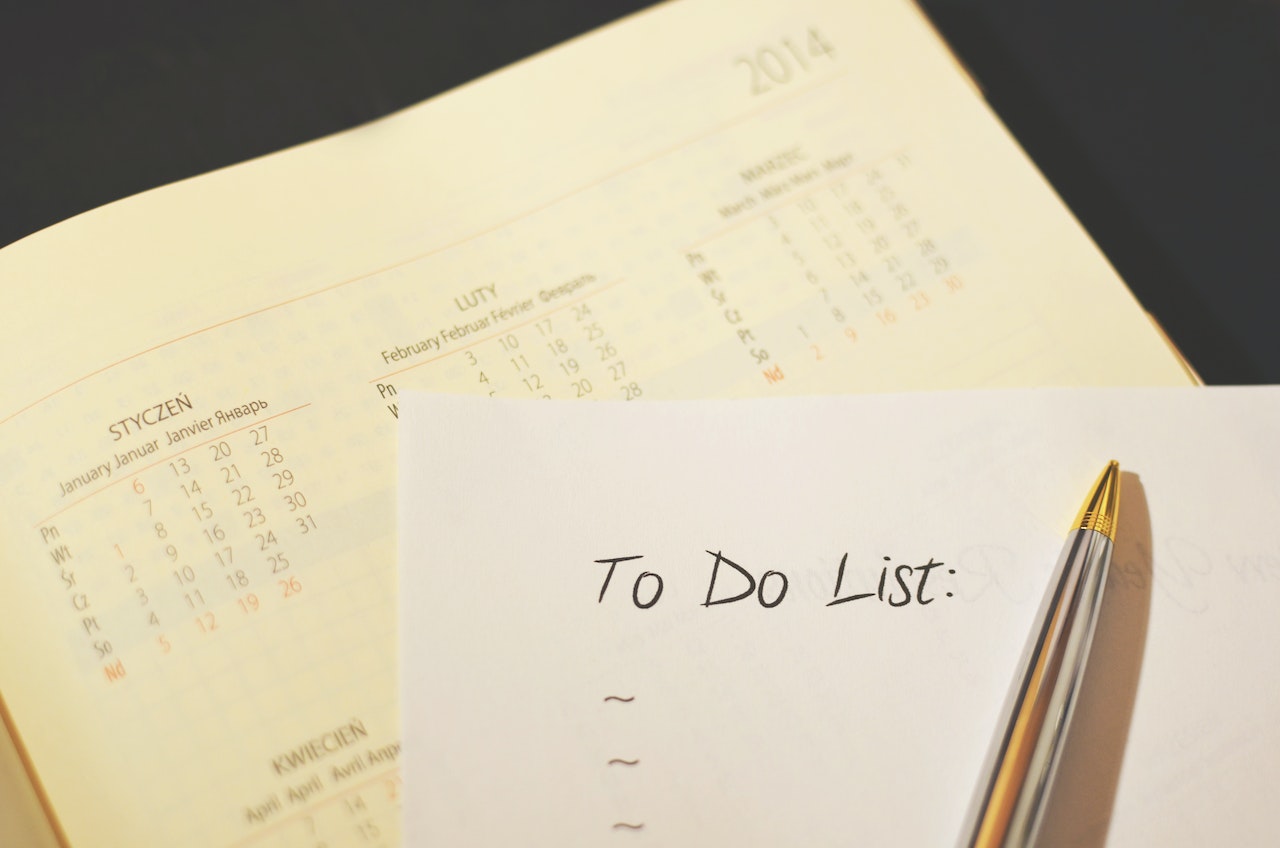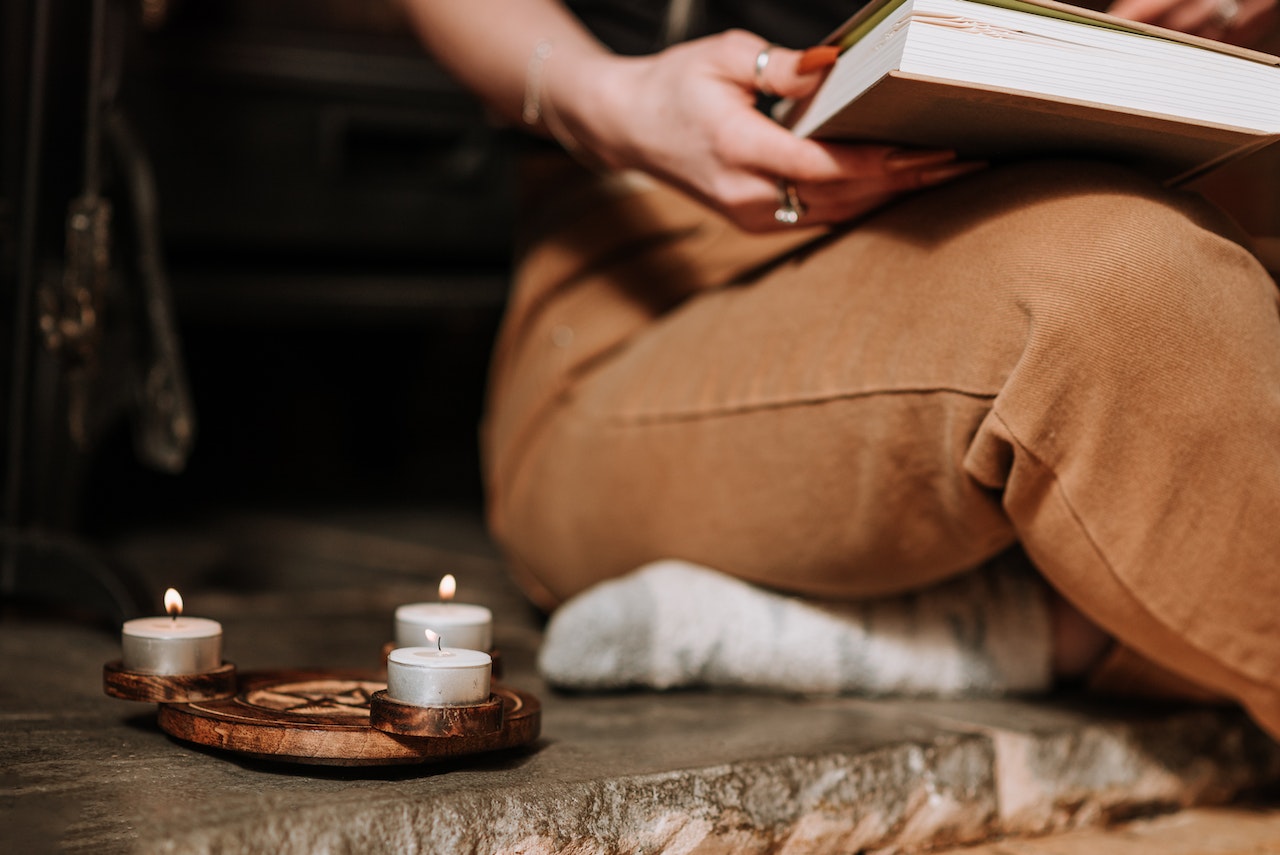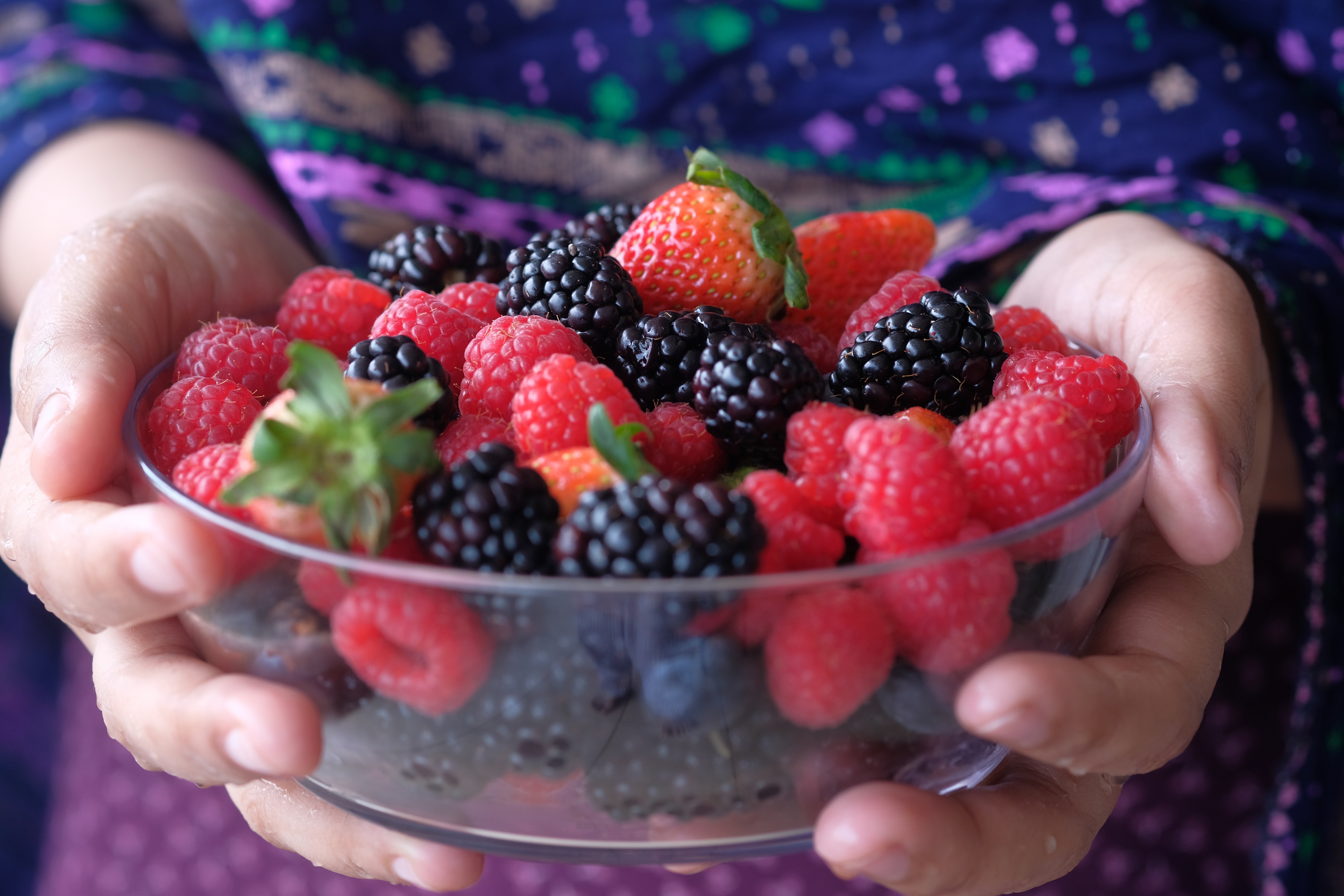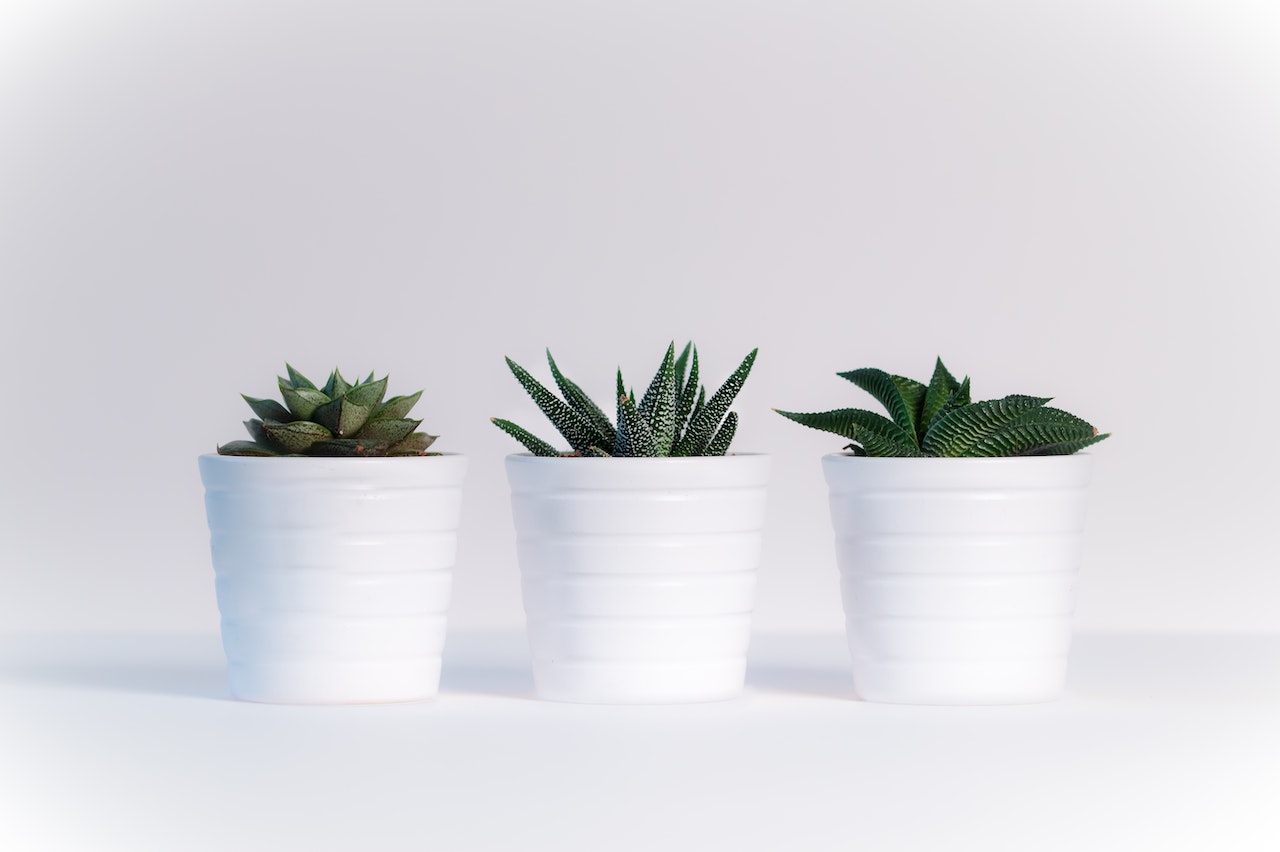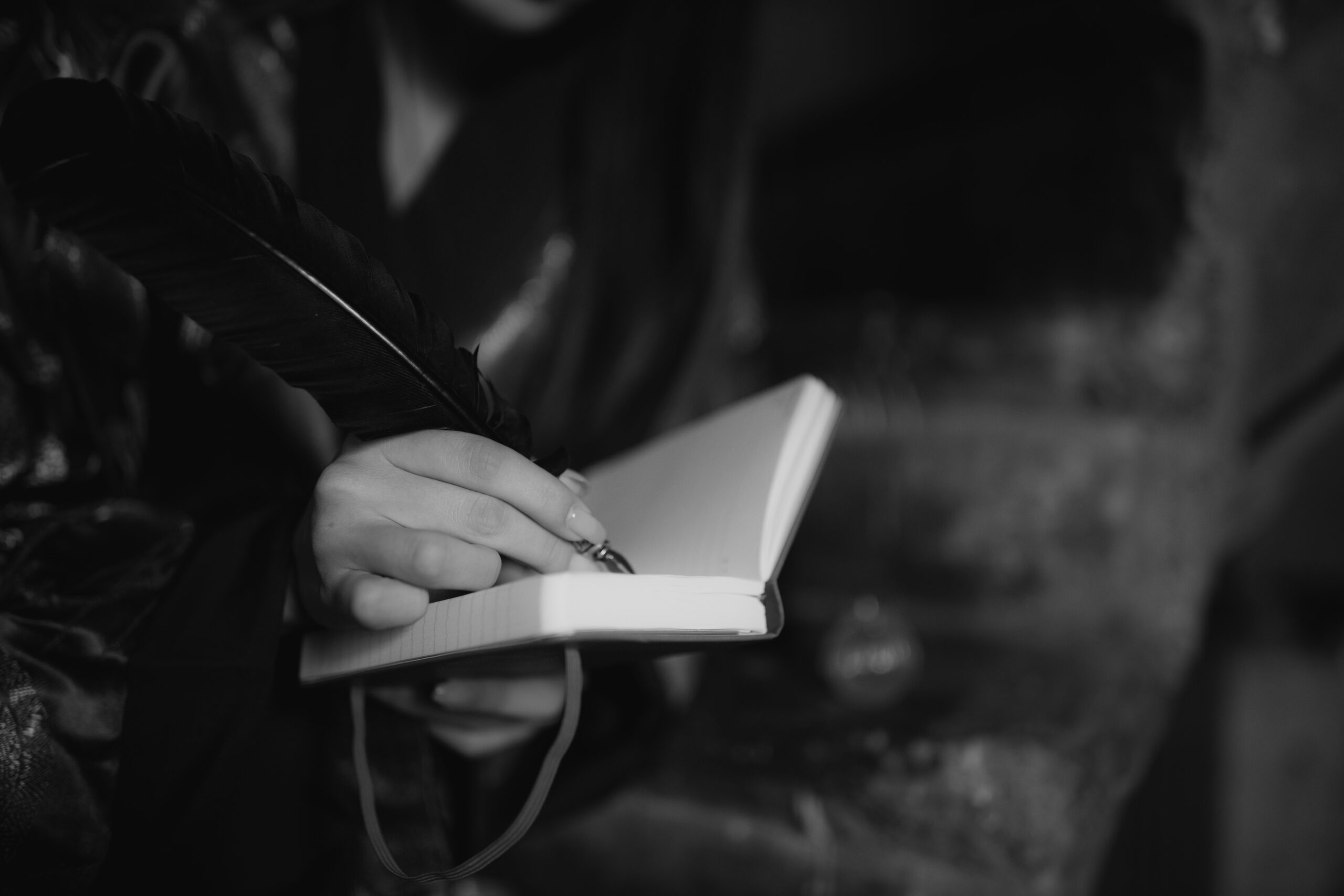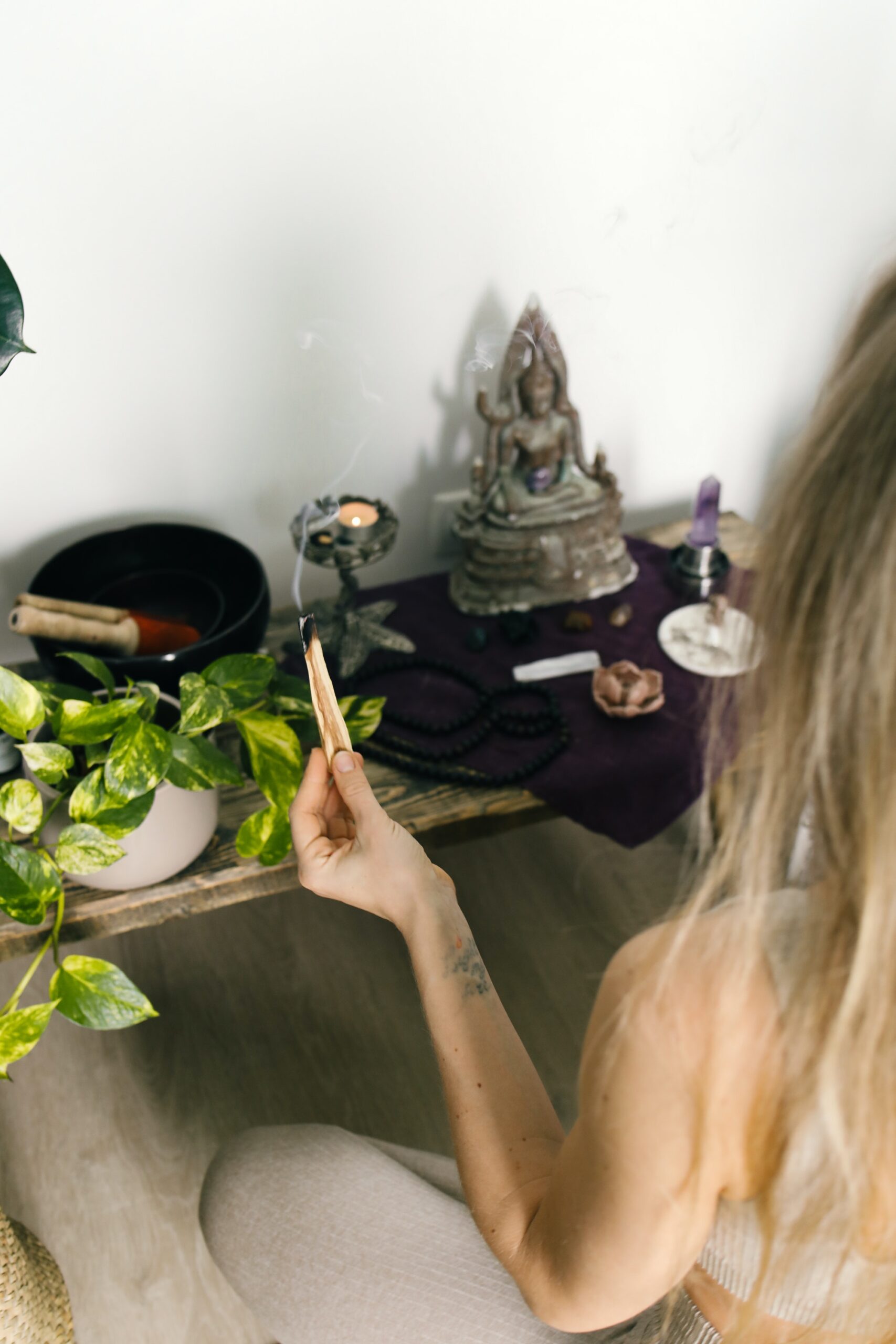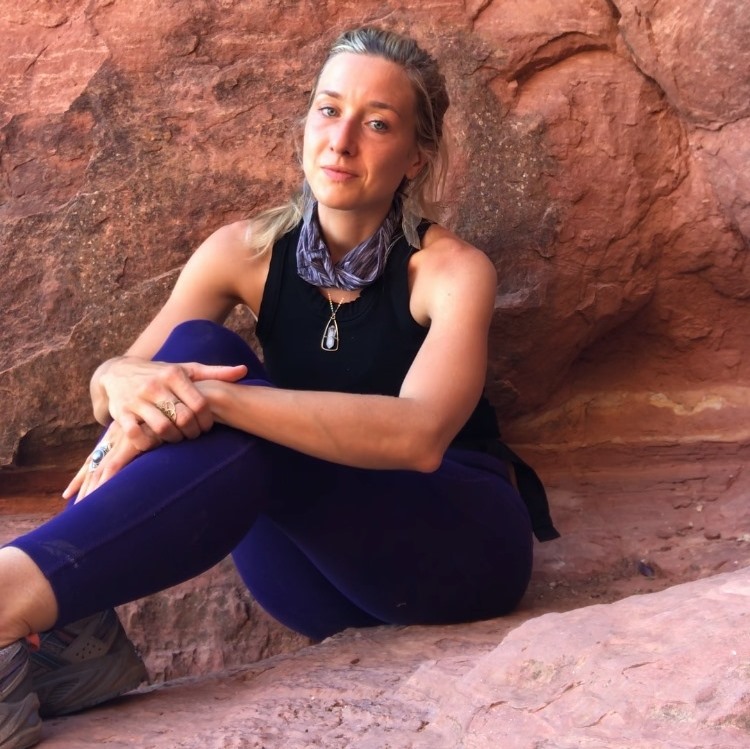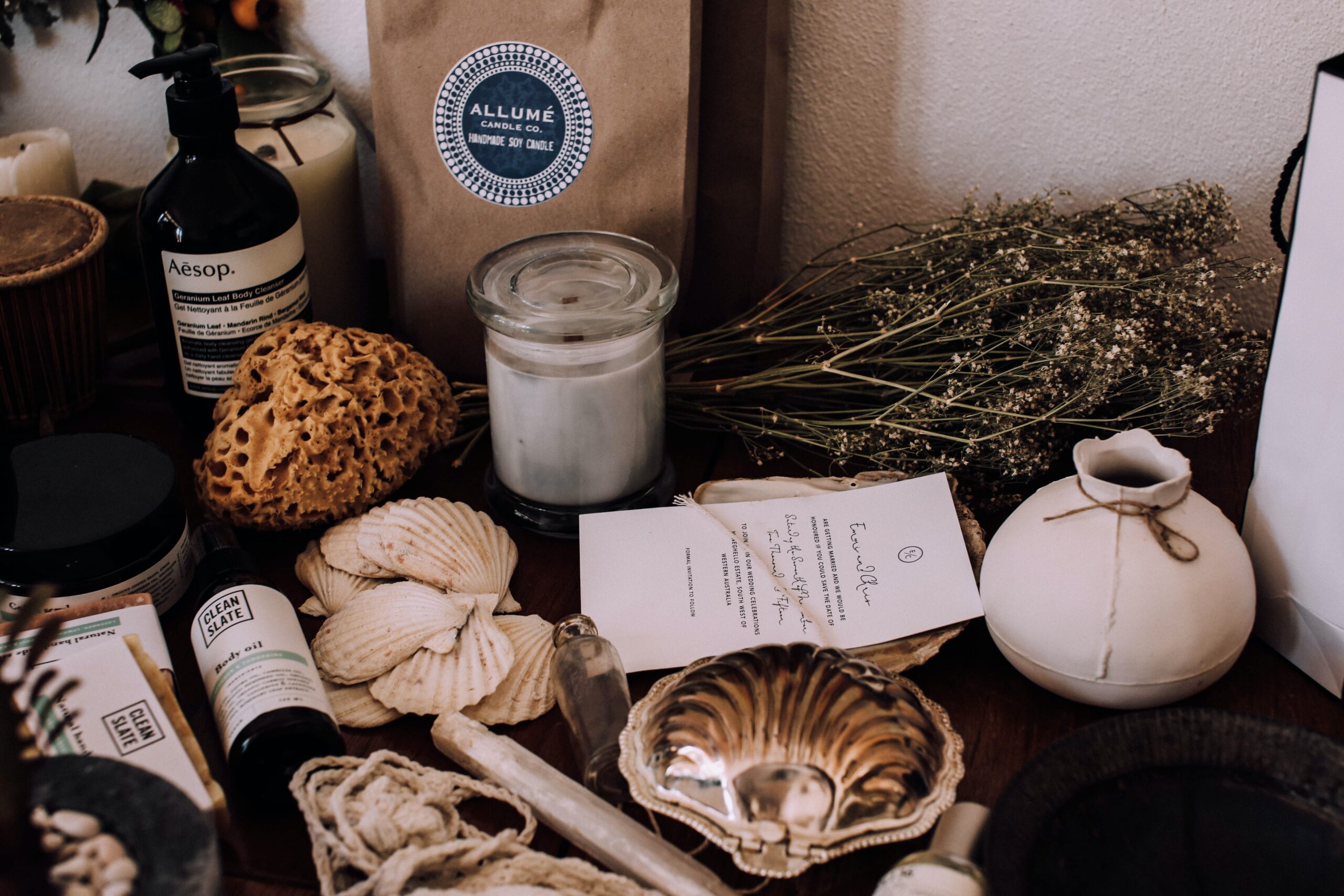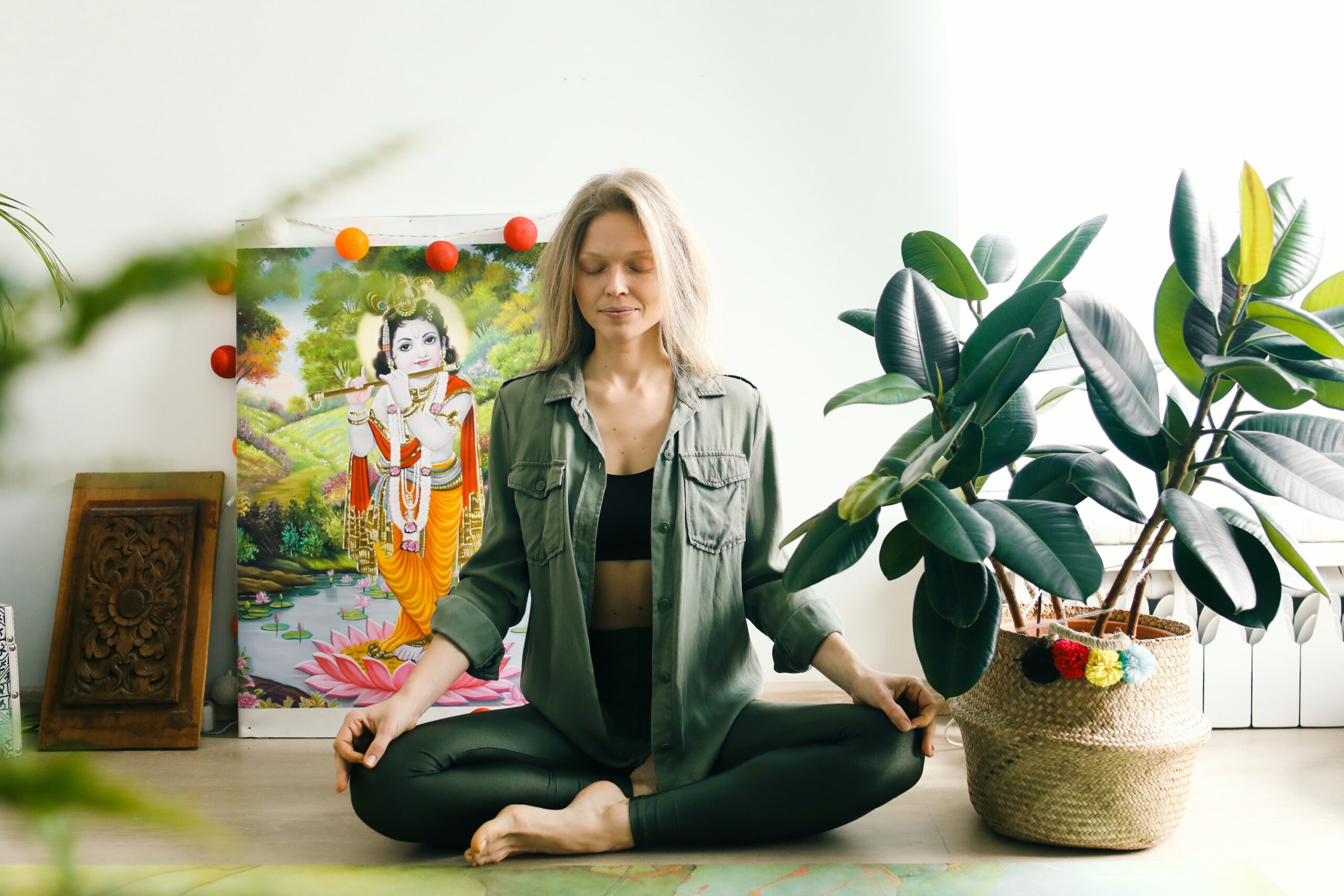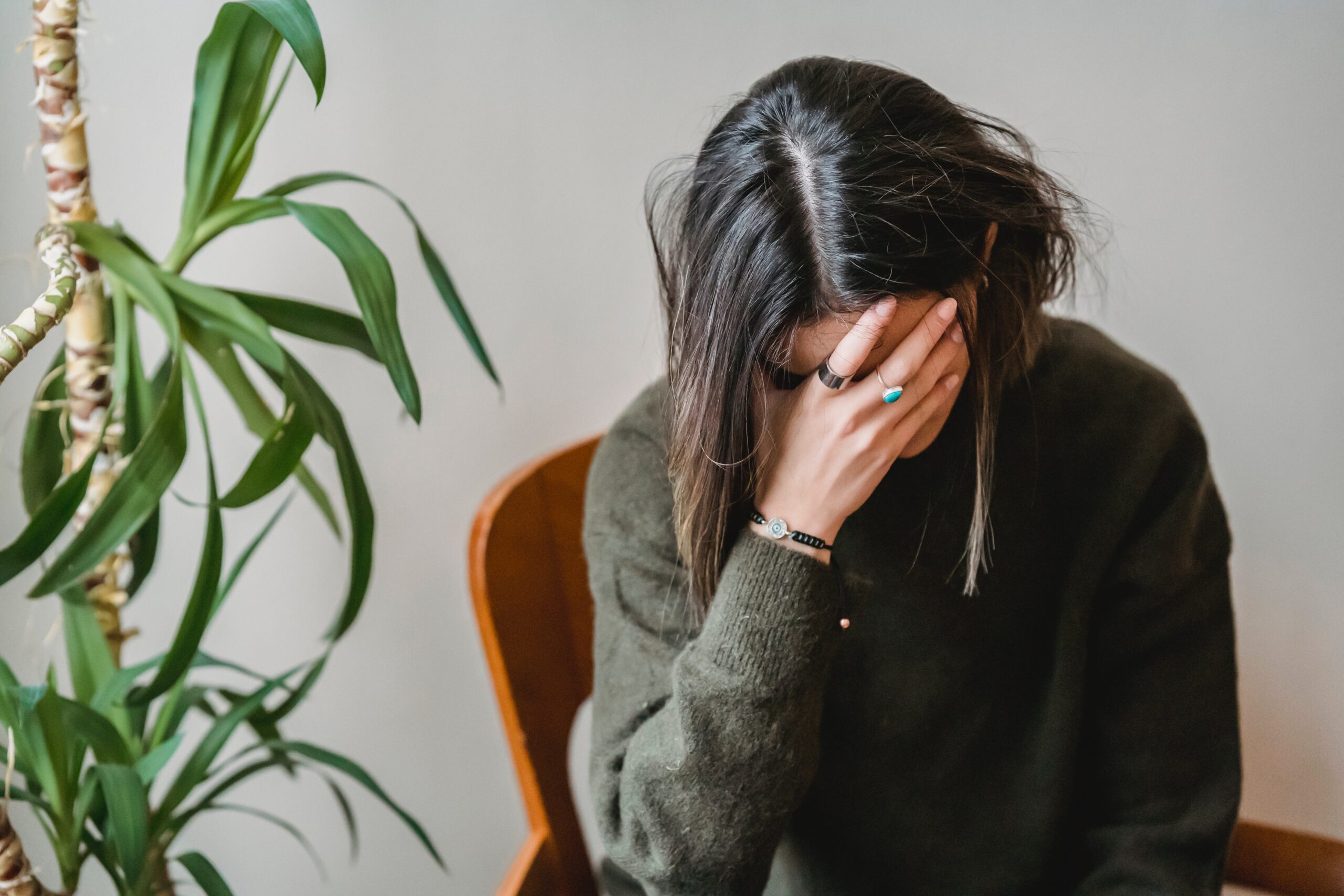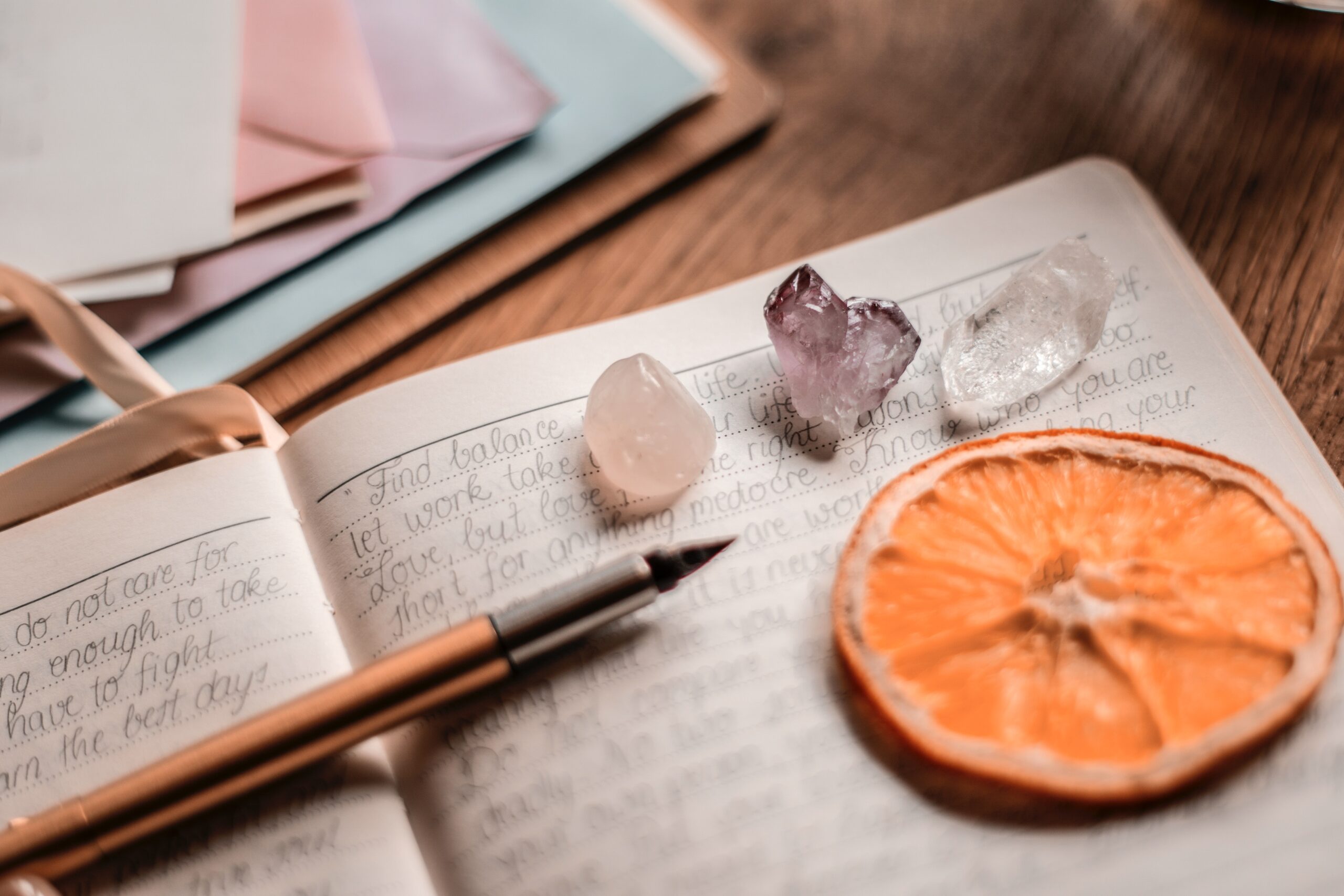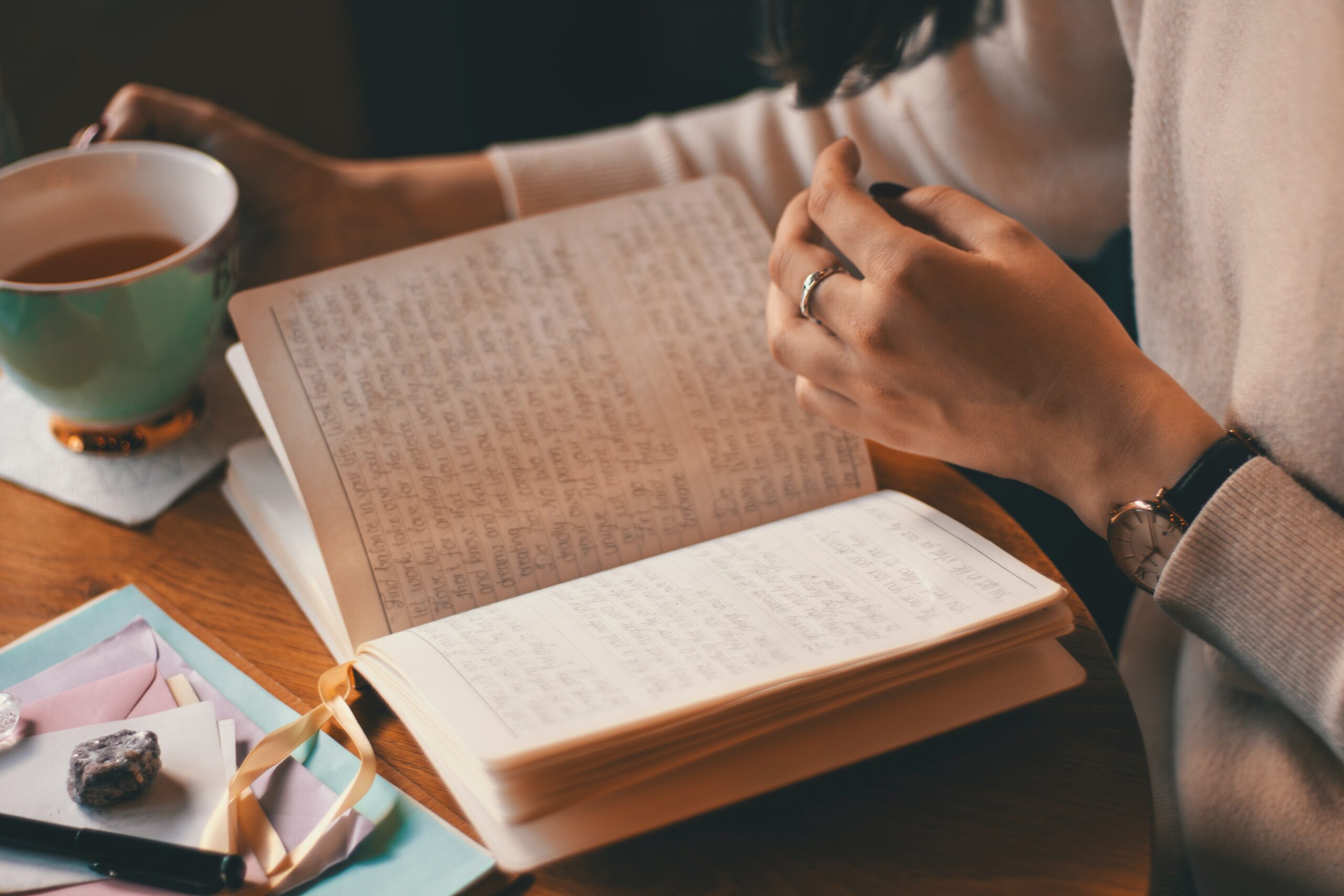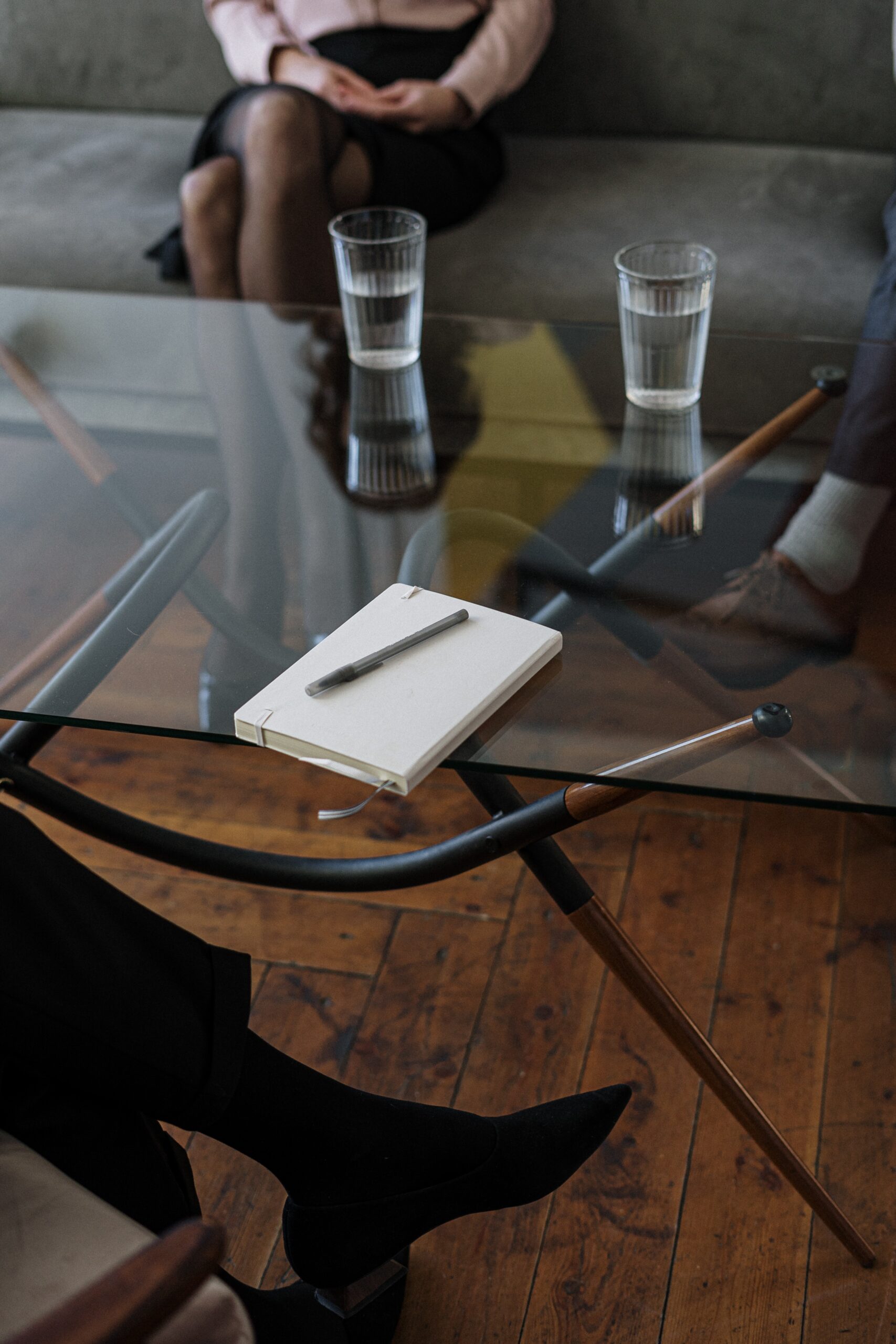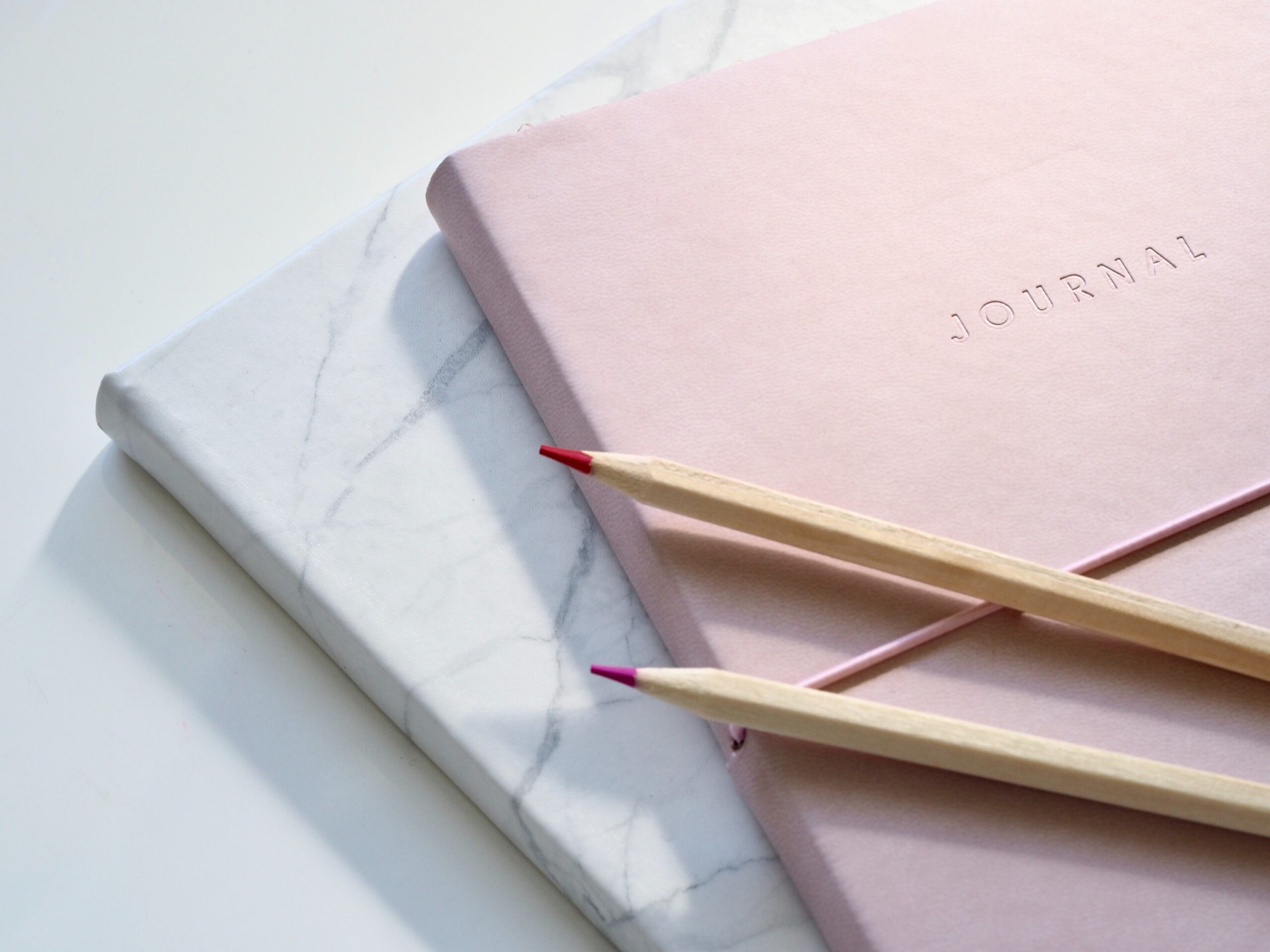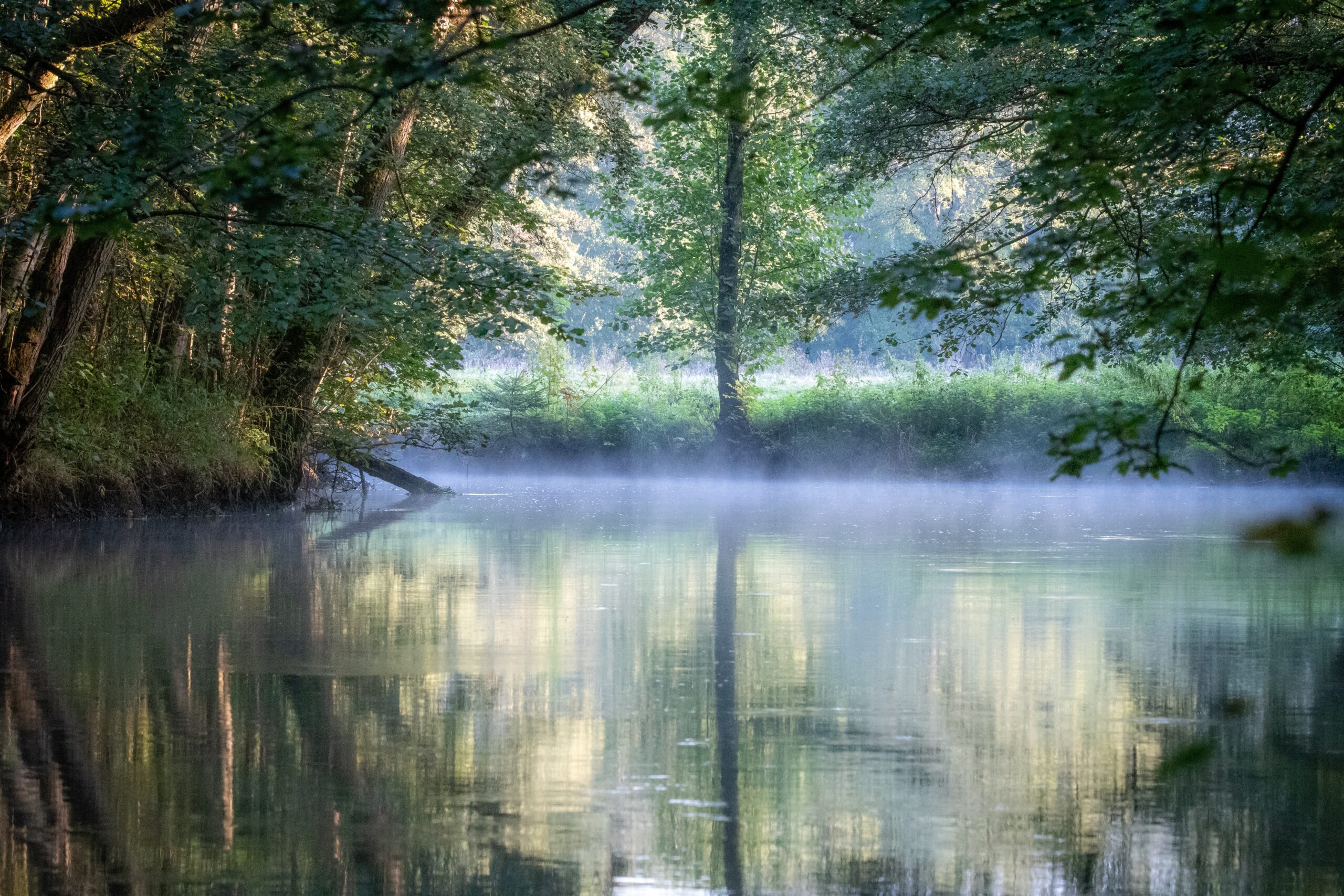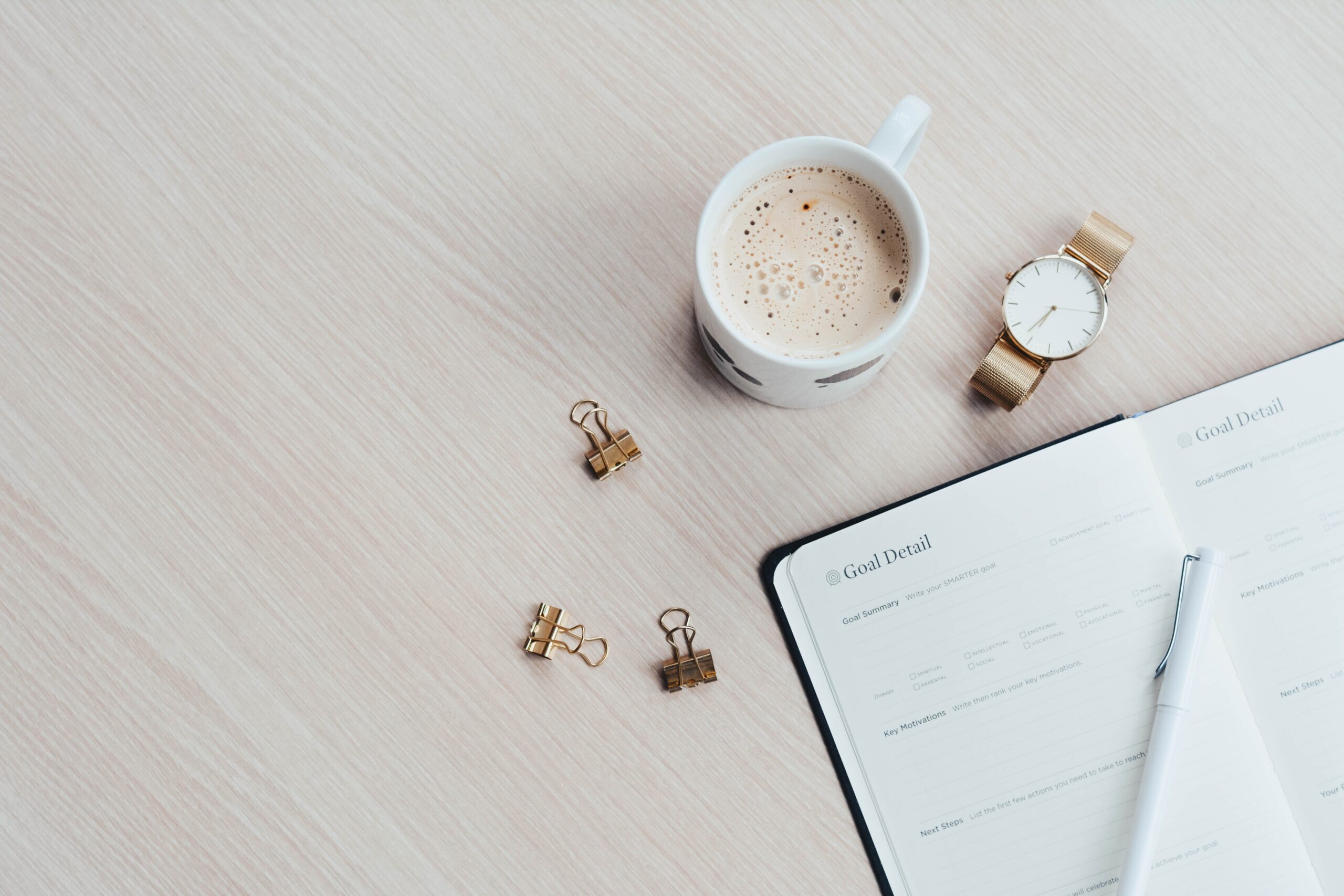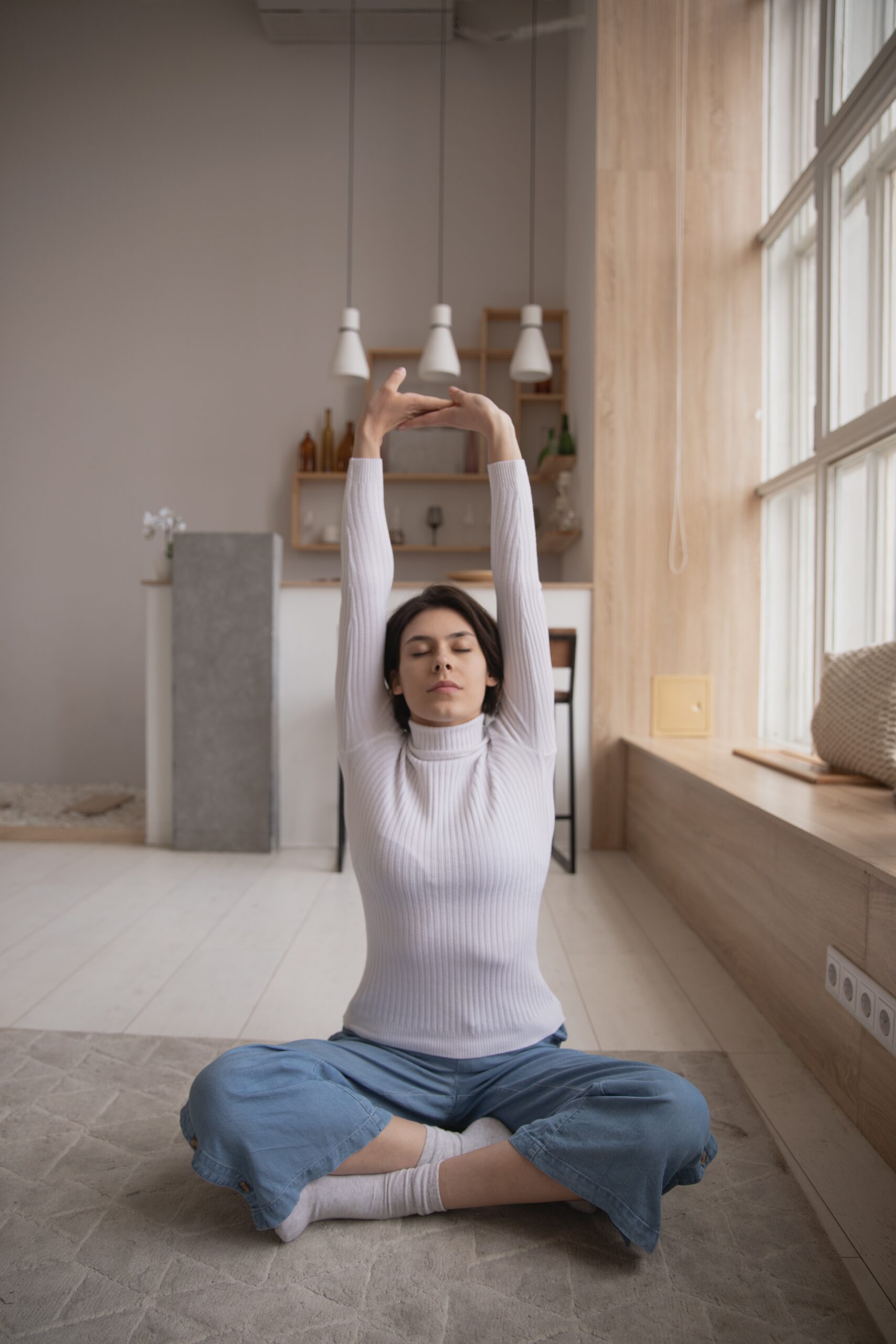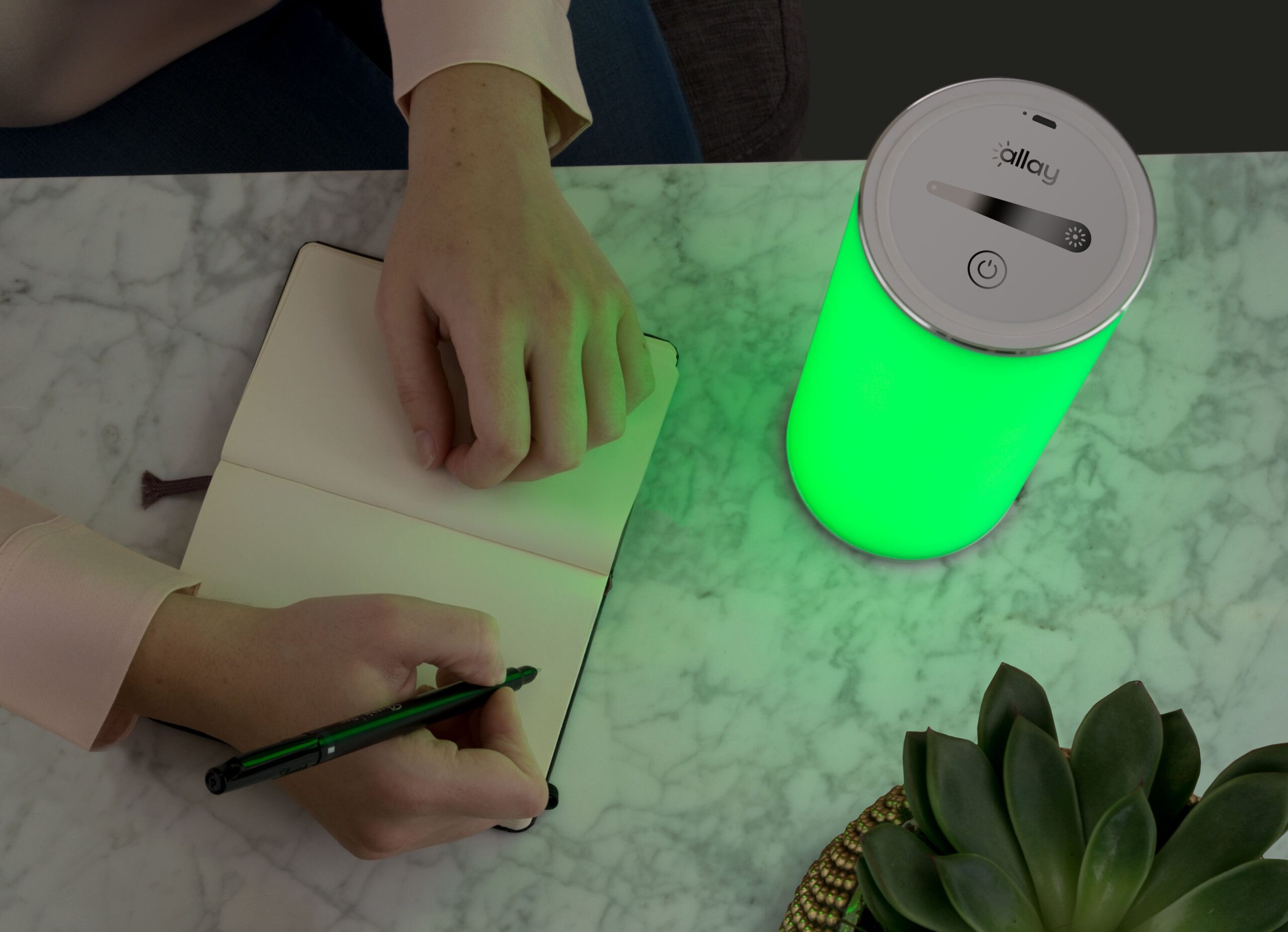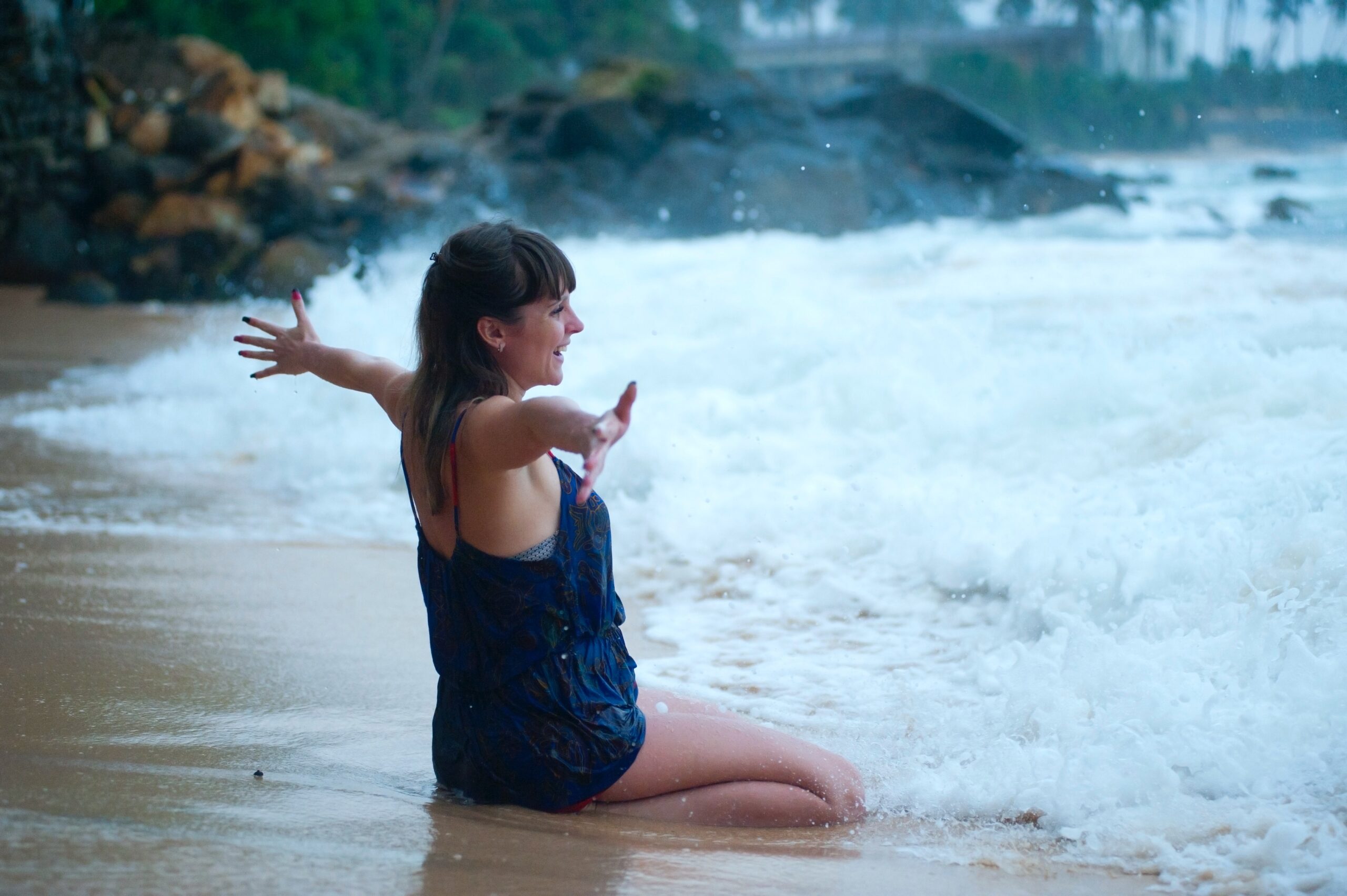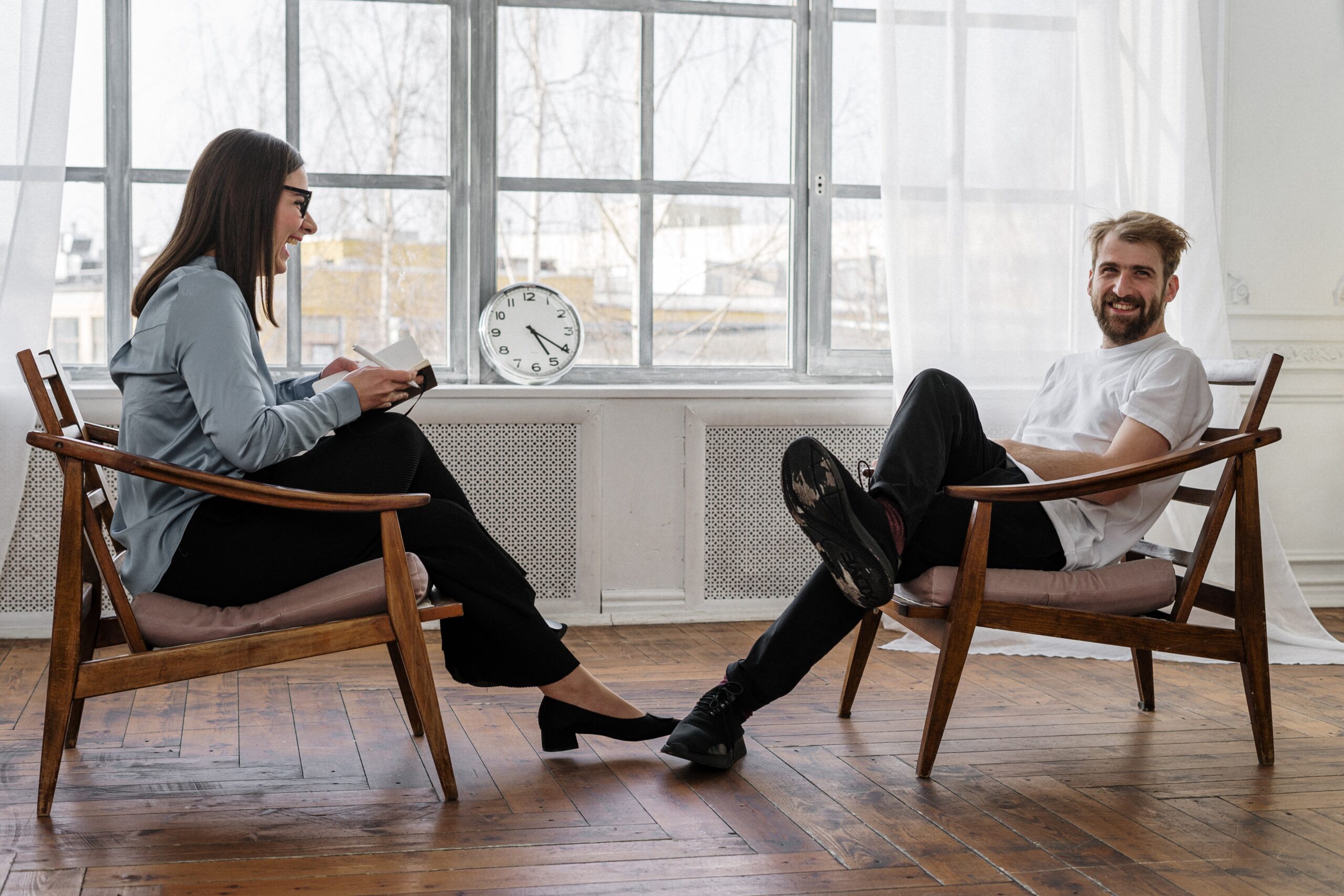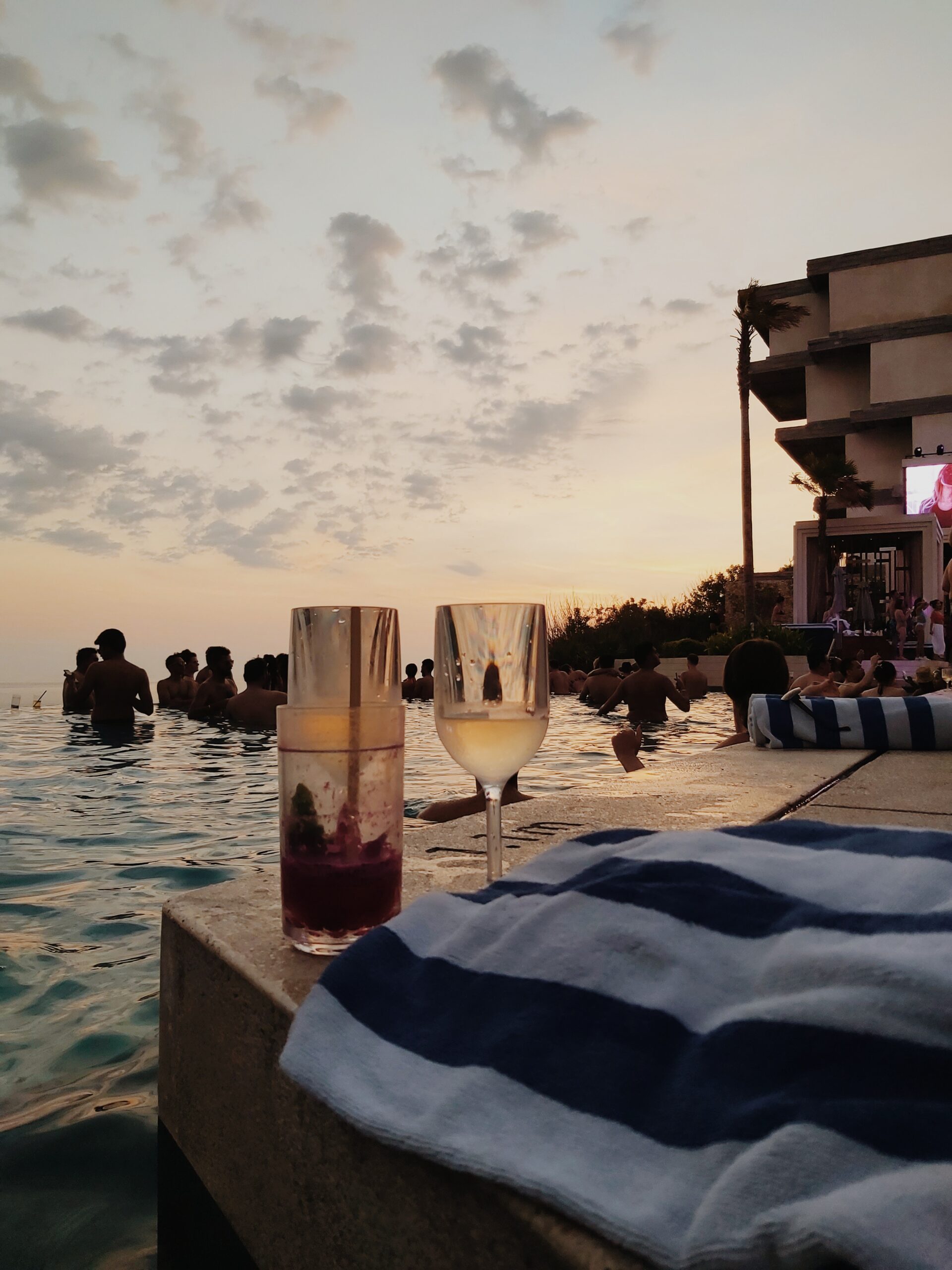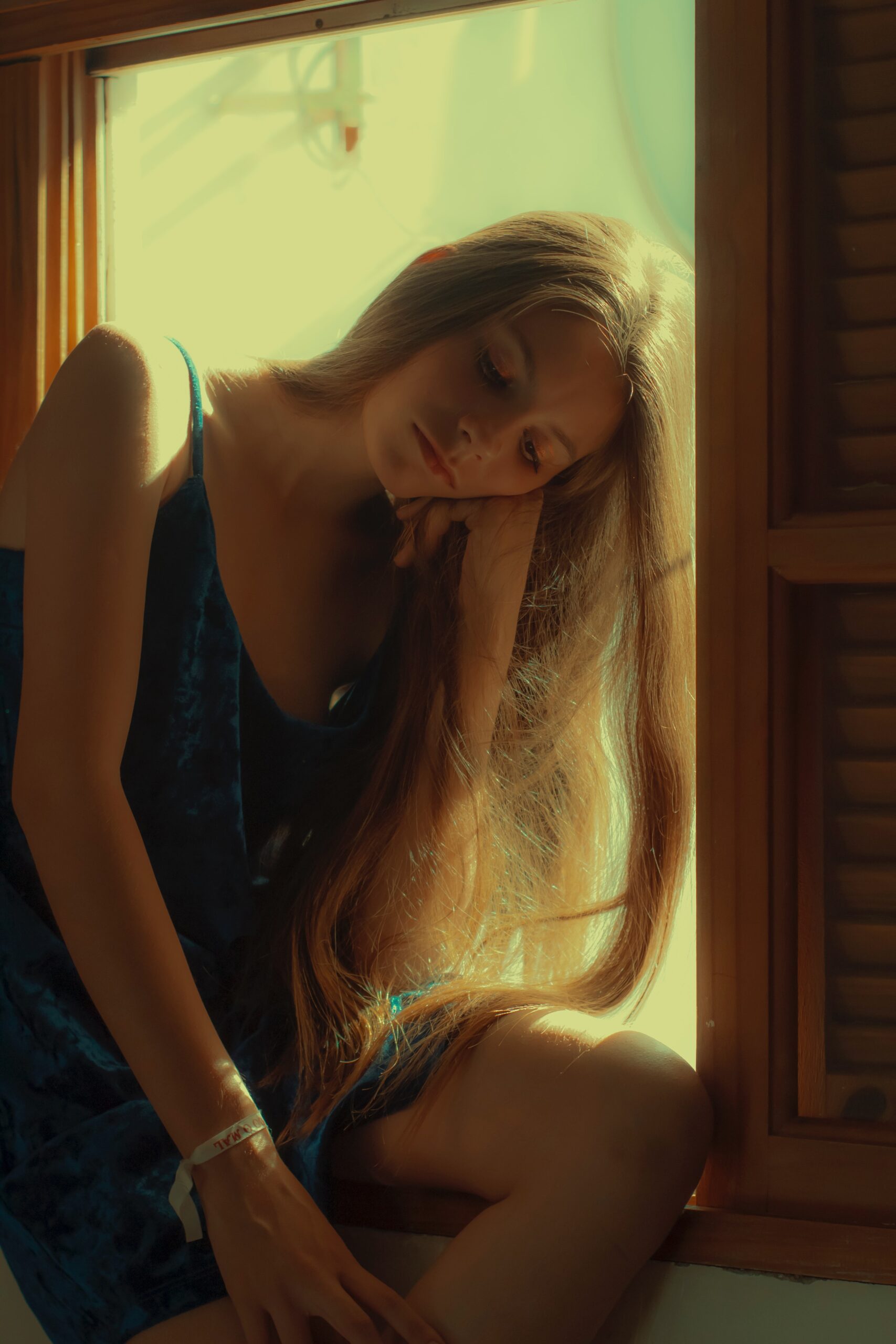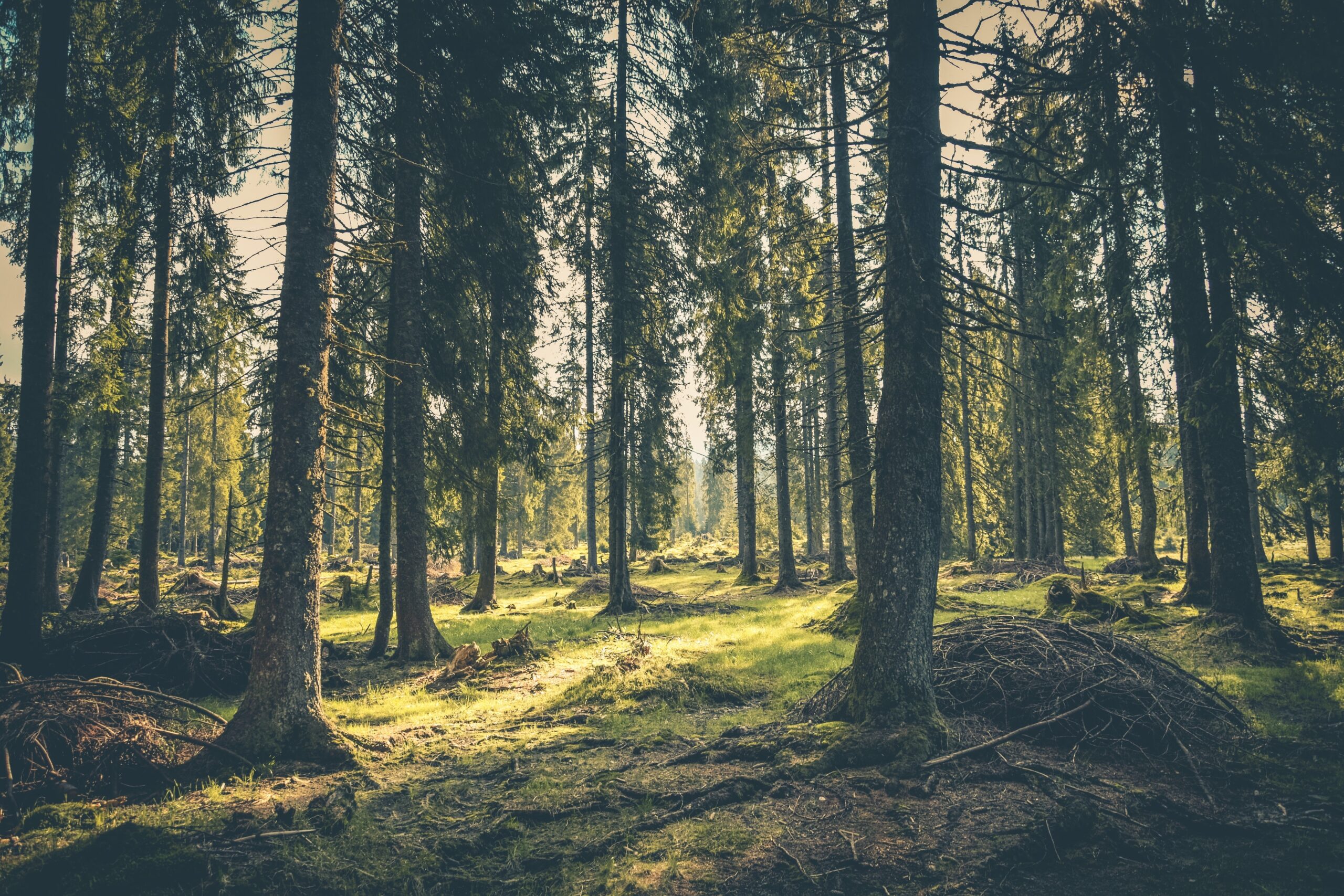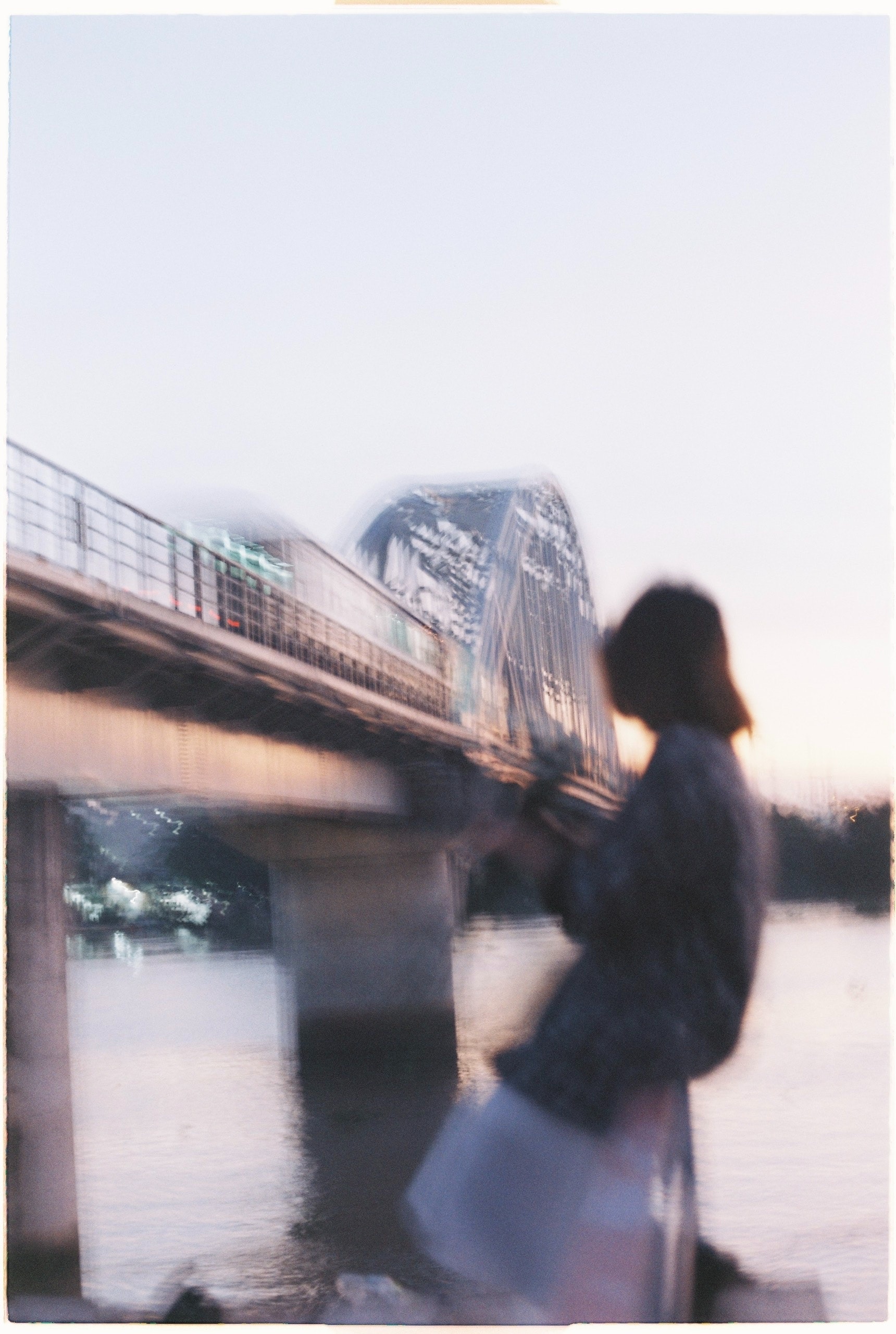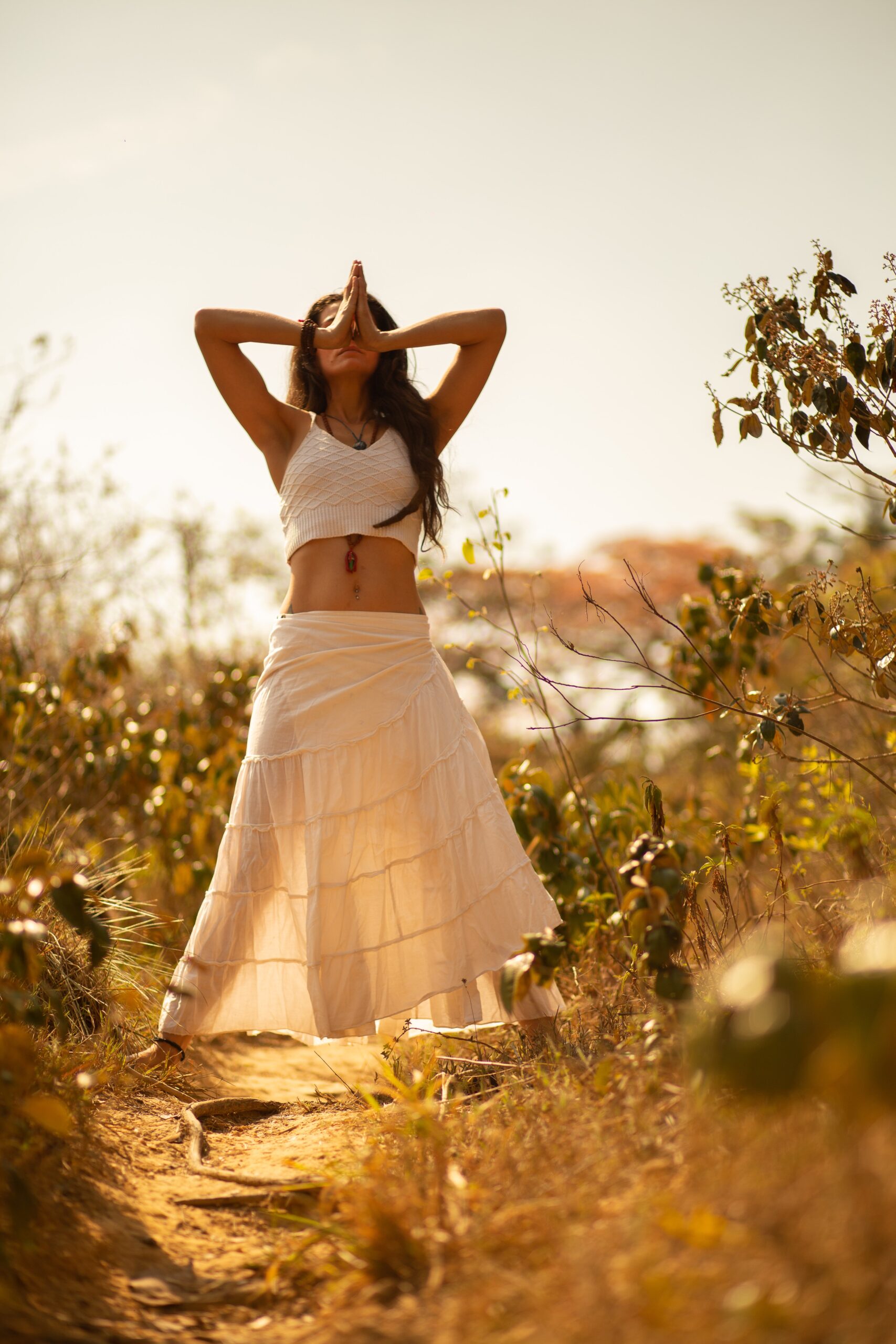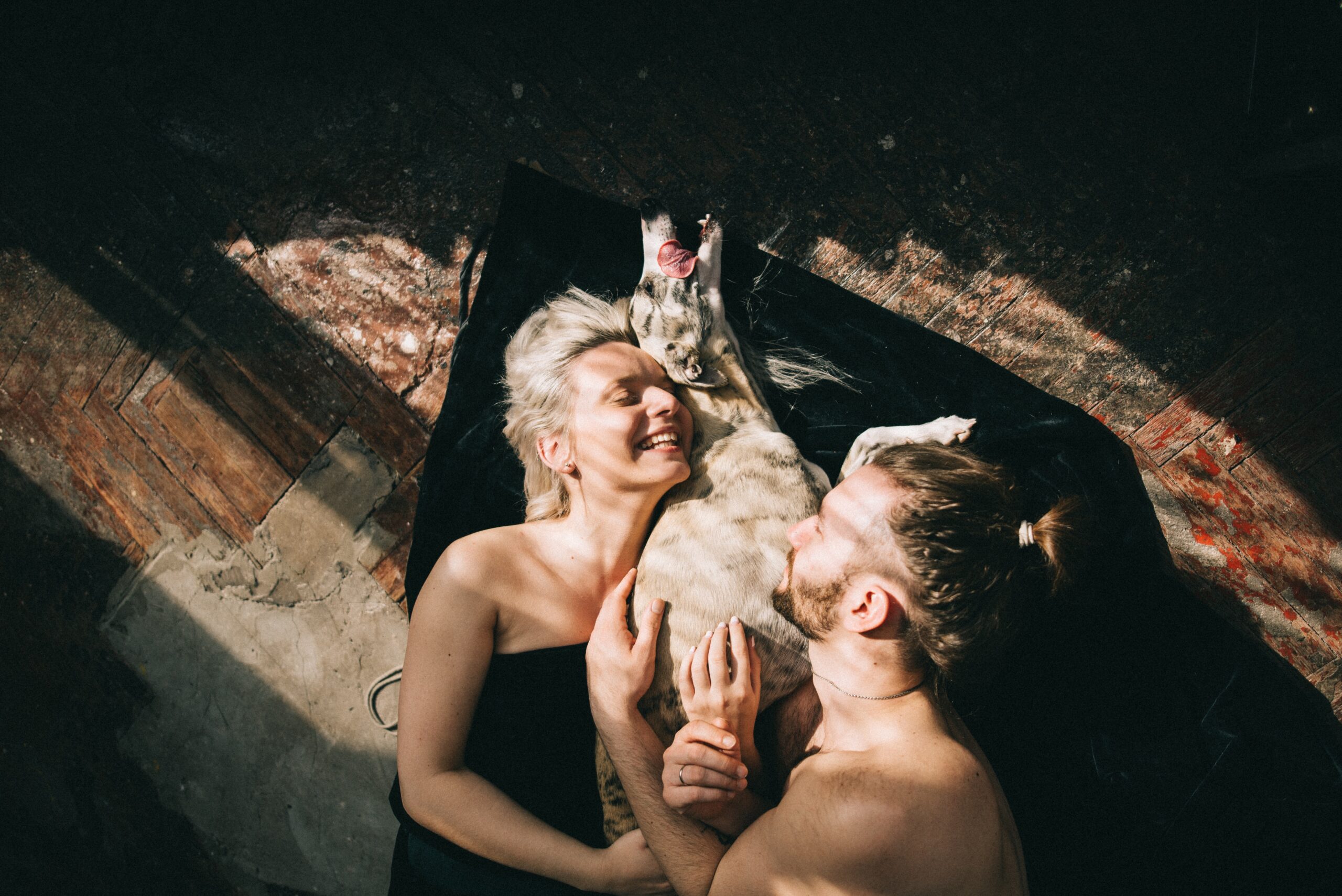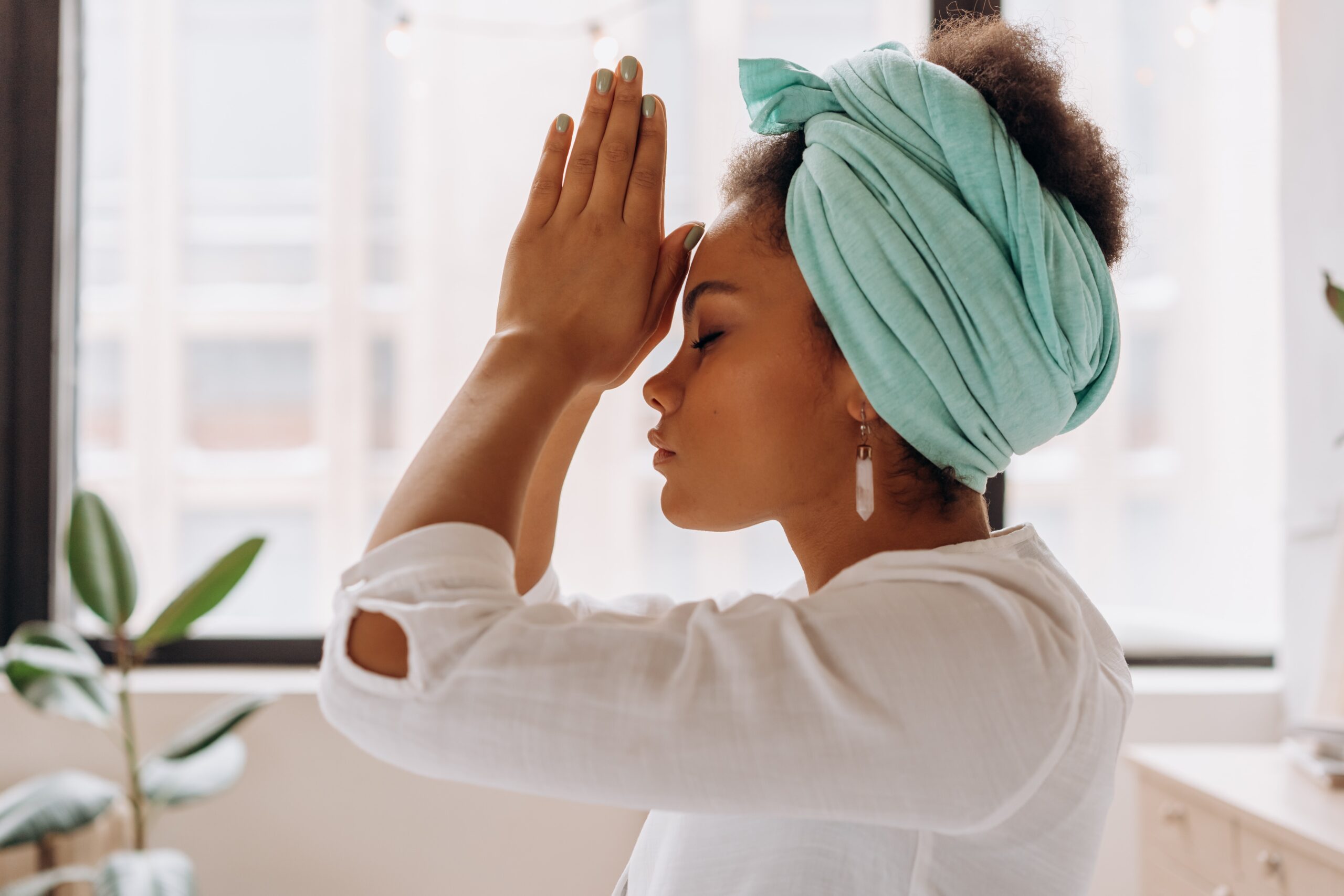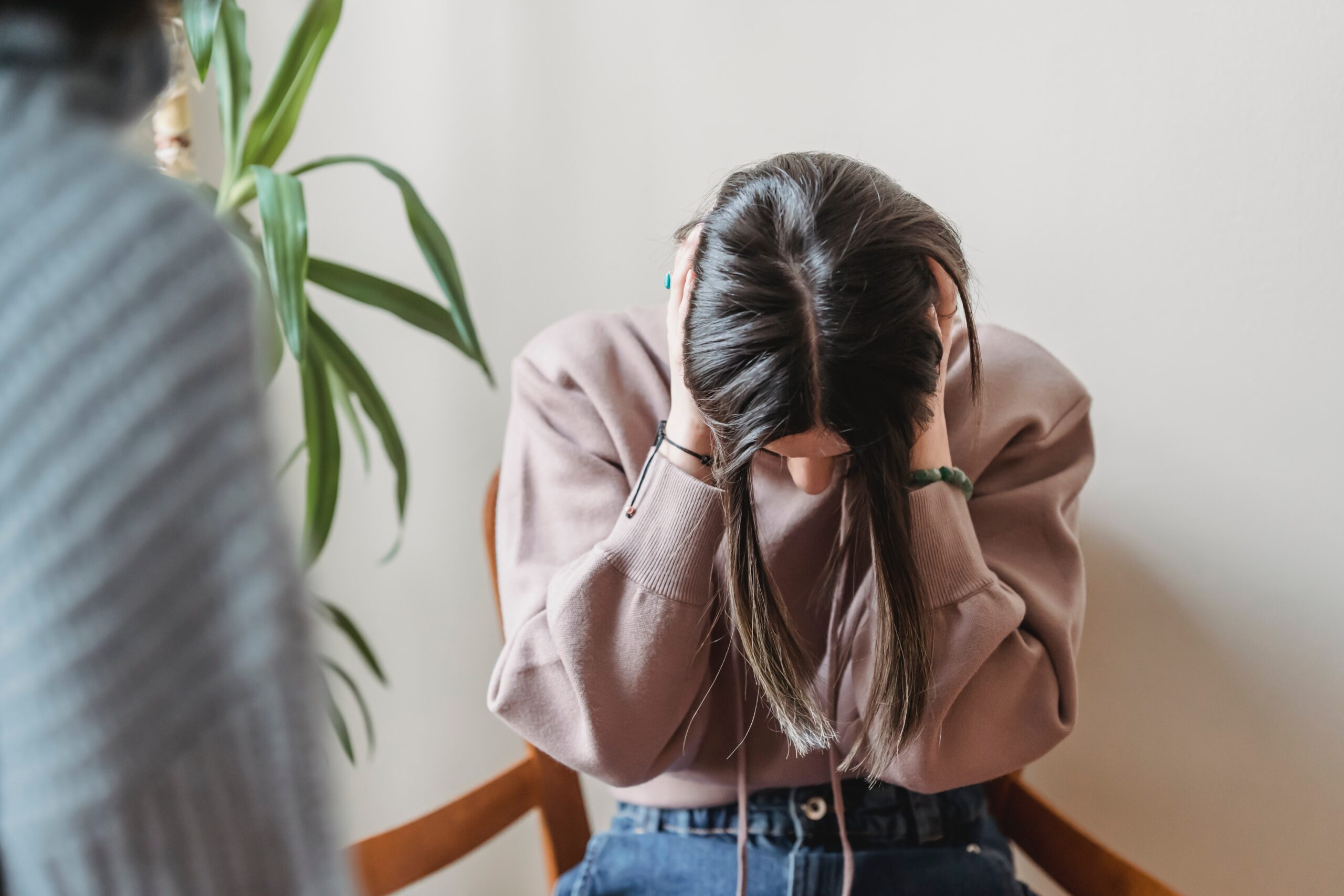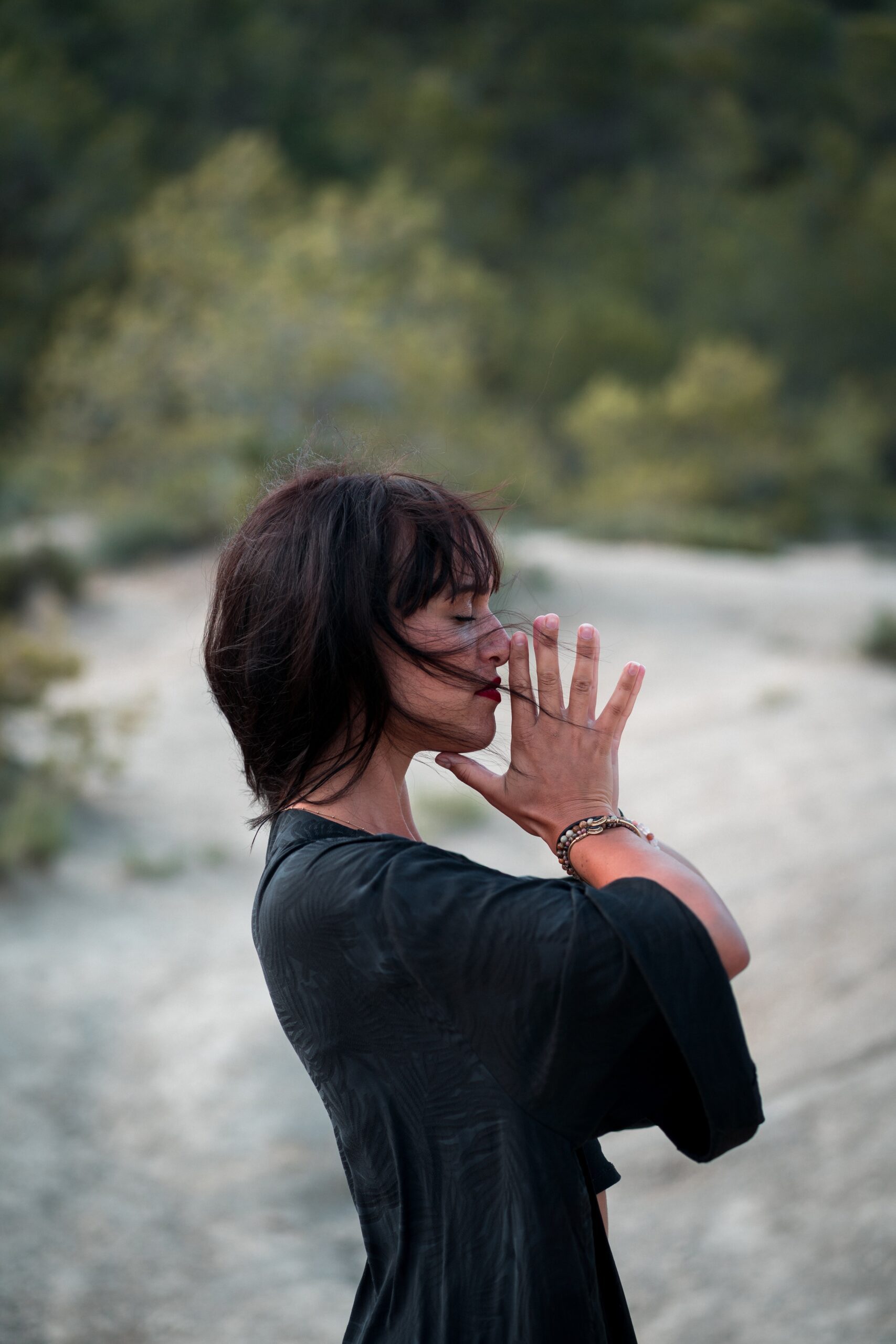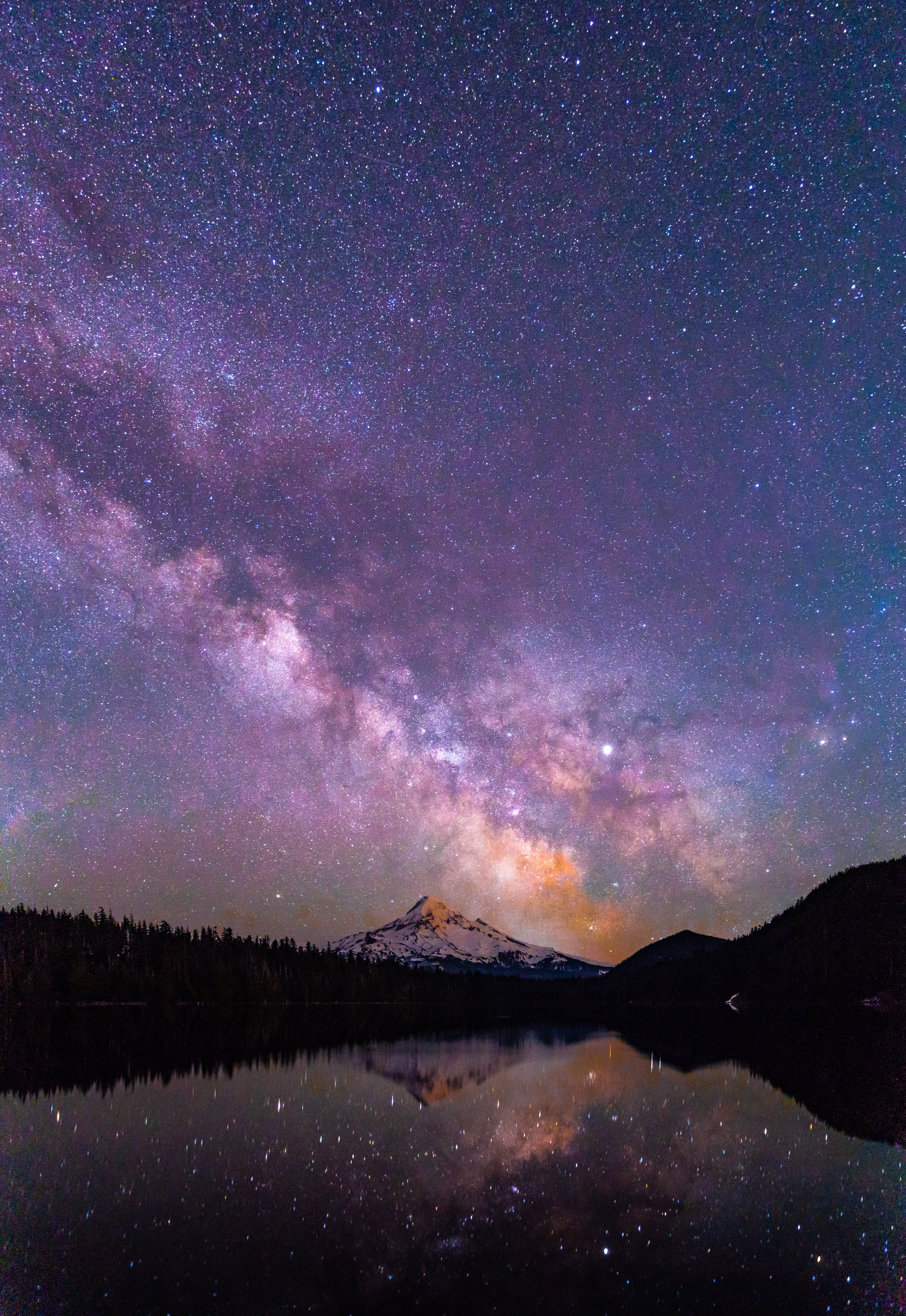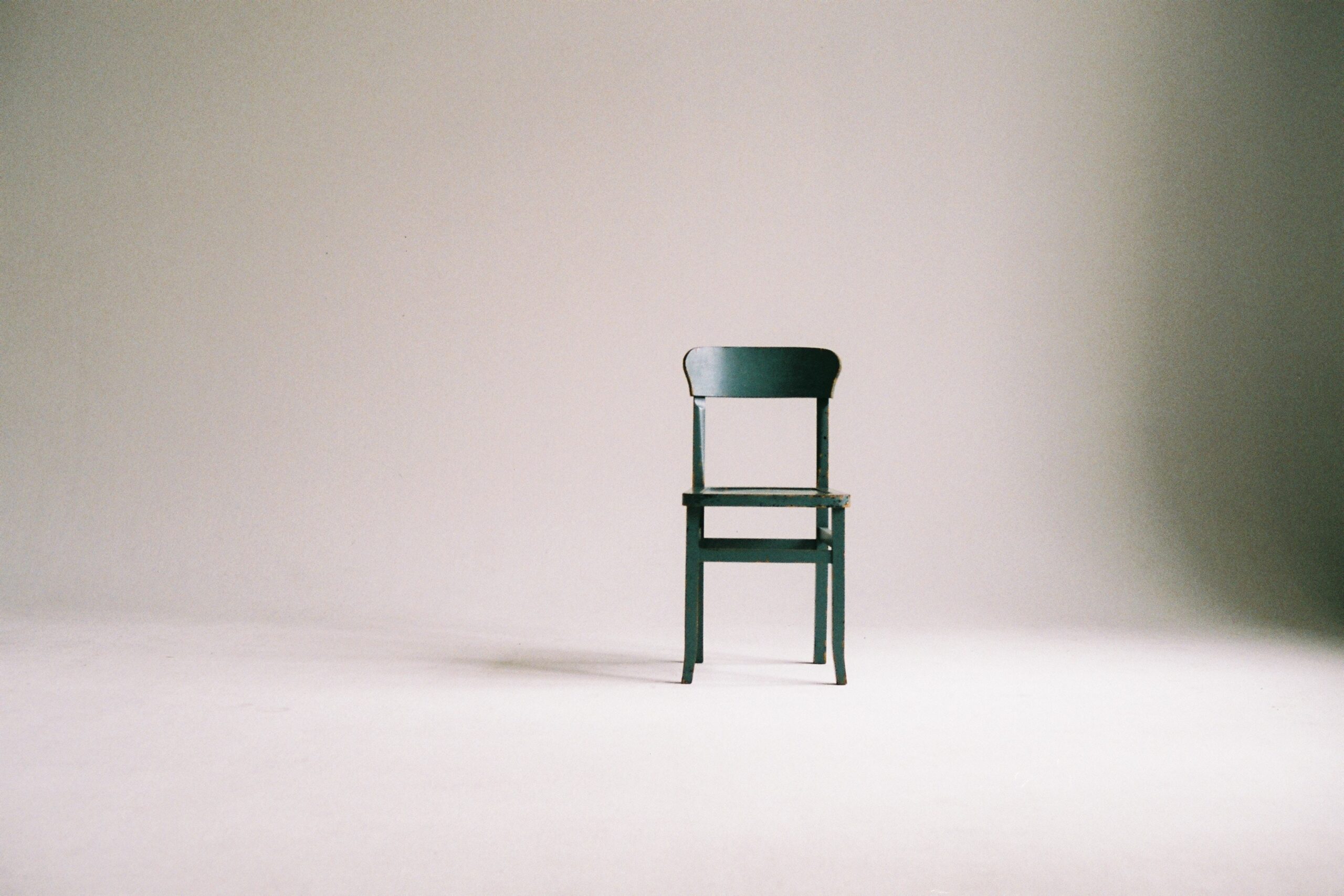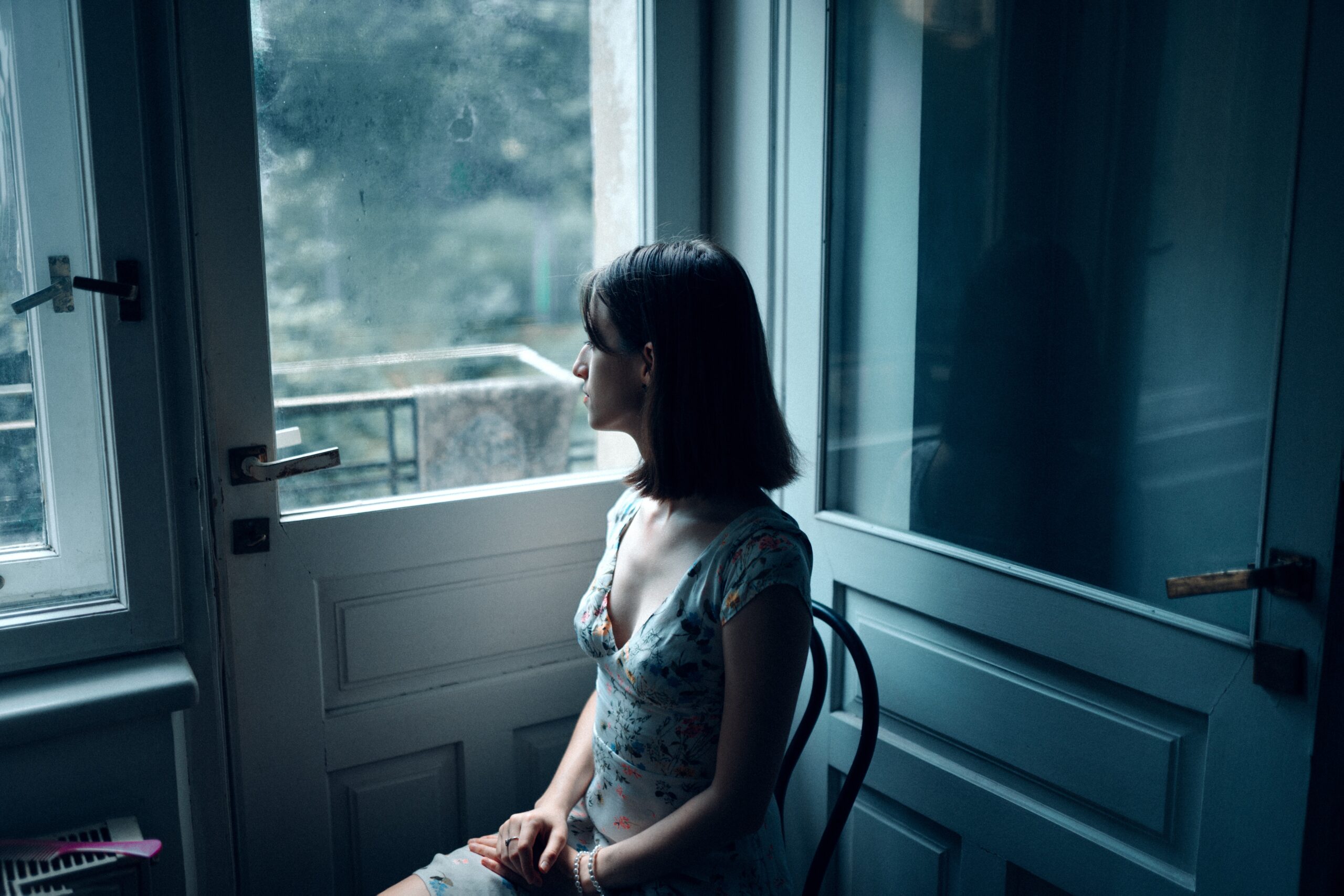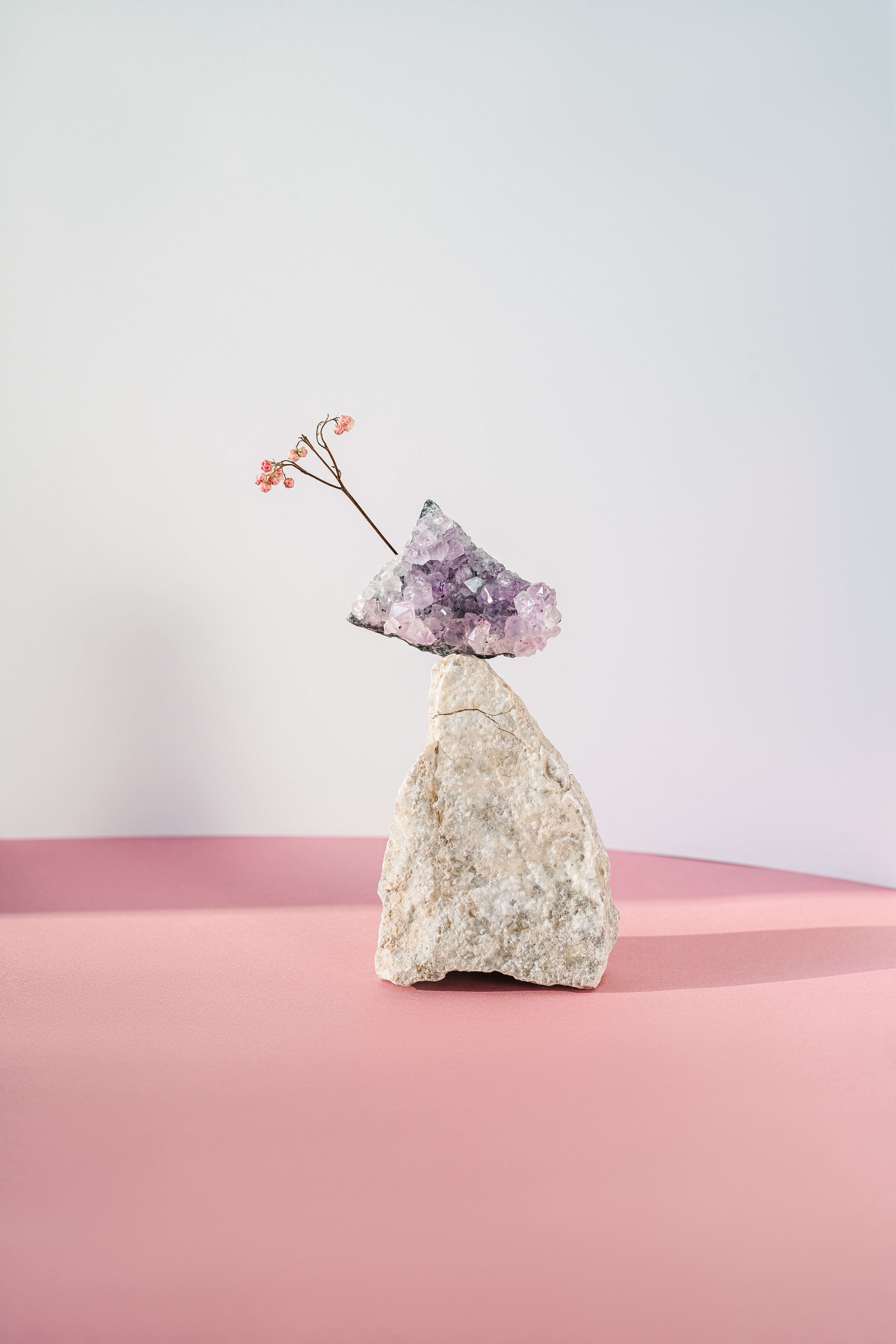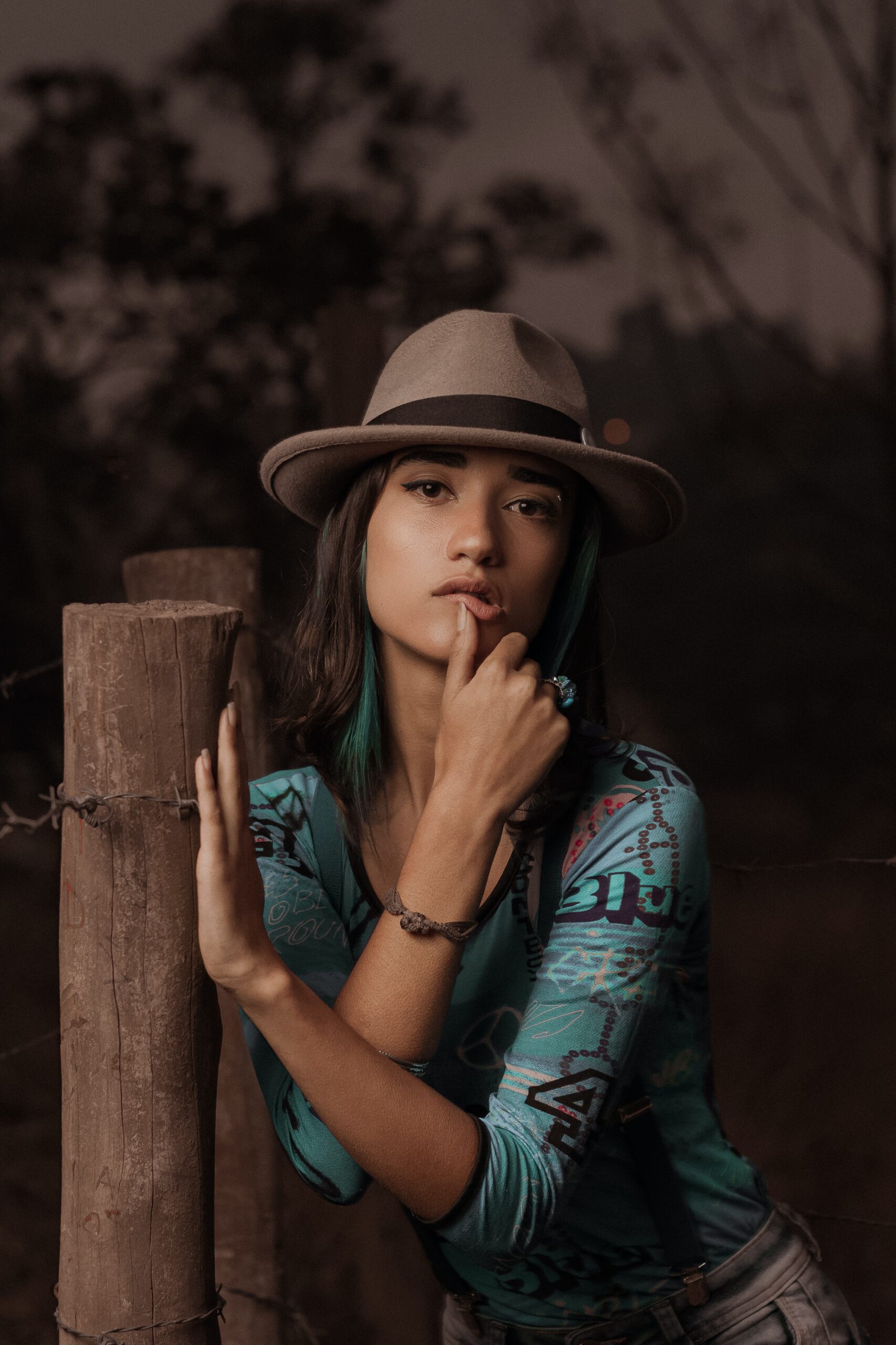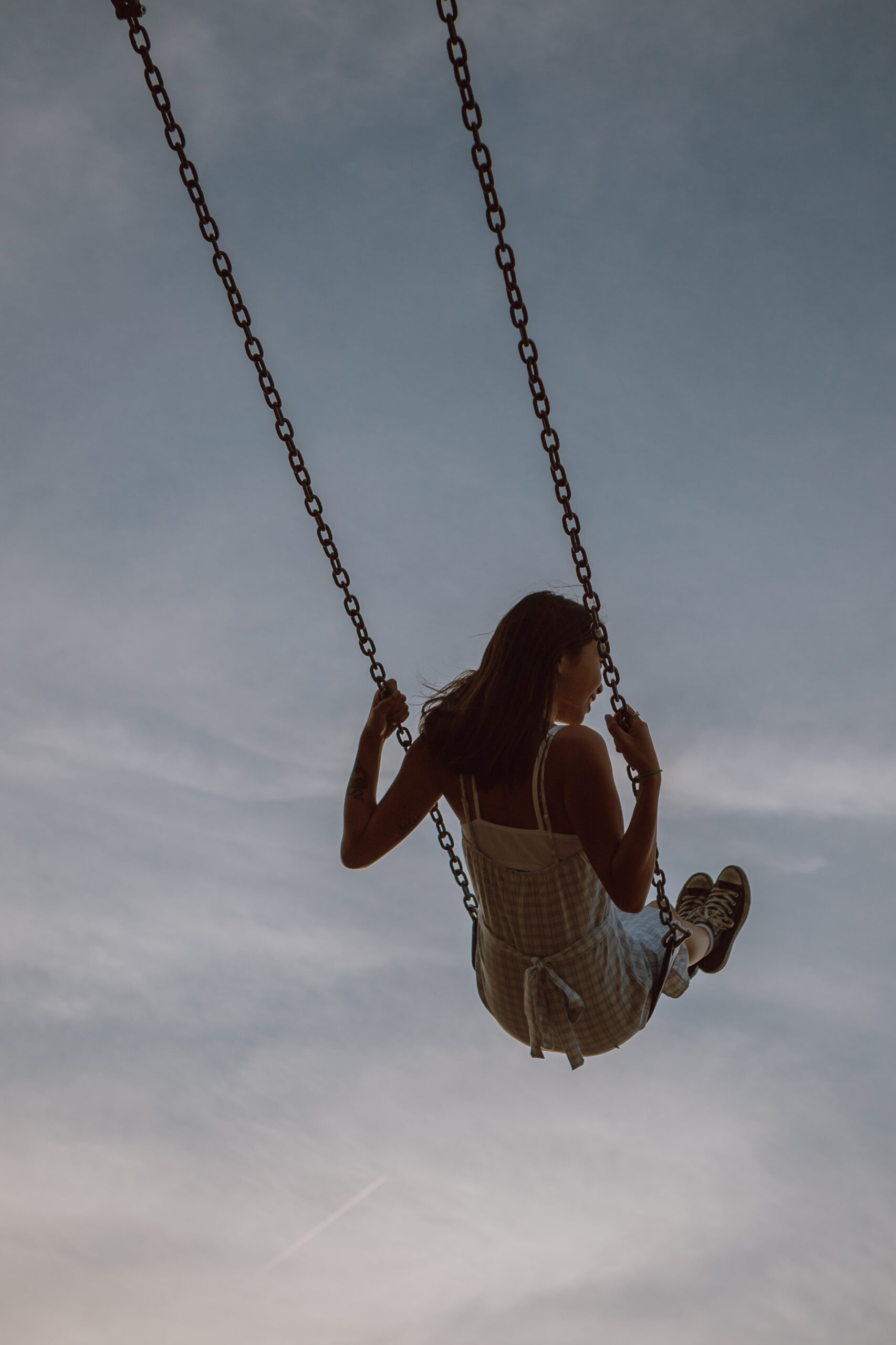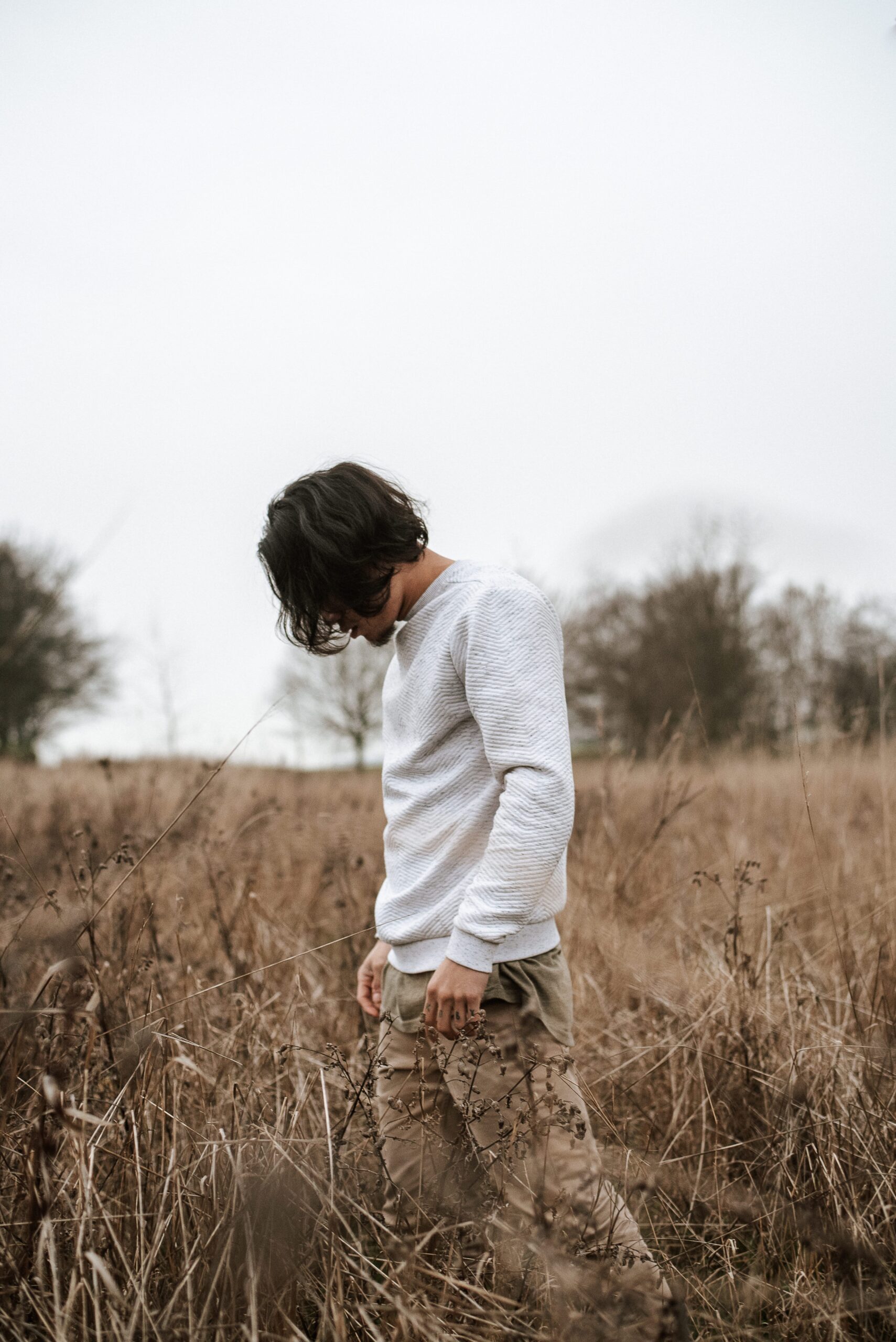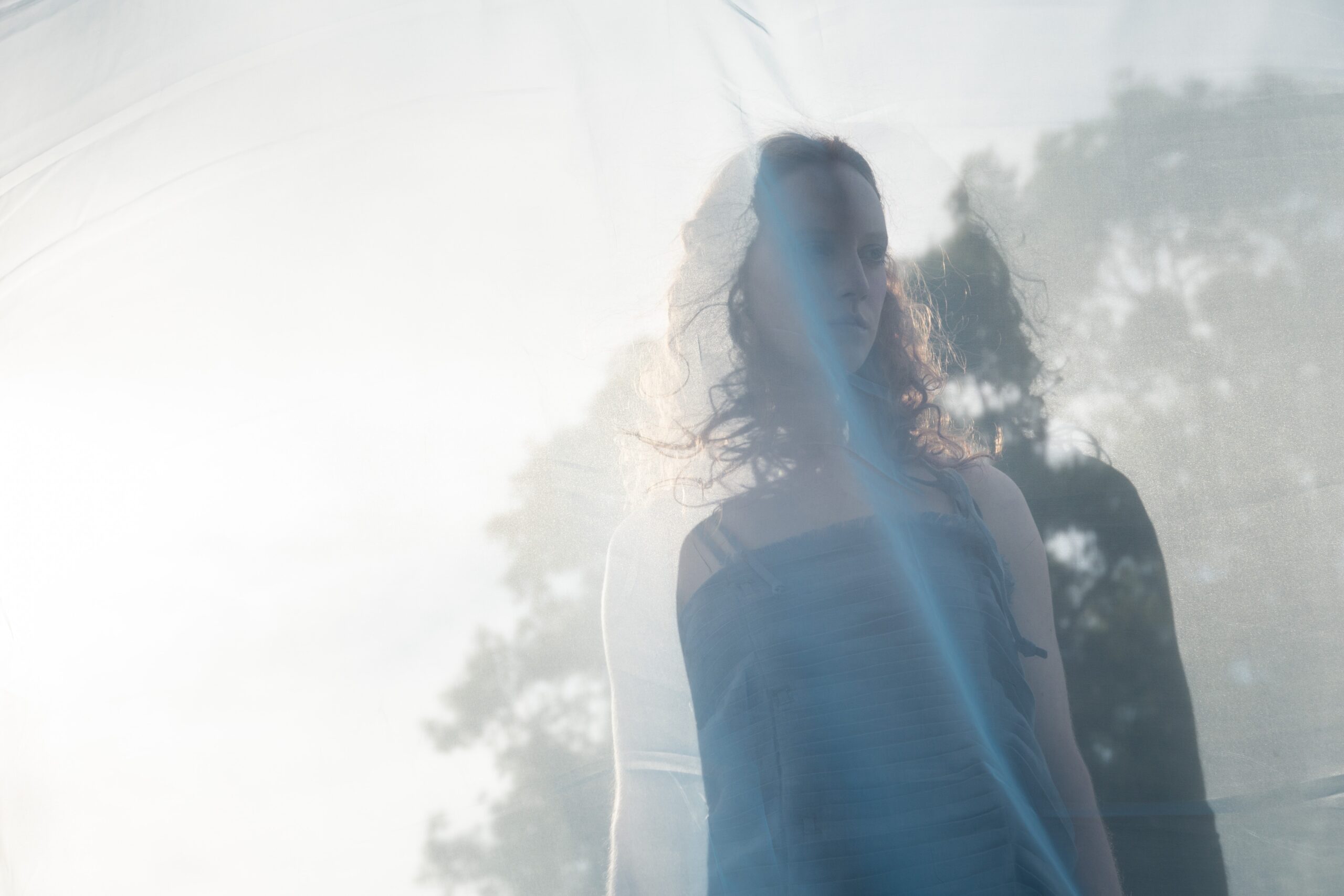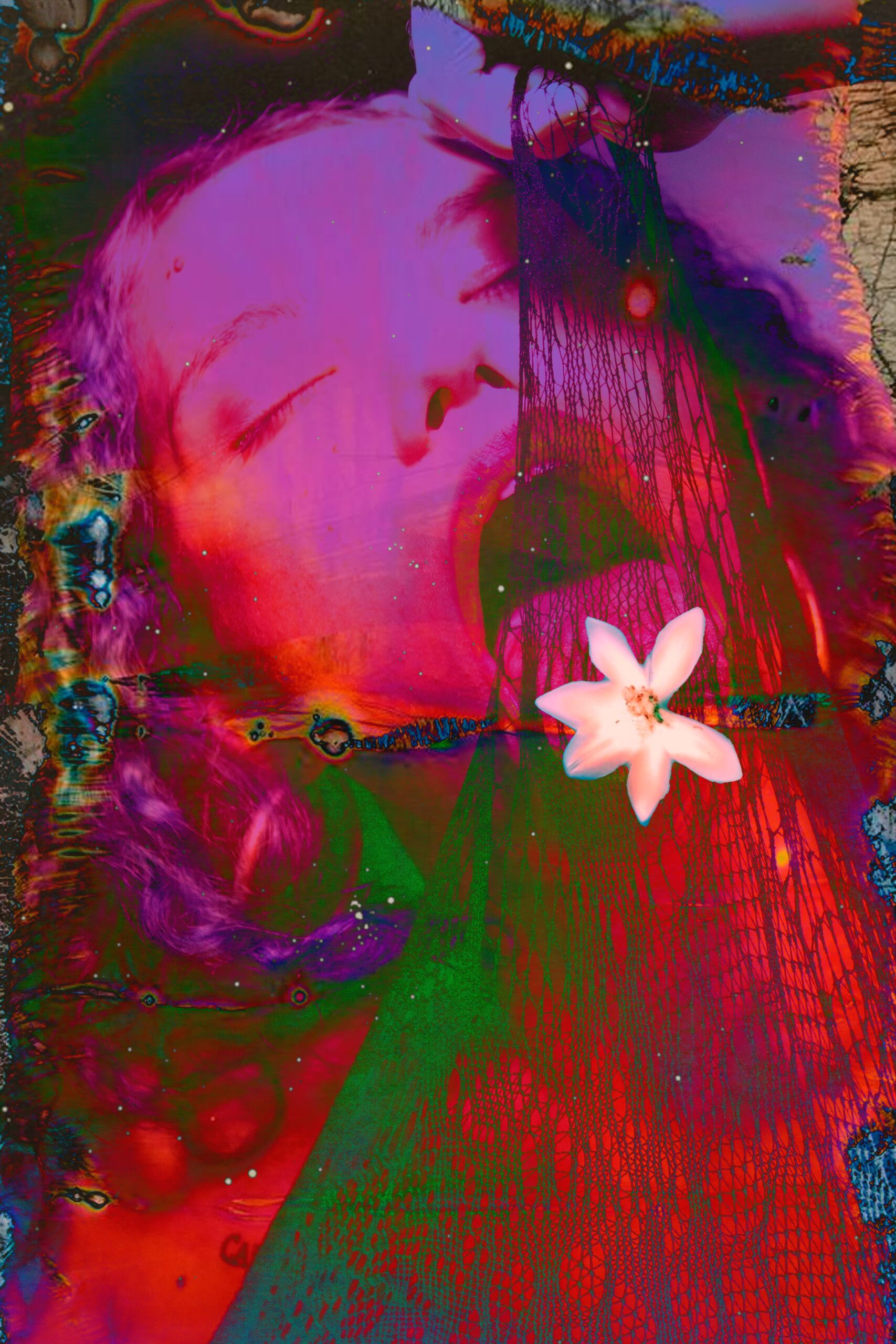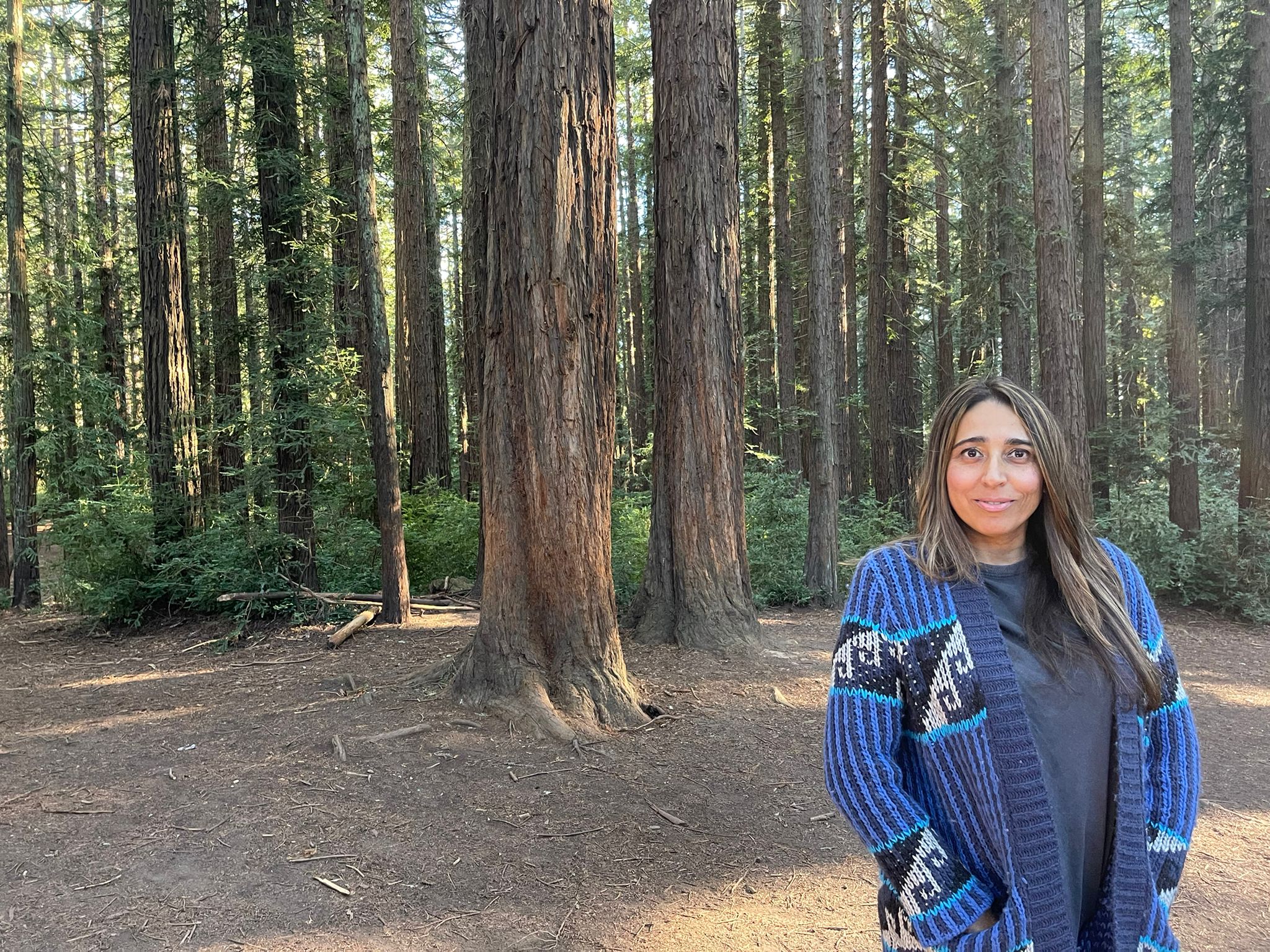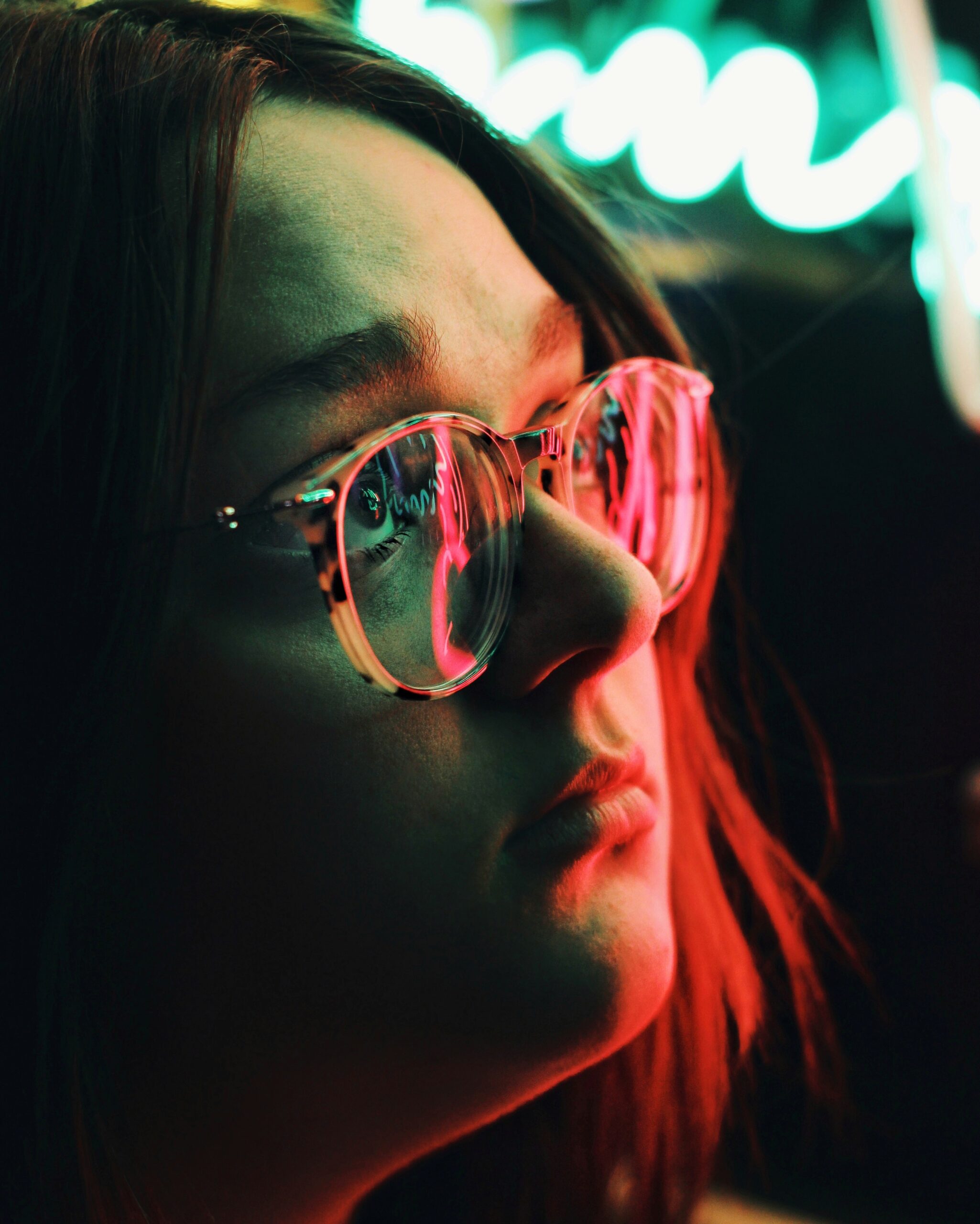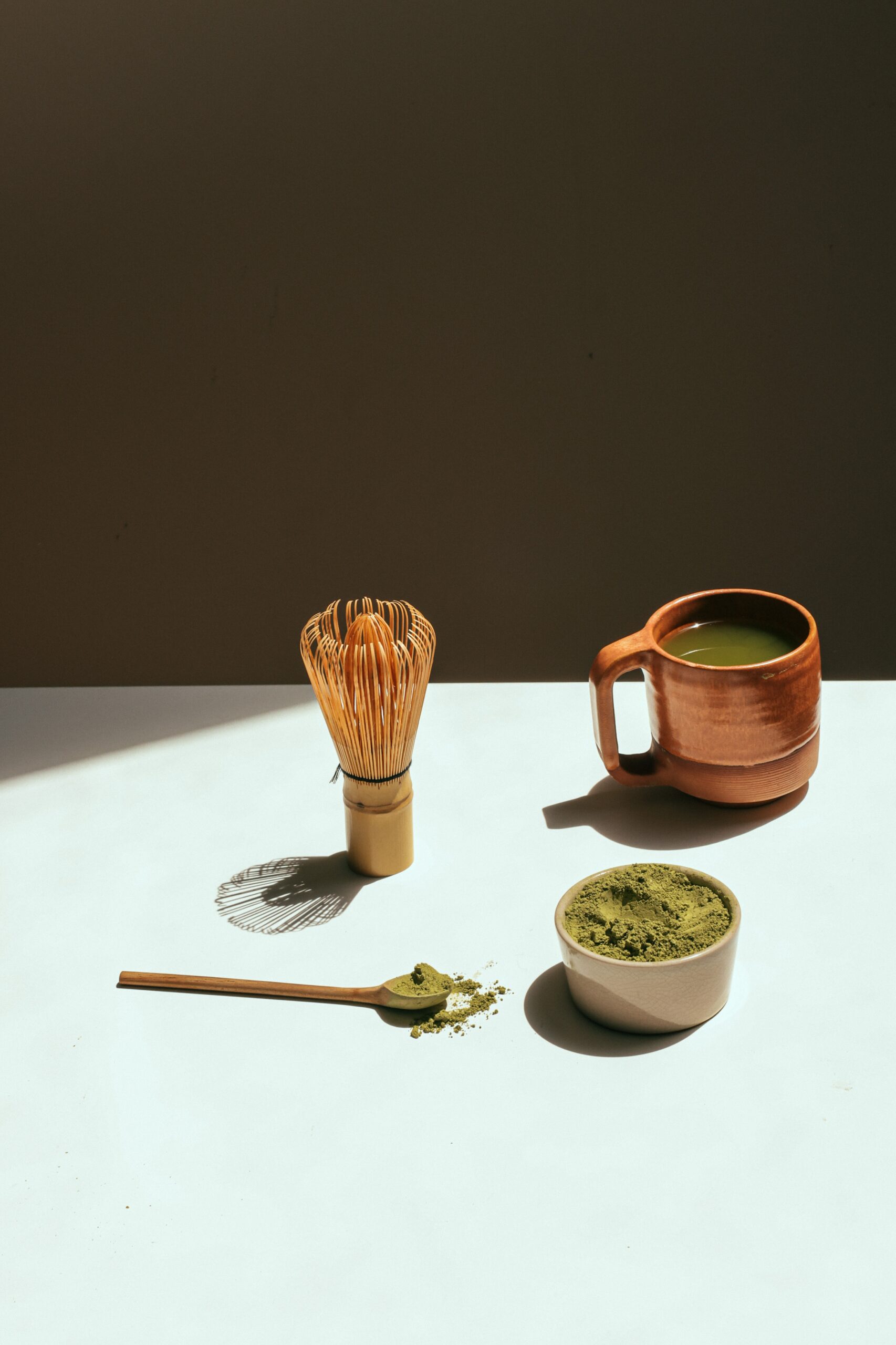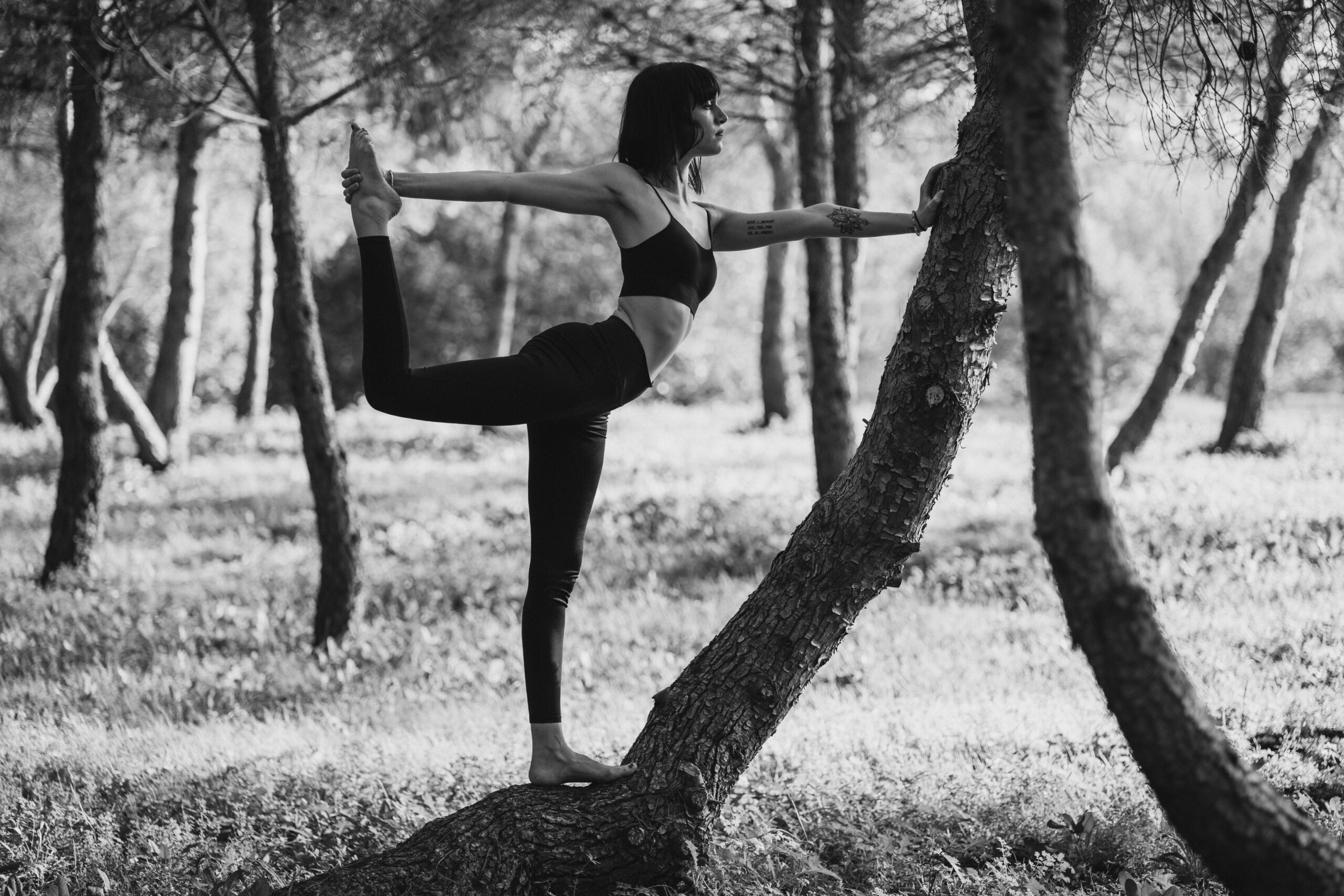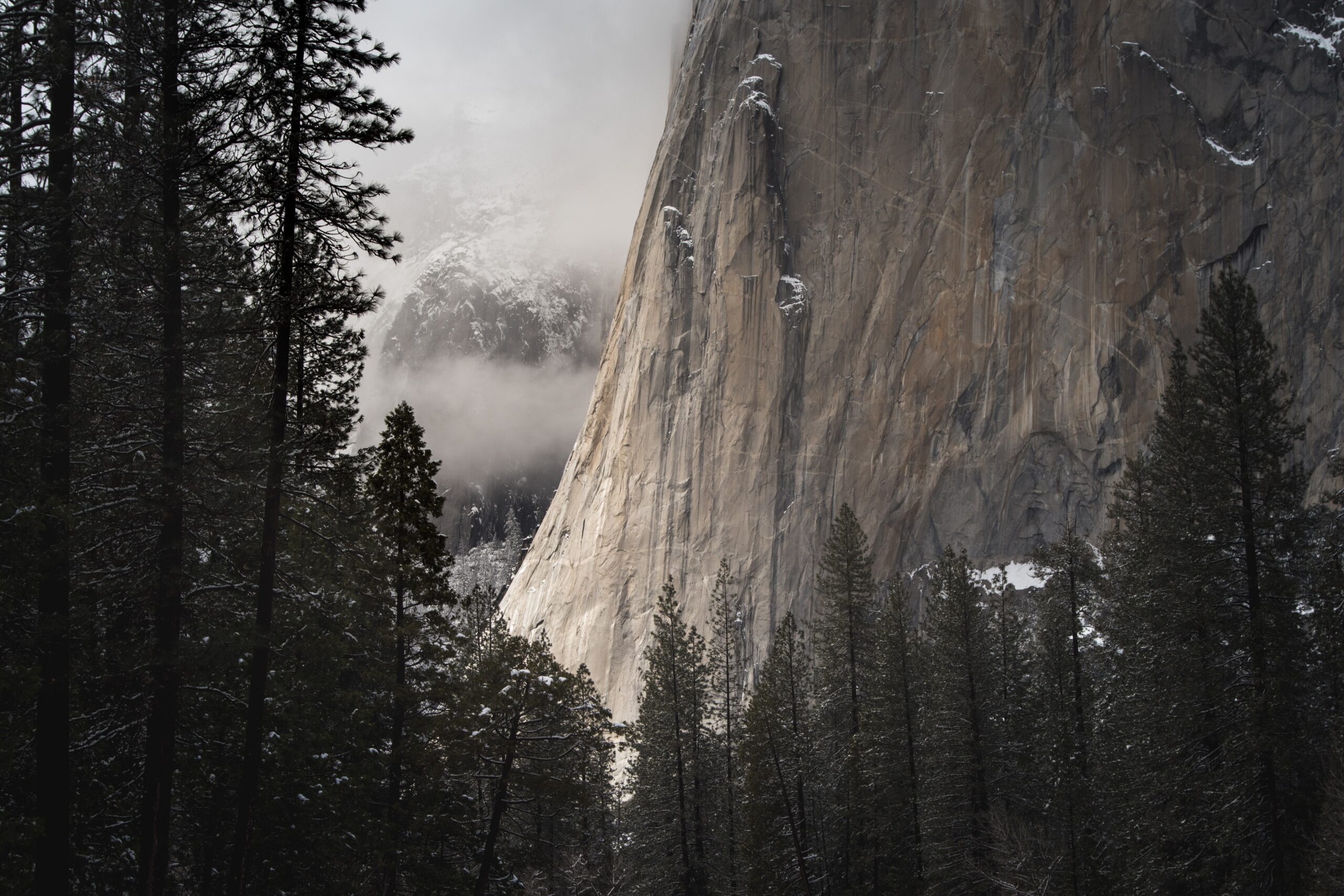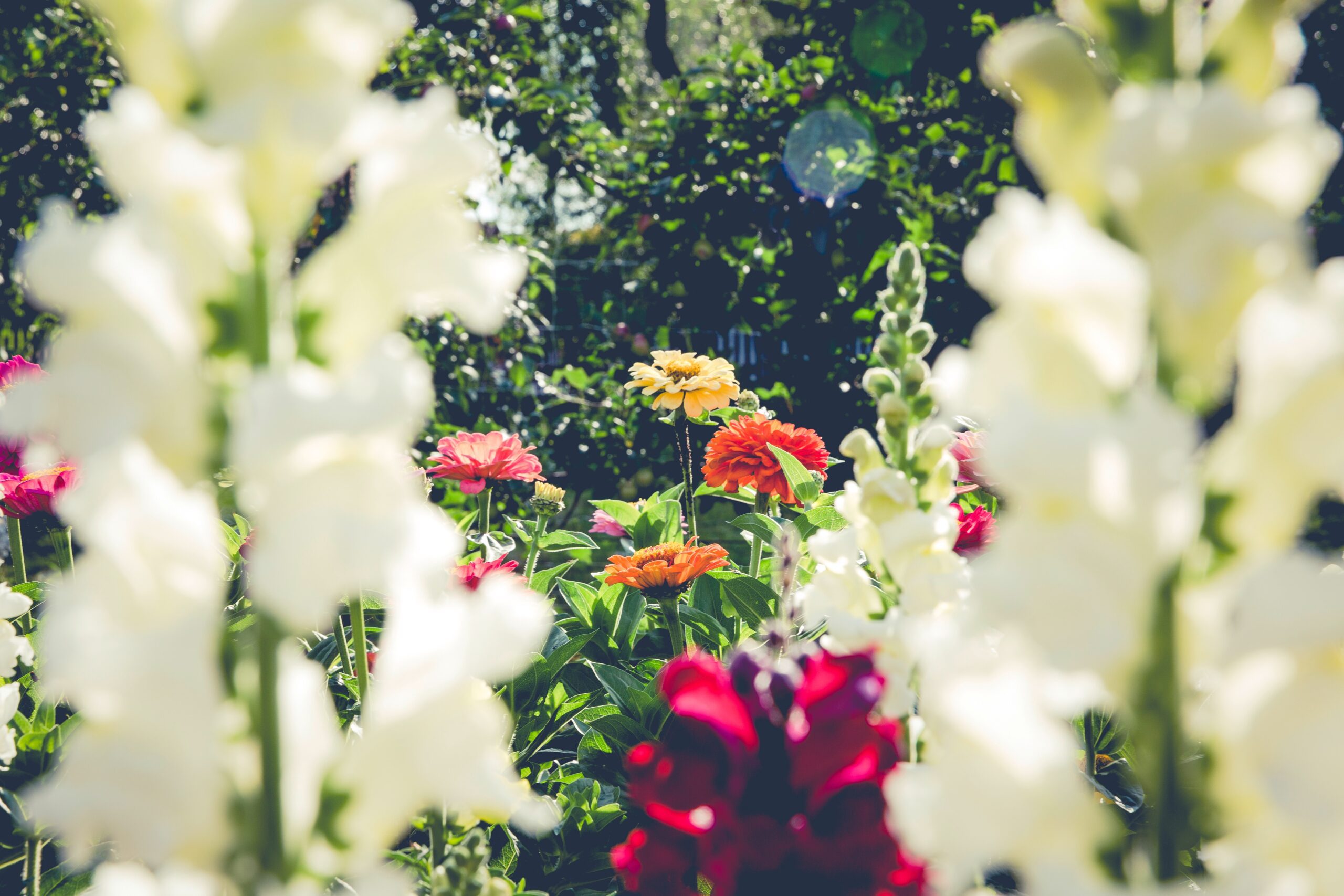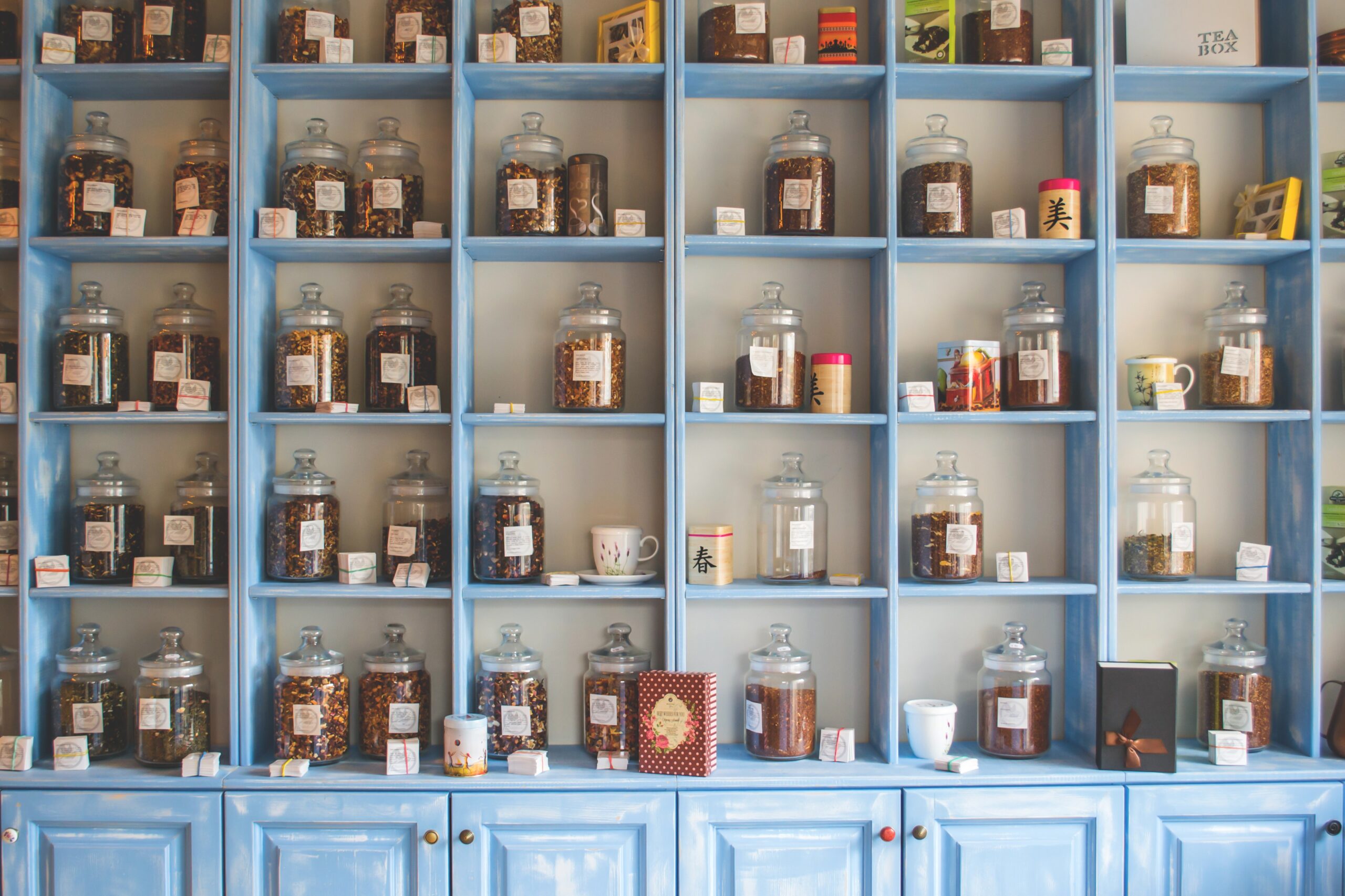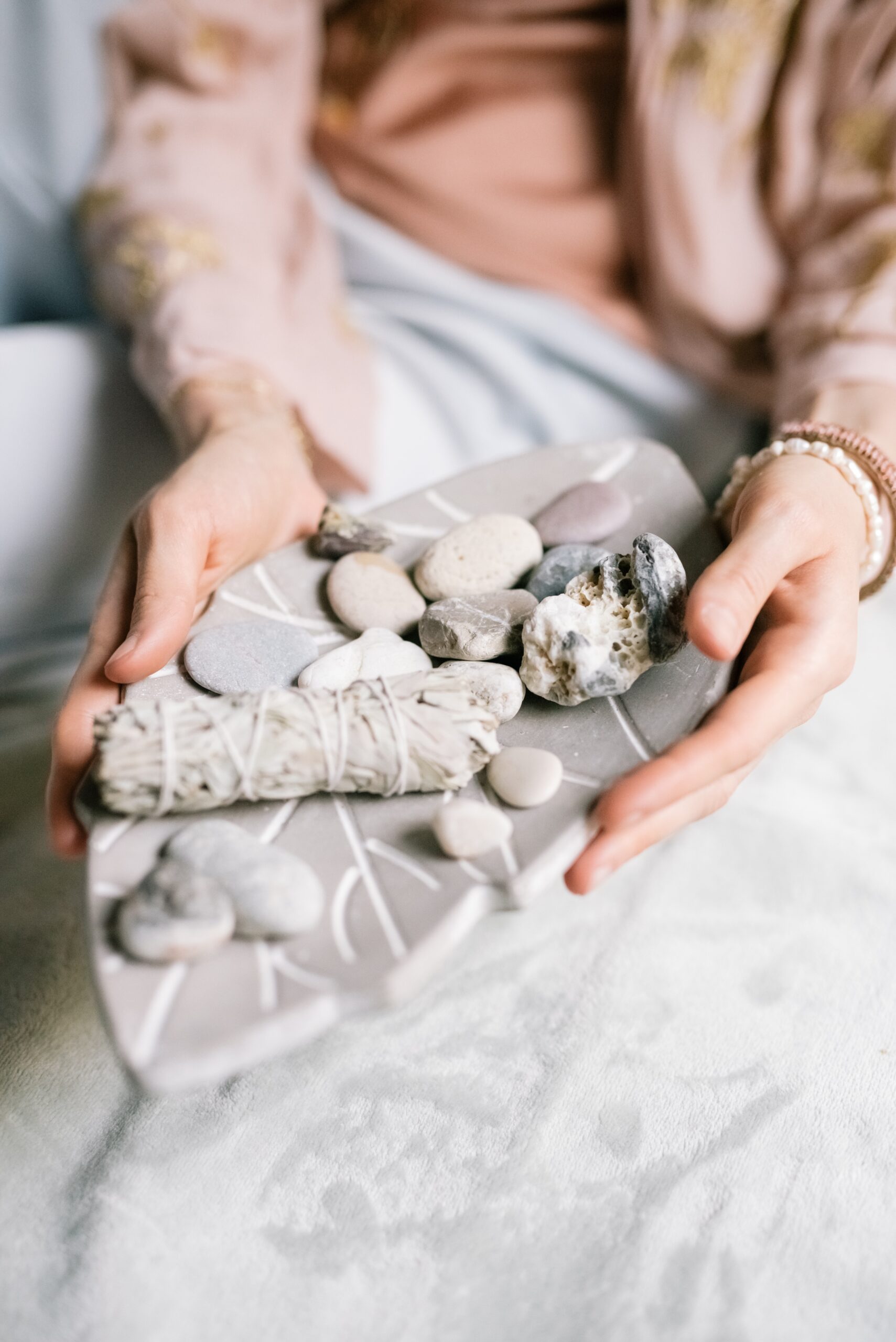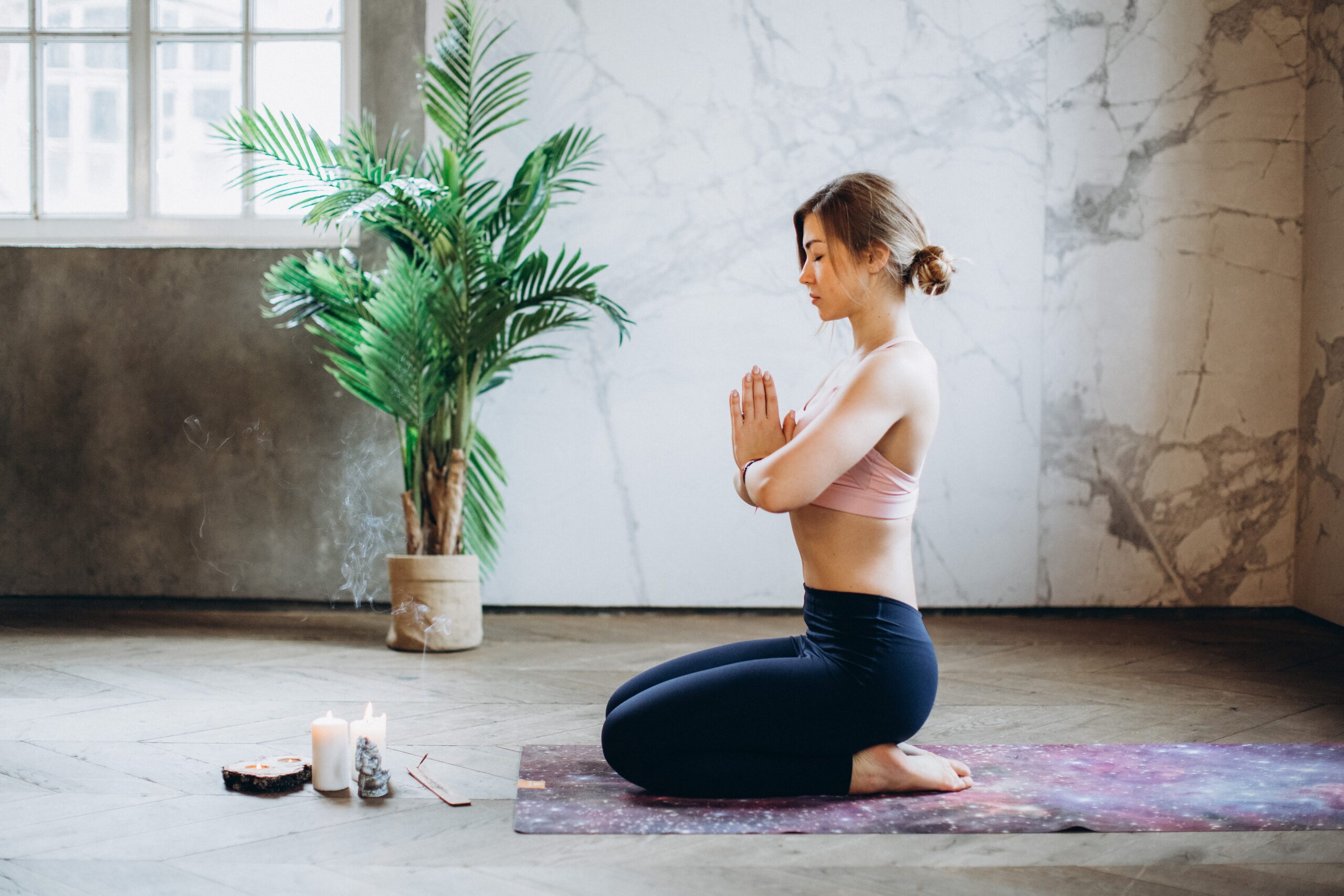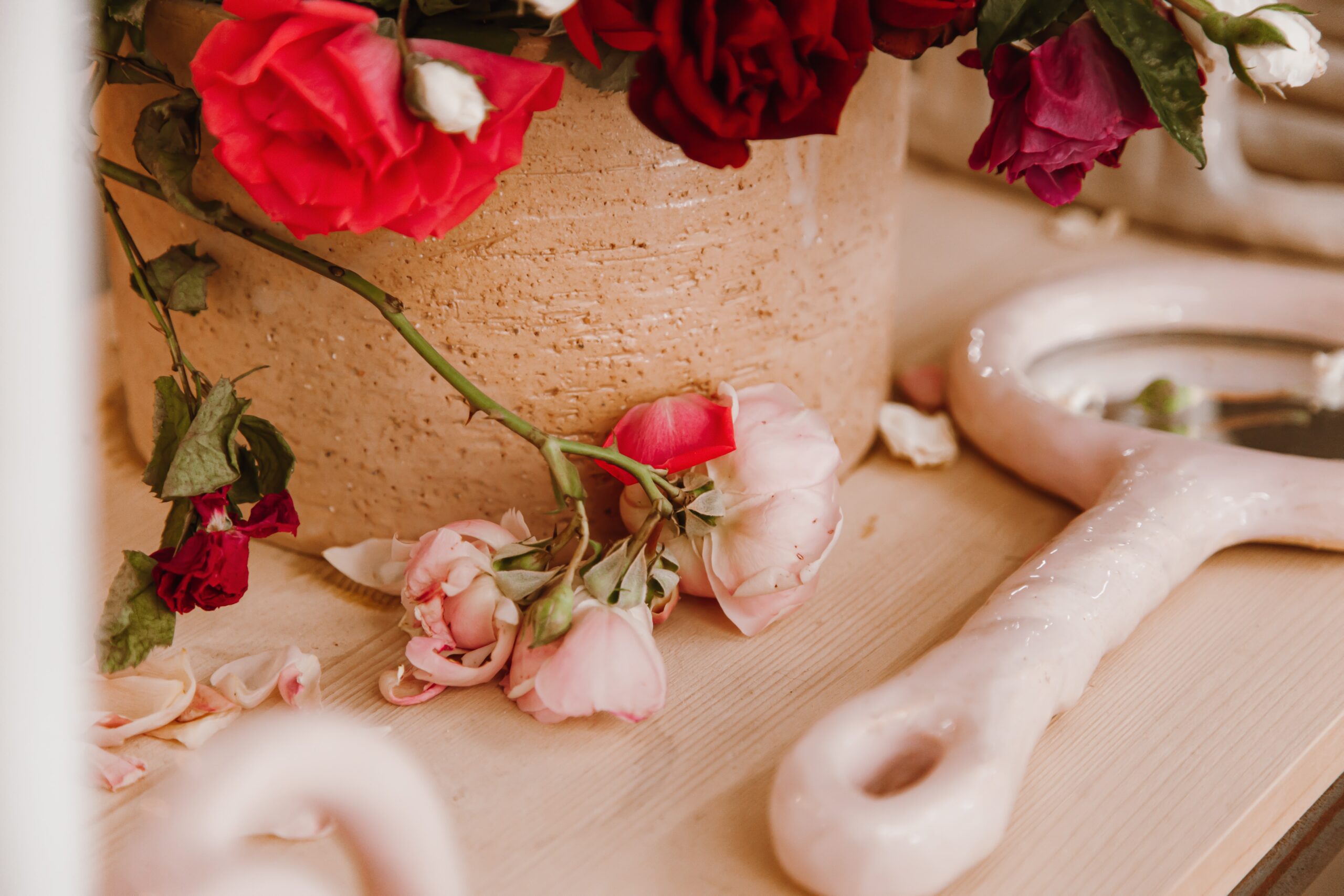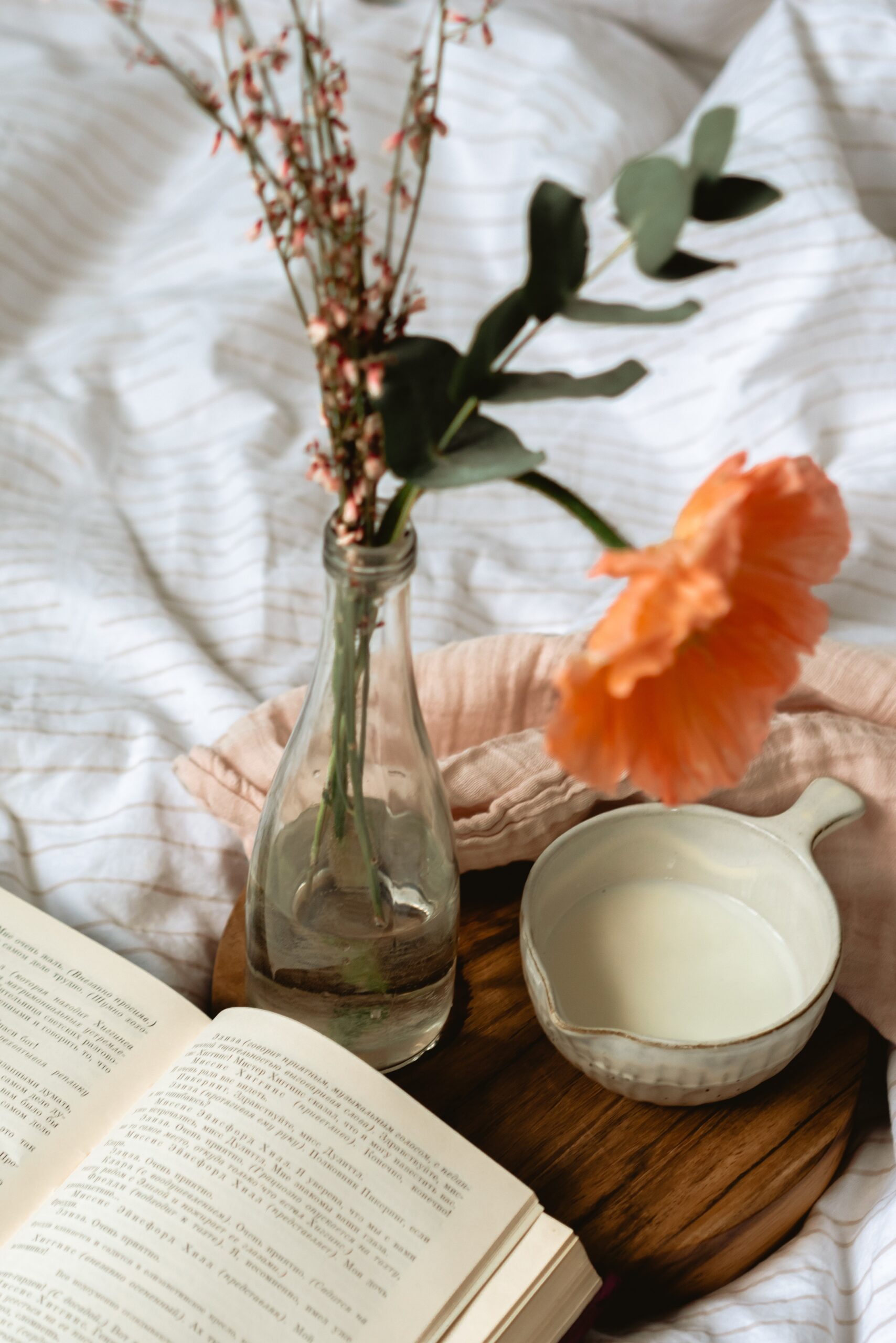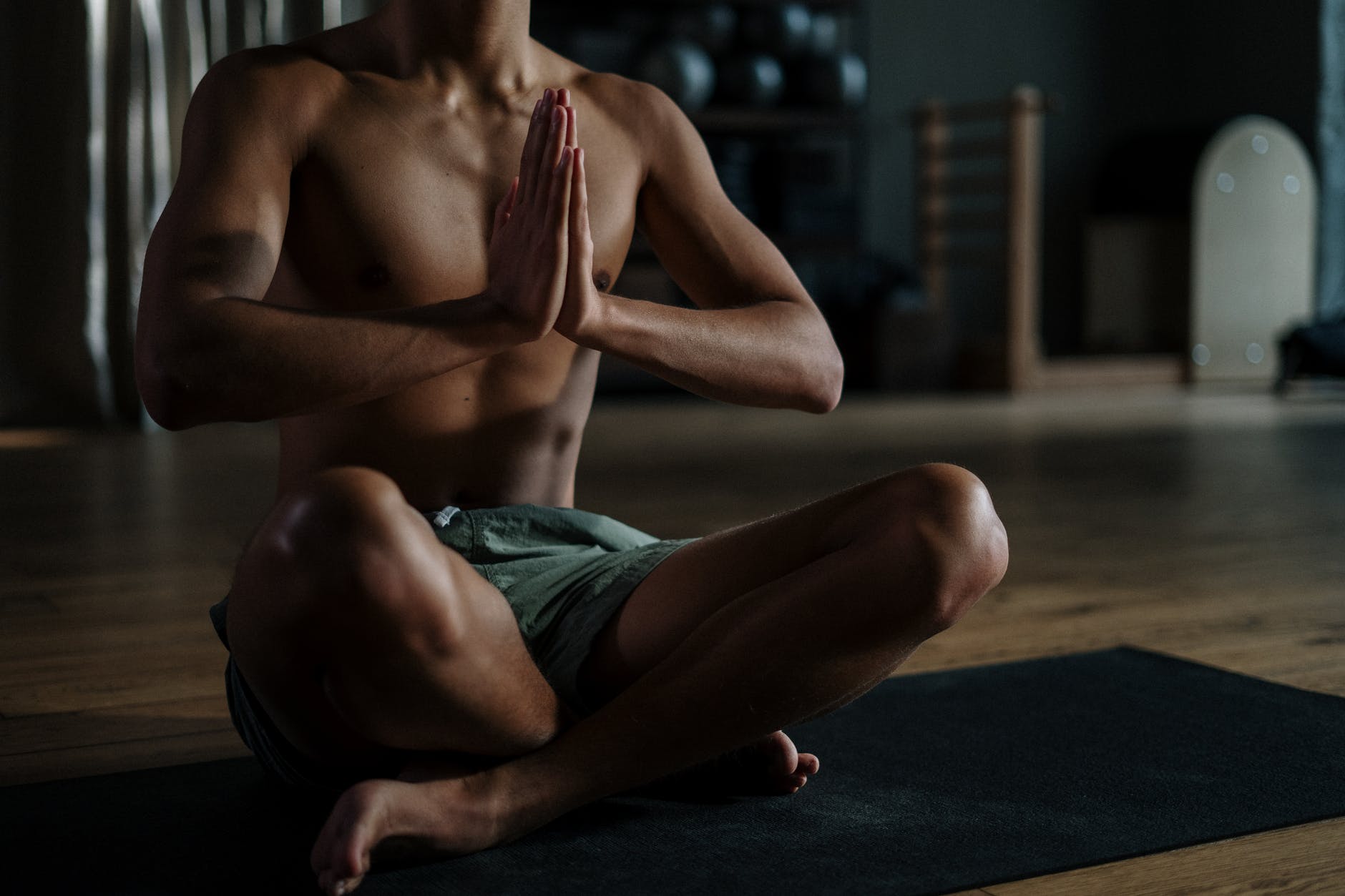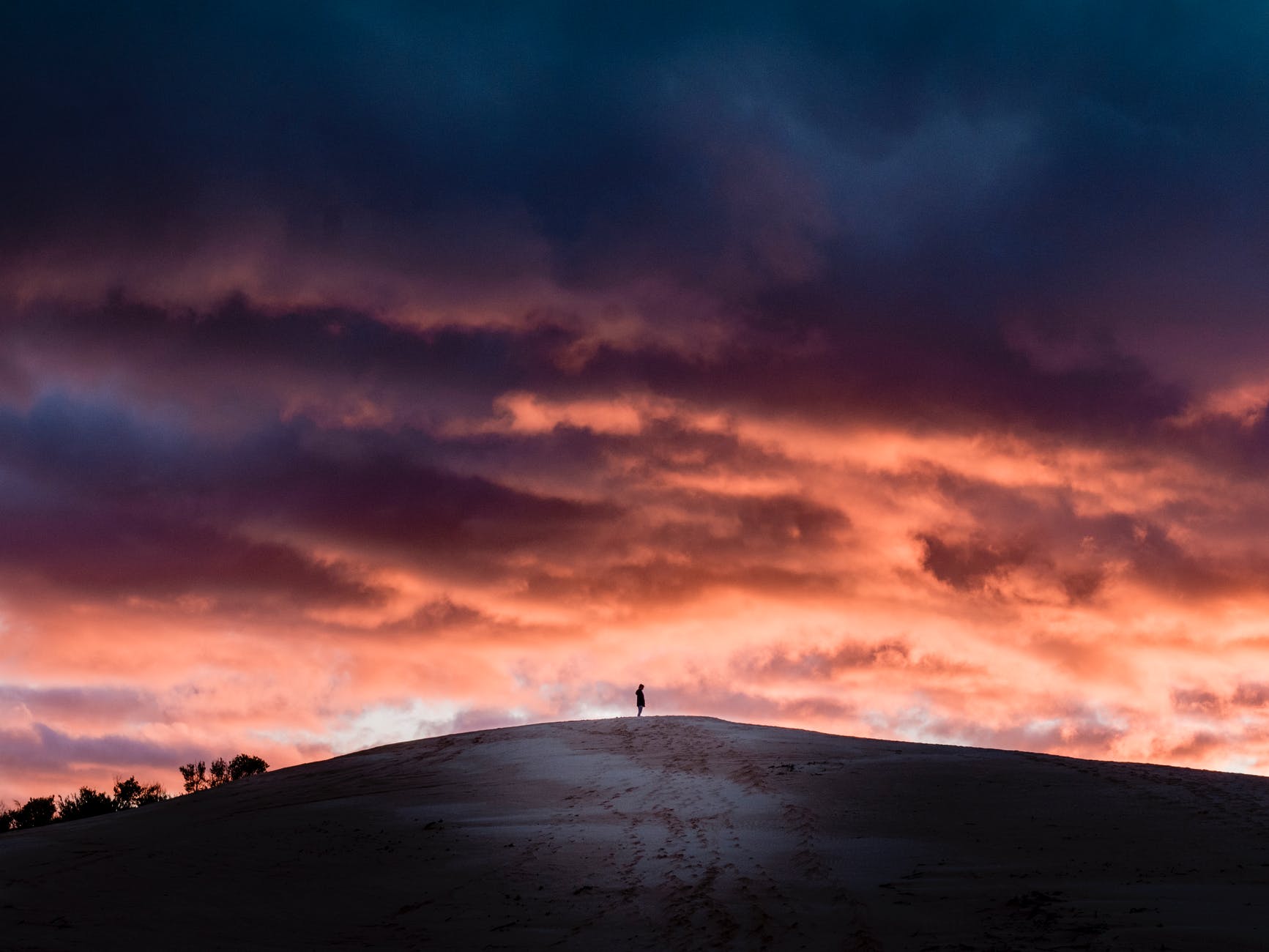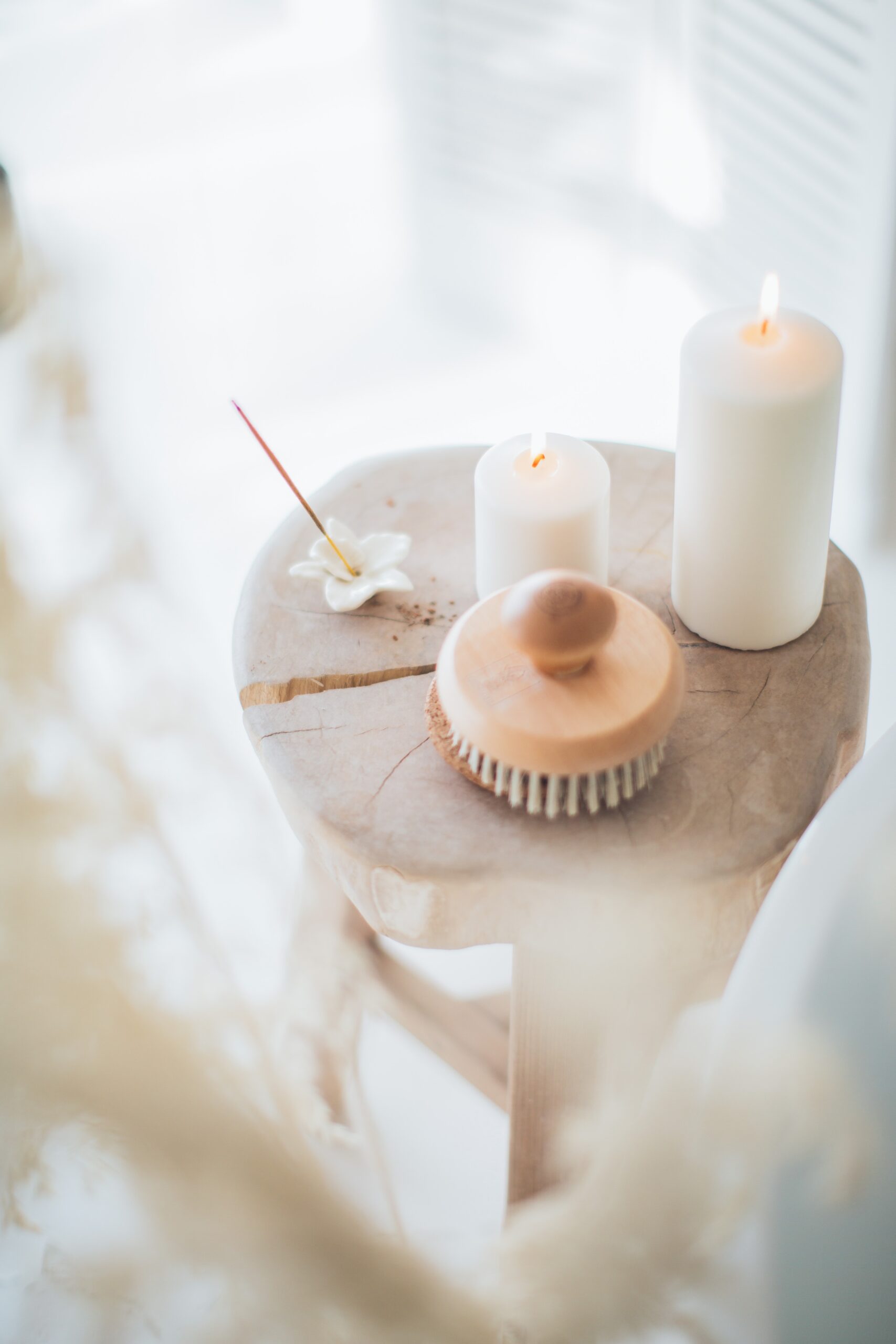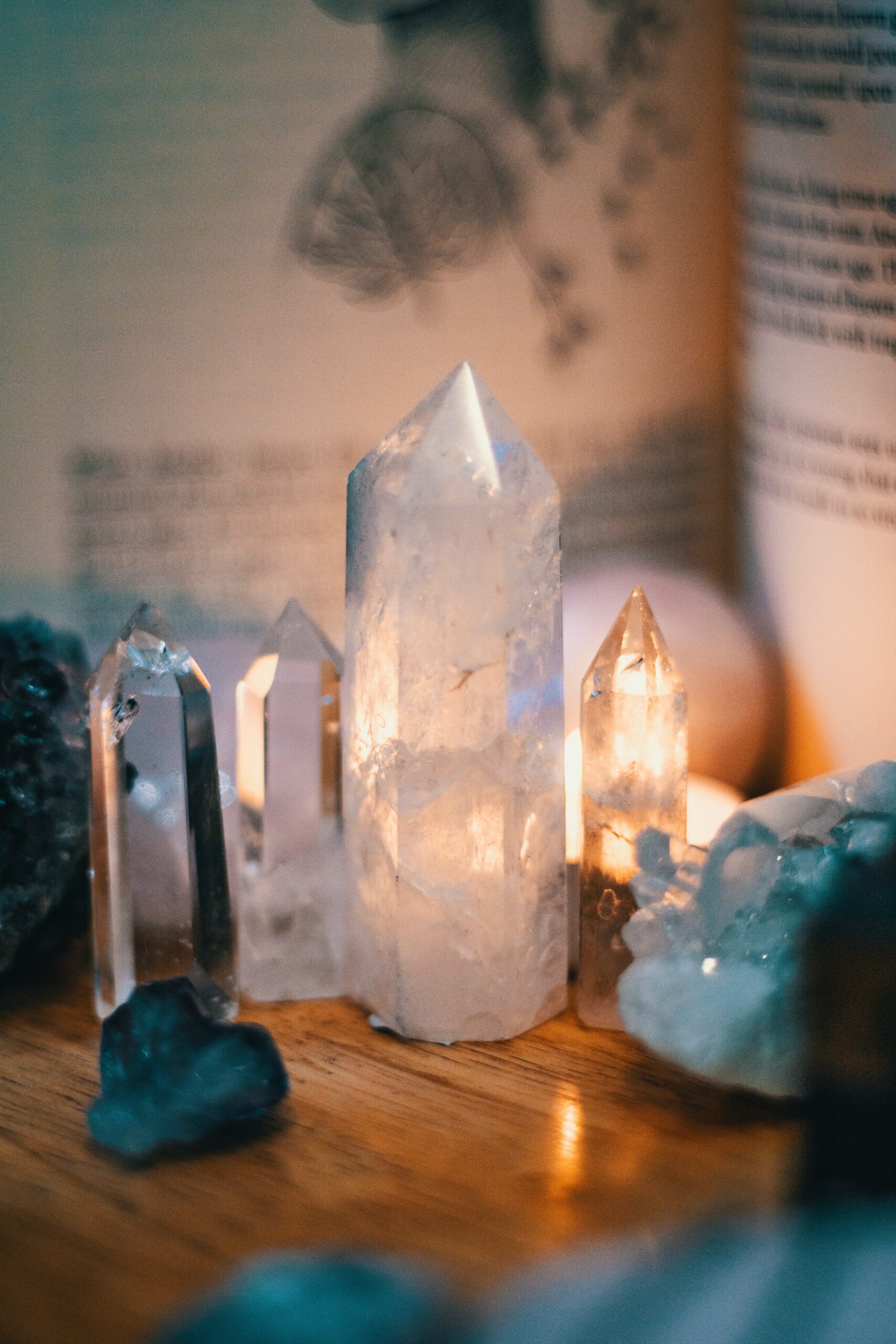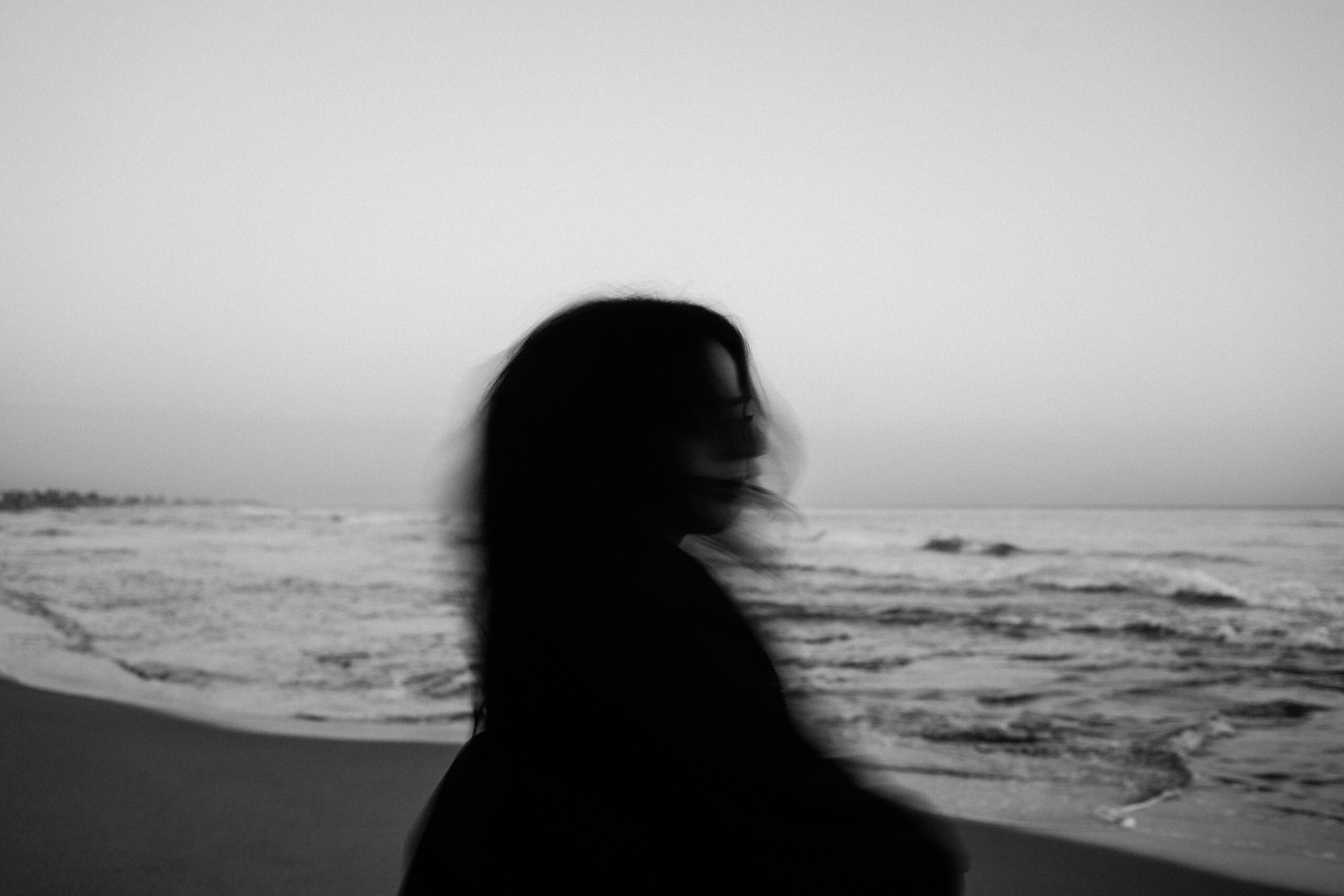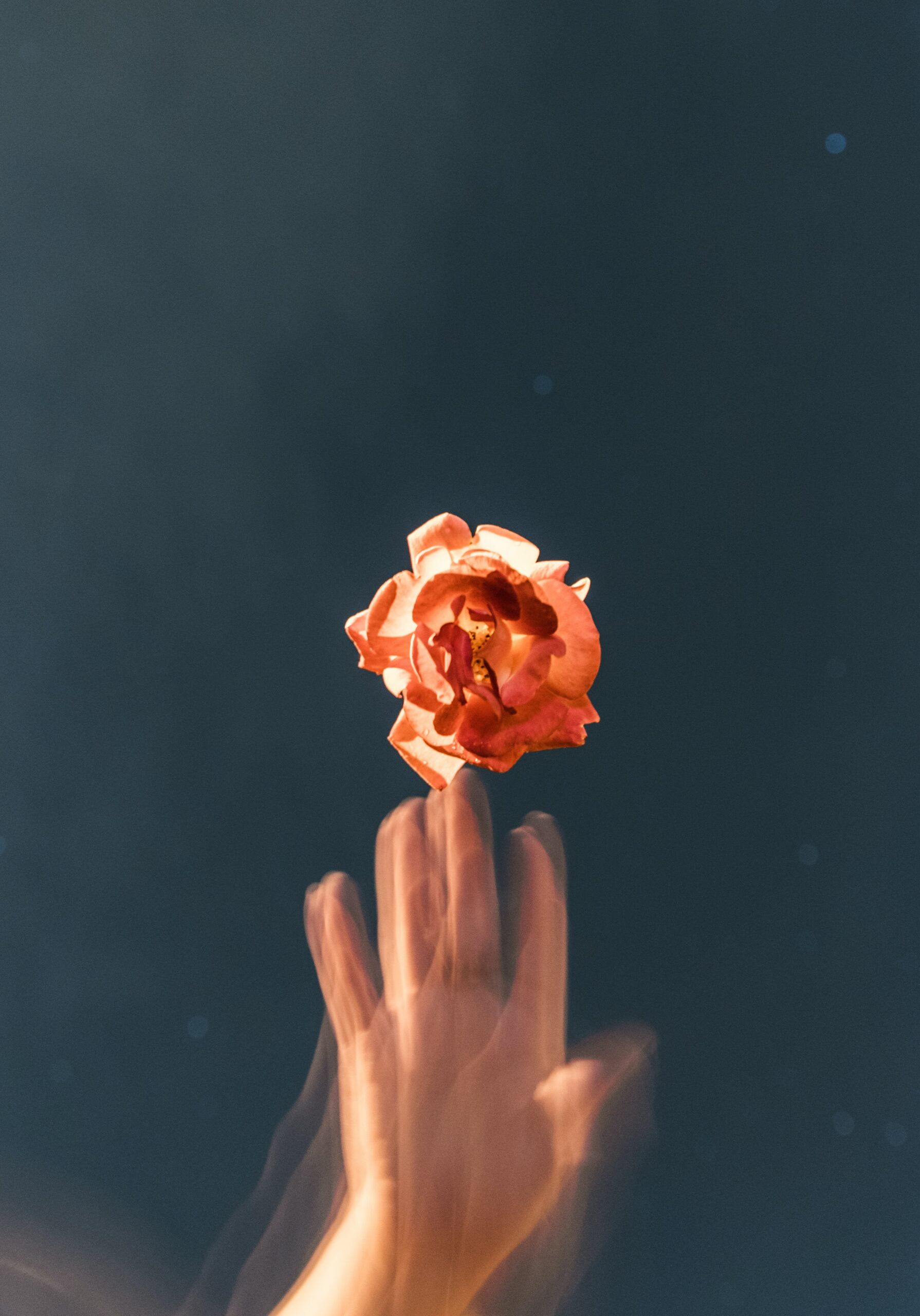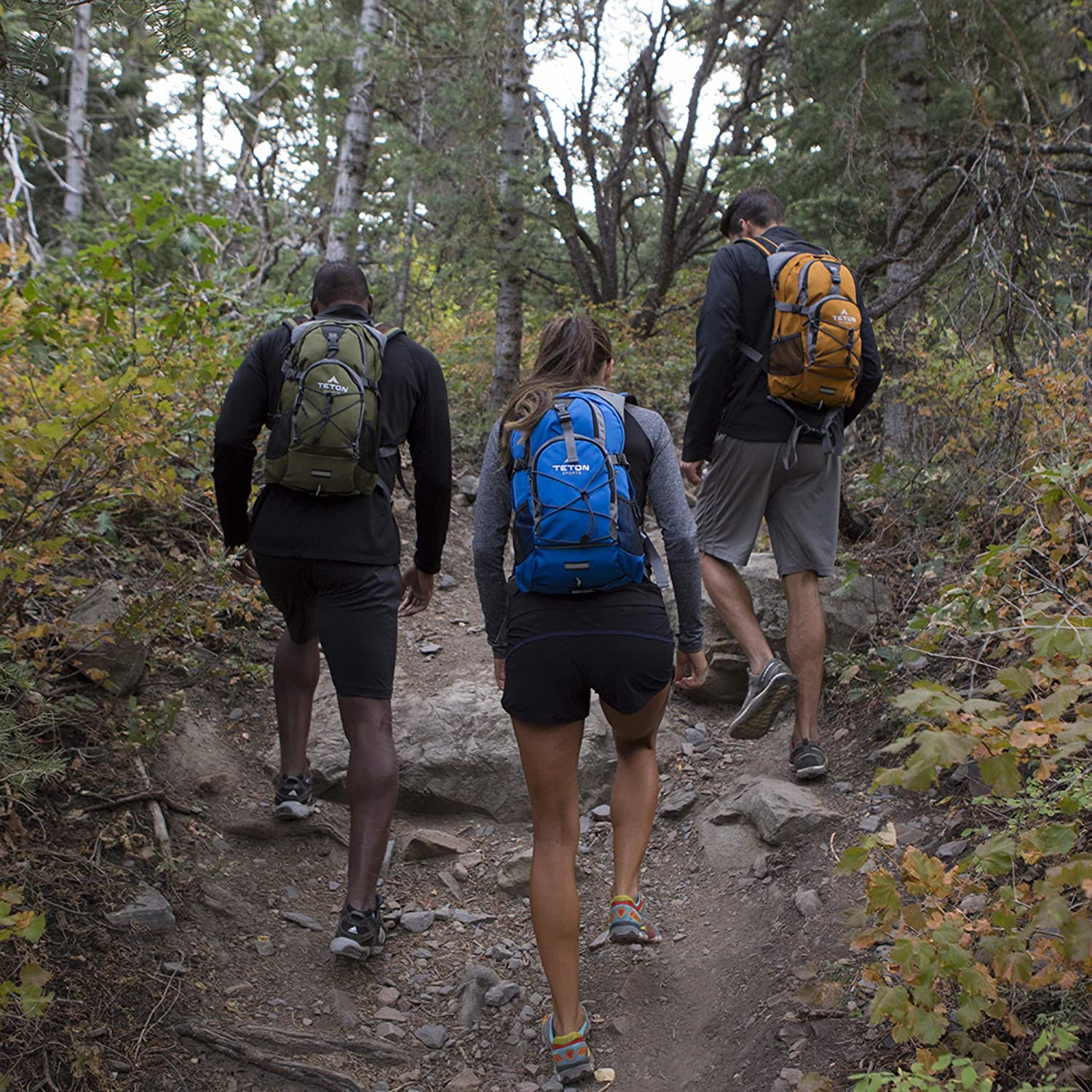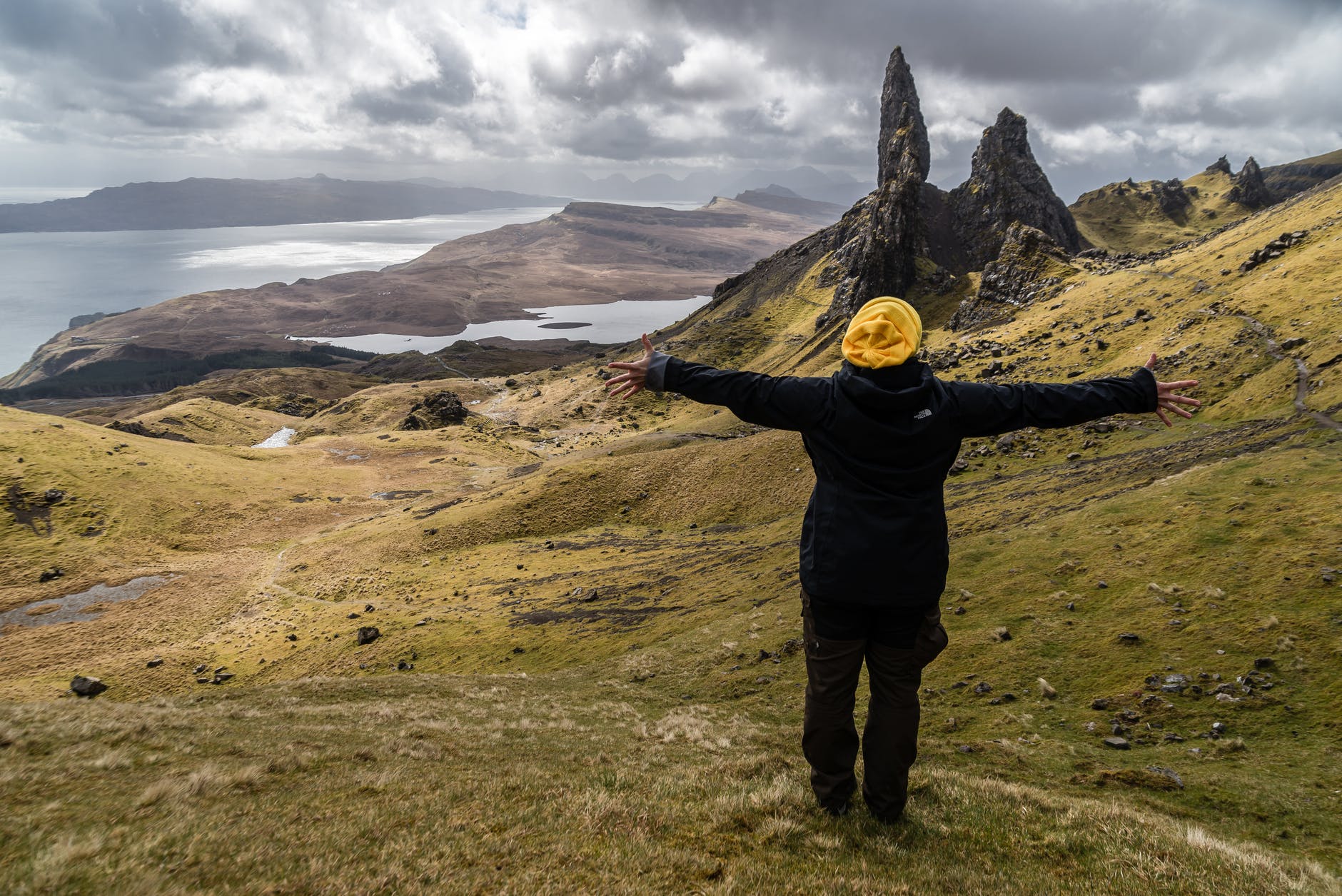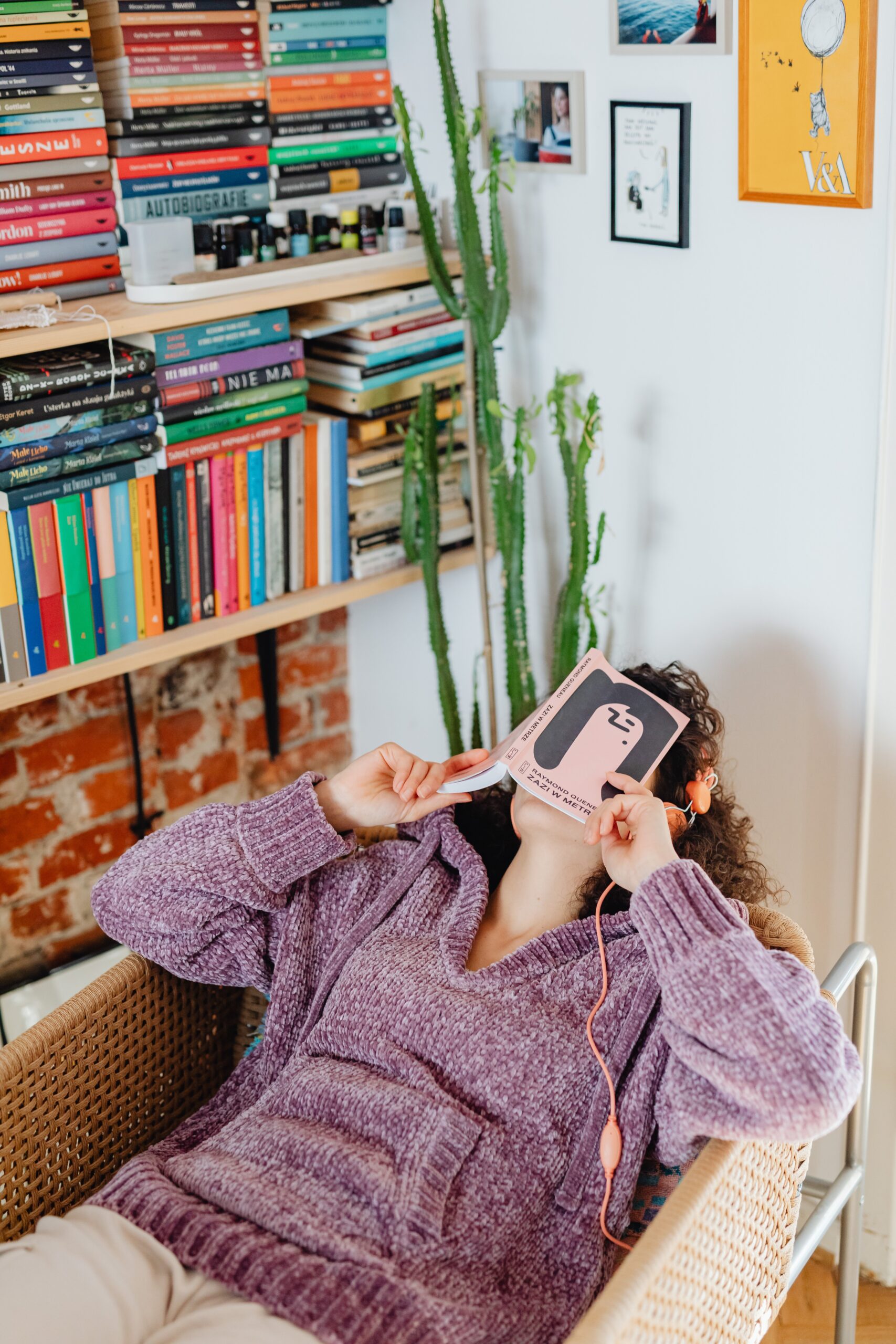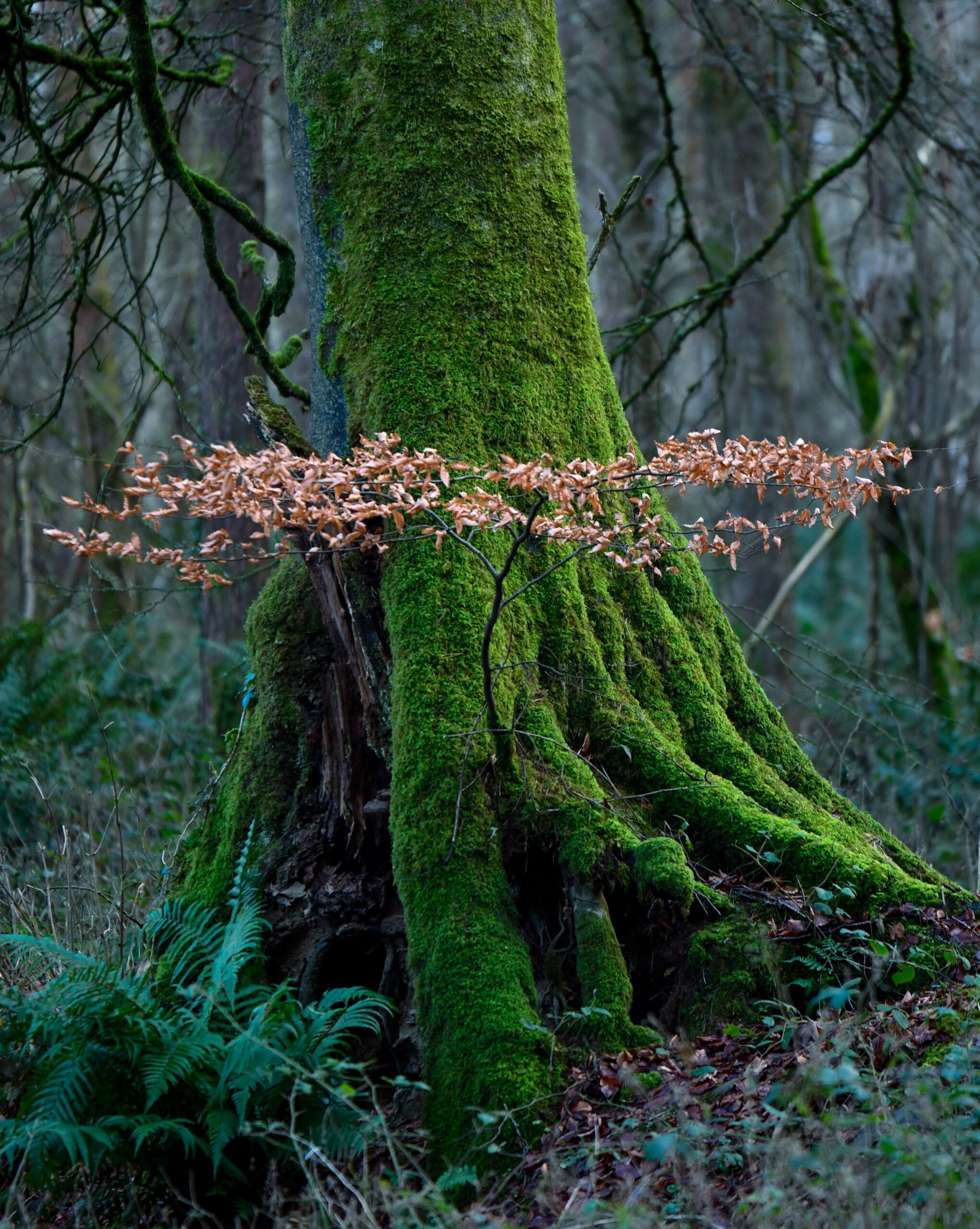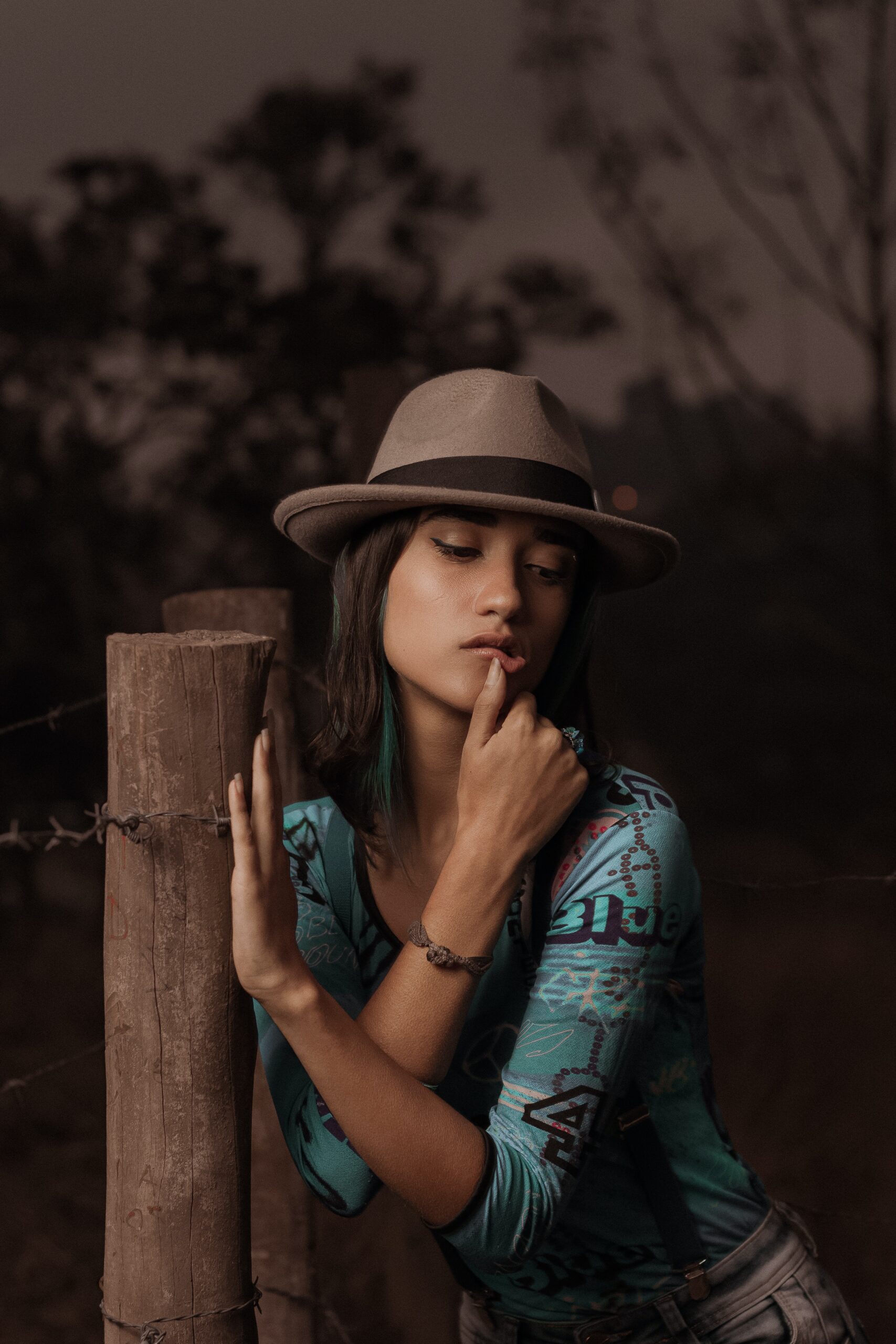Finding your inner artist can be a big challenge for many people. Amy L. Bernstein believes each and everyone of us an artist within and we owe it to ourselves to get creative.
Creativity is a power so strong and so beneficial even if it’s just for you, you must create.
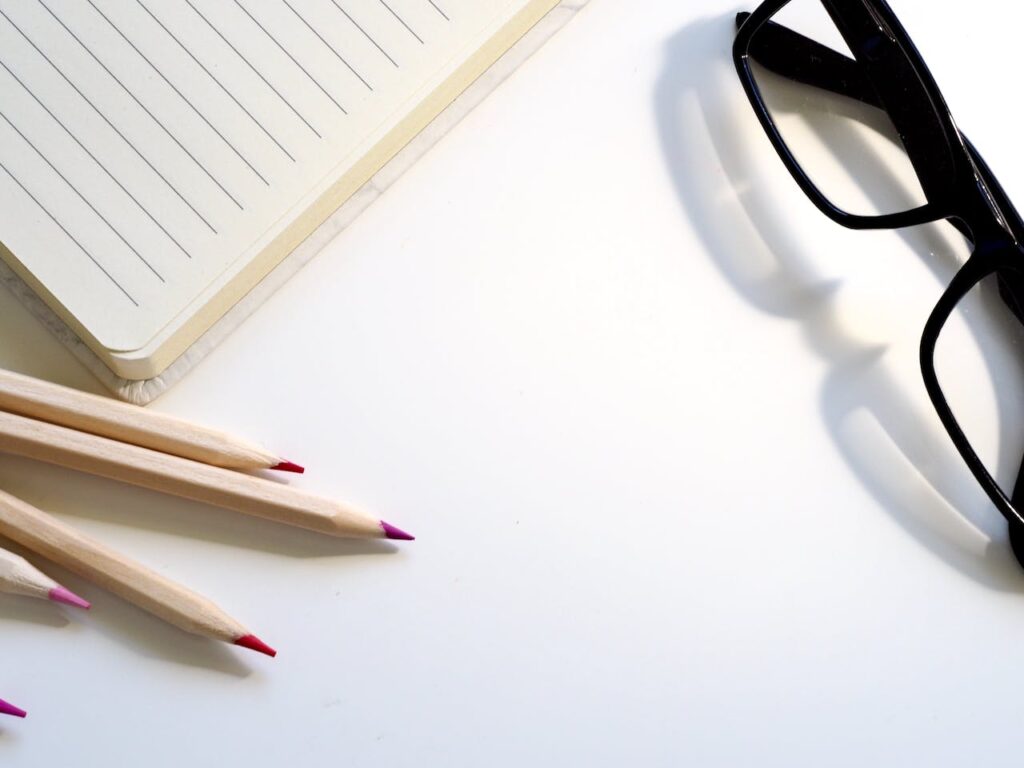
About Amy L. Bernstein
Amy L. Bernstein writes stories for a living. Her ultimate goal with the writing is for her readers to feel while making them think. Her novels include The Potrero Complex; the award-winning The Nighthawkers; Dreams of Song Times; and Fran, The Second Time Around. Her nonfiction book, Wrangling the Doubt Monster: Fighting Fears, Finding Inspiration, will be out in the fall of 2024.
To learn more about Amy go here.
Amy is an award-winning journalist, speechwriter, playwright, and certified nonfiction book coach. She also teaches workshops helping people hone the craft of writing. She loves inspiring others to unlock their inner artist and explore all aspects of writing, publishing, and taking creative risks every day.
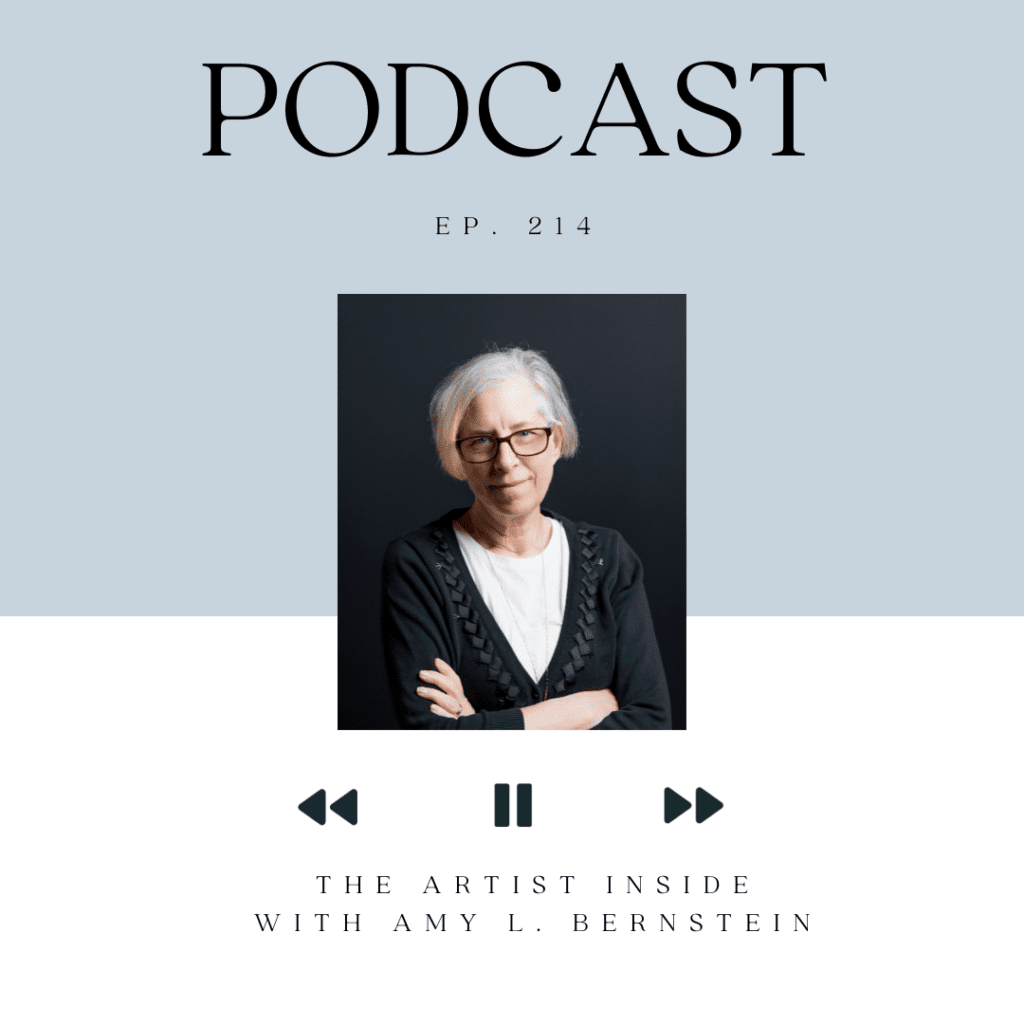
To listen to the entire conversation click below –
For more creative inspiration check out this post with Best Selling Author Alka Joshi.
The conversation is below.
Sue
Hi there today on the show we have got Amy Bernstein here with us. I am so honored and delighted to have you here. Welcome to the show.
Amy
Thank you, Sue. I’m really happy to be here. And I have to credit you with coining a word that I must steal, which is multidisciplinary. Which is exactly what I am. And I was looking for a word for it and you’ve got it. So I’m going to use it if you don’t mind.
Sue
Oh, I don’t mind at all. I love that. And I love that you’re a multidisciplinary in like me. You are a multifaceted writer, author, journalist. It goes on and on. You’ve got another book out. So, and you have another one coming out, I think in 2024, right? So let’s get into the backstory here. How and why you got into this line of work.
Amy
Well, I don’t think anyone goes into being a writer unless they have a deep compulsion to write because otherwise you’re really crazy. You should go find something else to do. But I always tell people that there’s so much I’m not good at. And the one thing that I always seem to be pretty good at was basically writing and sort of analyzing a piece of writing and putting the words on the page. And so, hey, you know, you gotta go with what you seem to be good at. And so that’s what I did.
Sue
I love that. And you’ve done it in so many different capacities, right? I mean, you write books now, but you’ve been in the public broadcast arena as a journalist. You’ve done so many. How are those two different for you? And what were you trying to get out of each, if anything?
Amy
Well, yeah, you know, I love that because looking back now, I can see how the many different forms of writing that I’ve done have all supported one another and helped to deepen sort of each branch of the work. So for example, I was, among other things, yes, I was a journalist, but I was also an executive speech writer. So I was doing a lot of speech writing. And after that, when I decided I had to start writing fiction on my own time, I started writing plays. Well, once you’re writing for the ear as a speechwriter, you begin to understand what it means to write for the stage because you’re writing for the ear for the stage. It’s so fascinating. But then once you start writing long form fiction like a novel, you realize how important it is to structure dialogue in a particular way and pay attention to the beats of the dialogue because I was attuned to the ear. So all these things feed off each other. It’s really fun.
Sue
Mm-hmm. Oh, and I love that explanation. And I so get this, you know, as a journalist and then a creative writer myself, and I’m, you know, writing in different spaces, but it’s so interesting. And then you have that component, like your journalism background, where that’s so technical and concise, and, you know, you have to attribute everything to everyone. And that all has got to play a hand in all of it in just this magical way.
Amy
Well, you know, the journalism comes in really handy for when you have to figure out how to write a really short book blur, a book synopsis, a really, really short one. It’s really helpful to have been a journalist where you know how to kind of string important facts and build a case, build a story meaningfully really quickly. Like you have to have a strong lead and you really have to have strong development and you might have to get it in and out of your story really fast. It turns out that has really helped me. I just taught a course, a two week course I do a lot of teaching. I just did a two week course on how to write a short book blurb. And I realized that being a journalist helped me to figure that out.
Sue
Mm-hmm. And what are some, what’s like a pointer there for someone who needs to learn to get concise? What should they be focusing on or leaning into?
Amy
I will tell you what it is. You need to forget the plot and find the meaning. Because the biggest mistake that people make in trying to write a short book blurb, they think that they need to cram together all the plots of the story chronologically. That’s the opposite of what you want to do. In a short blurb, you need to give the reader the meaning, the stakes, and the impact. really in a really intensive way and that means leaving out a lot of the plot.
Sue
Oh, I love that. That’s so insightful. And, you know, like you say, we, I think people get lost and, okay, well, here’s the bigger story versus what’s that takeaway? What’s the meaning? What are we going to get from, you know, all the ups and downs of your bigger story? I love that insight, Amy. Now, okay, talk to us about, you know, the work you do now is you are helping creative people, your teaching and coaching writers. So let’s talk about…
this like as a writer.
Amy
This, you know, yeah, I never could have predicted that I would take this turn. I’m a certified book coach, which means I went through a really rigorous program to acquire, to sharpen some skills I already had and acquire some tools and really sharpen my knowledge so that I can help other authors on their journey to being published. And in a nutshell, unlike, whereas an editor tends to focus mostly on the text, A book coach is really focused on the author. So I work as an accountability partner and I help the author to see the big picture of her project and really help to sharpen that vision and make sure that there’s a great structure in place, a strong why for the book, and that the writer is really connected with the meaning of the book and who the reader should be. So there’s a lot of steps involved in doing this and my goal as a book coach is always to help that author really become the best writer that they can be and fulfill the strongest vision they can for this particular book. I’m not going to write it for them. I’m really going to help you on your journey so you can do it the best that you can.
Sue
Mm-hmm. And what guidance do you have? Because I feel like, you know, I hear so often people, oh, I want to write a book. I got to write a book. I’m thinking about this book, but they don’t do it. So what’s that practical guidance for that person who’s on the fence and hasn’t taken the leap yet?
Amy
Sue
And what are the tips for getting that structure in place? There’s got to be some practical guidance there.
Amy
there’s a lot of practical guidance and people who hire me get that guidance. But, but, um, seriously, I, I do have tools, um, that help us step through a kind of a blueprint, um, for how to essentially make meaning in a book. Um, and because a lot of people think that if they just write, you know, with the popularity of things like nano, uh, RIMO, you know, the November writing month, um, people tend to think that if they just get a lot of words on the page, they’ve,
accomplish something. And I understand that feeling of accomplishment if you’ve disciplined yourself to put words on the page. But in reality, that’s not what the project is about. You have to really find the meaning and the flow and the logic and how one scene moves to another, how one chapter moves to another, that sense of inevitability that you have to build into a book. That takes a lot of time and careful thought and planning. And it’s not just about counting words.
Sue
Mm-hmm. And you know, this idea of like kind of weaving in and out, that’s such a it’s interesting. I was talking to a journalist friend of mine, you know, how news writing, how you kind of write in and out of the bites and all of that and putting, you know, words to pictures and have your nap sounds and all of these different things. What are some just practical tools? I know I keep asking you this and I know they got to pay for the like that all the real juice.
Amy
They’re really good stuff.
Sue
But just give us some practical guidance for that person sitting at home who wants to kind of, you know, start honing their craft.
Amy
Yes, well one of the things that you could that anyone could sit and do on their own quickly just for a starting point is to imagine writing the book jacket for your own book. And so when I say that it’s usually about um usually about three paragraphs that’s on the back of the back of the book. And what that usually does is it’s going to give the reader a window onto the story but it’s really going to emphasize the stakes. You know who is what is the protagonist really want and need. What are the obstacles that keep her from getting it? And how does she win in the end? That is a simplification of what goes into the book jacket. But the other thing about the book jacket is you need a hook for the book. So you need that kind of that sharp one sentence that’s gonna help that reader go, oh, this is interesting, I wanna read this. Like they have to get the idea, the big idea quickly. So if you have a book in mind and you haven’t even started it yet, one way to get yourself thinking about what is this book? What is this thing I wanna write? is to try to imagine writing your own book jacket copy so that you’ve come through this whole process and you’re showing the reader, here’s what this book is and here’s what’s so fascinating about it with maybe a teaser at the end. So that is an exercise that people can try.
Sue
Great practical guidance there, Amy. I love that. I mean, you are practicing what you preach or embodying it for sure. I just, I love all of that wisdom there. Now talk to us. You have this book that’s coming out at some point, 2024, Wrangling the Doubt Monster, right? I love that title. And you, with the work you’re doing, you’ve got to be confronted
Amy
Mm-hmm, yes.
Sue
the so often, right? The doubt, the overwhelming doubt. So again.
Amy
This is, yes, this book is such a labor of love. The full title is Wrangling the Doubt Monster, Fighting Fears, Finding Inspiration. And this book grew out of my conversations with writers, book coaches, and other creative friends that I have around the world who are all struggling with, am I good enough? Am I talented enough? Can I do this? You know, do I, I have imposter syndrome. Who am I to think that I can pull this off? And this is a universal condition. And my premise is that we cannot set aside doubts. We cannot banish them, but we can accommodate them and still go on to do our best work. And so this little book, which I hope is going to be sort of the book that everyone gives as a gift to every creative person in their life, really is meant to inspire and remind creative people that they’re not alone. in feeling doubt and self-doubt, deep self-doubt. And it’s not a how-to. There are many wonderful how-to books out there. This is more of the kind of book, you keep it right by your side and you would dip into it to remind yourself, oh, I can write, I can make textiles, I can paint, I can bake, I can step into my creative identity despite my doubts. And so it’s for everyone who feels that way.
Sue
I love that. Can you give us a little nugget from the book? Like a little for someone who’s sitting at home downing right now, a little inspiration for that person.
Amy
Actually, I have a little, we didn’t even plan this, I have a little snippet. So the book is a couple of short essays and then a lot of it is inspirational in the sense of almost prose poems, but I don’t wanna put people off into thinking, oh, poetry, oh. It’s not really like that because I’m really speaking so directly to you, the self-doubter, in a very focused way that I think it’s gonna connect. So I can read you an extremely short little piece. Okay, so here we go.
Sue
I would love that.
Amy
What a shapeshifter doubt is. It has been called a stone, a thorn, a cloud, a stampede, an enemy, a killer, a voice, a seed. Doubt may be all of these things and none of these things. You are the giver of names. You are the maker of labels. You call a thing what it is for you. And doubt? Call it anything at all, mergatoid or peppermint. Whenever you name, you may control.
Sue
Oh, I love that. That was powerful. That is really amazing. Now talk to us about inspiration. What do you do personally as a writer? You know, as writers, it seems like the well is just it runneth over. You know, it really does. I personally don’t find that I’m ever without things to write about. But what is it like for you and what do you do to stay inspired?
Amy
What’s really helped me a lot is I wrote a couple of books intensively over a couple of years, novels, and I realized I started layering in essays. And I absolutely love that form of writing because you get to explore an idea and reflect on things that are going on in the world around you and going on in your own head in ways that you’re trying to connect with other people. And there’s a lot of instant gratification for essay writing is because essays are relatively short. I mean, obviously there are very long form essays, but I’m publishing on Substack right now and I’ve published a great deal on Medium. And these are relatively short pieces. You can read them in three to five minutes, generally speaking. And there’s so much joy in thinking through an idea and then sharing it, having people say, oh yeah, that’s right. You’re right, that resonates with me. So on Substack, for example, my newsletter, Doubt Monster, which is very much tied to the themes in the book, really explores so many facets about doubt and creativity. And I interview some really amazing authors and reflect on a lot of aspects about doubt. And it’s fun to just mine that material and always find something new to say. So I find that’s a great way to balance out fiction because you use sort of a different part of your writing brain.
Sue
Mm-hmm. And it’s so it’s almost like journaling and so therapeutic in ways, right? Amy (15:16.239)
Yes, except that journaling, I think of journaling as you’re writing really only for yourself, for your inner voice. Whereas with an essay, you really wanna connect with external readers and have them sort of nod in recognition. So you’re kind of reaching out across the universe in a way and saying, I’ve thought this, does this resonate with you? Have you thought this too? I’ve wondered this, have you wondered this too? And it’s wonderful when people respond like they, yes, yes I have.
Sue
That is beautiful. I love that. And now, do you have a morning routine? Do you have a morning? Do you have the same time of day you write? What does that look like for you?
Amy
No. I mean, I know we’ve all read the legends about like, well, I mean, both some writers who aren’t famous to it, but the famous writers who are, you know, writing from 5am to 9am, and then they break and then they come back. No, no. I have so many different competing deadlines, both for my newsletter, for the courses that I’m teaching, things that are self-imposed for fiction, or whatever it is. I have a lot of work for book coaching clients. I have chapters to review. provide feedback on. So I basically am at the point where I force myself to snatch time when I can. Today is a perfect example. I had a couple hour window today between this interview and something earlier this morning and I did use that to work on fiction. So for me it’s catch as catch can right now.
Sue
Mm-hmm. Oh, I love that. And, you know, let’s talk about the craft of writing. Do you find, because you’re working on so many different kinds of things, right? And you’re tapping into different forms and genres and things even. So how does that work for you? Is there something that you find more productive versus the other, or can you just kind of go from one to the other?
Amy
I find that I am going from one to the other, but if you would ask me at some point in the past, could I, I would have said, probably not. And then if you would ask me, should I, I probably would have said, probably not. But I find that it’s intellectually refreshing. We use our brain in different ways for different kinds of writing. And so when I’m writing fiction, I literally feel different than when I’m working on an essay. I can’t even explain it, but my synapses are firing differently. And so I’m giving one part of rest while I’m working with the other. And when I’m reading, for example, chapters and revisions of a client in their book, you know, I have sort of a different set of sort of intellectual filters on for that work as well, including my therapist hat, which is very important as a book coach. So yeah, I mean, I am going around and I find that I like the variety.
Sue
And now, you know, touching on something you said as a book coach, this idea that it’s really hard. So I would imagine that kind of, I love the candidness there and being upfront and letting people know that. But that’s got to be helpful for you because it weeds out a lot of the ones who are maybe not going to take it so seriously.
Amy
Yeah, this is tricky because I believe that every person should take creative risks and pursue whatever creative passion calls to them, no matter what that is. And by the way, this applies to entrepreneurs and people in business as well, because that could be intensely creative. But I also believe in tough love and being real about it. And so you’re not helping someone. If you fail to set expectations or give them a window onto realistic expectations, I mean, many people think they’re just gonna write something and then go get a literary agent and get a publishing deal. That’s just not the way this world works. It just is not. And it’s better to have that dose of reality so that if this is truly your passion, you’re driven by it because you wanna do the work, not because you’re just expecting a certain outcome. So I think it’s important to be real about it.
Sue
Oh, I so appreciate that insight there. Because I think not enough people and, unfortunately, you know, so often, I think even coaches are, you know, Oh, hey, yeah, come on, I can help you. You’re going to get there. You can do this versus, Hey, what am I dealing with here? Can I actually get this person the results they’re looking for? So I think that’s so empowering to kind of lay that out there up front. I think that’s great for people to have that. Now talk to us about the creative process and this idea of creating, you know, this, like you say, it’s not just for writers. Like everyone should be tapping into creativity in some way.
Amy
I really believe that what’s happened in, let me speak to American culture because it’s the culture that I know, because the culture I grew up in. In American culture, we have really severely devalued the exploration and sort of not goal oriented process of finding your art for lack of a better term. And that art can mean any endeavor that’s just creative, it’s something you invent, it’s an experience you invent, it’s a work you invent. It’s anything that’s coming out of that playful, creative side of you, where you make something where it didn’t exist before. We devalue that in our culture. First of all, we’re virtually not teaching art or music in schools anymore. So kids are not getting as exposed to it in that way, as makers, they’re getting exposed to it through things that are made and fed to them through YouTube and TikTok and so forth, but as makers. And you know, because art is not necessarily about It’s about the journey and not the goal much of the time. And so, but we’re very goal-driven and very success-oriented in this culture and making art can sometimes be the opposite of that, but intentionally and should be. And I really strongly believe that adults need to rediscover the artist in them and find ways to pursue that and feel really positive about it and not feel embarrassed or ashamed. And I think that’s difficult, but necessary.
Sue
Mm-hmm. And God, I think that’s just so profound and so well put, you know, in this idea of being the maker versus like this some outrageous end goal of what we’re comparing it to, you know, the journey creating the art versus trying to be something to be desired, you know? So Give us, talk to us about reading. Cause I know that’s a lot of times I think people who want to be writers, miss that part of writing.
Amy
Yes, it is amazing to me how many people say they want to write a book, but they don’t read for pleasure like at all. If you want to write a book, you must be a reader first, because you need to see how books are put together. You need to see how authors use dialogue and tell stories. You need to learn how to analyze some of that. And also for me as a lifelong reader, you know, as a kid since whatever the age of four or five, I’ve been a reader, you need to get into your kind of your, your muscles and your blood, what books are like, what’s a book like? Because once you’ve got that kind of ingrained, because you’ve read a lot, like for me over decades and decades and decades and decades and decades, right, reading lots of books. something can seep in that helps you then become a creator of something like that. But if you don’t read, if you don’t see how books are put together, you know, one thing that’s happening right now is a lot of younger new fiction writers are taking their cues from TV, from series, and they’re going off to write books that are, and I’m going to, I am generalizing here, that are incredibly sort of superficial and just not very… particularly interesting or well put together because they’re stringing together plot lines that they may see on a TV show, but they don’t read books. And it’s not the same thing. You need to be a reader to be a writer.
Sue
Mm-hmm. And like you say now with the world changing the way it is with social media technology, they’re also not connecting with other people. I mean, the books we read as kids, right? From the experiences and conversations and playing in the creek and the things we were doing that were so visceral versus trolling on, you know, TikTok now. or some like, you know, booty shaking, like dance or something. And yeah, it’s just
Amy
You’re right that the isolation of younger kids and the lack of socialization, that’s going to have a direct hit on the future writers because a lot of fiction is a lot about relationships of all kinds. And you have to experience relationships to write about them. So yes, I think you’re right. I think that’s a very interesting dimension that we’re living through.
Sue
Yeah. And you know, this idea of the way we experienced relationships is so different. There was this level of connectivity and intimacy that just isn’t there anymore. I mean, I personally, and I think that was the case for you, had to pick up the phone. I mean, I grew up before the internet. When I was in high school, there was no internet. It came around right like my senior year. Right? And it was so different.
Amy
Mm-hmm. Yes.
agree. No, I agree. And you know, this could change literature in wonderful ways in over time. But I’m much more worried about AI and what that’s going to do. But we let’s not get to an entire conversation about that, perhaps. That’s a whole show, right? I’m concerned about that influence. Because I think that there’s never ever a substitute for human ingenuity and what the human brain can come up with. But yes, I agree with you that they’re definitely going to wait for some shifts for sure.
Sue
Yeah, I was going to ask you about AI. I, as a writer, find it freaky.
Amy
Yeah, yeah, I do too. Yeah, I don’t, we’re already split into camps, aren’t we? I am right now, I’m not even allowed it into my browsers, into my search engines, which I could, they’re giving you the option of doing that, and I’m not doing that. And that’s my choice. The truth is, eventually we won’t have a choice. Like some next big upgrade of whatever browser you’re using is automatically gonna be sort of AI oriented, and we won’t have a choice. But for now, I am not a chat GPT user, for example. I know many, many people are and are enjoying it and are getting something from it. I’m just very old fashioned and I would really rather let my brain do the work.
Sue
I’ve loved that and it’s so necessary and you are becoming more of an anomaly, I think. We are, you know?
Amy
Yeah, yeah, we’re gonna we’re gonna we’ve already we’re already losing the battle. We are going to lose the war, but I guess I can hold out as long as I as long as I wish to.
Sue
Right, as long as you, well I don’t know if it’s as long as you wish to, right? It’s as long as you can.
Amy
Well, I didn’t get on Facebook until, by choice, I didn’t get on Facebook till, I wanna say, maybe 2015. I just wasn’t interested. And then I only did it for sort of work-related reasons. So yes, I am one of those, you know, I did hold out.
Sue
Mm-hmm.
Yeah, same here. I mean, you know, it’s in the beginning, it was such a novel idea and I was on there. And then I, after a year or two, I was like, this is not my thing. And so I deleted my Facebook and now I’m back on there for work, you know, but that’s kind of the extent of my Facebook usage. Now talk to us about. Can you give us some insight into because.
Amy
Yeah.
Sue
You know what I think is so cool, Amy, about you is that you touch on different types of writing because a lot of times people are just in that one space, right? They write nonfiction and that’s what they do and that’s how they write and focus. But you’re able to toggle back and forth. How are the two different? What do you as a writer getting out of one versus the other?
Amy
Right. Well, in fiction, my mantra is kind of like, I refuse to pick a lane because I’ve written a crime thriller, I’ve written romance, I’ve written fantasy. I’ve kind of been a little bit all over the map. And for me, it starts with the story and how does the story need to be told? And I don’t really worry about the genre except that you have to obey certain rules of a genre in order to keep a reader engaged. And honestly, some people have complained about a couple of my books. I mean, yes, I’ve gotten good reviews, but people have also played, well, you know, I don’t know, is that really a romance in the end because it’s a paranormal romance and it’s really kind of far out there and it’s a little bit mystical and maybe because the lovers aren’t clenching at the end, maybe some people felt like that didn’t deliver on the romance trope. But, and because in my mystery thriller, I like things that are not tied up neatly with a bow. So it ends more on a question than on a completely solved murder. But, you know, I’m going to write what I’m going to write. And, you know, at the end of the day, that’s what’s going to keep you motivated.
Sue
Right. And you know, and I love this and this so resonates for me. I know on your website there was a thing and I say something similar all the time. It’s one of my kind of go to lines. But you say telling stories that let you feel and make you think. And one of my things I always say is I like to provoke thought and evoke emotion.
Amy
that’s almost as if we’re saying the same thing like these two only you got that cute little like assonance in there like so the words like or evoke each other but um yes uh yeah i think i mean i read books that make me think and those are the books i like the best um so yes i think we see we see eye to eye on that
Sue
Yeah, and I will and I love the fact like even like you say with your stories, you like kind of leaving them hanging, which is so unexpected. And I know a lot of times people want that happy, glorious, like, you know, finish and finale and the happy ending. But I think there’s so much to be said for leaving you wondering.
Amy
Yes, yeah, because life is messy and art doesn’t always have to give us the answers, right? Art can raise questions for us, new questions or old questions in new ways. And so, you know, we’re also accustomed now to sort of serial TV watching where, you know, we binge the thing and goes through its episodes and then it comes to like a really firm, hard, at the end of the series, it’s done, like really, really done. And they don’t tend to leave us hanging. But in books I like a book to raise questions, and it may not answer all of them.
Sue
I love that. And are you? sometimes leaving them hanging with the Maybe idea or thought of a sequel or something does not enter your brain
Amy
You know, I’m not a sequel, I’m not a sequel gal, at least let me never say never, right? But I’m not a sequel gal now, because by the time I’ve worked my way through a book and that world and those characters, I feel like I’ve rung from it everything that I can. Now I have so much respect for people who write great series that keep readers hooked book after book after book. I think those folks have such an extraordinary level of dedication and immersion in their world. And because I’m doing so many different things, it’s sort of not the way I kind of run my life. I think it’s amazing that they do it. It’s probably not my style.
Sue
Mm-hmm. So now tell me, Amy, what is some practical guidance you can give to young aspiring writers? What can you tell them?
Amy
Right. You’ve got to be patient with yourself and with the writing process. We live in an age of immediate gratification and even with things like NaNoWriMo and this notion that I’m just going to write this book in 30 days and that’s just great. It’s just that’s not the real world. Writing a book is something that requires a lot of time, patience, and more to the point there’s a lot of revision involved and you have to have a mindset that It’s not a done and dusted situation. So if you’re starting out to write particularly a novel, have patience, be willing to be in it for the long haul, have really believe in your story and in finding the absolute best way to tell it, and be true to your reader and to yourself. Those are some of the North stars that you really need to pay attention to.
Sue
Oh, I love that such practical guidance there. So a couple of things, first and foremost, you’ve been so awesome and so insightful and I loved picking your writer brain right now for 30 minutes. And I love that we, there are so many things we kind of just see eye to eye on. So that was cool for me, but I just, it’s always such a delight talking to writers and learning how they go about things and see the world. So. Just wanna thank you so much for your time today and everything you’ve shared.
Amy
Sue, it has been a pleasure. I’ve loved the conversation and I really appreciate that we had this opportunity.
Sue
You are so awesome. Now, you’ve already said so many amazing things, but in closing, if there were just one message, your hope for everybody, what is that closing message?
Amy
Find your inner artist, let him or her them out, and live your fullest life through the art that you know that you can make.
Sue )
Oh, I love that. That is such a powerful close. Amy, you’ve been so wonderful. Thank you so much.
Amy
Thank you, Sue.
Sue
Thank you.

